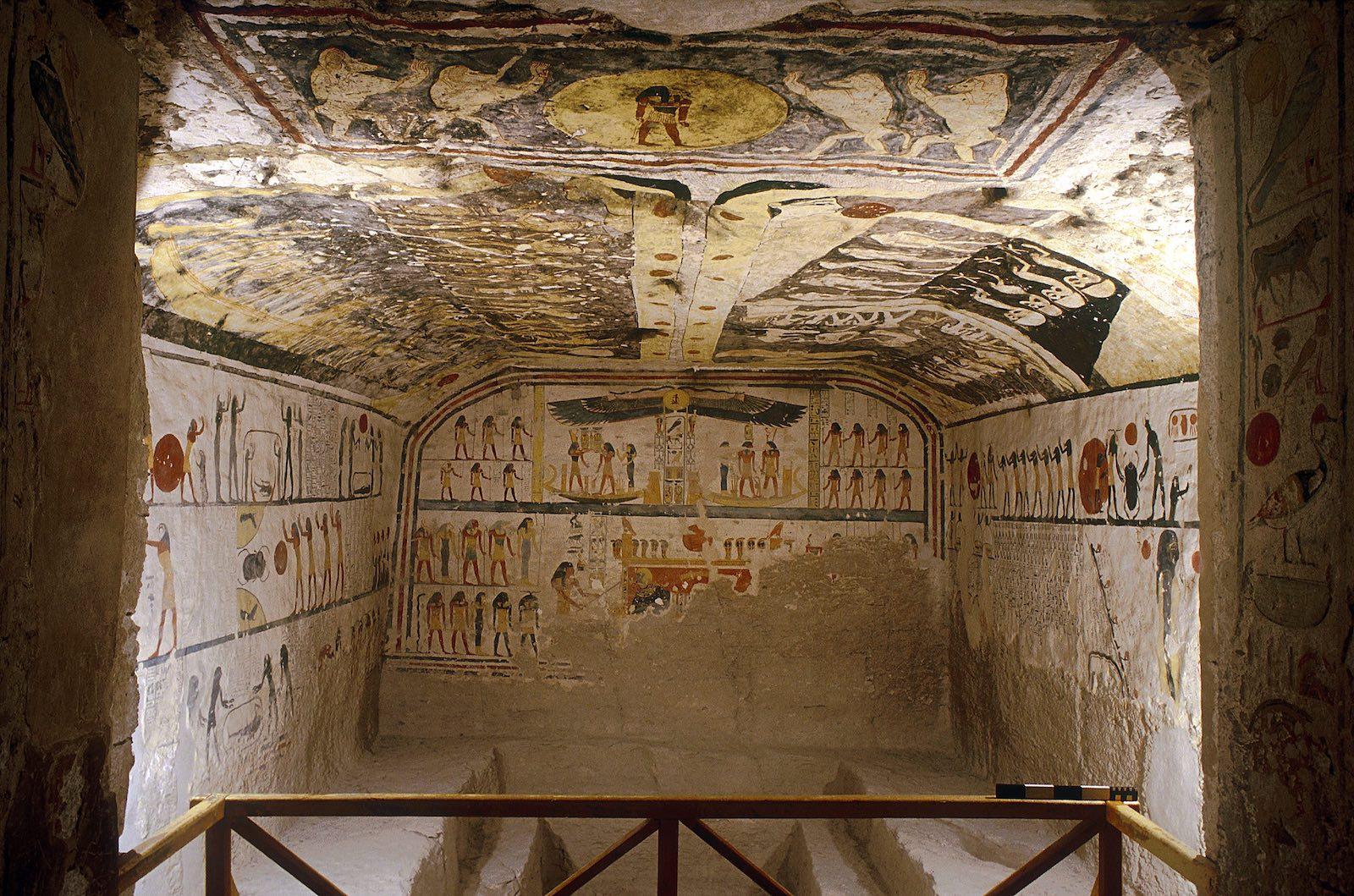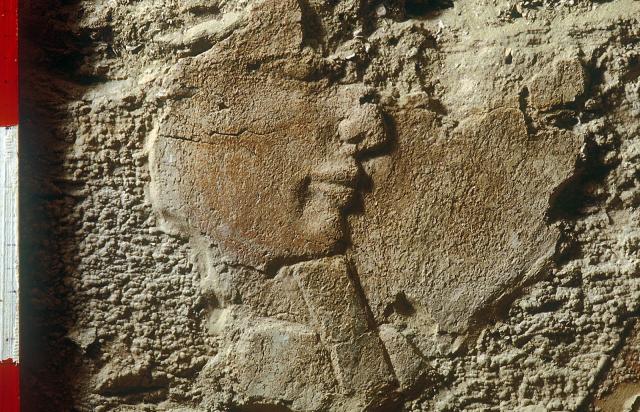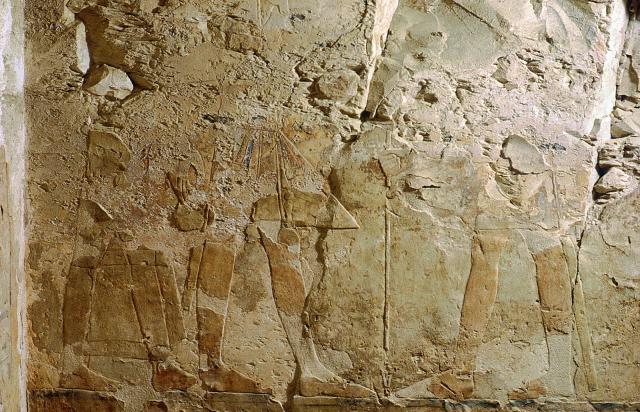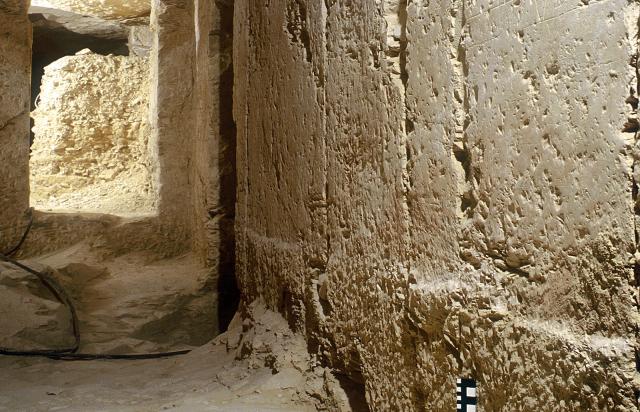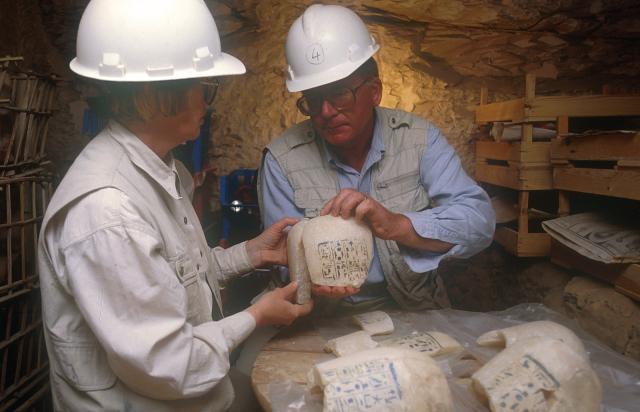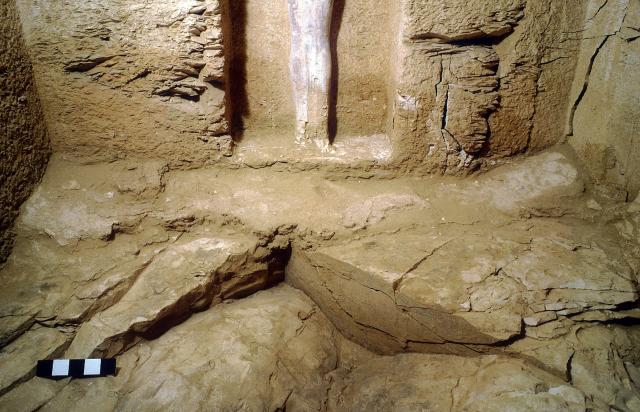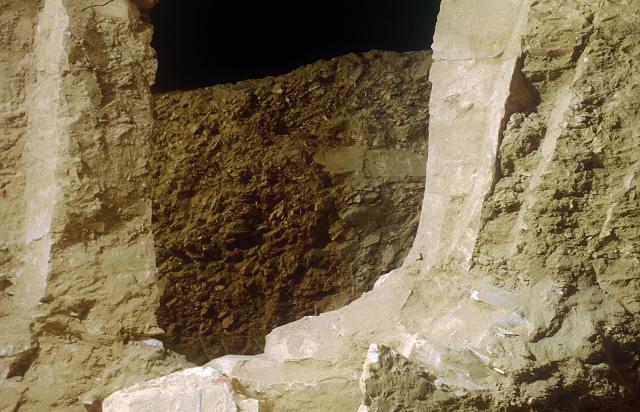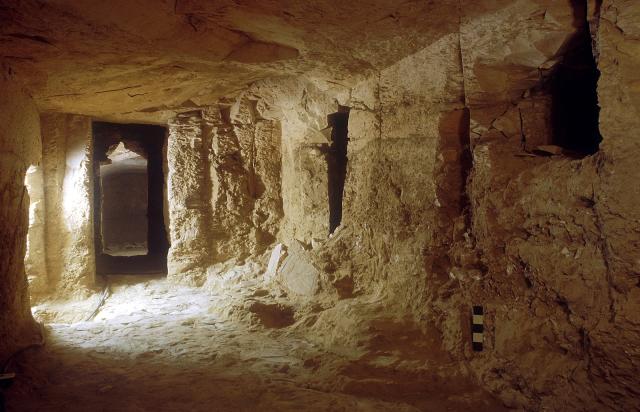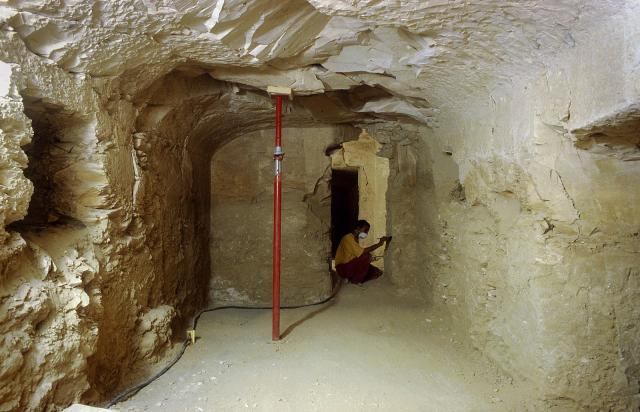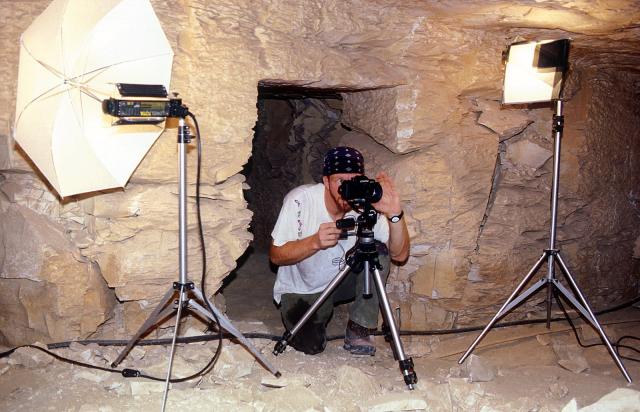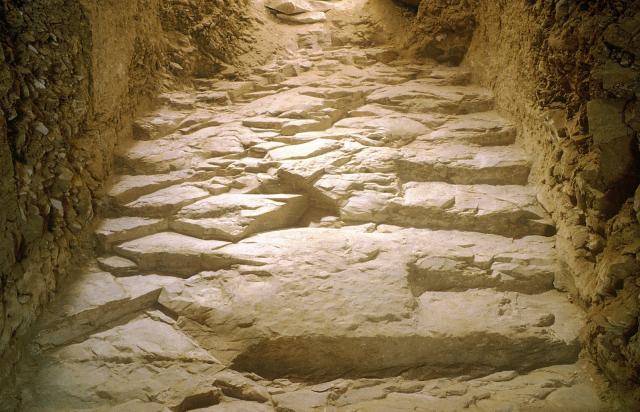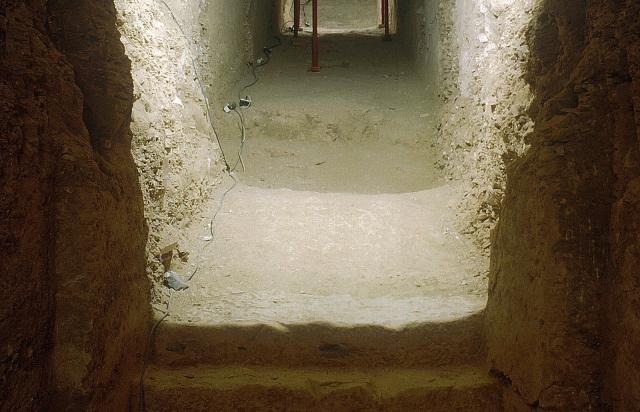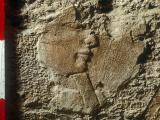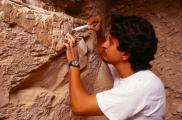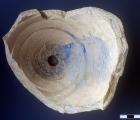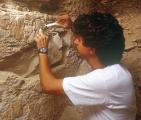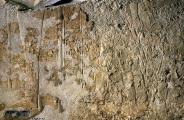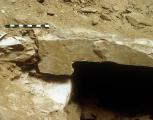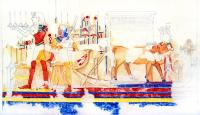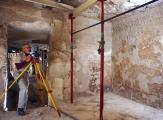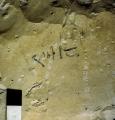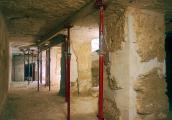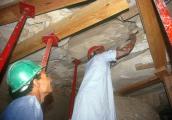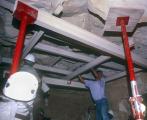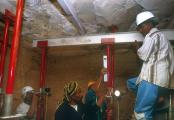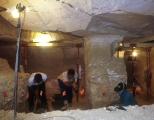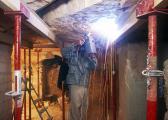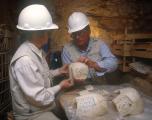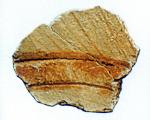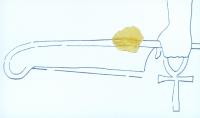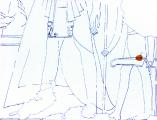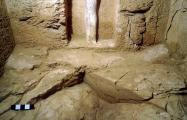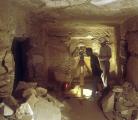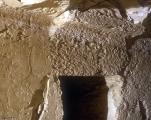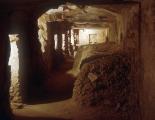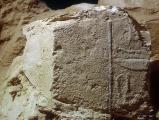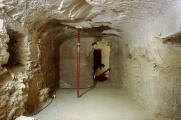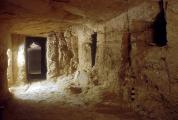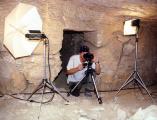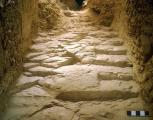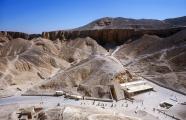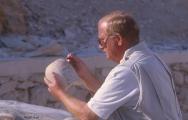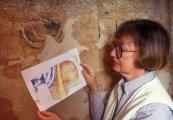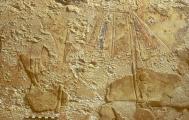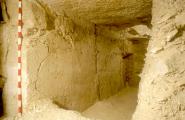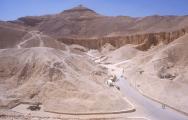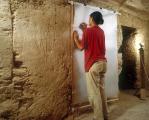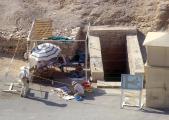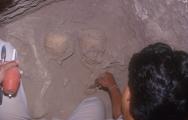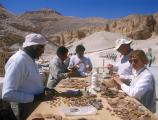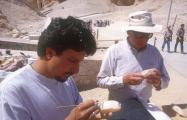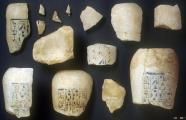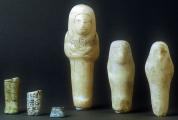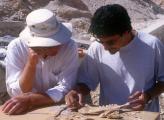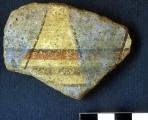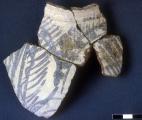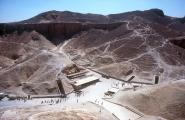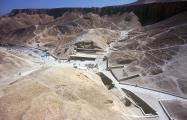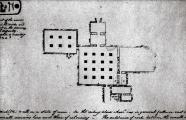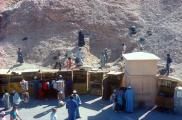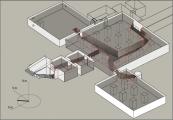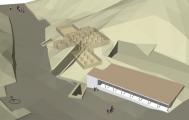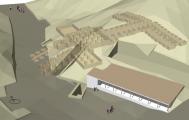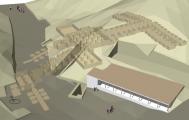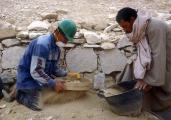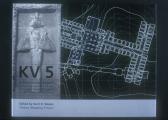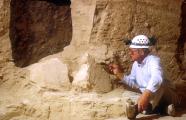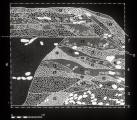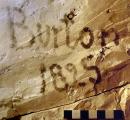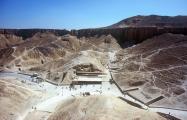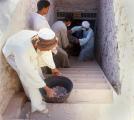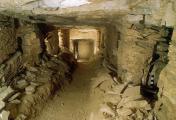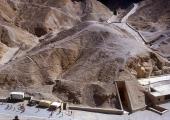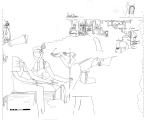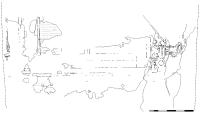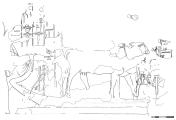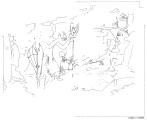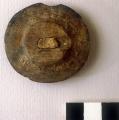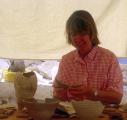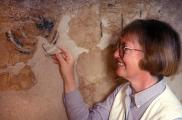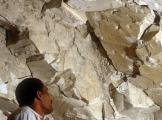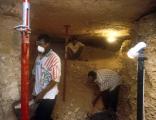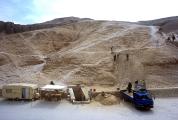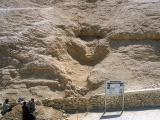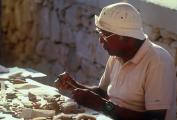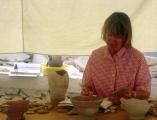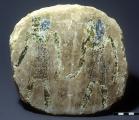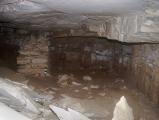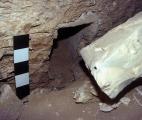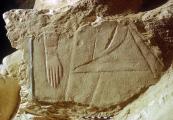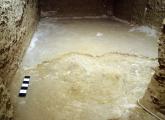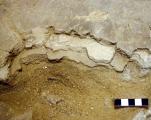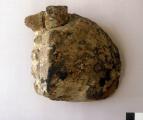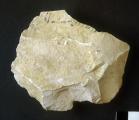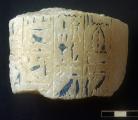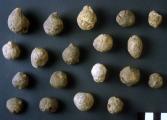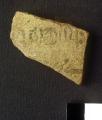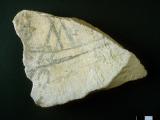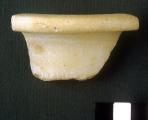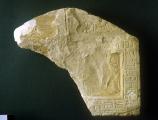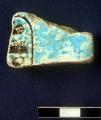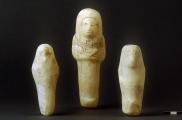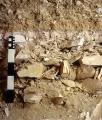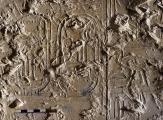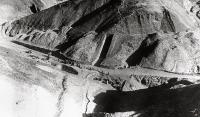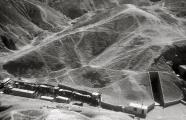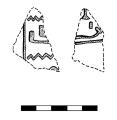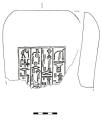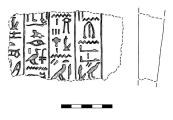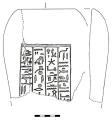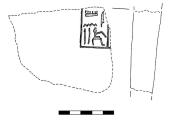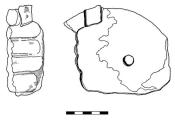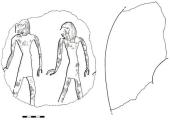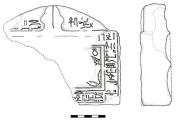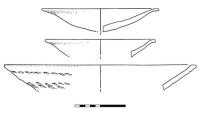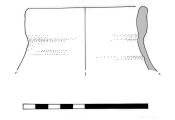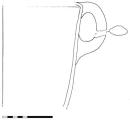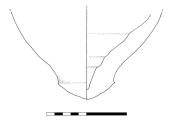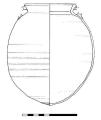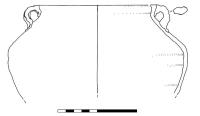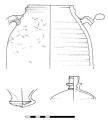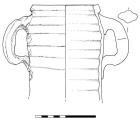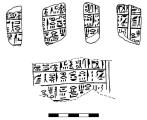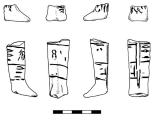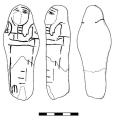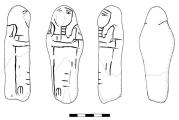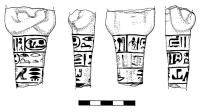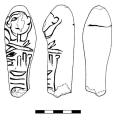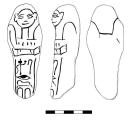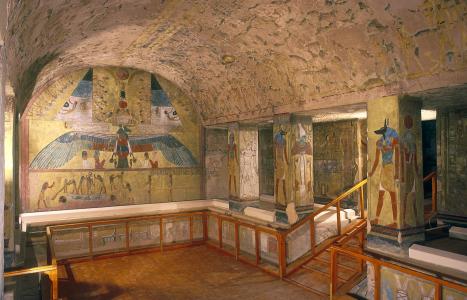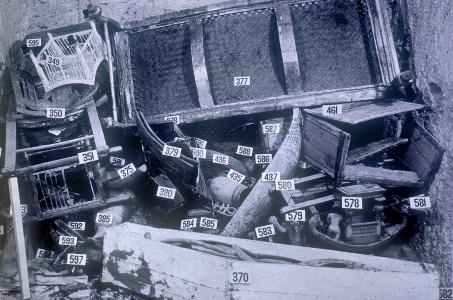KV 05
Sons of Rameses II
Gate 01
See entire tombThis is a deep gate, recut 20 cm (8 inches) wider in antiquity by removing part of the left (northeast) inner jamb. It is now 1.23 m (4 feet) wide. The left reveal bears traces of cartouches of Rameses II; on the left thickness is a figure of Ma'at. The entryway stairway continues into the gate and there is a door pivot hole in the ceiling of chamber 1 indicating that this gate was to be closed by a single-leaf door opening inward.
Chamber 01
See entire tombThe floor and ceiling of this chamber are level. Before it was cleared between 1980 and 1990, the chamber was completely filled with flood-borne debris except for a channel, about 50 cm (20 inches) wide and 40 cm (16 inches) high, dug through the top of the fill by James Burton in 1825. In 1988, it was discovered that the walls of the chamber were decorated with scenes of Rameses II presenting his sons to various deities. The names and damaged figures of two sons, Amenherkhepshef and Rameses, are preserved on the front (northwest) and right (southwest) walls, respectively. The ceiling has been damaged in recent years by heavy vehicles that parked on the roadway above and in front of the tomb and by a leaking sewage pipe laid over the tomb entrance in the 1960s.
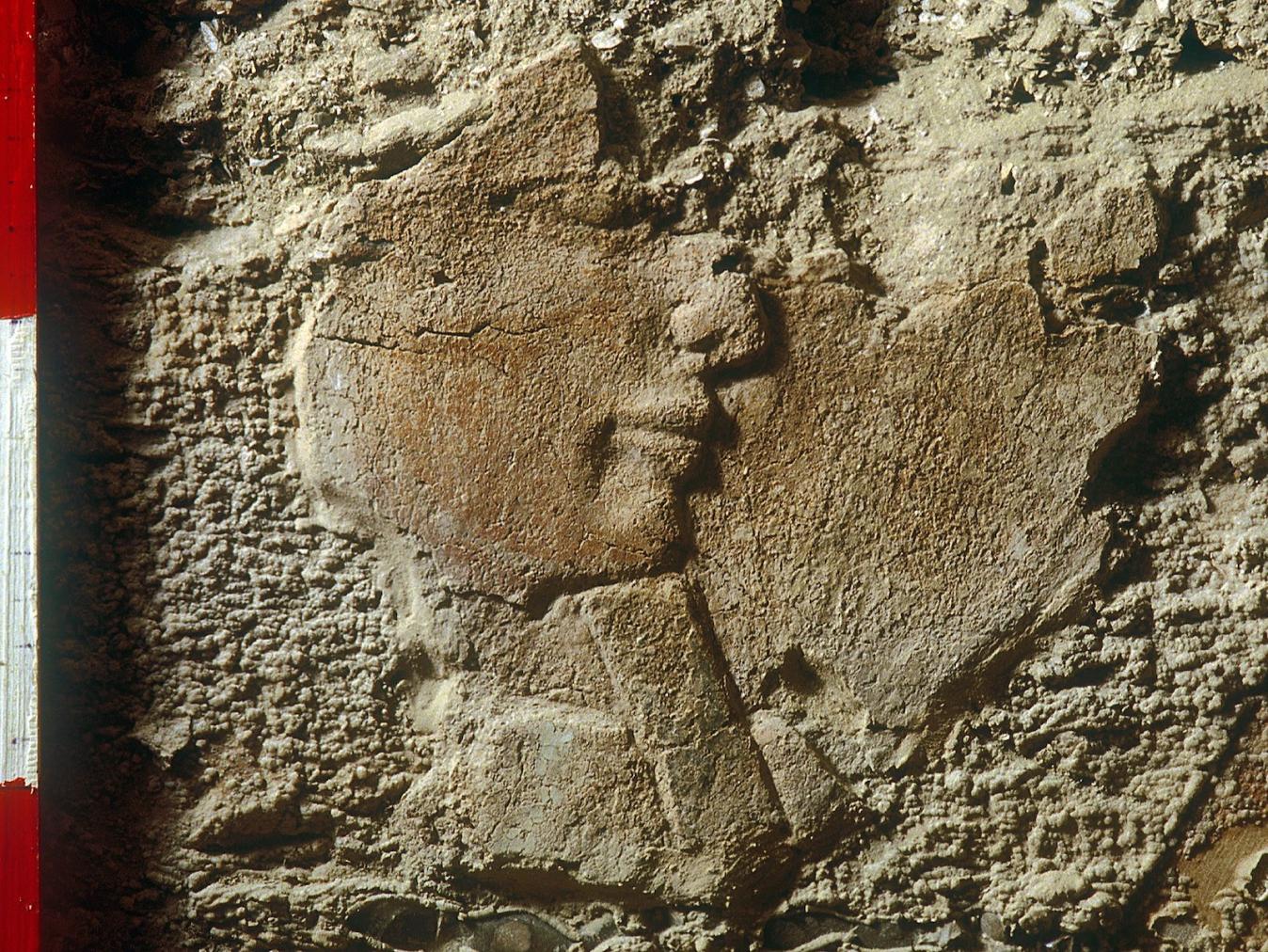
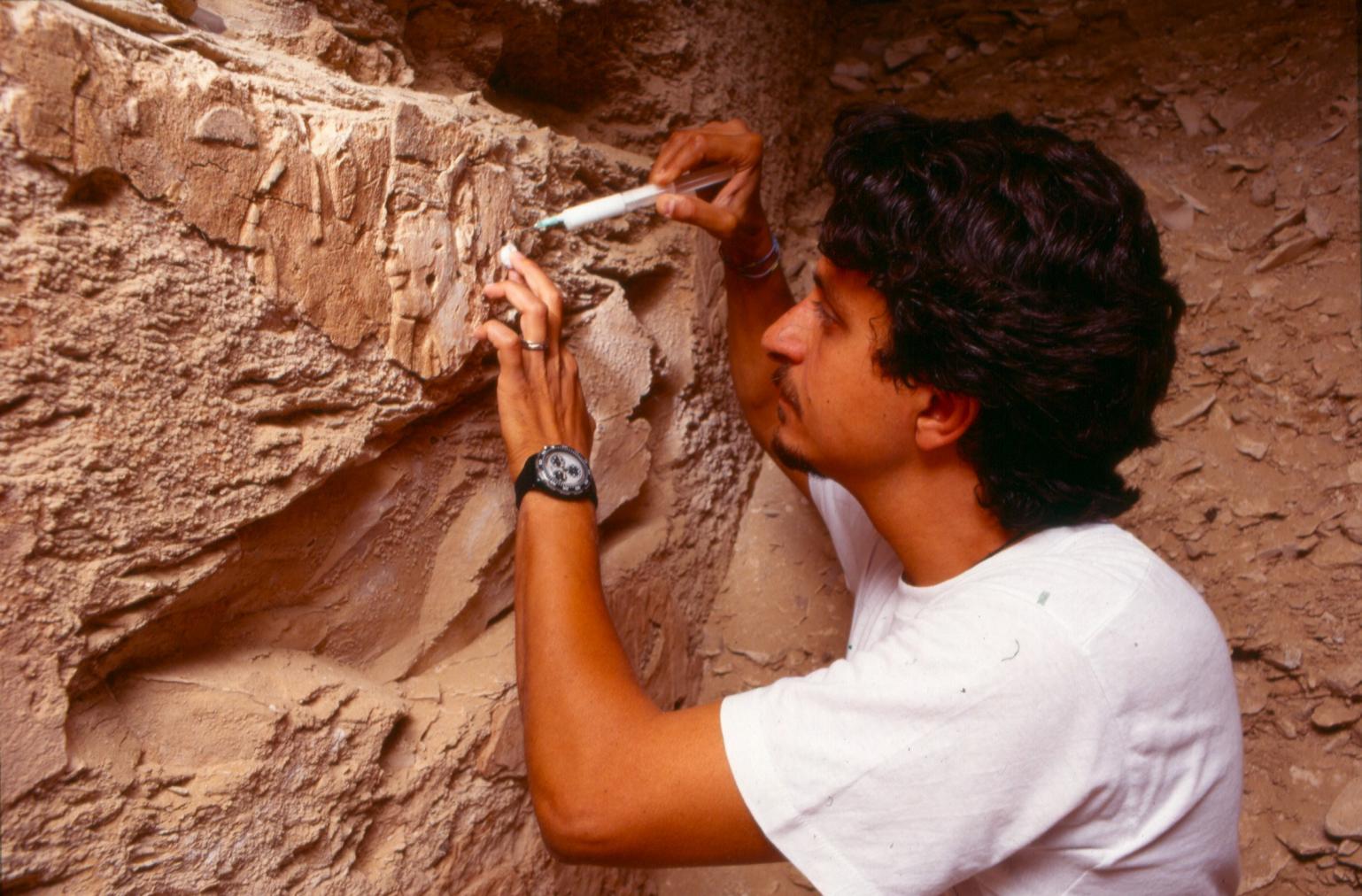
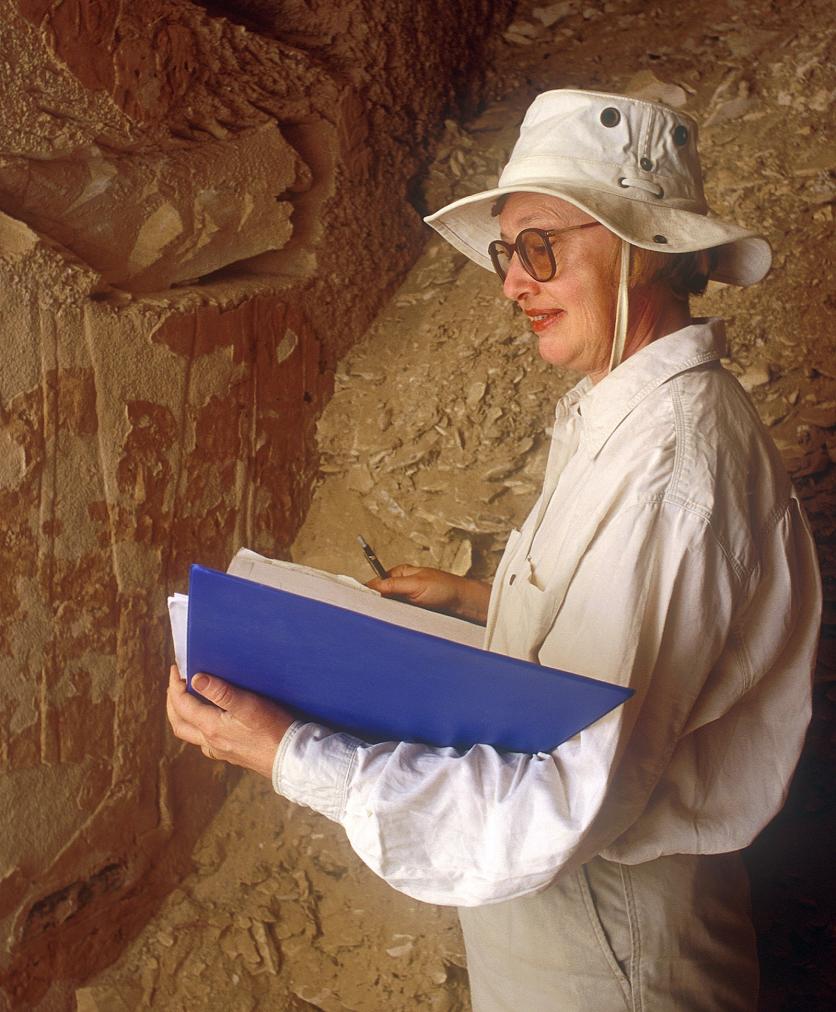
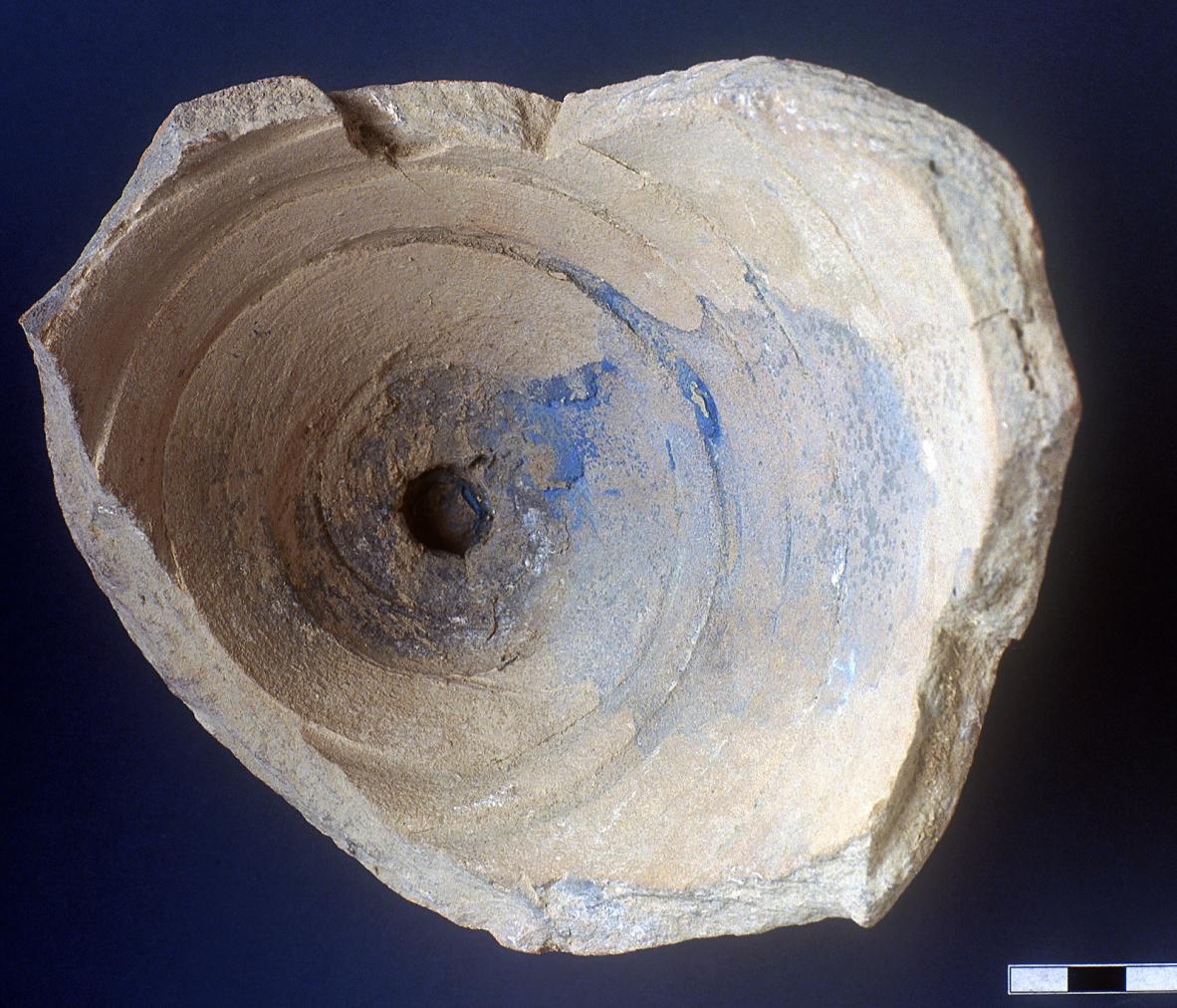
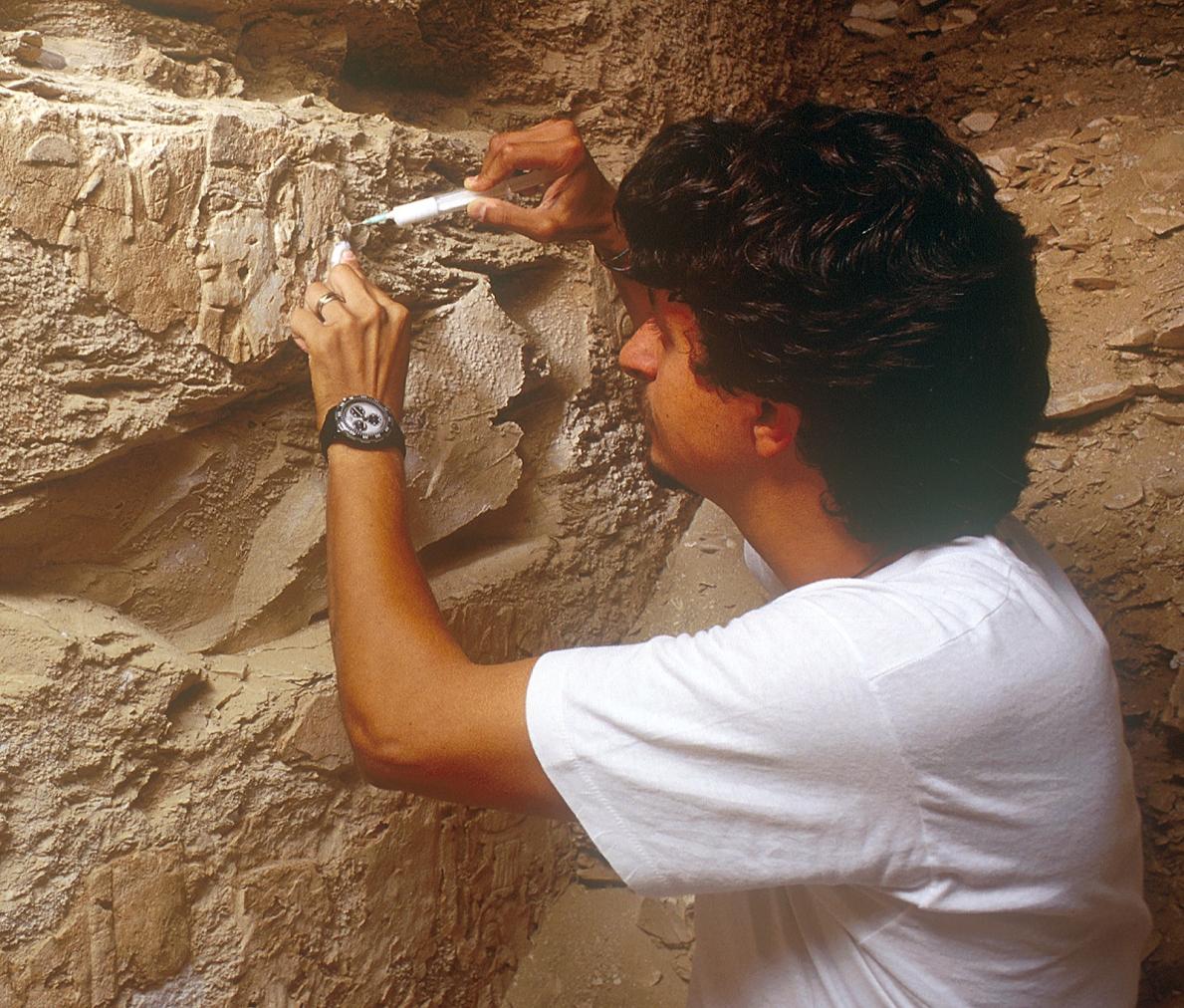
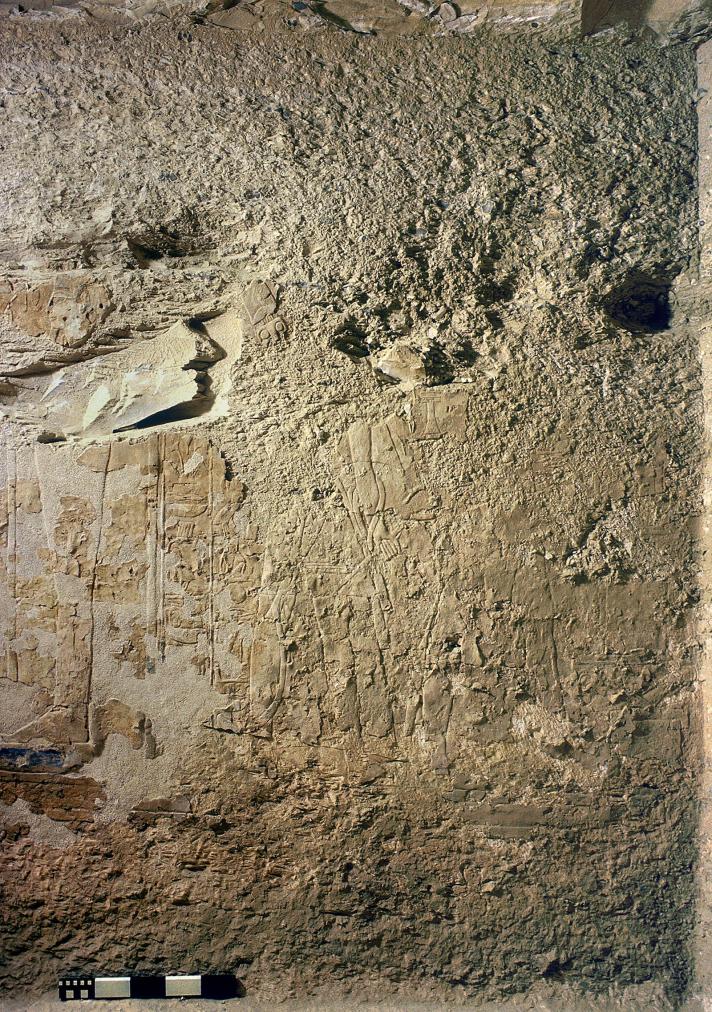
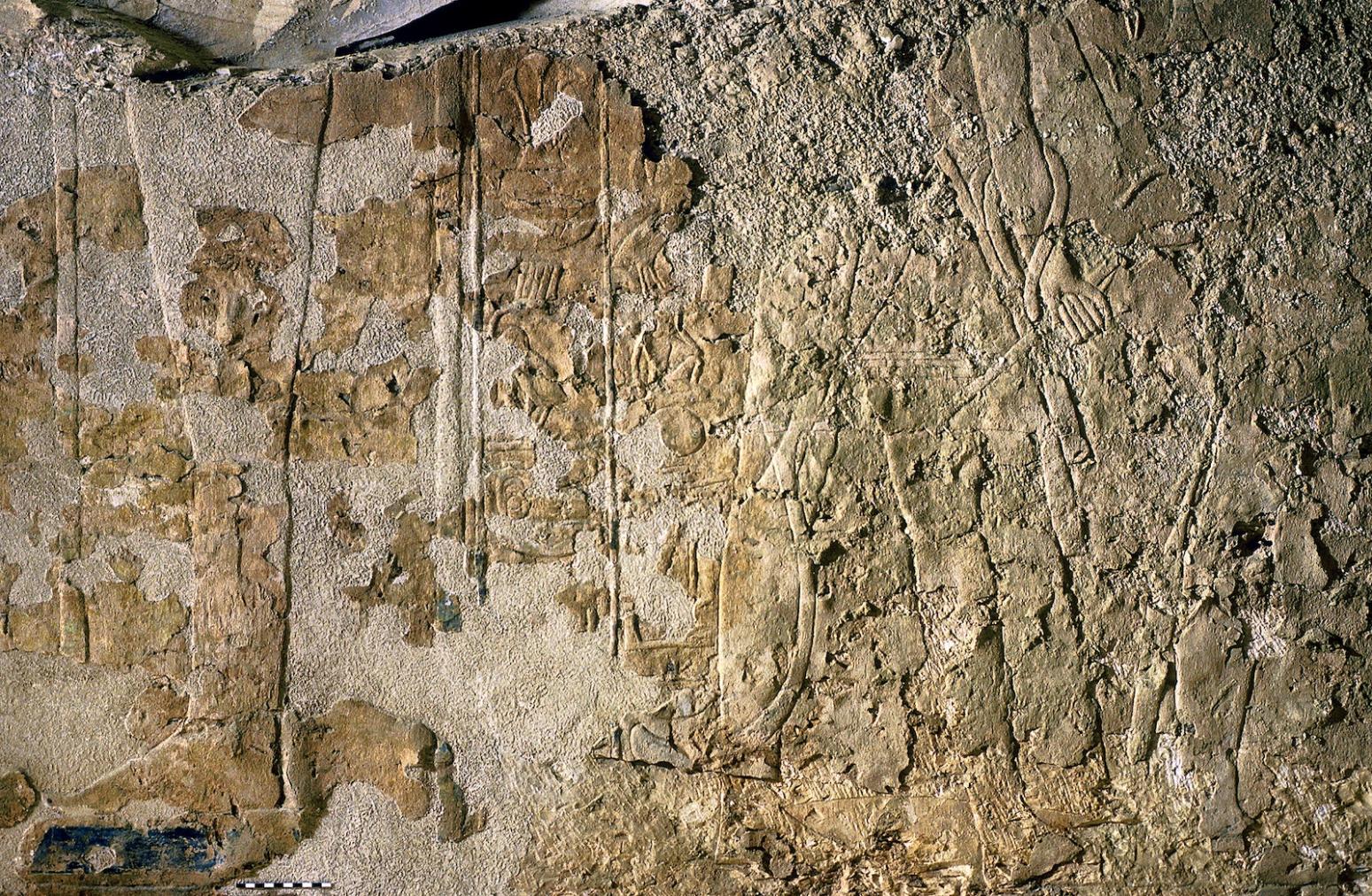
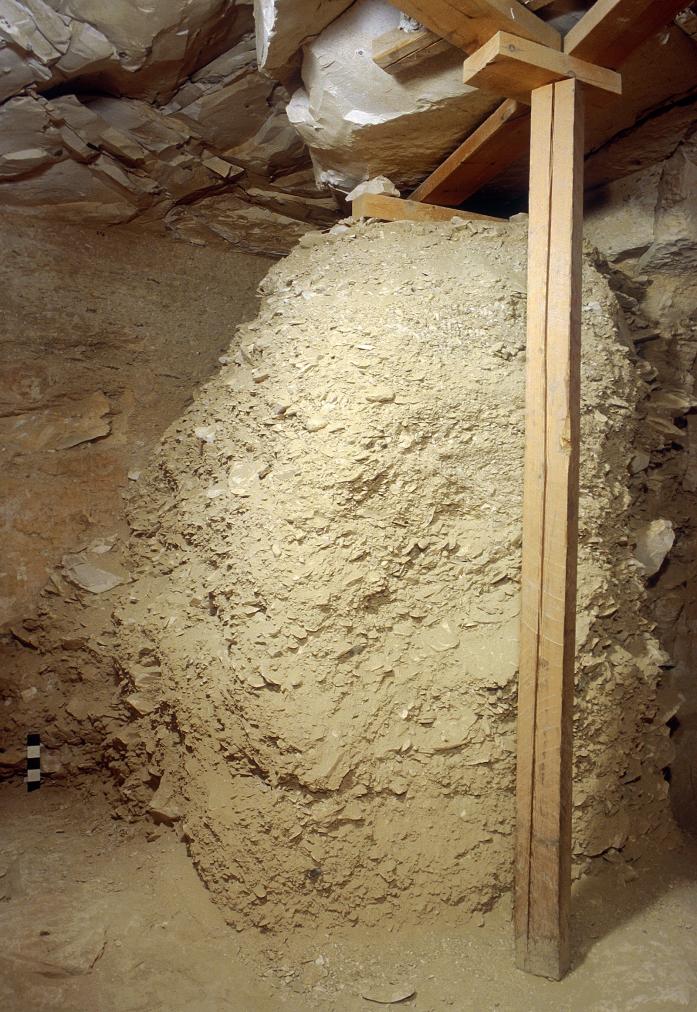

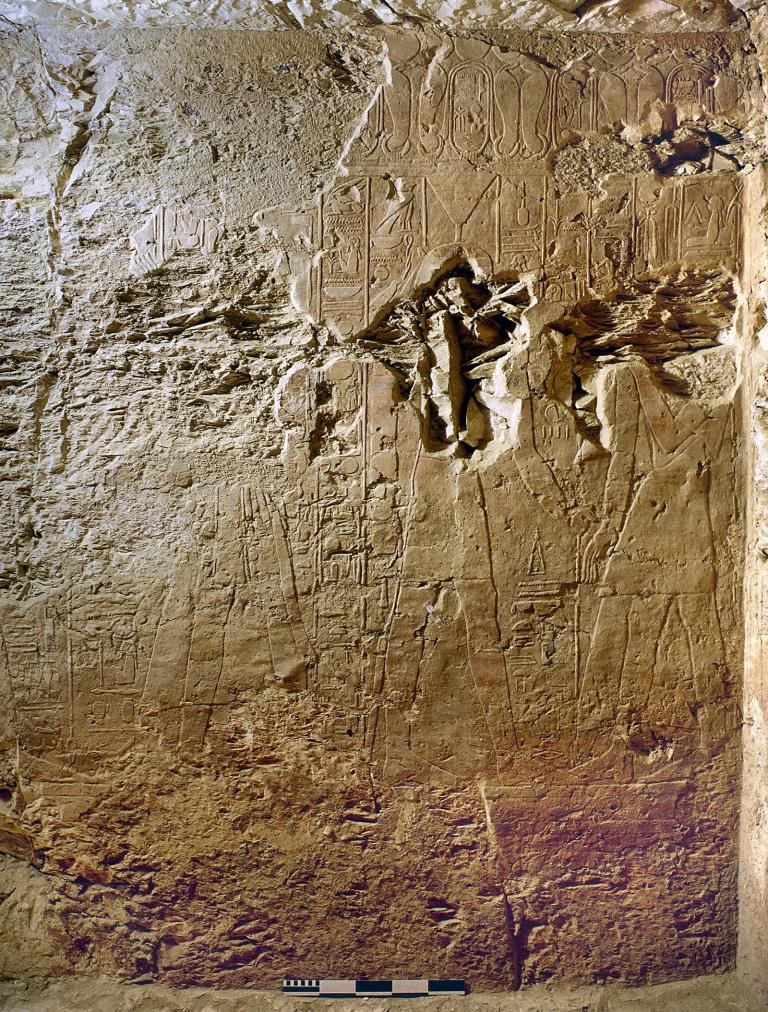
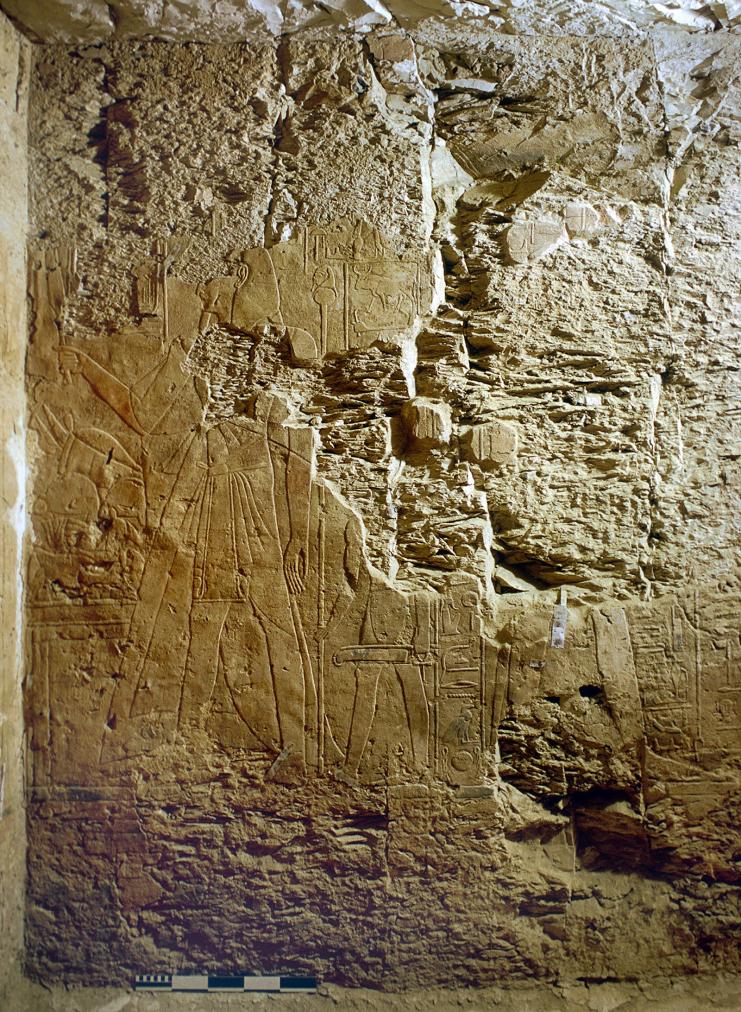
Gate 02
See entire tombLike gate 1, gate 2 was also recut, made about 20 cm (8 cm) wider by cutting away the right (southwest) jamb. There is a pivot hole in the ceiling of burial chamber 2 indicating that this gate was meant to be closed by a single-leaf wooden door.
Chamber 02
See entire tombChamber 2 is slightly smaller than chamber 1 but similar in plan. Its walls are decorated with scenes of Rameses II and unidentifiable sons offering to various gods. It is possible that chambers 1 and 2, and perhaps the front half of pillared chamber 3, together constituted an original Dynasty 18 tomb later usurped and enlarged by Rameses II.
A long, narrow pit was cut into the floor and extended the length of the chamber's front (northwest) wall. A narrow ledge-0.15 m (6 inches) wide on the northeast side, 0.09 to 0.12 m (3.5 to 4.5 inches) wide on the southwest-was used to hold limestone sealing blocks, one of which-1.01 x 0.49 x 0.09 m (40 x 19.5 x 3.5 inches) thick-is still in situ. There originally were six such blocks.
At the southeast end of the pit is a shelf, 0.52 m (20.5 inches) below the floor of chamber 2, 0.52 m (20.5 inches) long, 0.78 m (31 inches) wide, perhaps intended to hold a canopic chest. Three adult male skulls, a nearly-intact adult male skeleton, and a haunch of beef, all originally mummified, were found in the pit. None are necessarily original to the pit. Traces of decoration remain on the northwest wall of the pit, showing Hathor and the name of the god Anubis. All the walls were decorated with representations of Rameses II, accompanied by one of his sons, in front of various deities.
Chamber plan:
RectangularRelationship to main tomb axis:
ParallelChamber layout:
Flat floor, no pillarsFloor:
One levelCeiling:
Flat
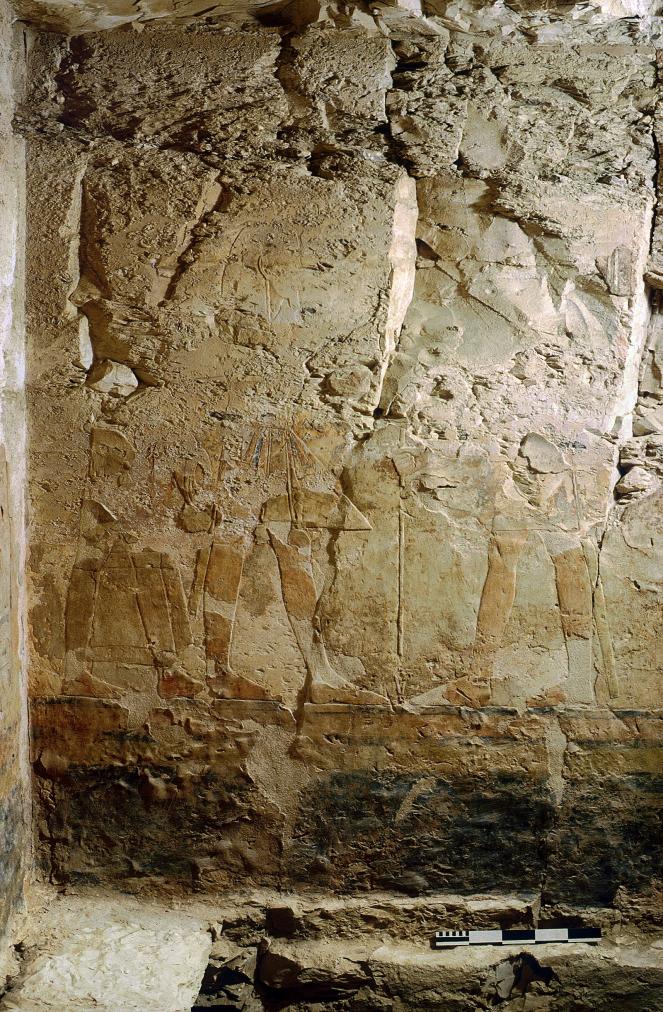
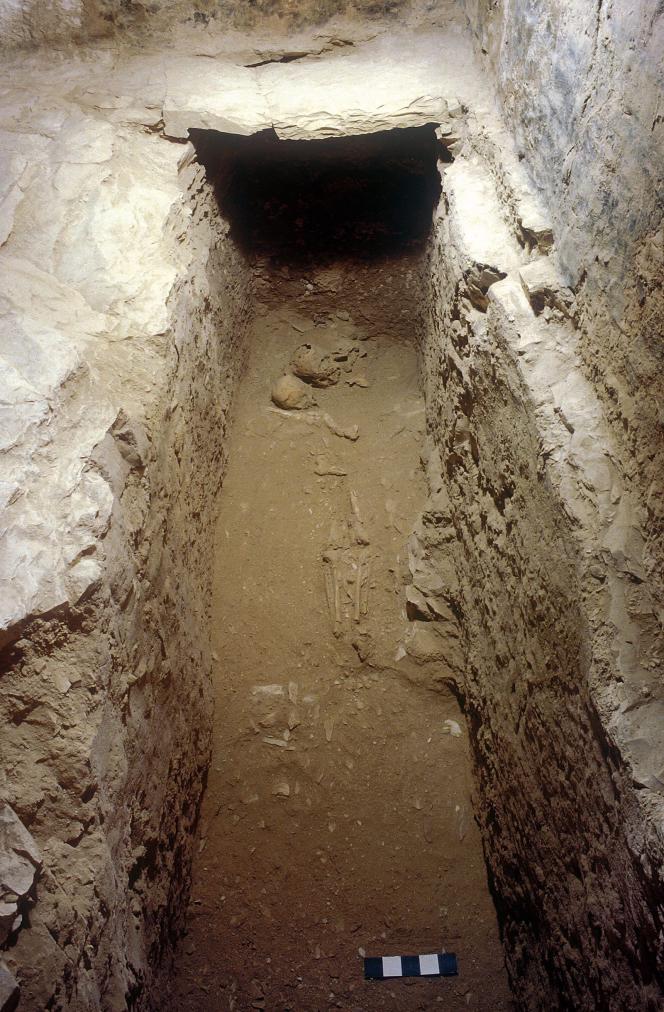
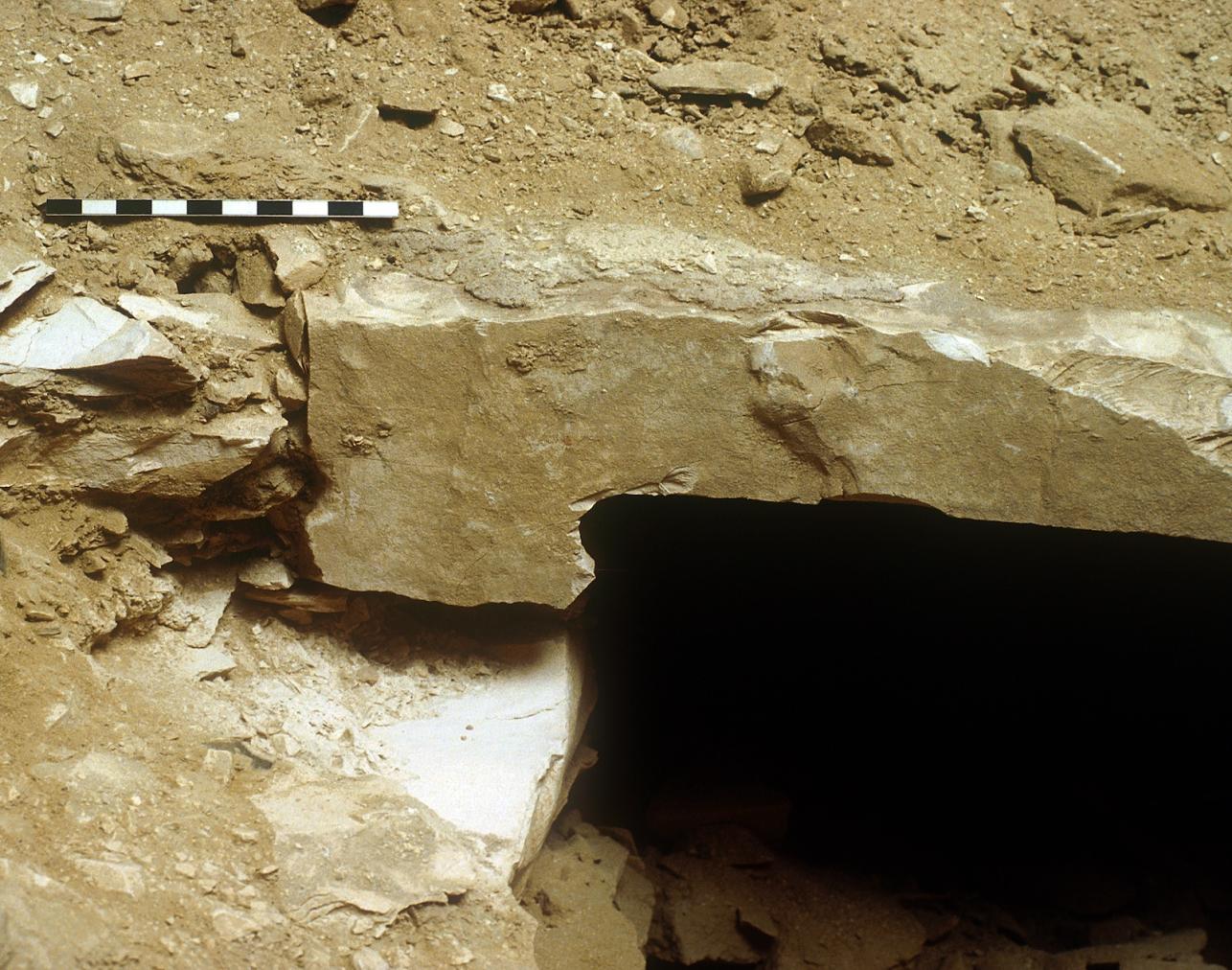
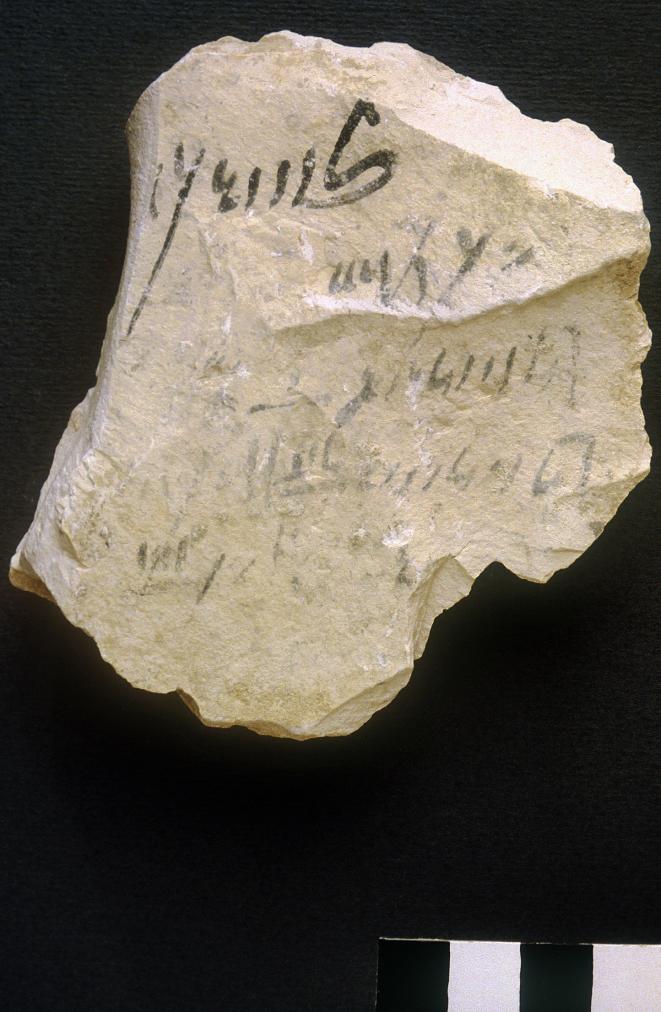
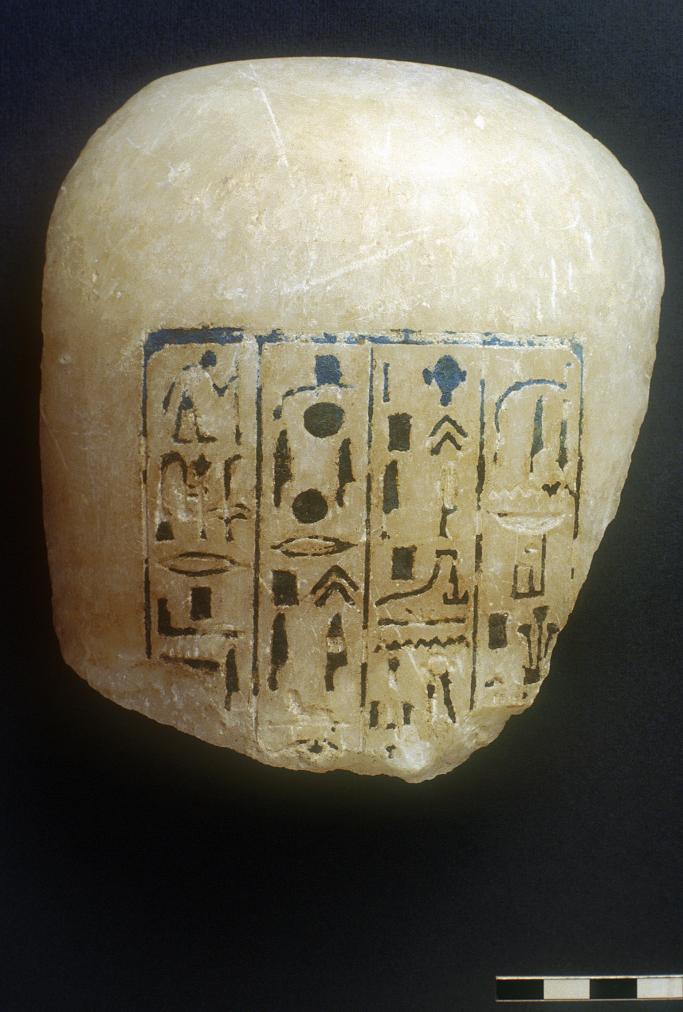
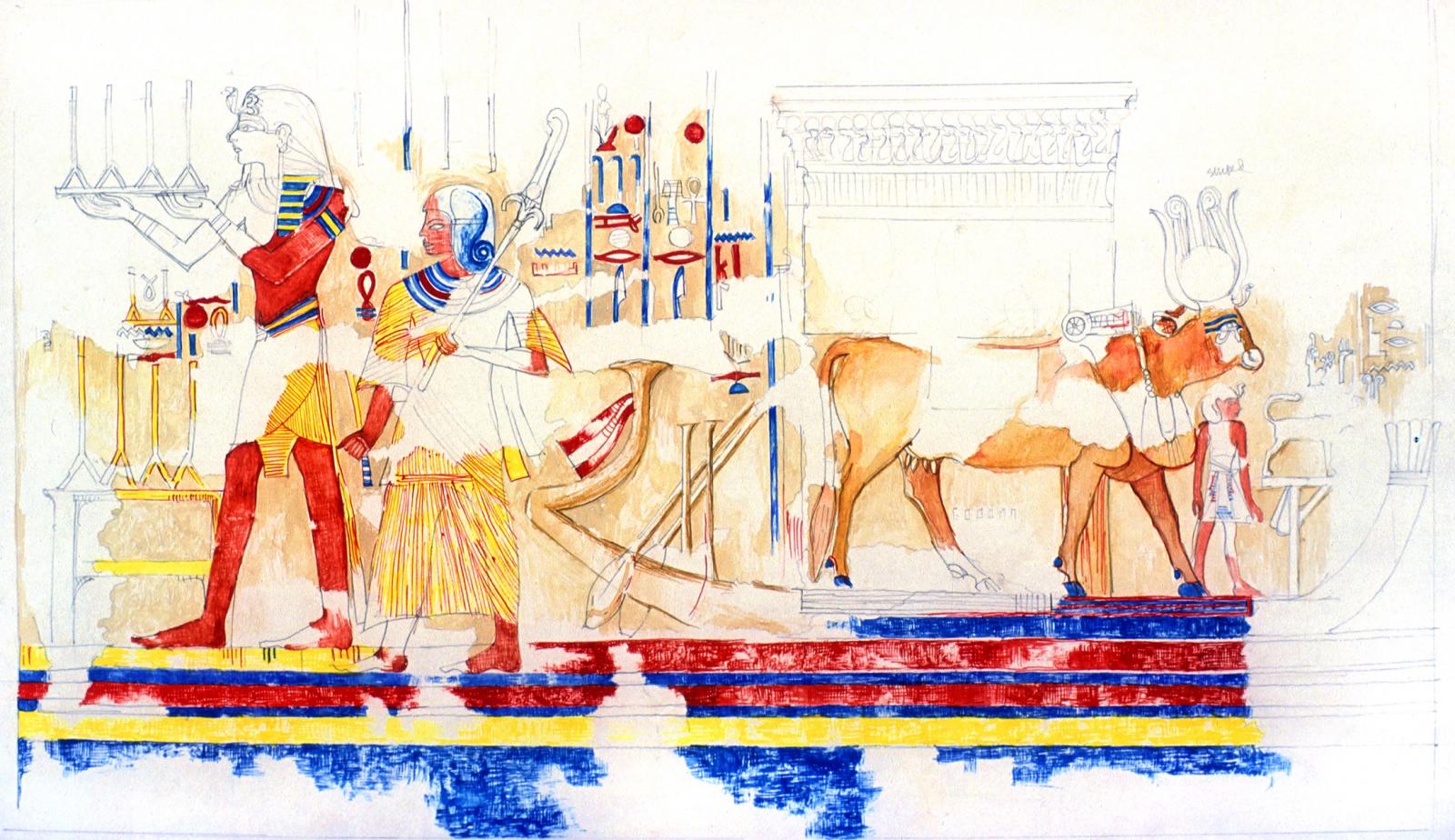
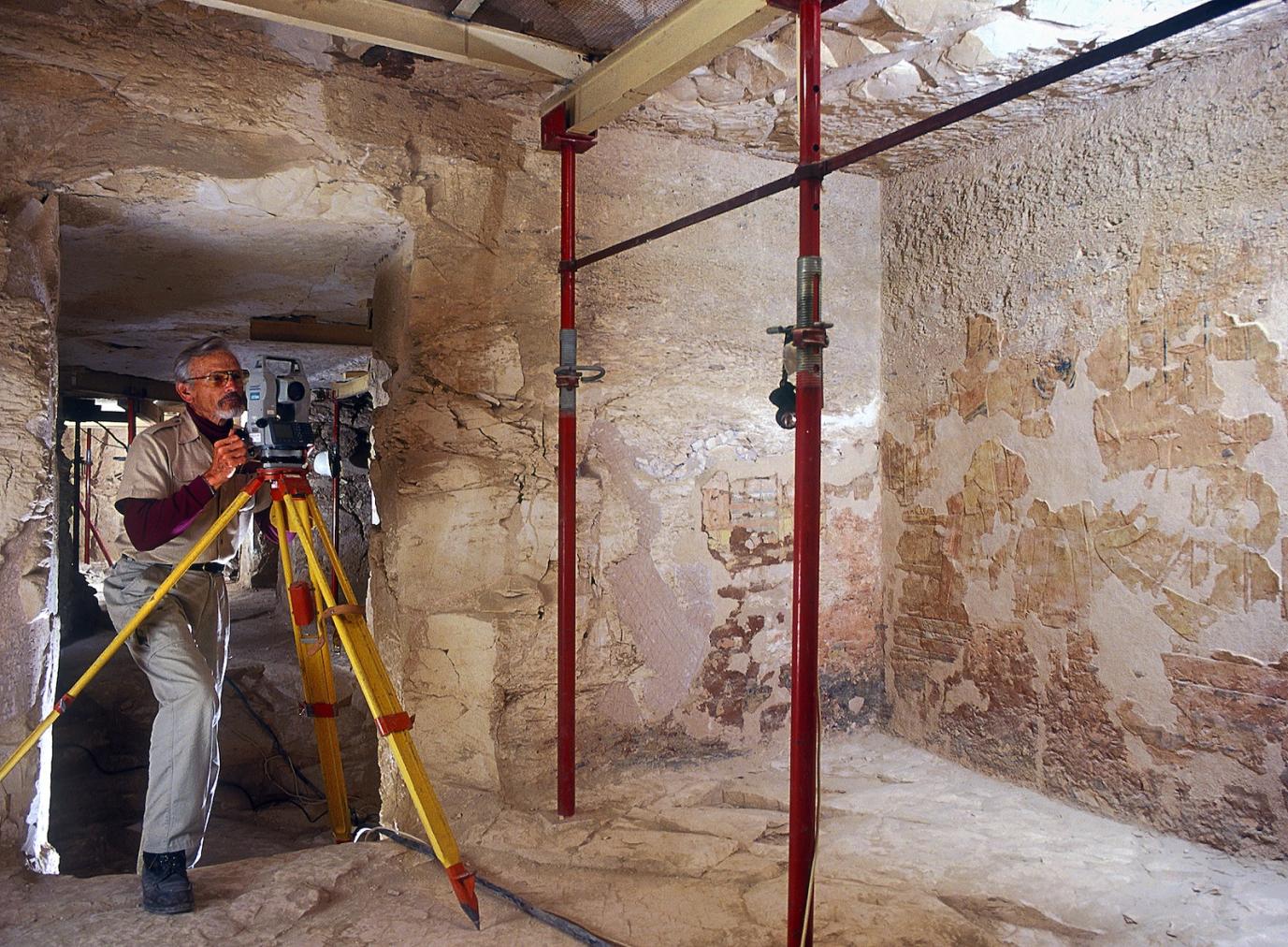
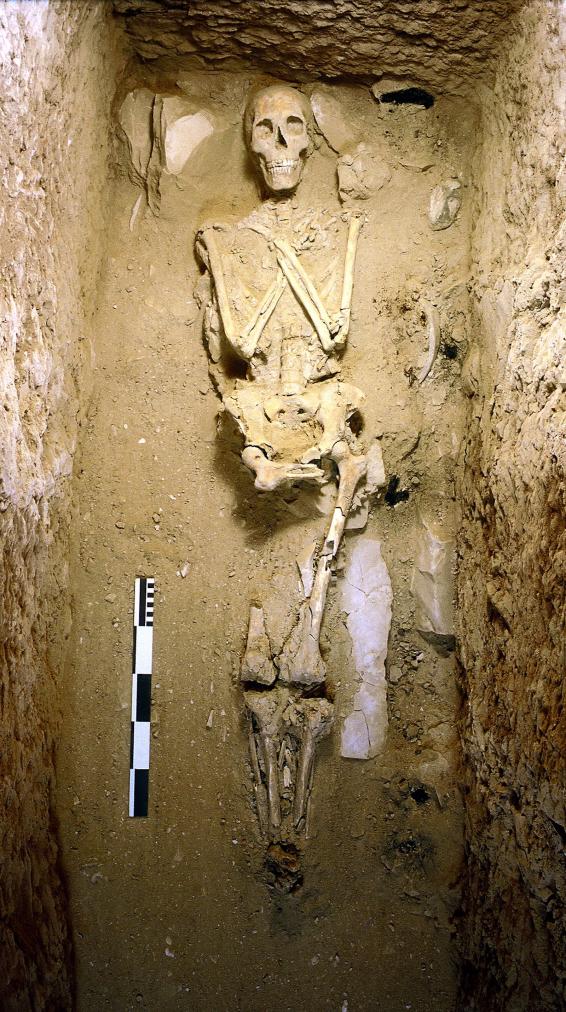
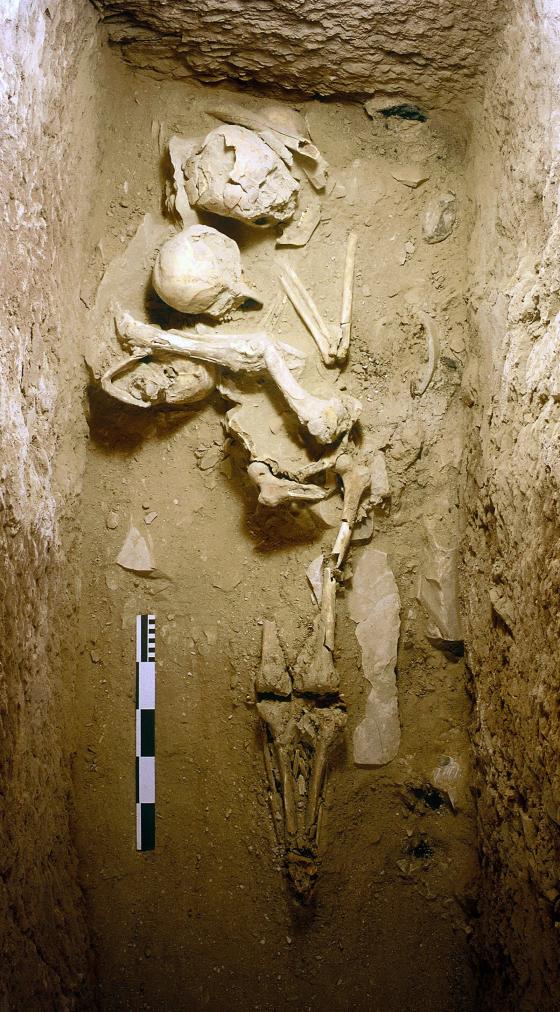
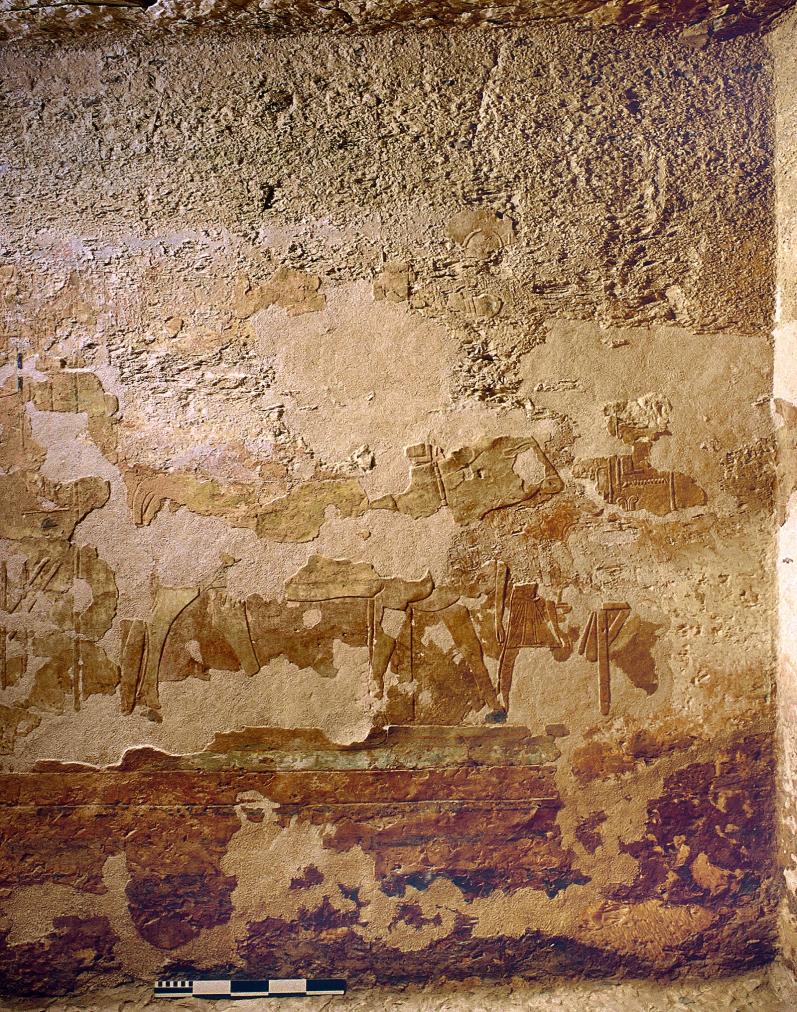
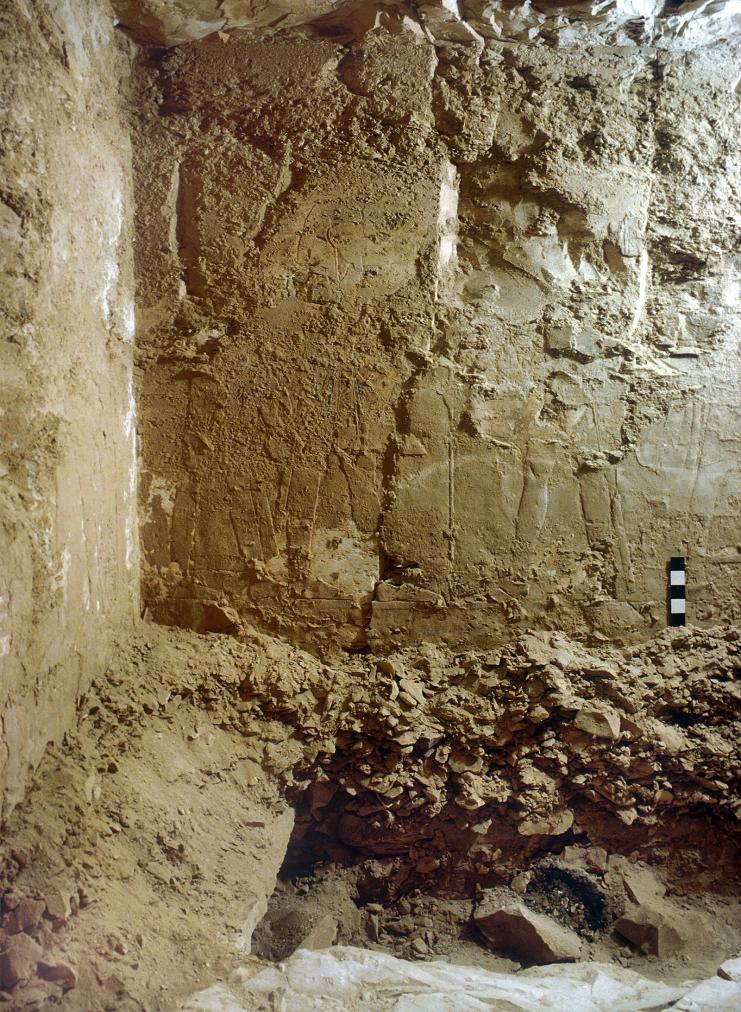
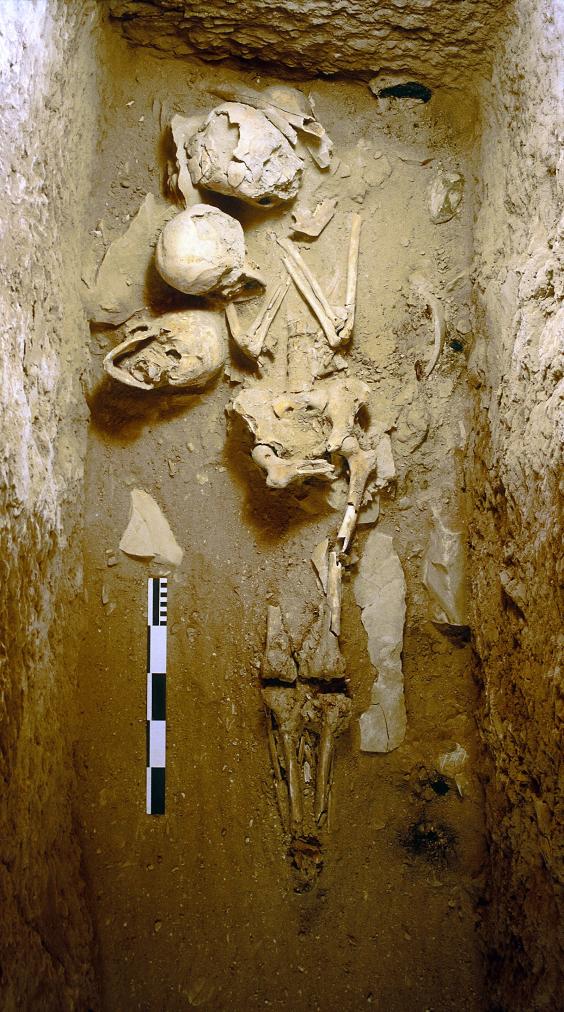
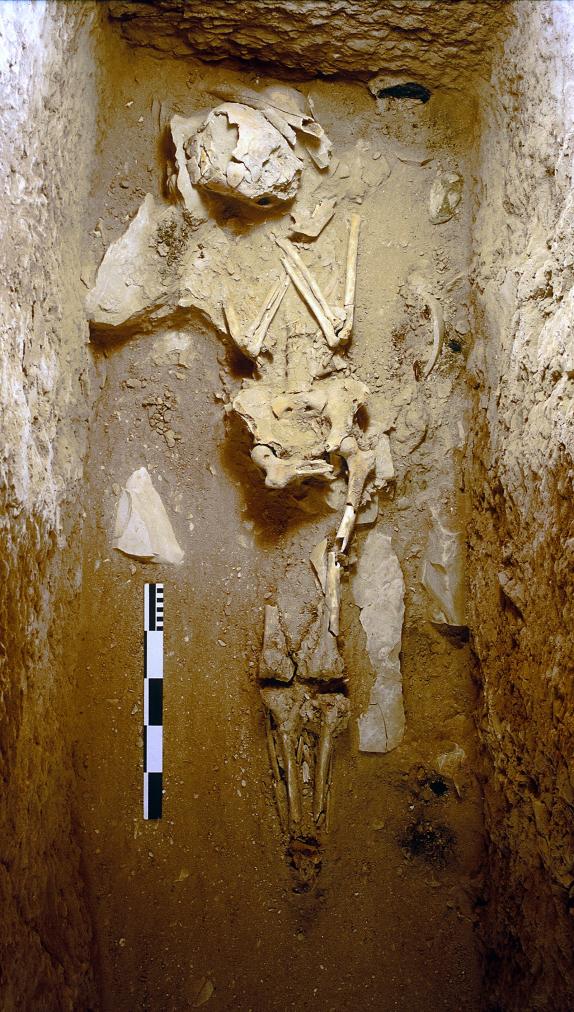
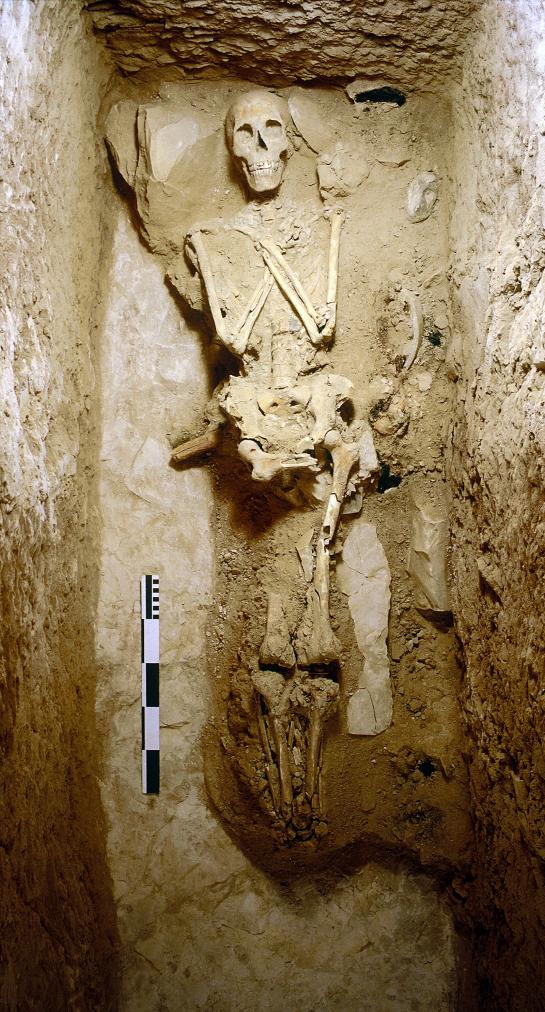
Descent 03
See entire tombThis descent is a steeply sloping ramp-stair combination cut into a pit in the floor of pillared chamber 3. Its location marks a shift of the tomb's axis about 1.5 m ( 5 feet) left (northeast) of that in chamber 1, burial chamber 2 and pillared chamber 3.
Gate 03
See entire tombLike gates 1 and 2, gate 3 was also cut back, widened and a staircase added. The left (northeast) jamb was cut back 0.15 m (6 inches) after the walls of chamber 2 and pillared chamber 3 had been decorated. After the gate was widened and the front of pillared chamber 3 was lowered, two steps were cut in the gate. Door pivot holes in the floor and ceiling of pillared chamber 3 next to the right (southwest) side of the gate indicate that this gate was to be closed by a single-leaf wooden door. The carved feet of a deity, probably the godess Ma'at, are visible on both the left (northeast) and right (southwest) thicknesses of the gate.
Pillared chamber 03
See entire tombPillared chamber 3 is the largest chamber found to date in KV 5 and one of the largest known from the Valley of the Kings. Its flat ceiling is supported by sixteen pillars, a number not equalled in any other tomb in the Valley. Seven gates lead through its walls to other chambers and corridors. These gates lie at three different floor levels, evidence of the several architectural changes made to pillared chamber 3, all perhaps during the reign of Rameses II.
It is possible that the front (northwest) half of pillared chamber 3 originally constituted a transverse chamber which, together with chamber 1 and burial chamber 2, formed a Dynasty 18 tomb. The chamber would have had a row of four pillars down its midline and a long, high recess in the center of the rear (southeast) wall. When pillared chamber 3 was enlarged, creating a single chamber with sixteen pillars, the two central pillars 3(f) and 3(g) lay where the recess had been cut and therefore had to have their upper parts constructed of cut blocks.
At some point after gates 4, 5, and 6 were cut, the floor between the chamber's front wall and its first row of pillars was lowered by about 60 cm (2 feet) and gates 12 and 20 were cut. Then the floor was restored to its original height by laying down a thick layer of limestone chips and plastering it over with dark plaster. This raised floor sloped downward to the northeast and southwest, next to gates 12 and 20.
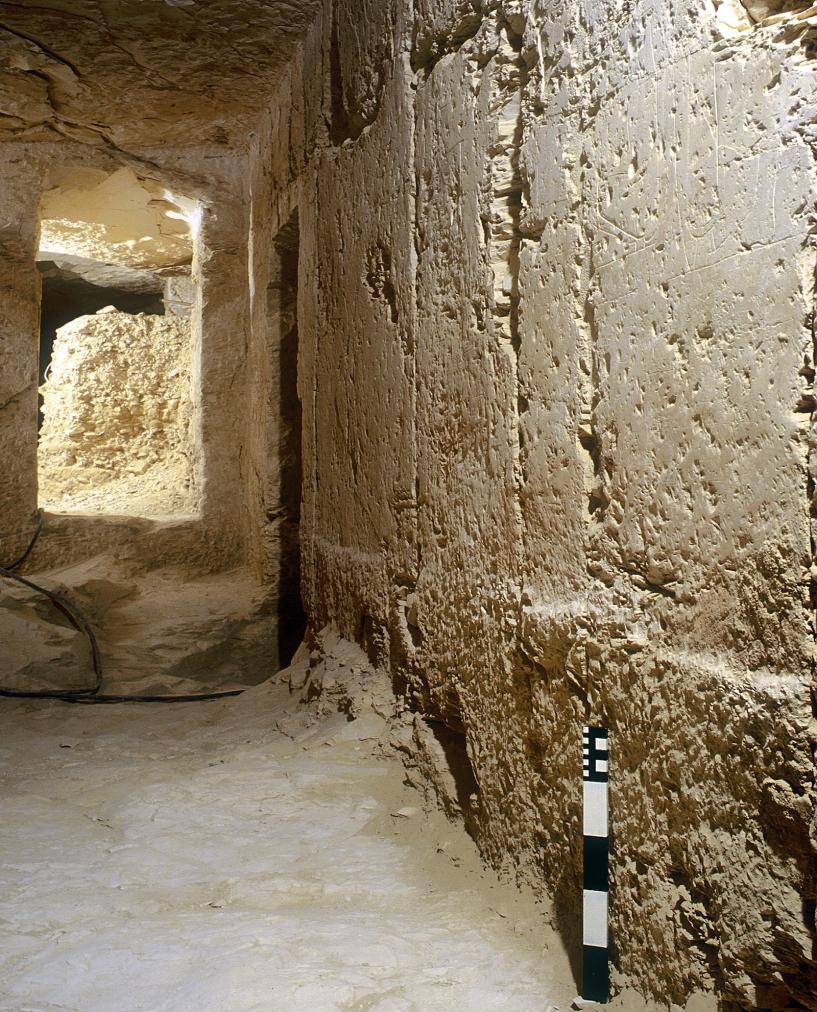
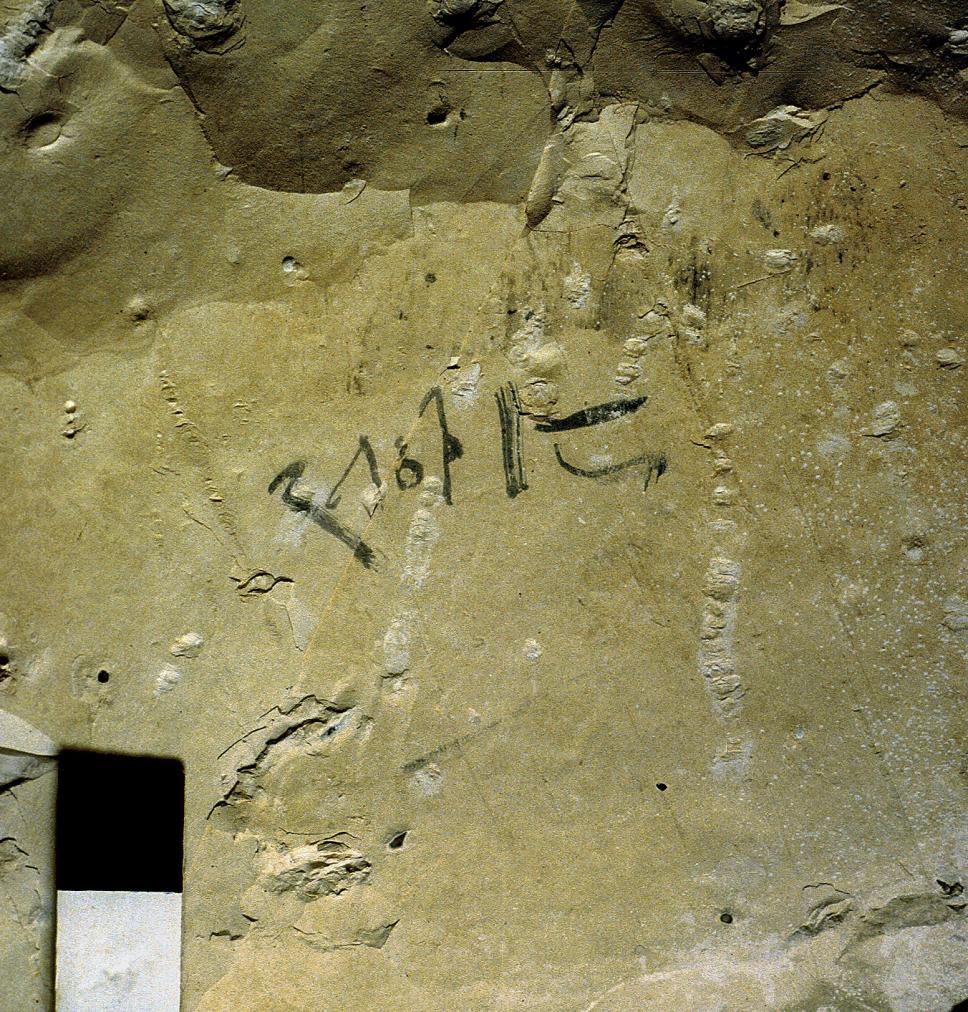
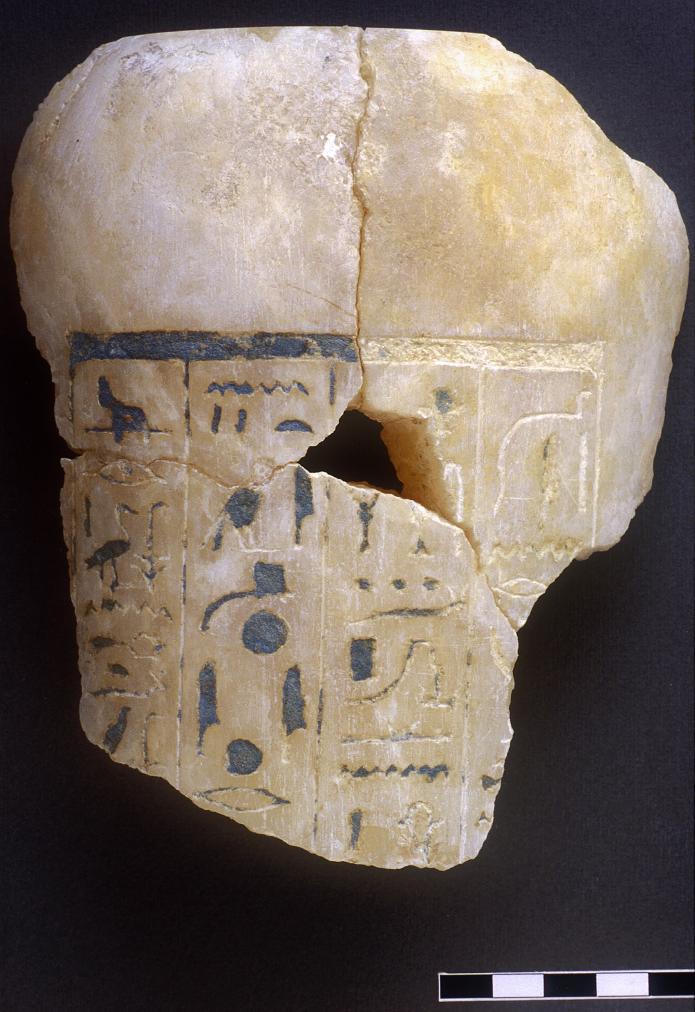
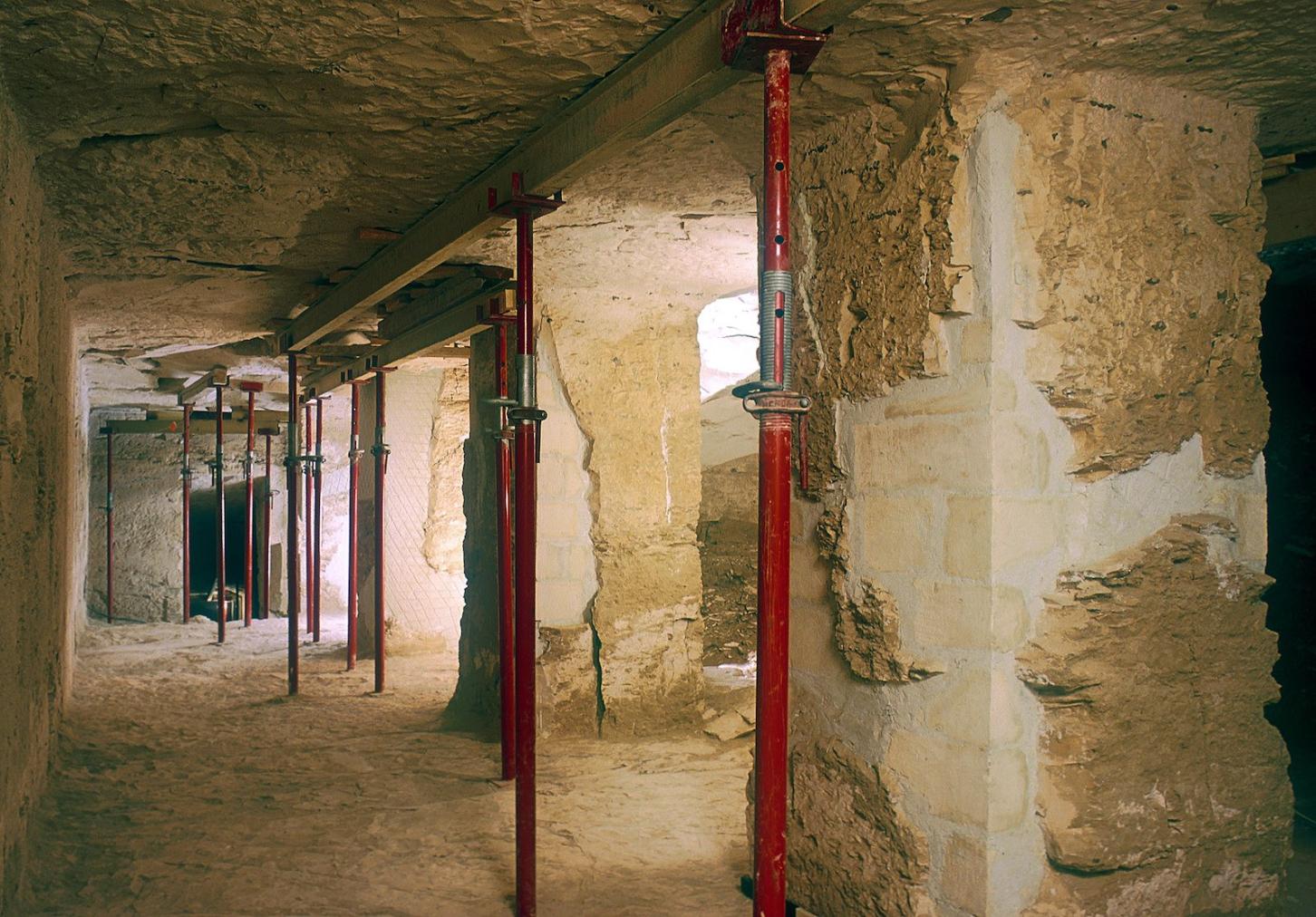
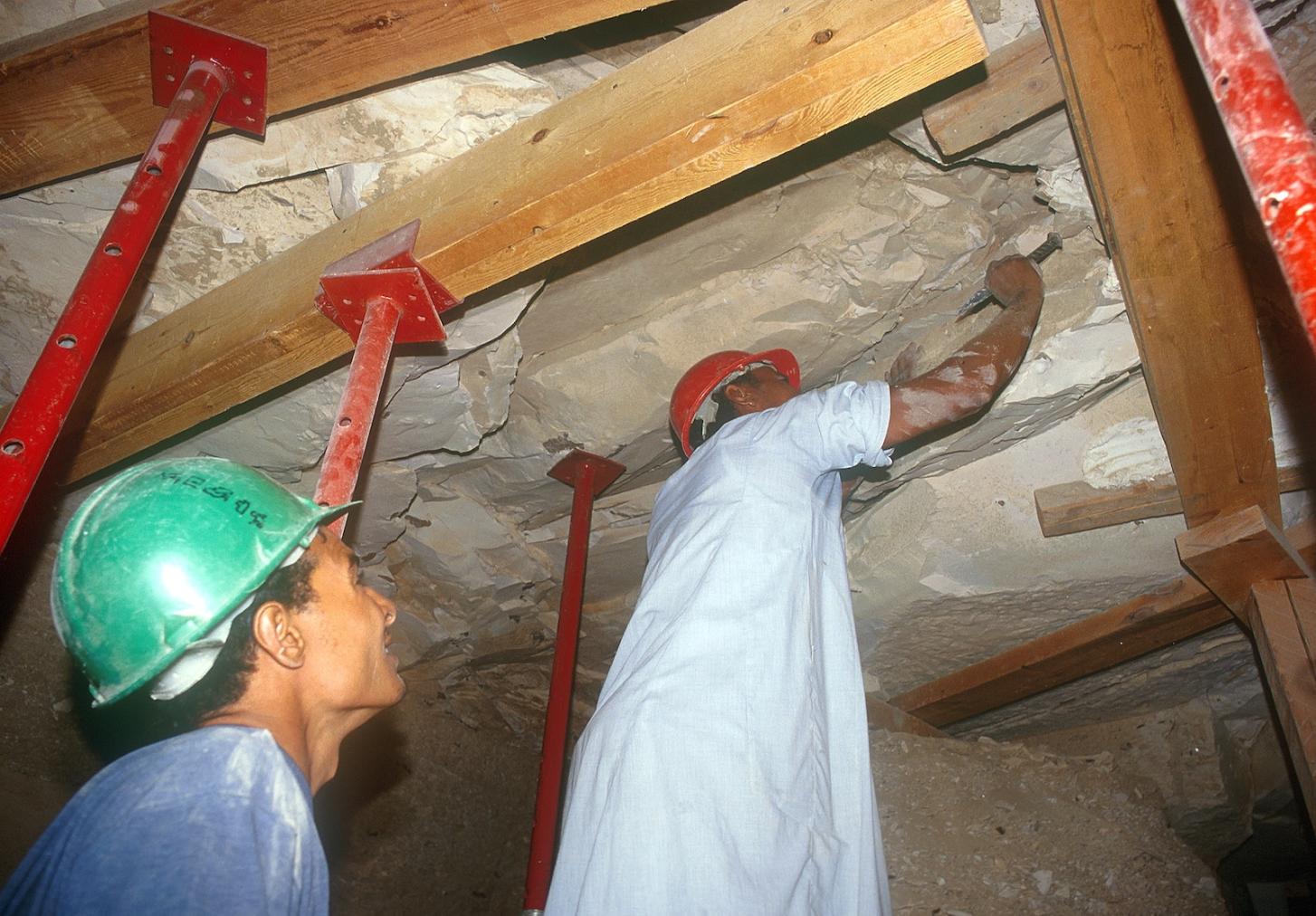
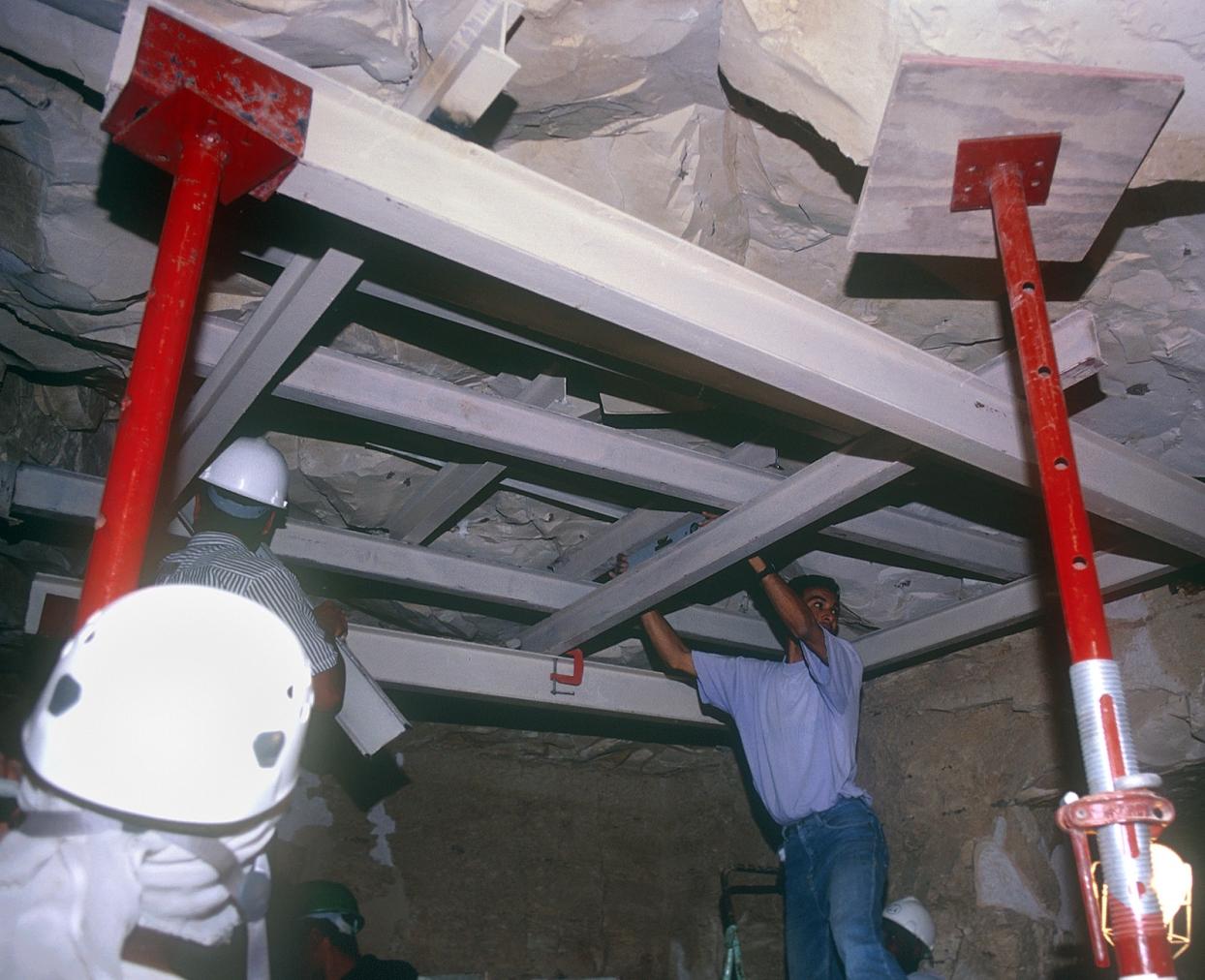
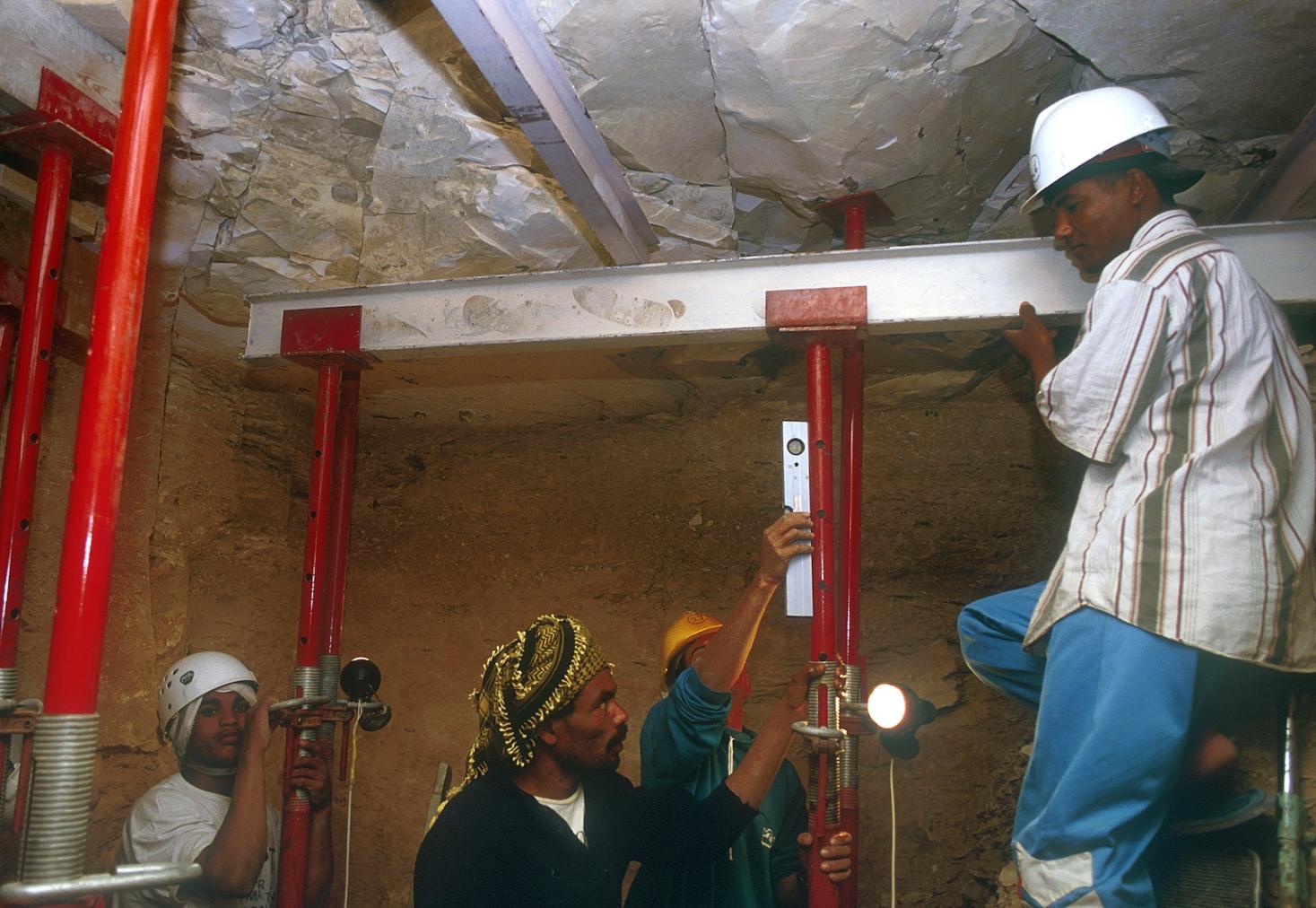
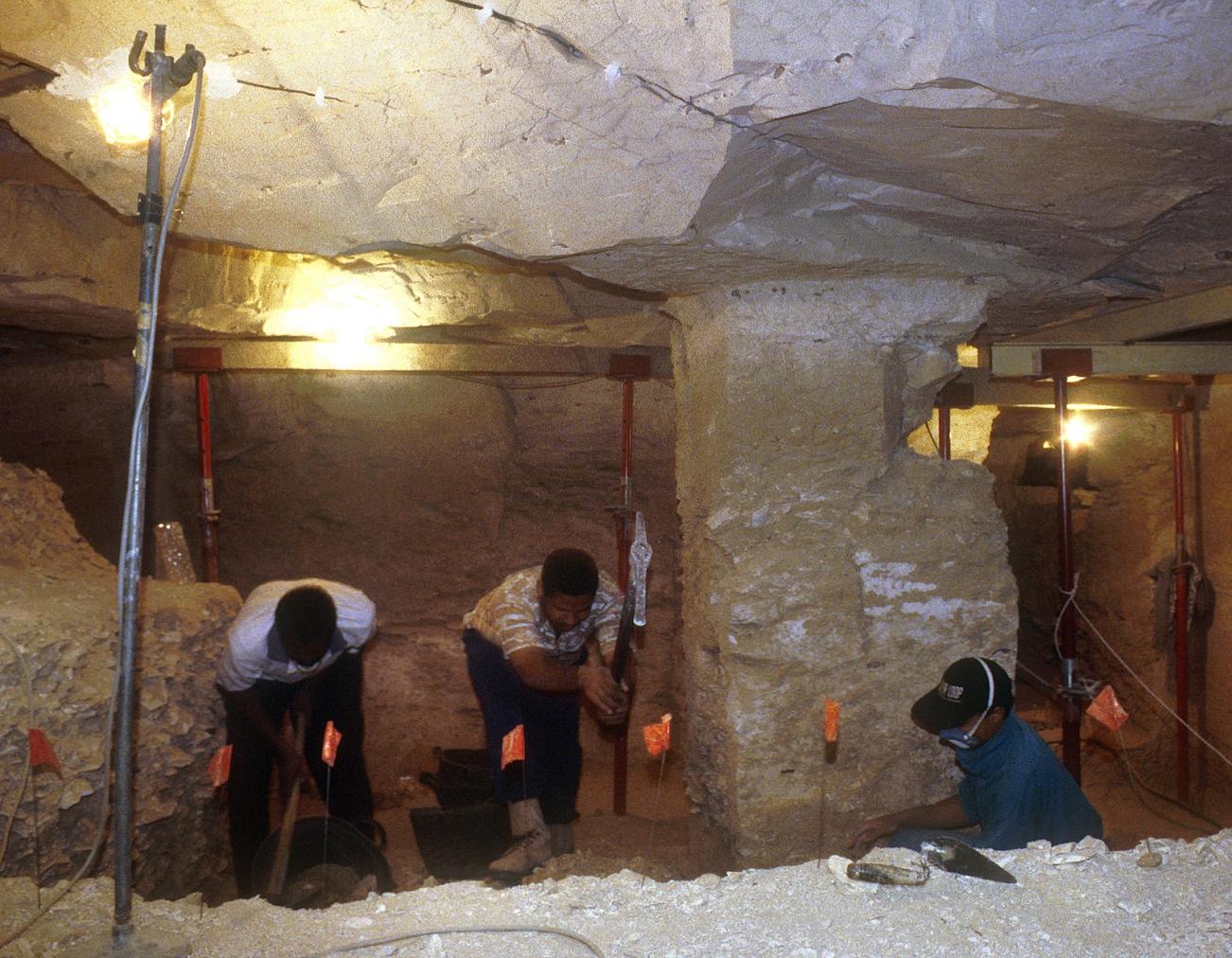
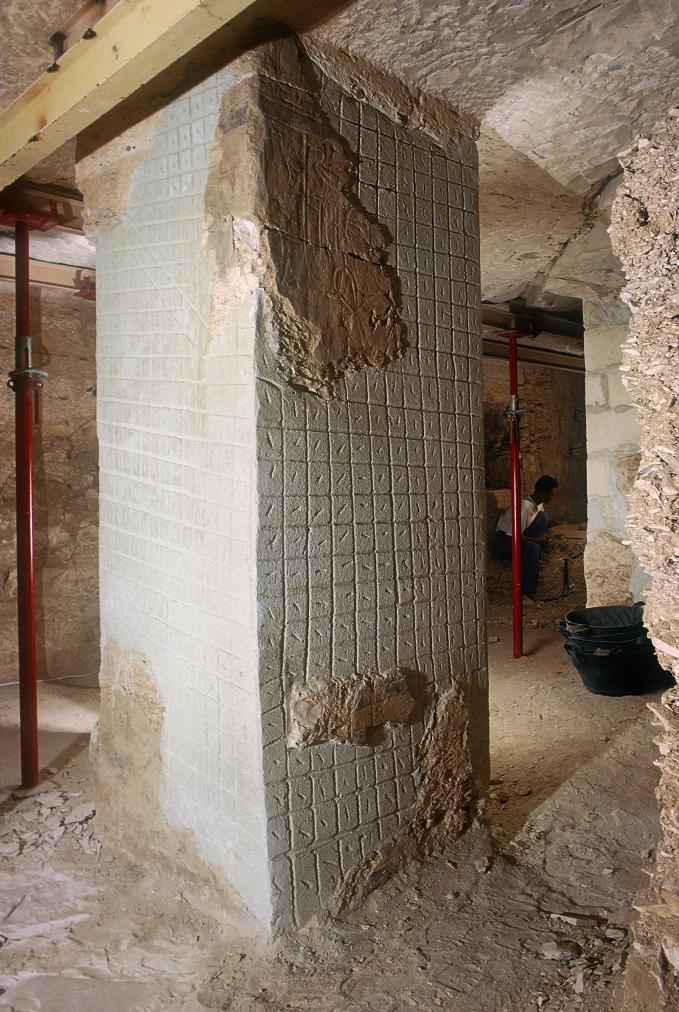
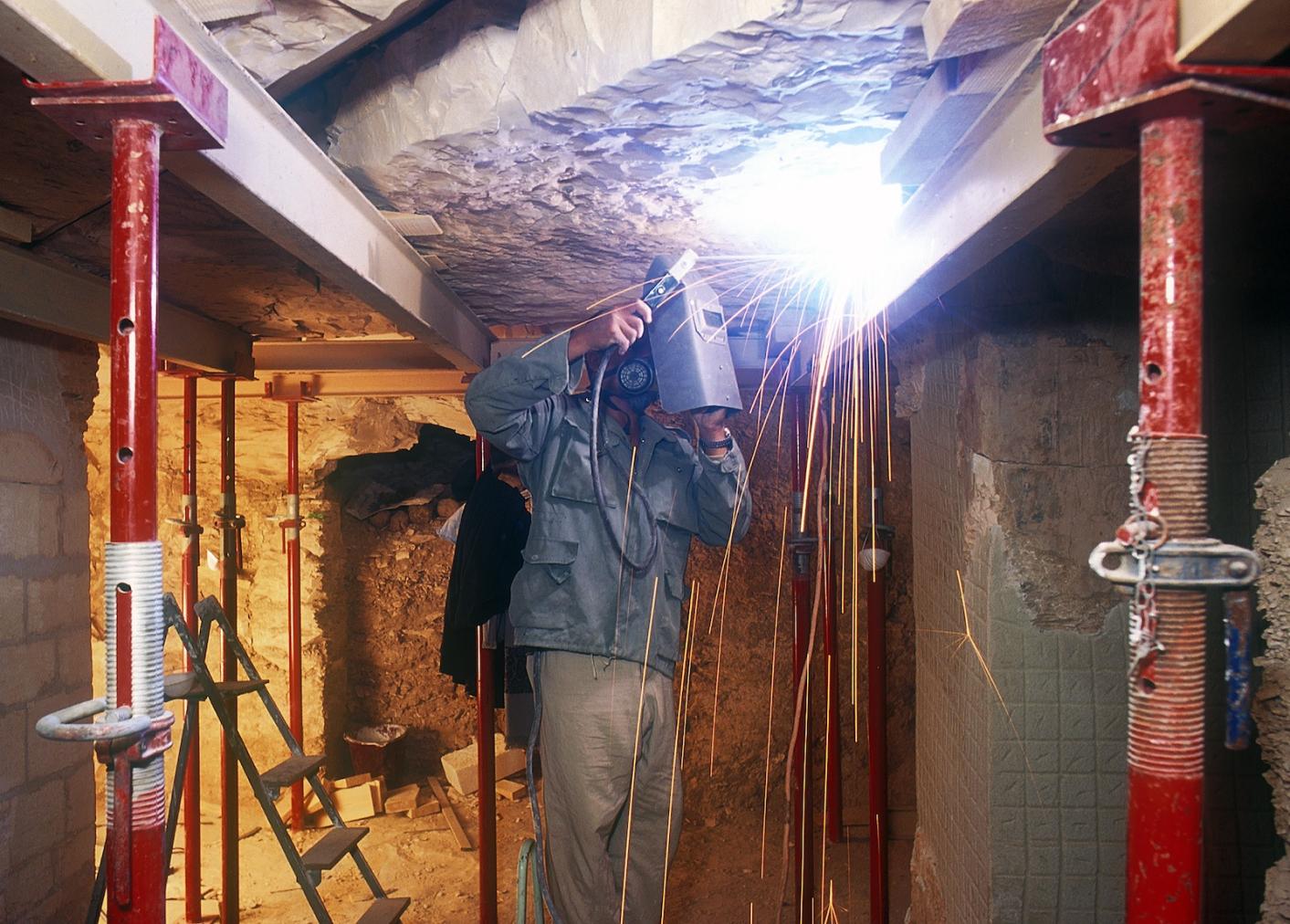
Gate 04
See entire tombThis gate was cut before the floor in the front (northwest) part of pillared chamber 3 was lowered.

Pillared chamber 04
See entire tombTwo rows of three pillars each run northeast to southwest paralleling the longitudinal axis of the chamber. It has only been partially cleared. Traces of painted plaster decoration remain on all walls and pillars. The start of a side chamber or a recess lies in the left (northeast) end of the left (southeast) wall.
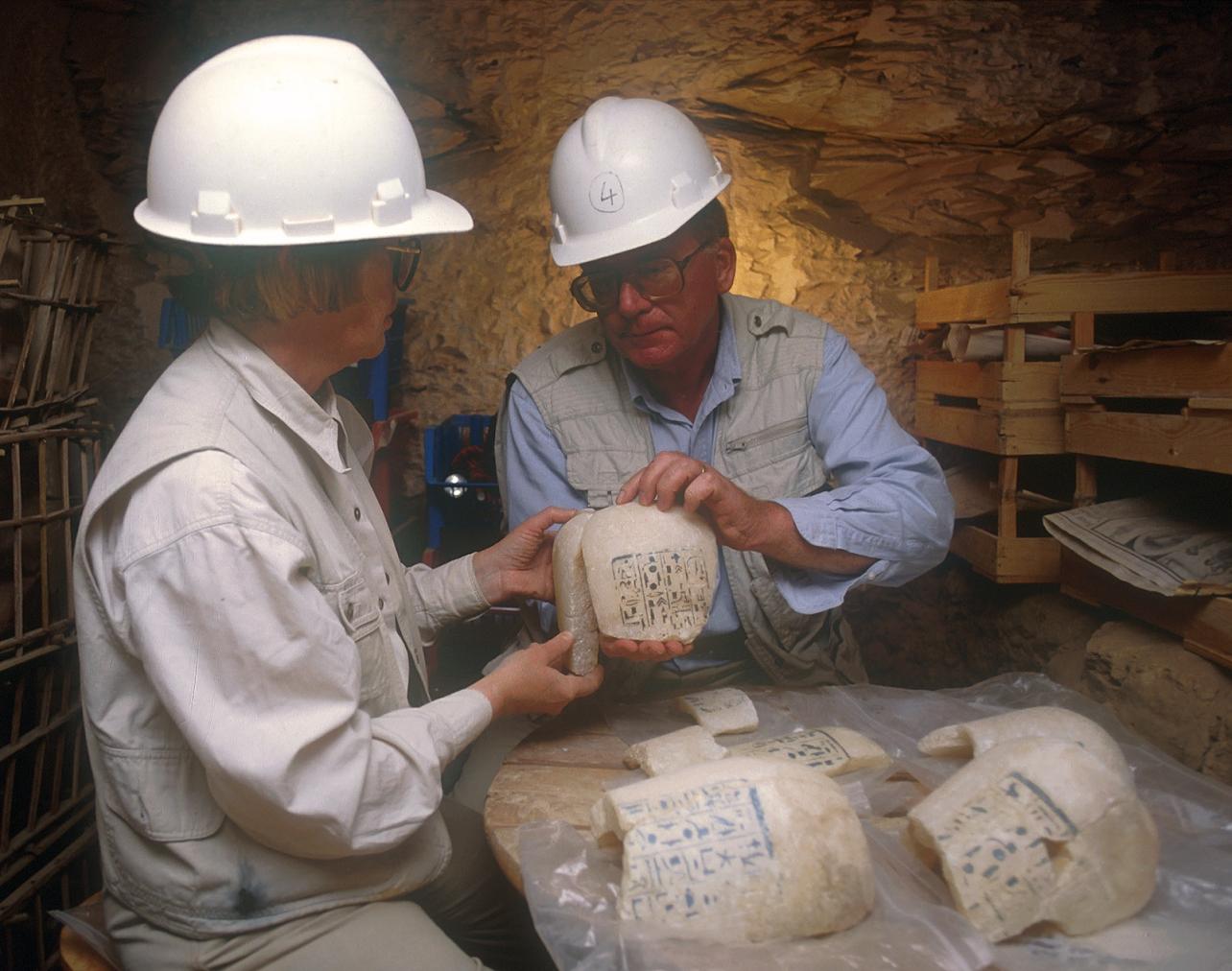
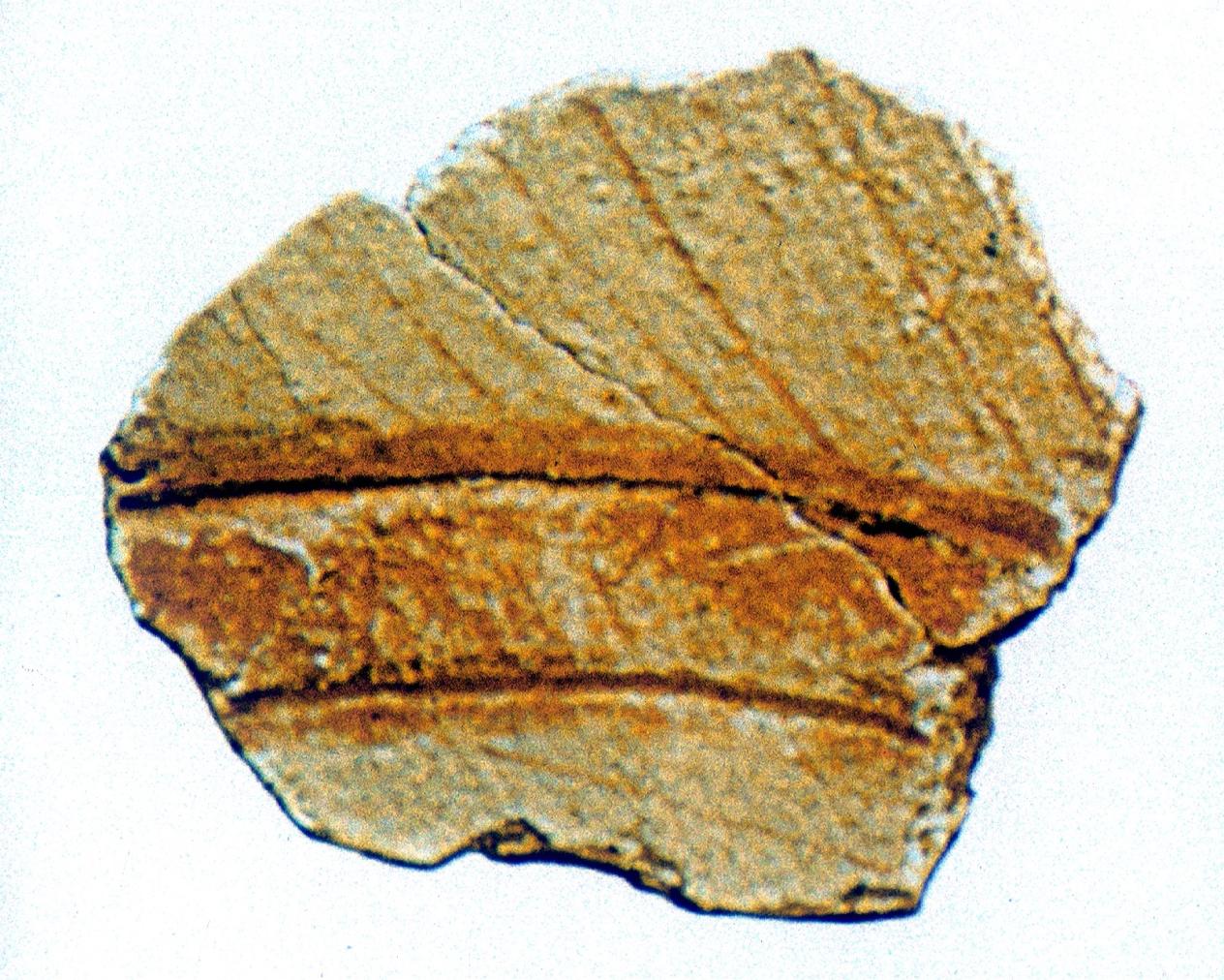
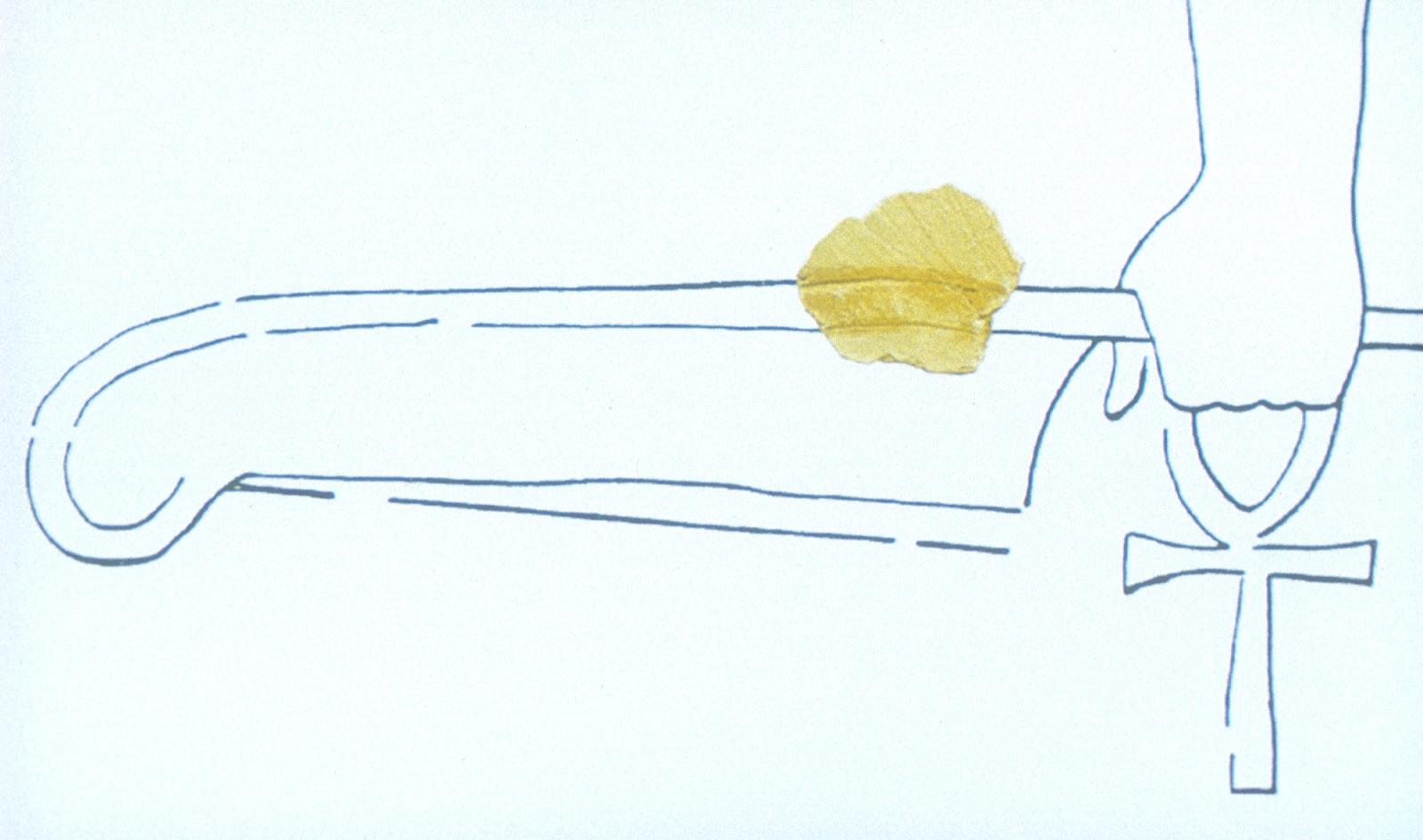
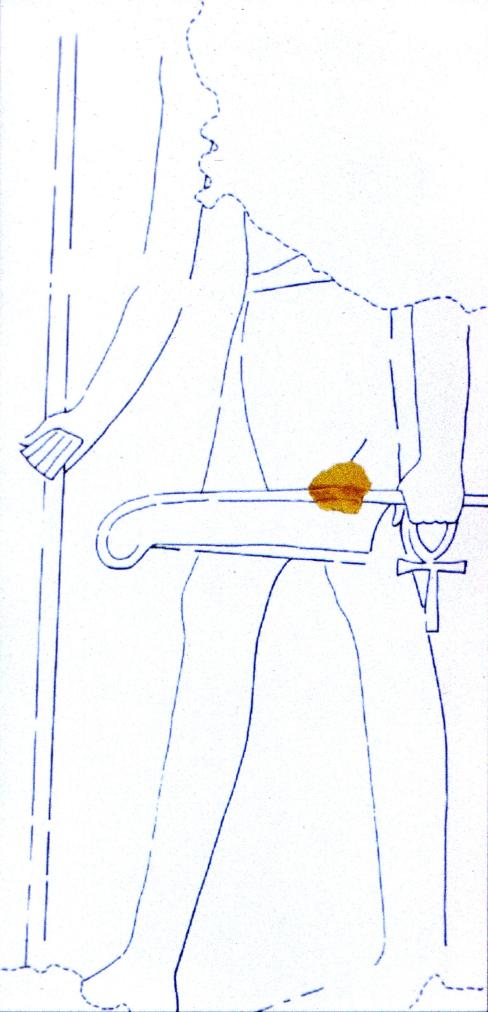
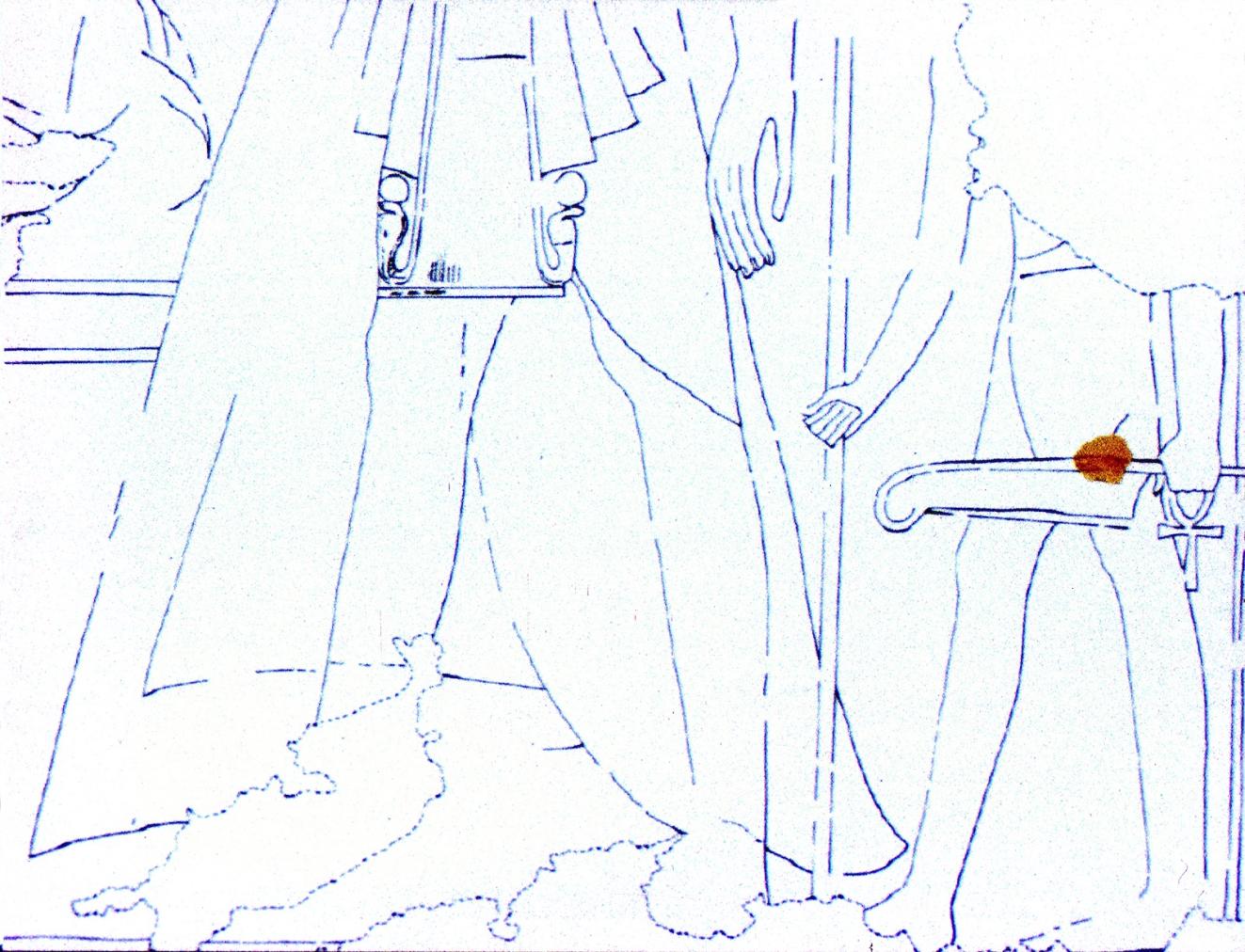
Gate 05
See entire tombThere are no traces of decoration in this damaged gate. One step at the end of the gate leads into chamber 5. There is a large, well-cut door pivot hole cut into the lintel and a red granite one plastered in place on the floor on the left (northwest) side.
Pillared chamber 05
See entire tombThere were several pillars in this large chamber, but all have been destroyed and traces of only four can be seen in the debris. (The chamber is still largely unexcavated.) One pillar, built of roughly-cut stones, stands in the north corner. It is almost certainly a later addition. Four niches, perhaps for magical bricks, are cut high in the four walls, near the corners. Faint traces of decoration can be seen on all the walls. The chamber's ceiling has been heavily damaged because of tour buses that have parked on the road partially overlying the chamber. Their idling motors vibrated and caused huge blocks to fall from the ceiling.
Gate 05-06
See entire tombThis gate is unexcavated to date. It connects chambers 5 and 6, and has one of the few compound jambs in KV 5.
Gate 06
See entire tombThis gate has one of the few compound jambs to be seen in KV 5. The gate was anciently blocked with large, well-cut blocks of stone, about half of which remain today. There are door pivot holes cut into the floor and the lintel on the left (northwest) side.
Chamber 06
See entire tombThe chamber was half-filled with fine silt flood debris when it was cleared. In the debris, from the floor up to 30 cm (1 foot) above it were sherds from perhaps 50-75 amphorae and meat jars, all originally placed in this chamber with the bones of cattle, birds, and donkey.
Gate 07
See entire tombThe threshold of this gate lies about 2 m (6.5 feet) below the floor of pillared chamber 3, at the end of a steep descent with a ramp and double stair combination.
Corridor 07
See entire tombThis long corridor varies in width from 2.46 to 2.54 m (97 to 100 inches), and in height from 2.27 to 2.43 m (89 to 96 inches). There are twenty gates, ten on each side, that penetrate its side walls. The walls between gate 7 and gates 7b and 7o are decorated with low, raised relief showing Rameses II and his sons with various deities. Beyond 7o, there are traces of painted plaster on the wall. Control marks are common on both walls and ceiling. At the end of corridor 7, gates on either side lead to corridors 10 and 11. Immediately beyond them, the floor of corridor 7 is irregularly cut. In the rear (southeast) wall is a recess in which was carved a figure of Rameses II as Osiris. There is substantial structural damage around the intersection of corridors 7, 10, and 11.
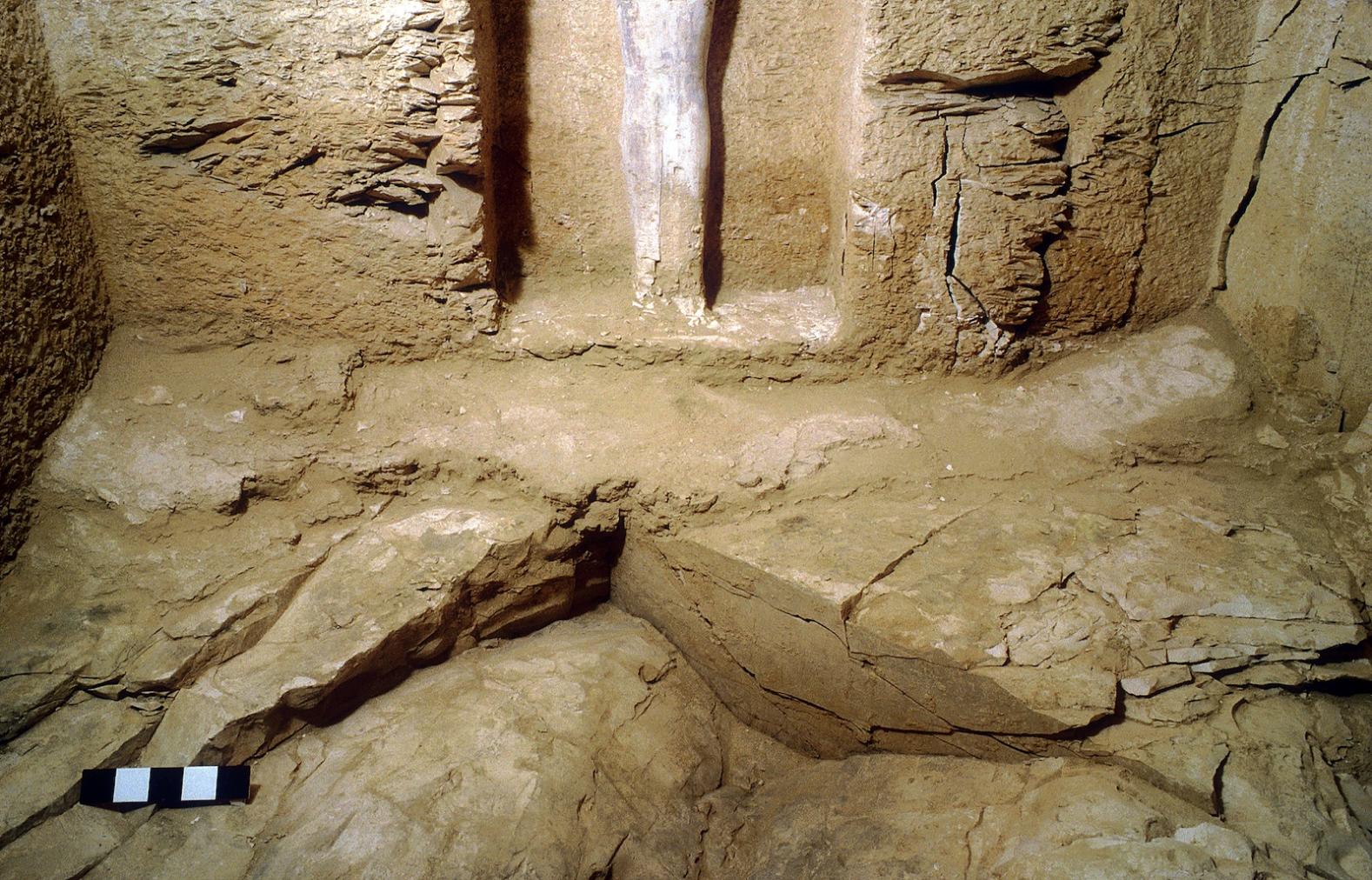
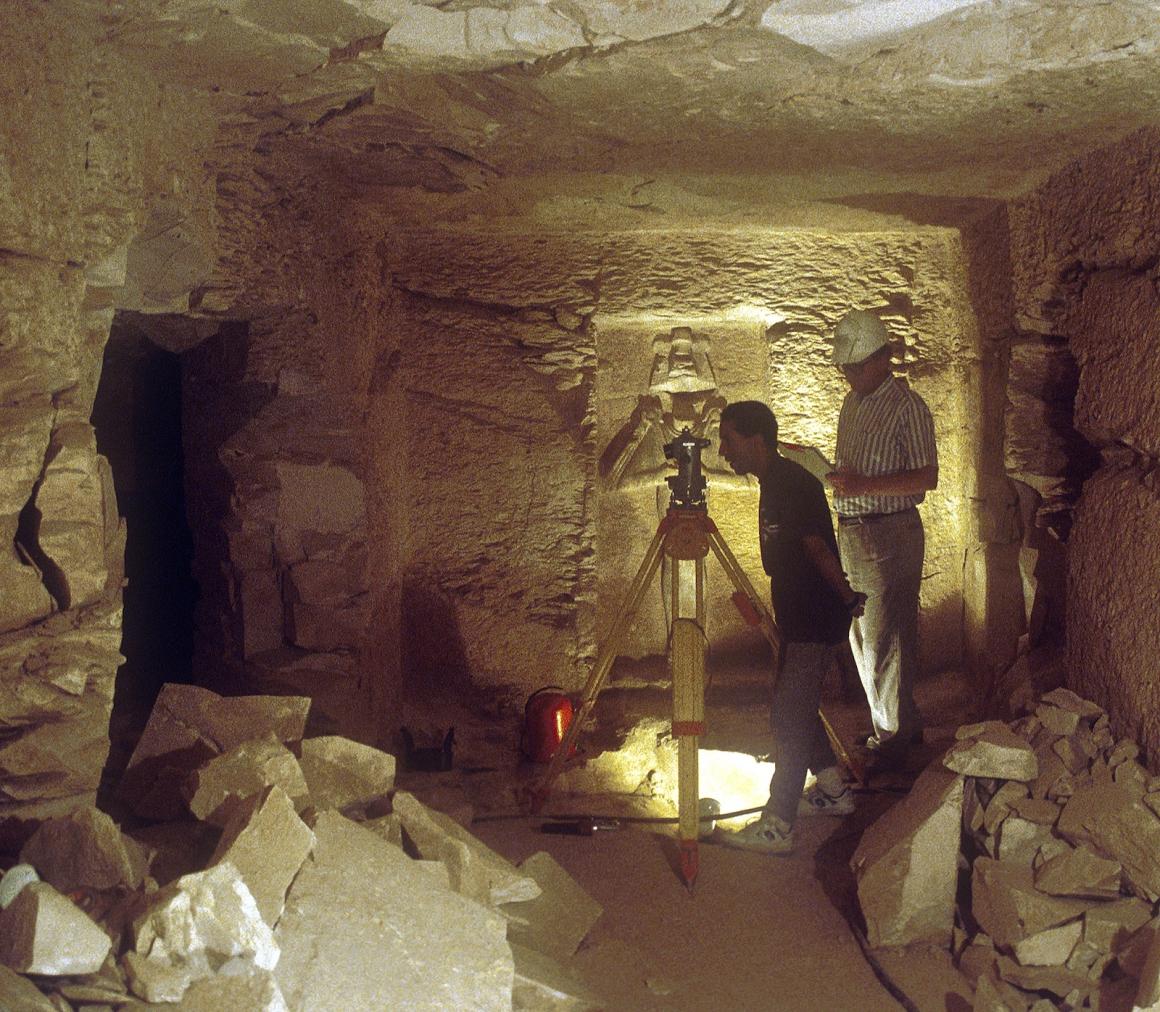
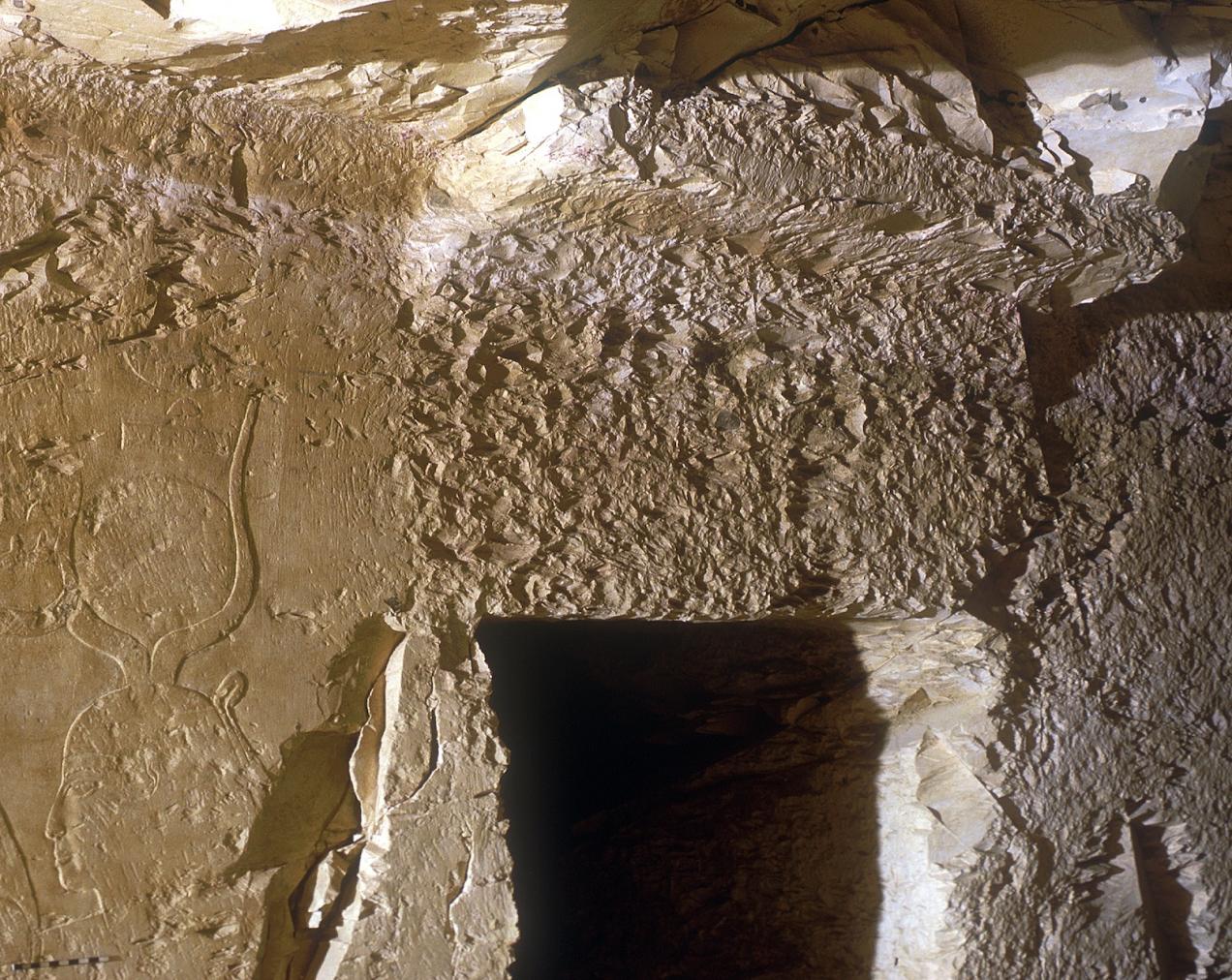
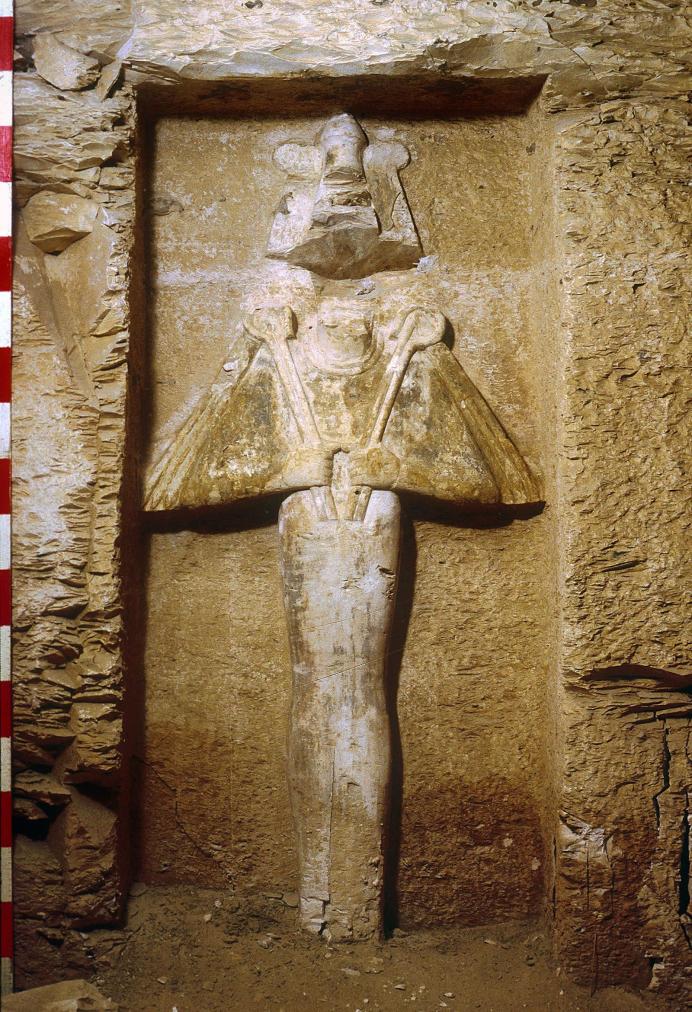
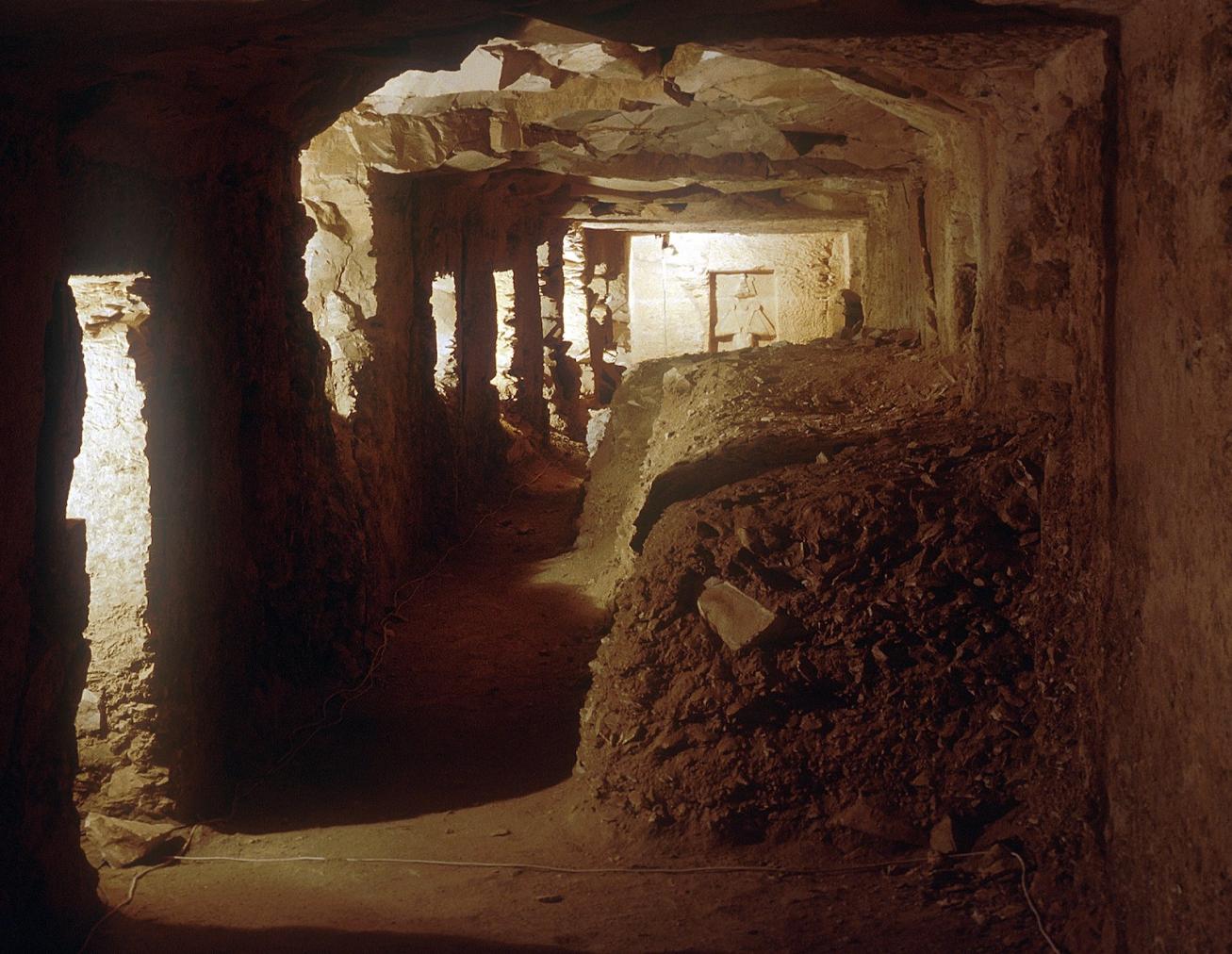
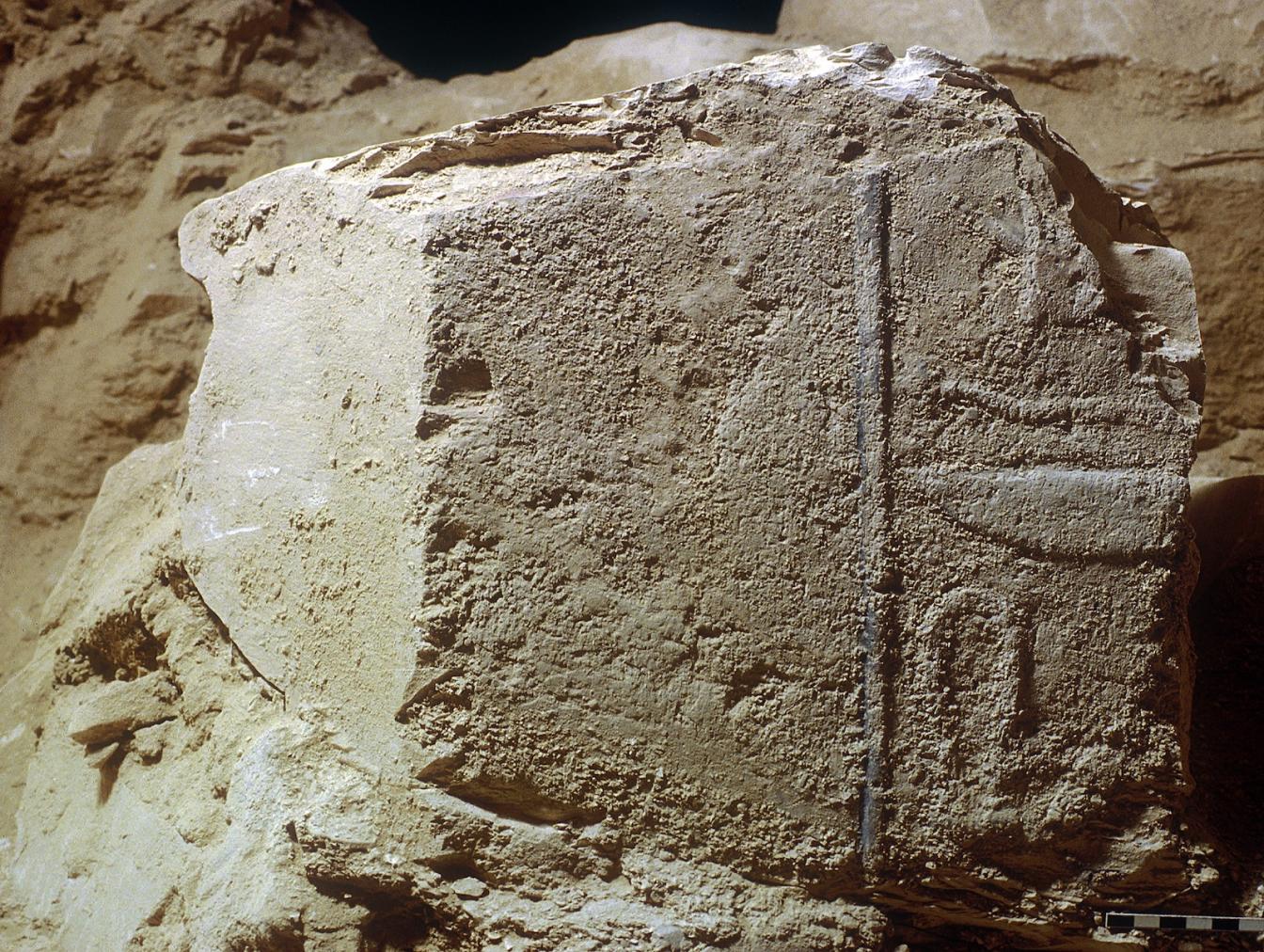
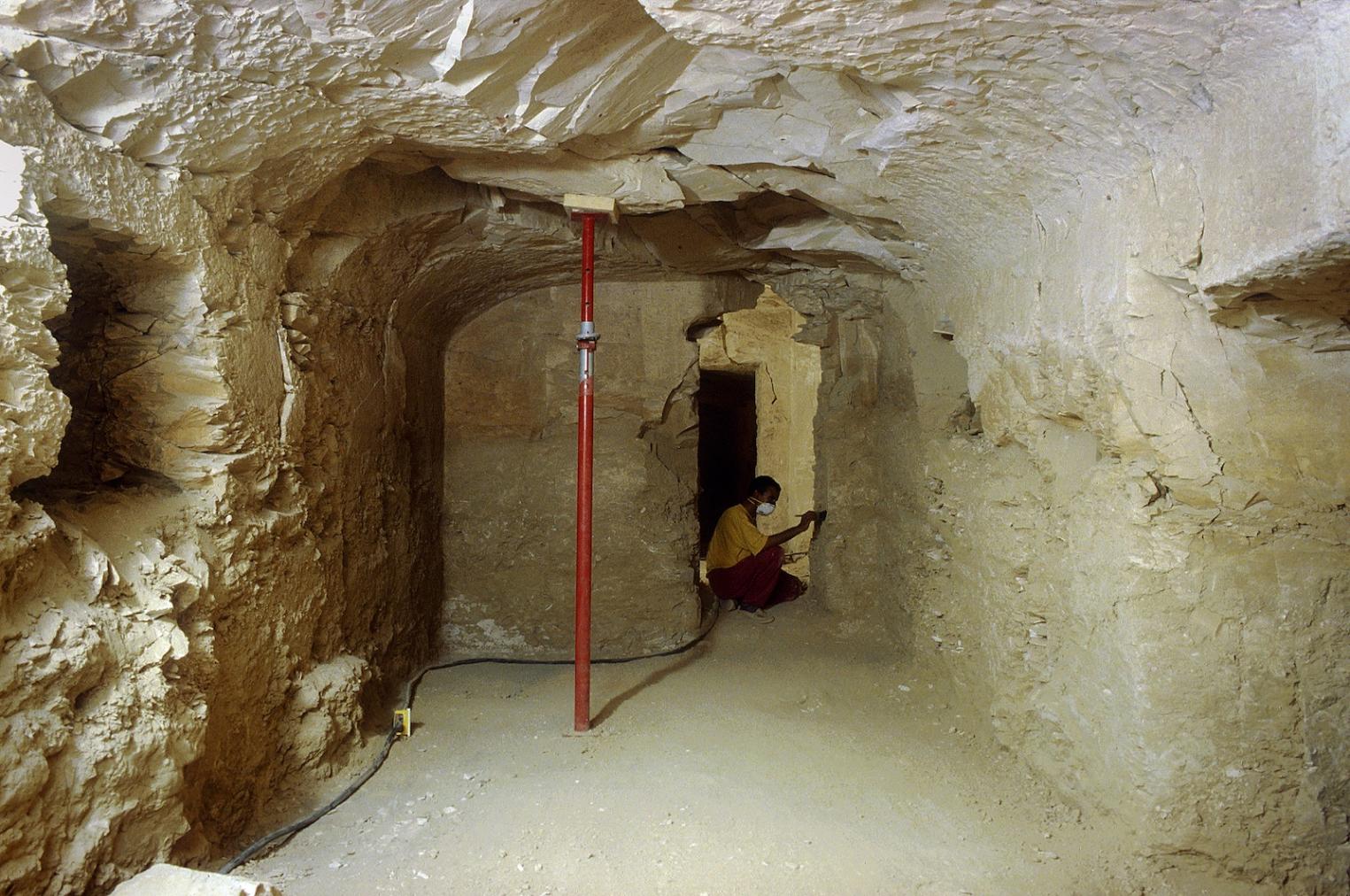
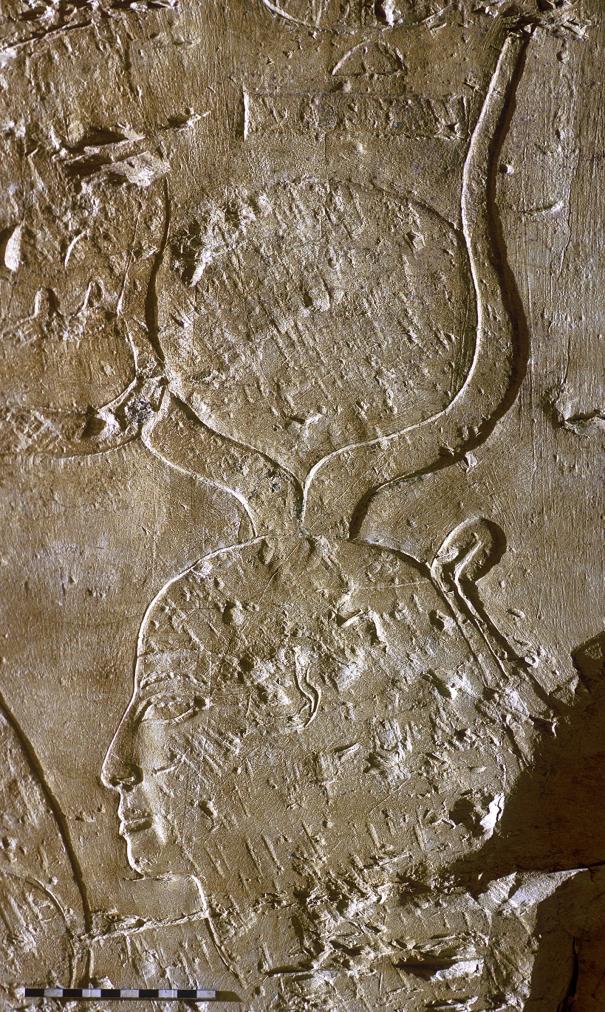
Side chamber 07a
See entire tombSimilar in size and plan to other side chambers off corridor 7, but with a vaulted ceiling (front to rear), one of only three vaulted ceilings in these side chambers (the others being in side chambers 7c and 7e).
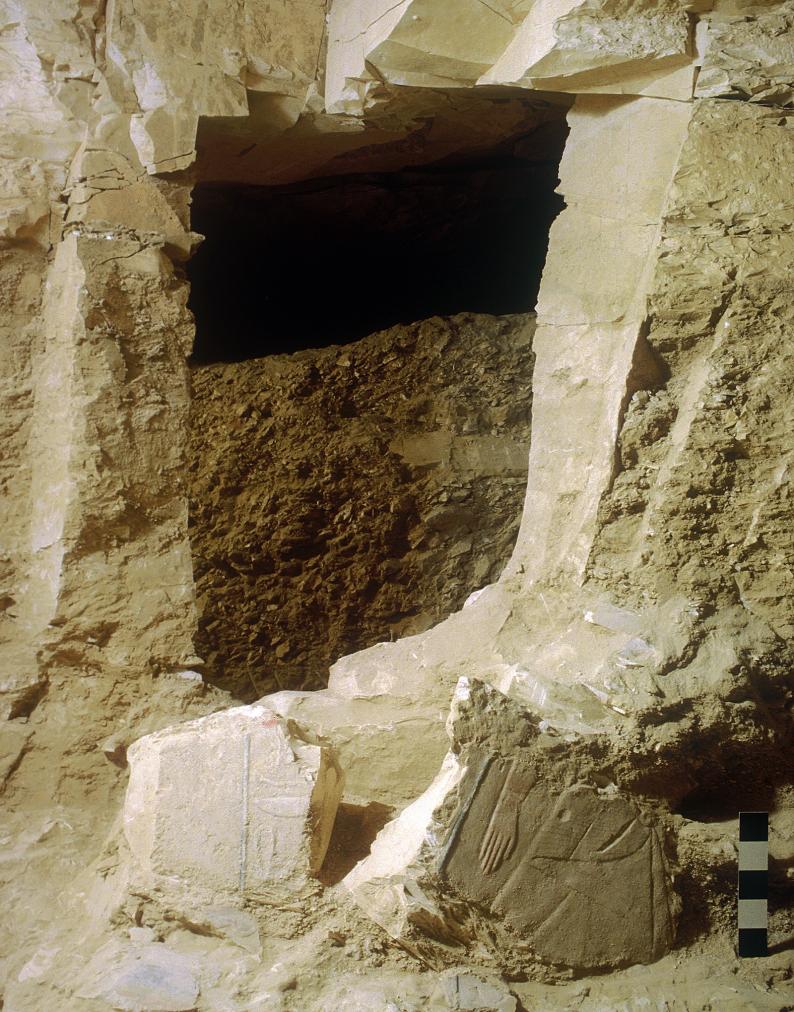

Gate 07a
See entire tombThe gate is located in the right (southwest) wall of corridor 7.
Side chamber 07b
See entire tombThis side chamber is unexcavated.
Gate 07b
See entire tombThe gate is located in the right (southwest) wall of corridor 7.
Gate 07c
See entire tombThe gate is located in the right (southwest) wall of corridor 7.
Side chamber 07c
See entire tombThis chamber, together with 7a and 7e, are the only corridor 7 side chambers to have vaulted ceilings.
Gate 07d
See entire tombThe gate is located in the right (southwest) wall of corridor 7.
Side chamber 07d
See entire tombThis side chamber is unexcavated.
Gate 07e
See entire tombThe gate is located in the right (southwest) wall of corridor 7.
Side chamber 07e
See entire tombThis, and side chambers 7a and 7c, are the only ones with vaulted ceilings.
Gate 07f
See entire tombThe gate is located in the right (southwest) wall of corridor 7.
Side chamber 07f
See entire tombThis side chamber is unexcavated.
Gate 07g
See entire tombThe gate is located in the right (southwest) wall of corridor 7.
Side chamber 07g
See entire tombThis side chamber is unexcavated.
Gate 07h
See entire tombThe gate is located in the right (southwest) wall of corridor 7.
Side chamber 07h
See entire tombThis side chamber is unexcavated.
Gate 07i
See entire tombThe gate is located in the left (northeast) wall of corridor 7.
Side chamber 07i
See entire tombThis side chamber is unexcavated.
Gate 07j
See entire tombThe gate is located in the left (northeast) wall of corridor 7.
Side chamber 07j
See entire tombThis side chamber is unexcavated.
Gate 07k
See entire tombThe gate is located in the left (northeast) wall of corridor 7.
Side chamber 07k
See entire tombThis side chamber is unexcavated.
Gate 07l
See entire tombThe gate is located in the left (northeast) wall of corridor 7.
Side chamber 07l
See entire tombThis side chamber is unexcavated.
Gate 07m
See entire tombThe gate is located in the left (northeast) wall of corridor 7.
Side chamber 07m
See entire tombThis side chamber is unexcavated.
Gate 07n
See entire tombThe gate is located in the left (northeast) wall of corridor 7.
Side chamber 07n
See entire tombThis side chamber is unexcavated.
Side chamber 07o
See entire tombThe side chamber is roughly square.
Gate 07o
See entire tombThe gate is located in the left (northeast) wall of corridor 7. This is the only gate in KV 5 to have a cavetto cornice as a lintel. It is to the right (southeast) of this gate that the decoration in corridor 7 changes from relief carving to carved and painted plaster.

Gate 07p
See entire tombThe gate is located in the left (northeast) wall of corridor 7.
Side chamber 07p
See entire tombThis side chamber is unexcavated.
Gate 08
See entire tombThe threshold of this simple gate is at the same level as the floor of corridor 7 and 0.11 m (4 inches) higher than the floor of chamber 8.
Chamber 08
See entire tombThis long chamber and its side chambers are nearly the mirror image of chamber 9 and its three small side chambers. The floor of the chamber is 0.11 m (4.5 inches) lower than the floor of corridor 7, and it slopes 0.04 m (1.5 inches) upward toward the rear (southwest). The left (northeast) end of the left (southeast) wall is broken away and pieces of it, decorated with relief carving, lay on the floor. The right (northwest) wall shows traces of decoration, where the artist cut through a layer of plaster and incised the limestone bedrock behind it. The ceiling is flat.
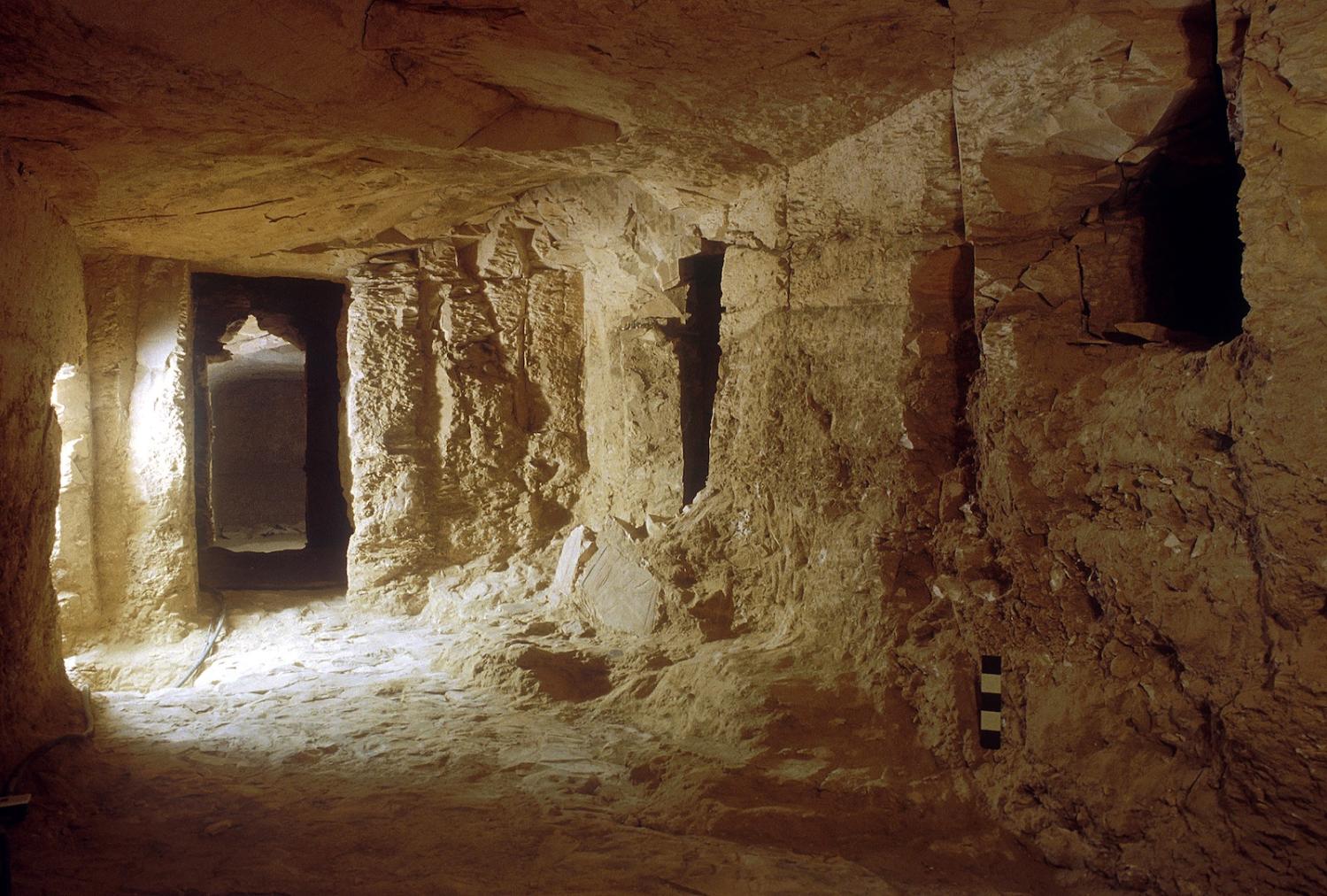
Gate 08a
See entire tombThe gate is located in the left (southeast) wall of chamber 8.

Side chamber 08a
See entire tombThis side chamber is unexcavated.
Gate 08b
See entire tombThe gate is located in the right (northwest) wall of chamber 8.

Side chamber 08b
See entire tombThis side chamber is unexcavated.
Gate 08c
See entire tombThe gate is located in the right (northwest) wall of chamber 8.

Side chamber 08c
See entire tombThe floor of this chamber is 0.43 m (17 inches) lower than that of chamber 8. This is one of two side chambers of chamber 8 to have a vaulted ceiling. There are traces of painted plaster on the chamber's roughly cut walls.
Gate 09
See entire tombThe gate is broken, but the figure of a recumbant Anubis can be seen on the right (southeast) thickness. There is a 0.20 m (8 inch) step down at the front of the gate into chamber 9.

Chamber 09
See entire tombUnlike chamber 8, this chamber has a slightly vaulted ceiling. The vaulting in the front of the chamber is more pronounced than in the rear of the chamber, suggesting that chamber 9 was cut in two stages. That could mean that the original plan included 9 and 9c, and 9a and 9b were added later, when 9 was enlarged. Faint traces of carved decoration are visible on the front (southwest) wall of the chamber. Numerous control marks can be seen on all walls and the ceiling in the front half of the chamber.
Gate 09a
See entire tombThe gate is located in the right (southeast) wall of chamber 9.
Side chamber 09a
See entire tombThis side chamber is unexcavated.
Gate 09b
See entire tombThe gate is located in the left (northwest) wall of chamber 9. Two steps lead down to the floor of chamber 9b.
Side chamber 09b
See entire tombThis chamber is vaulted. The vaulting is more like that at the front of chamber 9 than at the rear.
Gate 09c
See entire tombThe gate is located in the left (northwest) wall of chamber 9.
Side chamber 09c
See entire tombThis side chamber is unexcavated.
Gate 10
See entire tombThe badly broken gate is located in the right (southwest) wall of corridor 7.
Corridor 10
See entire tombThe corridor extends toward the southwest, beneath the rear chambers of KV 6. At least sixteen side chambers exist, none of them vaulted. There are seven chambers on the right (northwest) side, nine on the left (southeast). The ceiling level changes at least twice: it goes from from sloping to level at gates 10e and 10n, and drops about 0.17 m (6.5 inches) between gates 10g and 10h. At this last point, the corridor also narrows from 2.62 m to 1.96 m (8.5 to 6.5 feet). Traces of plaster decoration and red painted control marks can be seen on the walls.
Gate 10a
See entire tombThe gate is located in the left (southeast) wall of corridor 10.
Side chamber 10a
See entire tombThis side chamber is unexcavated.
Gate 10b
See entire tombThe gate is located in the left (southeast) wall of corridor 10.
Side chamber 10b
See entire tombThis side chamber is unexcavated.
Gate 10c
See entire tombThe gate is located in the left (southeast) wall of corridor 10.
Side chamber 10c
See entire tombThis side chamber is unexcavated.
Gate 10d
See entire tombThe gate is located in the left (southeast) wall of corridor 10.
Side chamber 10d
See entire tombThis side chamber is unexcavated.
Gate 10e
See entire tombThe gate is located in the left (southeast) wall of corridor 10.
Side chamber 10e
See entire tombThis side chamber is unexcavated.
Gate 10f
See entire tombThe gate is located in the left (southeast) wall of corridor 10.
Side chamber 10f
See entire tombThis side chamber is unexcavated.
Gate 10g
See entire tombThe gate is located in the left (southeast) wall of corridor 10.
Side chamber 10g
See entire tombThis side chamber is unexcavated.
Gate 10h
See entire tombThe gate is located in the left (southeast) wall of corridor 10.
Side chamber 10h
See entire tombThis side chamber is unexcavated.
Gate 10i
See entire tombThe gate is located in the left (southeast) wall of corridor 10.
Side chamber 10i
See entire tombThis side chamber is unexcavated.
Gate 10j
See entire tombThe gate is located in the right (northwest) wall of corridor 10.
Side chamber 10j
See entire tombThis side chamber is unexcavated.
Gate 10k
See entire tombThe gate is located in the right (northwest) wall of corridor 10.
Side chamber 10k
See entire tombThis side chamber is unexcavated.
Gate 10l
See entire tombThe gate is located in the right (northwest) wall of corridor 10.
Side chamber 10l
See entire tombThis side chamber is unexcavated.
Gate 10m
See entire tombThe gate is located in the right (northwest) wall of corridor 10.
Side chamber 10m
See entire tombThis side chamber is unexcavated.
Gate 10n
See entire tombThe gate is located in the right (northwest) wall of corridor 10.
Side chamber 10n
See entire tombThis side chamber is unexcavated.
Side chamber 10o
See entire tombThis side chamber is unexcavated.
Gate 10o
See entire tombThe gate is located in the right (northwest) wall of corridor 10.
Gate 10p
See entire tombThe gate is located in the right (northwest) wall of corridor 10.
Side chamber 10p
See entire tombThis side chamber is unexcavated.
Gate 11
See entire tombThe badly broken gate is located in the left (northeast) wall of corridor 7.
Corridor 11
See entire tombCorridor 11 extends toward the northeast from the end of corridor 7. It basically mirrors corridor 10, but there are also differences, perhaps including the presence of a stairway between gates 11e-f/11m-n, and two ceiling drops above the stairs. There is a narrowing of the corridor from the top of the stairs to the end of the corridor from 2.63 m to 1.97 m (8.5 to 6.5 feet). Sixteen gates, seven on the left (northwest), nine on the right (southeast), lead into side chambers. Control marks in red ink can be seen on the ceiling.
Gate 11a
See entire tombThe gate is located in the right (southeast) wall of corridor 11.
Side chamber 11a
See entire tombThis side chamber is unexcavated.
Gate 11b
See entire tombThe gate is located in the right (southeast) wall of corridor 11.
Side chamber 11b
See entire tombThis side chamber is unexcavated.
Gate 11c
See entire tombThe gate is located in the right (southeast) wall of corridor 11.
Side chamber 11c
See entire tombThis side chamber is unexcavated.
Gate 11d
See entire tombThe gate is located in the right (southeast) wall of corridor 11.
Side chamber 11d
See entire tombThis side chamber is unexcavated.
Gate 11e
See entire tombThe gate is located in the right (southeast) wall of corridor 11.
Side chamber 11e
See entire tombThis side chamber is unexcavated.
Gate 11f
See entire tombThe gate is located in the right (southeast) wall of corridor 11.
Side chamber 11f
See entire tombThis side chamber is unexcavated.
Gate 11g
See entire tombThe gate is located in the right (southeast) wall of corridor 11.
Side chamber 11g
See entire tombThis side chamber is unexcavated.
Gate 11h
See entire tombThe gate is located in the right (southeast) wall of corridor 11.
Side chamber 11h
See entire tombThis side chamber is unexcavated.
Gate 11i
See entire tombThe gate is located in the right (southeast) wall of corridor 11.
Side chamber 11i
See entire tombThis side chamber is unexcavated.
Gate 11j
See entire tombThe gate is located in the left (northwest) wall of corridor 11.
Side chamber 11j
See entire tombThe chamber is roughly rectangular. There was no plaster on the floor.
Gate 11k
See entire tombThe gate is located in the left (northwest) wall of corridor 11.
Side chamber 11k
See entire tombThe floor of the chamber had three one-centimeter (half inch) thick plaster layers, each in a different color, laid down directly atop eachother.
Gate 11l
See entire tombThe gate is located in the left (northwest) wall of corridor 11.
Side chamber 11l
See entire tombThis side chamber is unexcavated.
Gate 11m
See entire tombThe gate is located in the left (northwest) wall of corridor 11.
Side chamber 11m
See entire tombThis side chamber is unexcavated.
Gate 11n
See entire tombThe gate is located in the left (northwest) wall of corridor 11.
Side chamber 11n
See entire tombThis side chamber is unexcavated.
Gate 11o
See entire tombThe gate is located in the left (northwest) wall of corridor 11.
Side chamber 11o
See entire tombThis side chamber is unexcavated.
Gate 11p
See entire tombThe gate is located in the left (northwest) wall of corridor 11.
Side chamber 11p
See entire tombThis side chamber is unexcavated.
Gate 12
See entire tombThis gate was cut after the floor along the front (northwest) wall of chamber 3 was lowered. The first four steps of the nine-step stairway at leading into corridor 12 lie within this gate.
Corridor 12
See entire tombNine steps lead into the corridor, the last five of them in the corridor itself. Twelve gates, six on each side, lead into side chambers. A badly broken stairway with perhaps two steps was cut between gates 12d-i/12e-h. The ceiling slope is reduced at the top of the stairs. Traces of a royal figure and of cartouches of Rameses II can be seen incised on the right (northeast) wall. There are traces of painted plaster farther along.
Side chamber 12a
See entire tombThe side chamber lies below the floor of chamber 2.
Gate 12a
See entire tombThe gate is located in the right (northeast) wall of corridor 12.
Gate 12b
See entire tombThe gate is located in the right (northeast) wall of corridor 12.
Side chamber 12b
See entire tombThe side chamber lies below the floor of chamber 1.
Gate 12c
See entire tombThe gate is located in the right (northeast) wall of corridor 12.
Side chamber 12c
See entire tombThe side chamber lies below the floor of chamber 1.
Gate 12d
See entire tombThe gate is located in the right (northeast) wall of corridor 12.
Side chamber 12d
See entire tombThis side chamber is unexcavated.
Gate 12e
See entire tombThe gate is located in the right (northeast) wall of corridor 12.
Side chamber 12e
See entire tombThis side chamber is unexcavated.
Gate 12f
See entire tombThe gate is located in the right (northeast) wall of corridor 12.
Side chamber 12f
See entire tombThis side chamber is unexcavated.
Gate 12g
See entire tombThe gate is located in the left (southwest) wall of corridor 12.
Side chamber 12g
See entire tombThis side chamber is unexcavated.
Gate 12h
See entire tombThe gate is located in the left (soutwest) wall of corridor 12.
Side chamber 12h
See entire tombThis side chamber is unexcavated.
Gate 12i
See entire tombThe gate is located in the left (southwest) wall of corridor 12.
Side chamber 12i
See entire tombThis side chamber is unexcavated.
Gate 12j
See entire tombThe gate is located in the left (southwest) wall of corridor 12.
Side chamber 12j
See entire tombThis side chamber is unexcavated.
Gate 12k
See entire tombThe gate is located in the left (southwest) wall of corridor 12.
Side chamber 12k
See entire tombThe side chamber lies below the floor of pillared chamber 4.
Gate 12l
See entire tombThe gate is located in the left (southwest) wall of corridor 12.
Side chamber 12l
See entire tombThe side chamber lies below the floor of pillared chamber 4.
Gate 13
See entire tombThree steps descend through this well-cut gate. The level ceiling drops 0.75 m (2.5 feet) below the ceiling of corridor 12.
Corridor 13
See entire tombThe corridor's width increases from 1.50 m (5 feet) at the front to 1.70 (5.5 feet) at the end. Chamber height increases from 2.64 m (8.5 feet) to 3.08 m (10 feet) due to a downward slope in the floor of 0.43 m (17 inches).
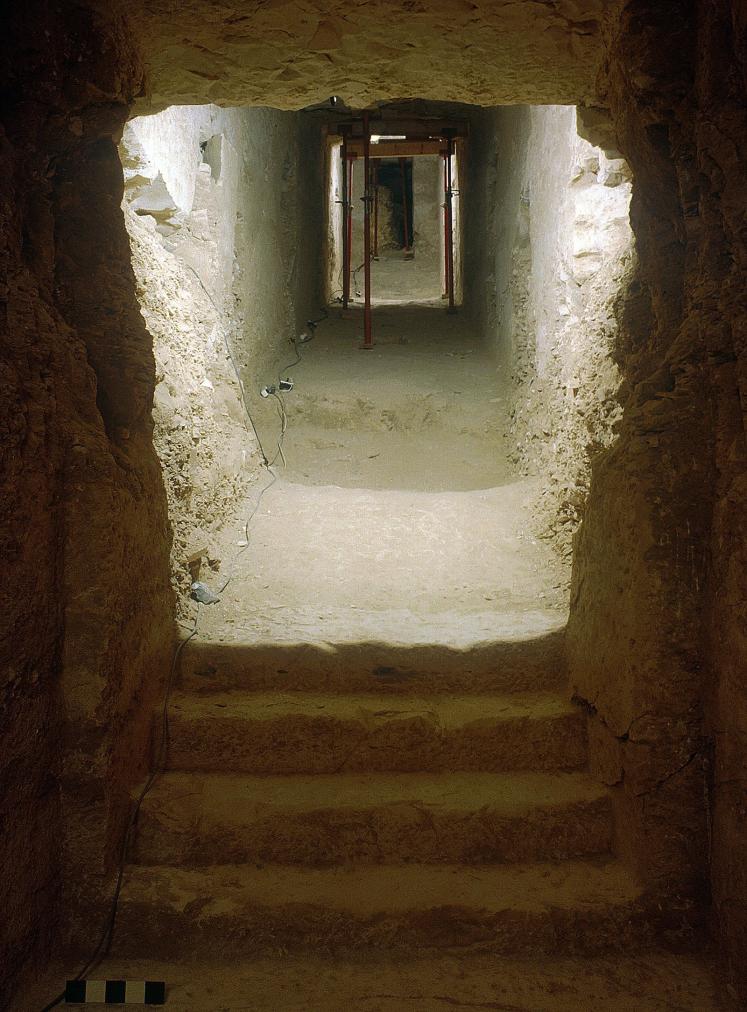
Gate 14
See entire tombThree steps descend through this well-cut gate.
Pillared chamber 14
See entire tombThis rectangular chamber has three pillars cut along its longitudinal axis, which lies at a right angle to that of corridors 12-13. There are three gates cut in its front (southeast) wall, two in its left (southwest), one in its rear (northwest), and none in its right (northeast). There are traces of painted plaster on the walls and pillars. The stone and workmanship here are of especially good quality.
Gate 15
See entire tombThe gate is located in the front (southeast) wall of pillared chamber 14. This gate is unusual in that the first of its three steps was cut 0.36 m (14 inches) in front of the gate, in the floor of pillared chamber 14.
Chamber 15
See entire tombThe floor and ceiling of this rectangular chamber are level.
Gate 16
See entire tombThe gate is located in the left (southwest) wall of pillared chamber 14. There is a single low step in this gate that leads to corridor 16.
Corridor 16
See entire tombOnly the first meters of this long corridor have been cleared, revealing six gates leading into side chamber. The corridor appears to be at least 8 m (26 feet) long, with at least eight side chambers (as yet unmapped). The floor and ceiling are level.
Chamber 17
See entire tombThis chamber is unexcavated.
Gate 17
See entire tombThe gate is located in the left (southwest) wall of pillared chamber 14.
Gate 18
See entire tombThe gate is located in the rear (northwest) wall of pillared chamber 14.
Chamber 18
See entire tombThis chamber is unexcavated.
Gate 18a
See entire tombThe gate is located in the right (northeast) wall of chamber 18.
Side chamber 18a
See entire tombThis side chamber is unexcavated.
Gate 19
See entire tombThe gate is located in the front (southeast) wall of pillared chamber 14.
Chamber 19
See entire tombThis chamber is unexcavated.
Gate 20
See entire tombThis gate appears to be the mirror image of gate 12. It too was cut after the floor in the front (northwest) of pillared chamber 3 was lowered.
Corridor 20
See entire tombThis corridor is very similar to corridor 12. Only the first few meters have been cleared at the time of this writing. Four gates and side chambers have so far been found. None lie beneath chamber 1 or burial chamber 2. Like corridor 12, another corridor and pillared chamber, still under excavation, lie beyond this corridor.
Entryway A
See entire tombA staircase, now badly broken, descends 4.46 m (14.5 feet) through bedrock to the gate of chamber 1. Only the lower six of what were probably twelve steps are preserved. There is an inwardly-sloping overhang before gate 1.
About
About
KV 5 is located in the main Wadi of the Valley of the Kings. The tomb may originally have been a Dynasty 18 tomb (consisting of chambers 1, 2, and part of 3) usurped by Rameses II as the burial place for several of his principal sons. Still under excavation, the tomb has so far revealed more than 120 corridors and chambers. Since the tomb appears to have several bilaterally symmetrical sections, it is likely that the number of chambers will increase to 150 or more in subsequent field seasons.
KV 5 is the largest tomb in the Valley; pillared chamber 3 is the largest chamber of any in the Valley of the Kings. At least four royal sons are known to have been interred in KV 5. However, since there are more than twenty representations of sons carved on its walls, there may have been that many sons interred in the tomb. The tomb is decorated with scenes from the Opening of the Mouth ritual (pillared chamber 3) and representations of the king, princes and deities (chamber 1, chamber 2, gate 3, pillared chamber 3, corridor 7, chamber 8, gate 9, corridor 12).
Noteworthy features:
The overall plan of this tomb is unusual; the plan is unlike any other royal tomb. There is a shift in the tomb's principal axis after chamber 3; several chambers lie beneath other chambers; two corridors extend toward the northwest beneath the entrance and the road in front of the tomb. Pillared chamber 3 has more pillars (sixteen) than any other chamber in the Valley of the Kings. The sculpted Osiris figure in the recess at the end of corridor 7 is similar to that found in chamber Je, KV 7, the tomb of Rameses II.
Site History
A small tomb perhaps dating to Dynasty 18 was appropriated by Rameses II and considerably enlarged in several phases. There is no evidence of re-use of KV 5 after the reign of Rameses II. The tomb was first visited in modern times by James Burton, who mapped its first nine chambers. Its greater extent was realized by the Theban Mapping Project in 1995, and more chambers continue to be discovered. For the history of the excavation of KV 5 by the Theban Mapping Project, see the About section.
Dating
This site was used during the following period(s):
Exploration
Conservation
Conservation History
The tomb is currently undergoing engineering and conservation work as it continues to be cleared.
Site Condition
The tomb was robbed in antiquity. Since then, it has been hit by at least eleven flash floods caused by heavy rains in the Valley. These have completely filled the tomb with debris and seriously damaged its once-comprehensively decorated walls. From about 1960 to 1990, tour buses parked above the tomb; their vibrations caused serious damage to parts of the tomb near the roadway, as did a leaking sewer line installed over the entrance when the Valley of the Kings rest house was built.
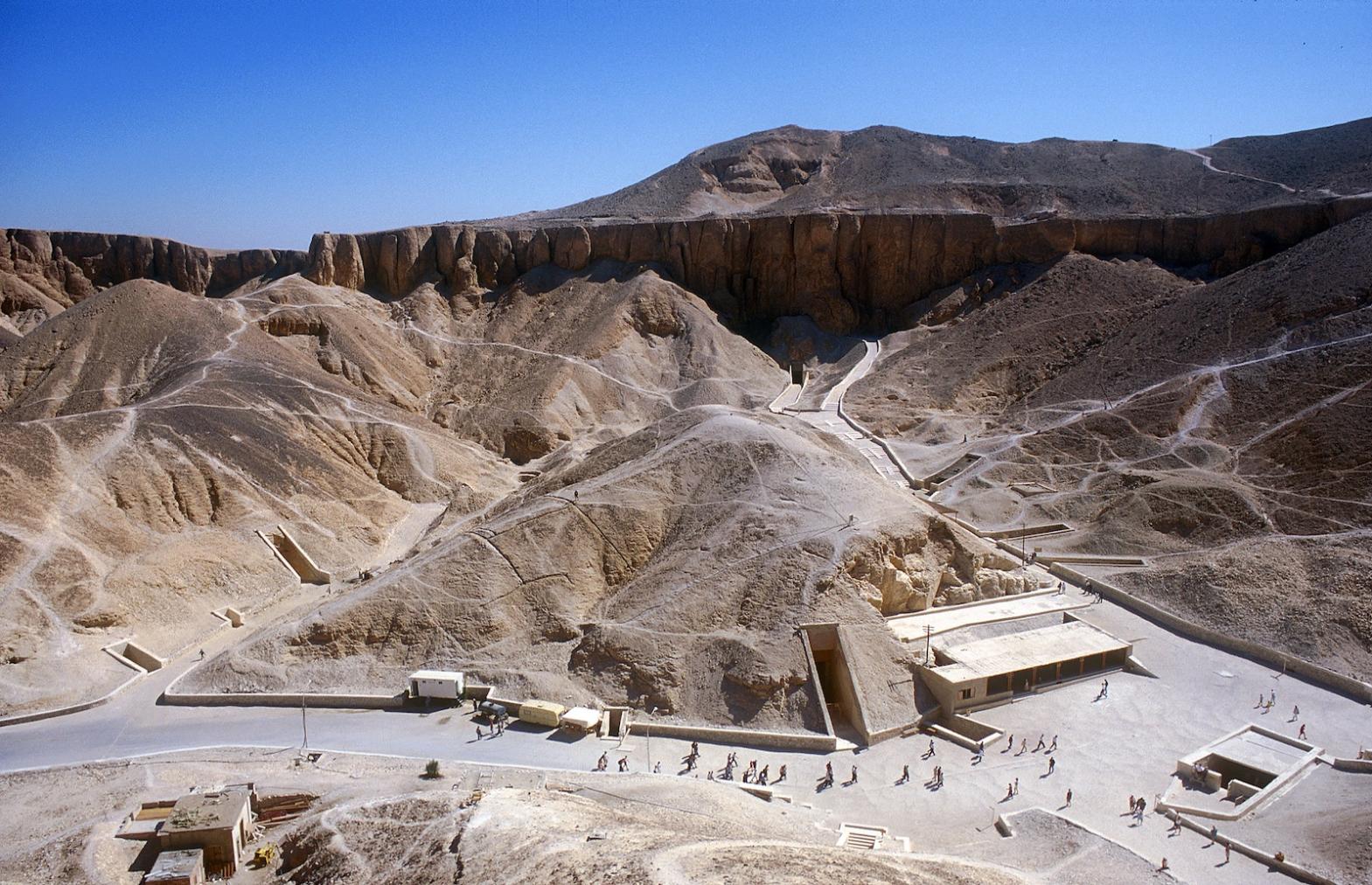
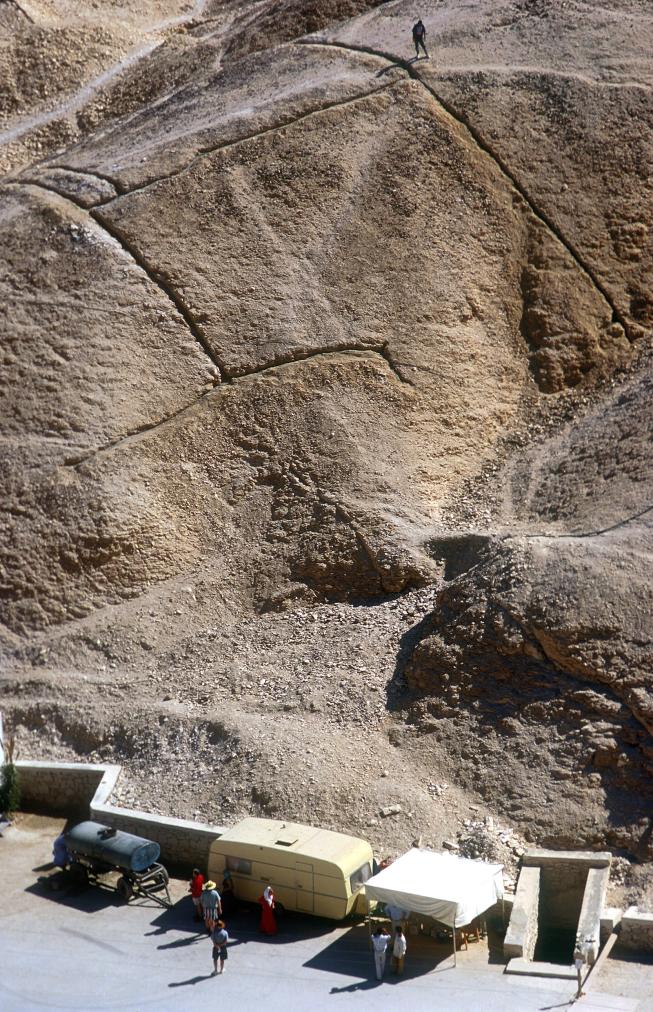
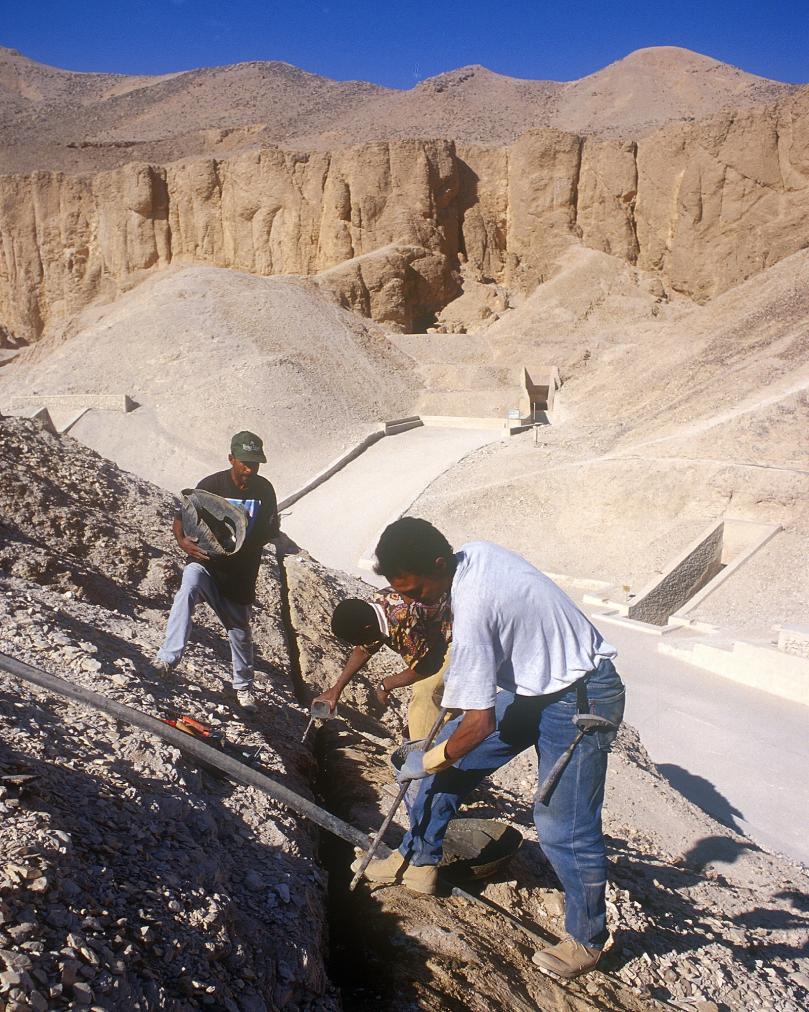
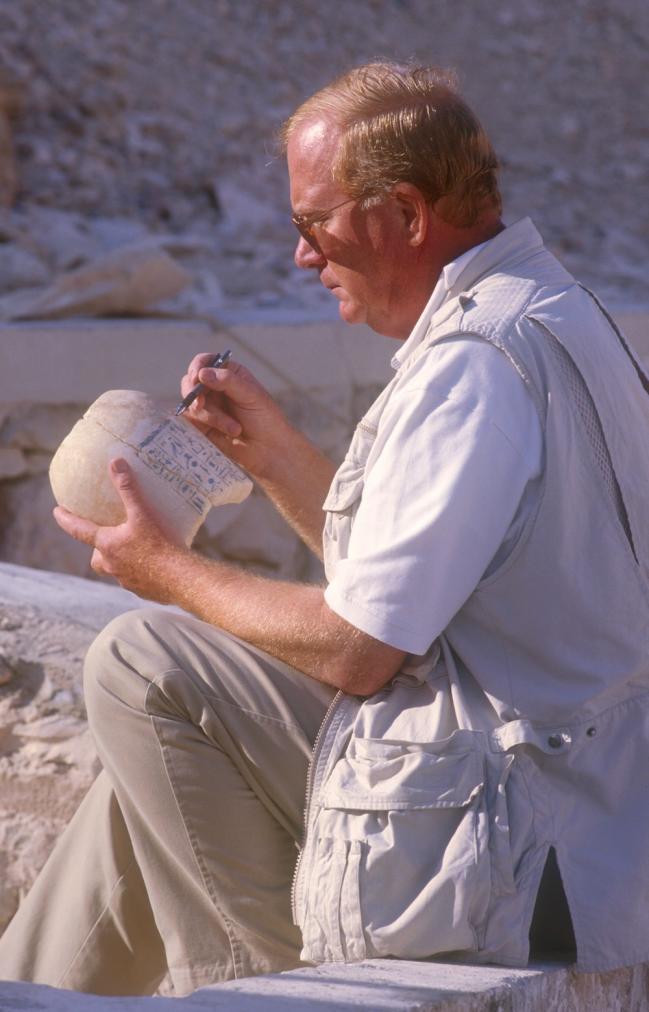
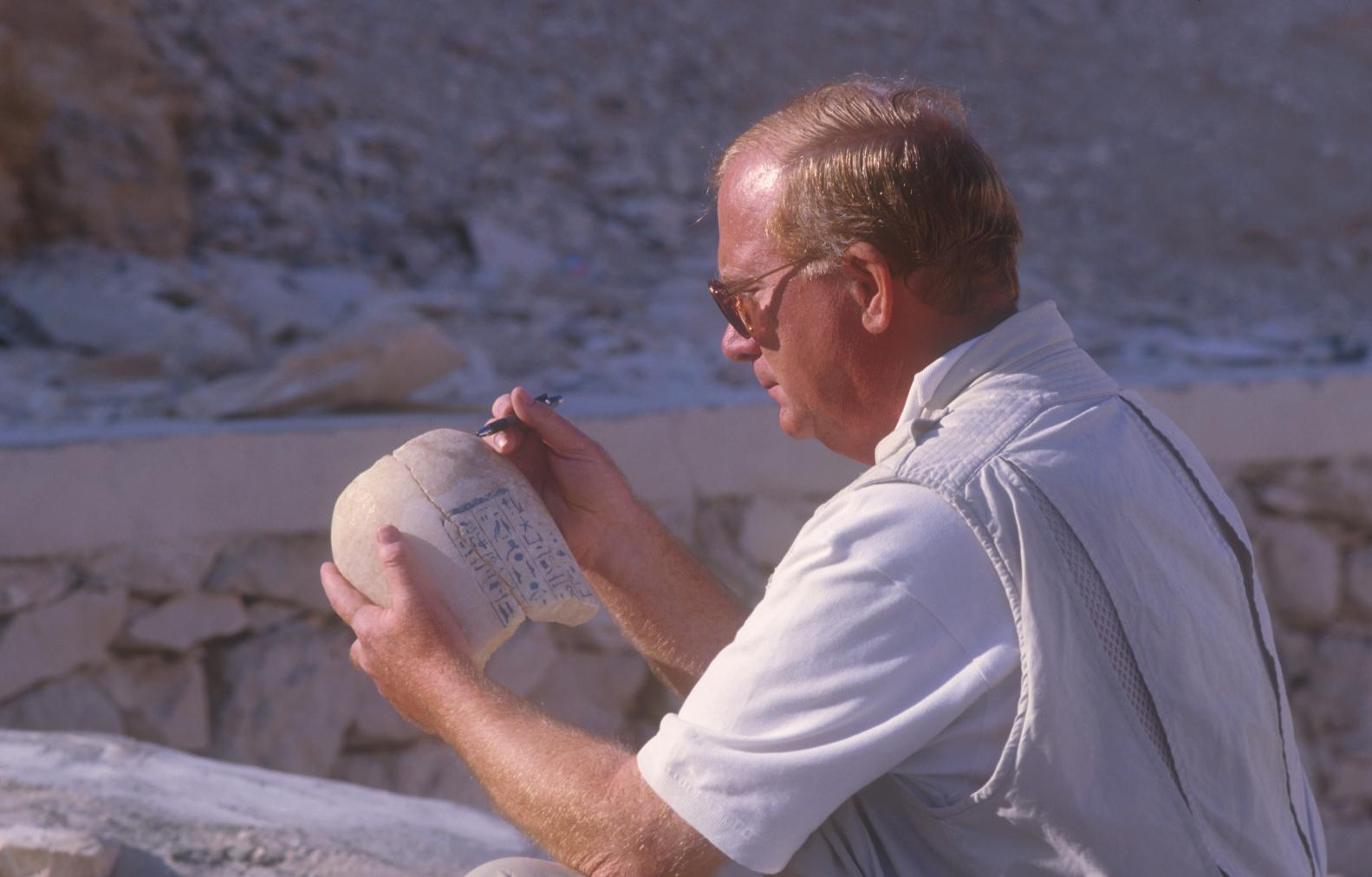

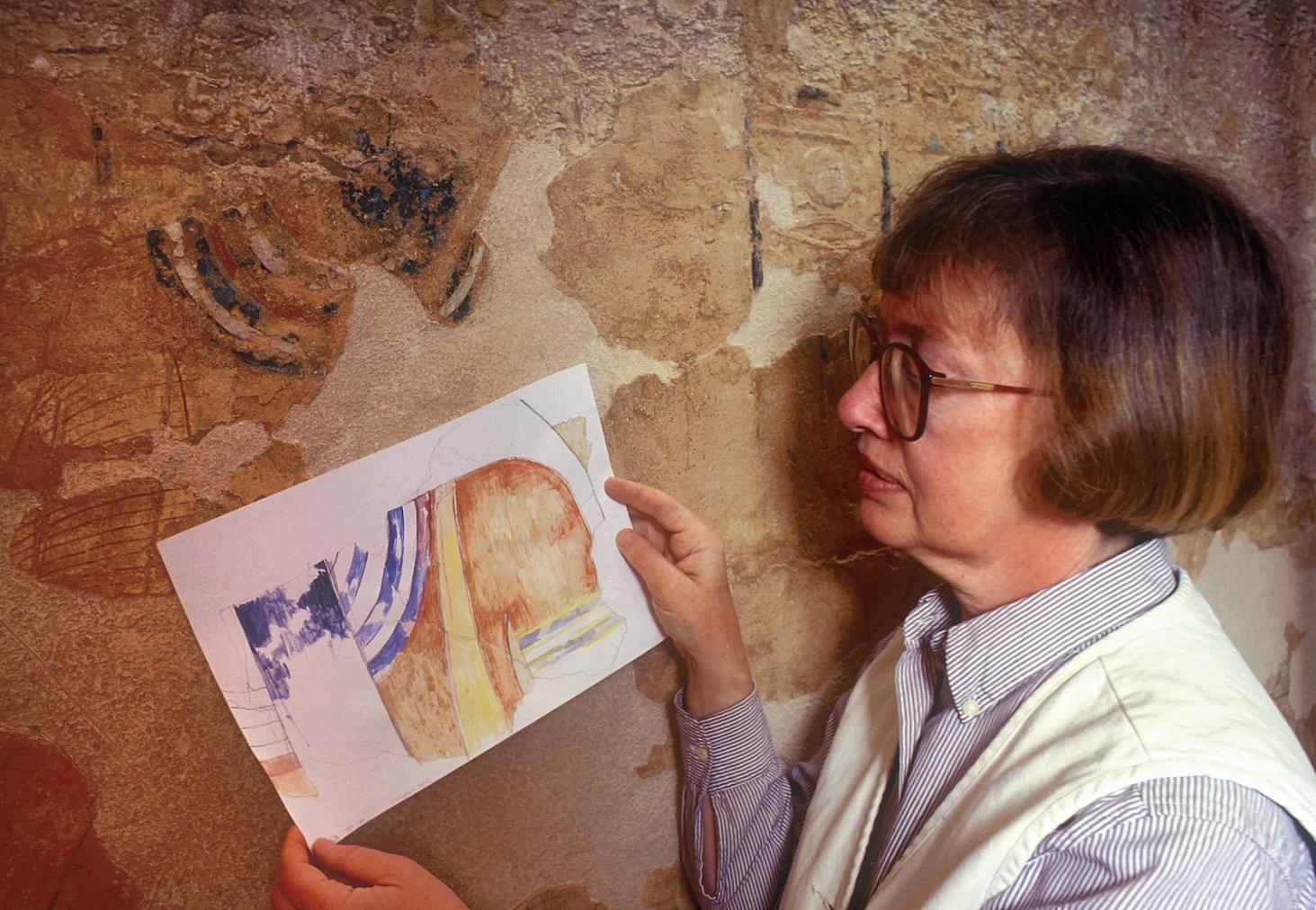





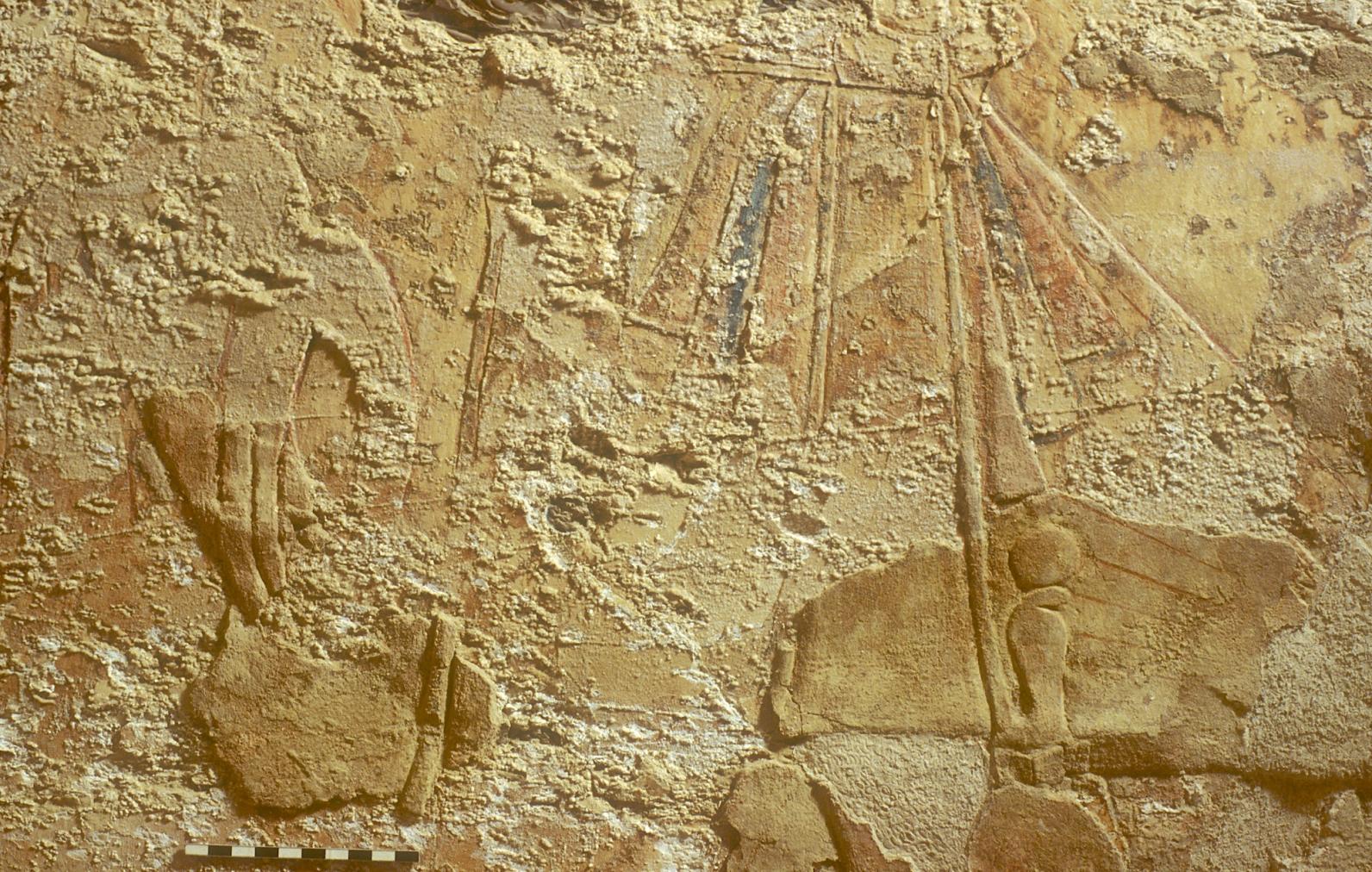
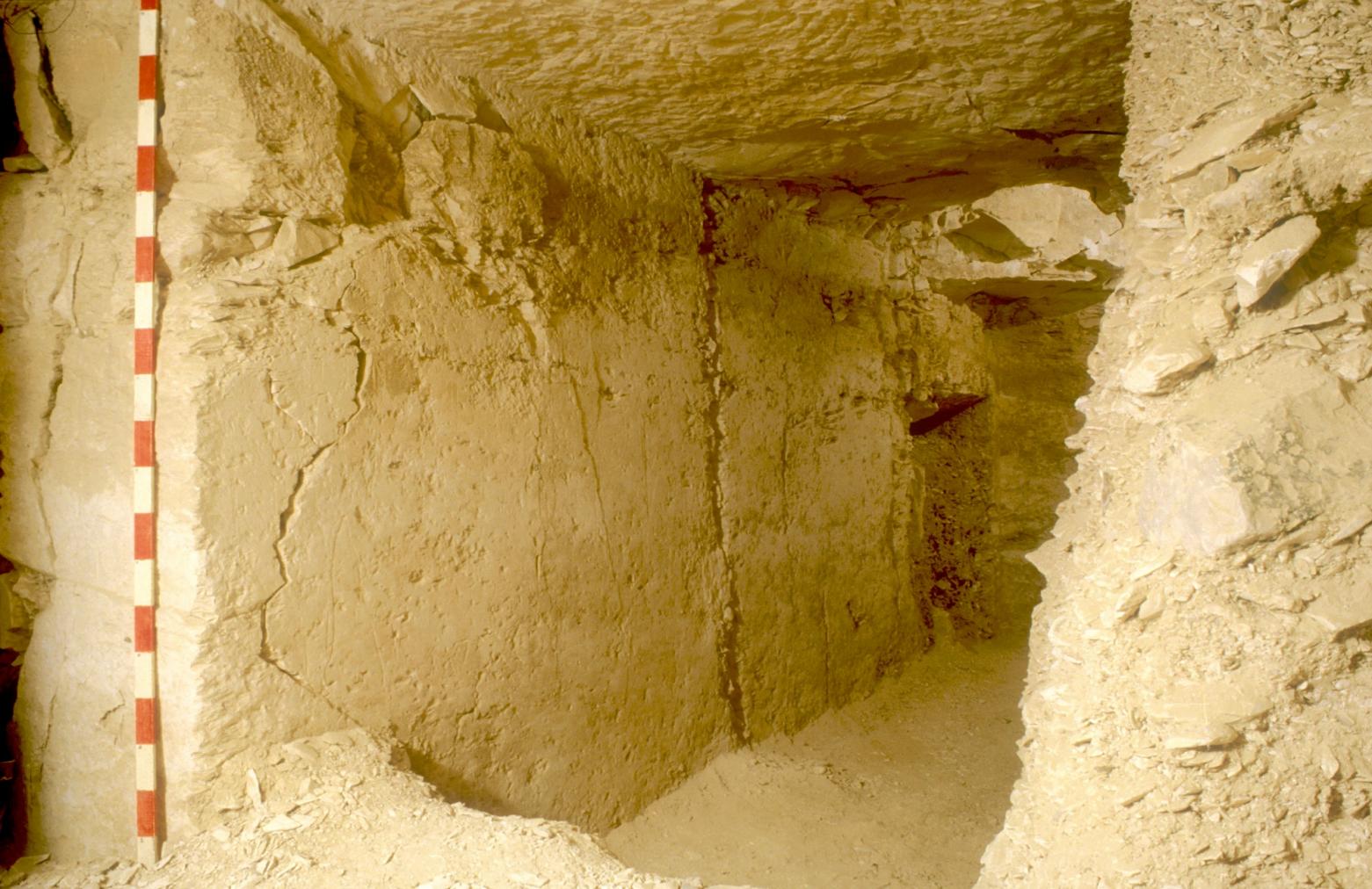



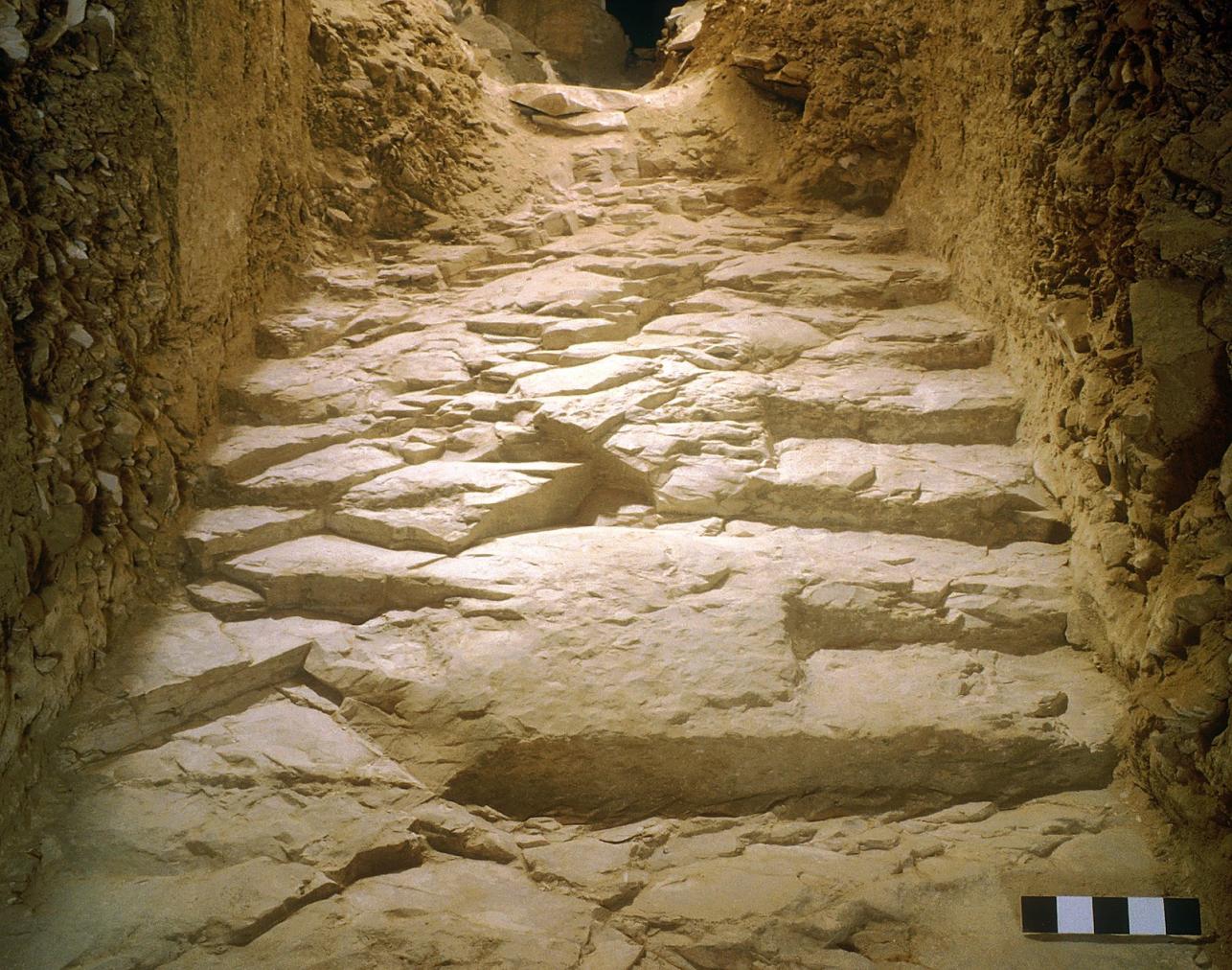
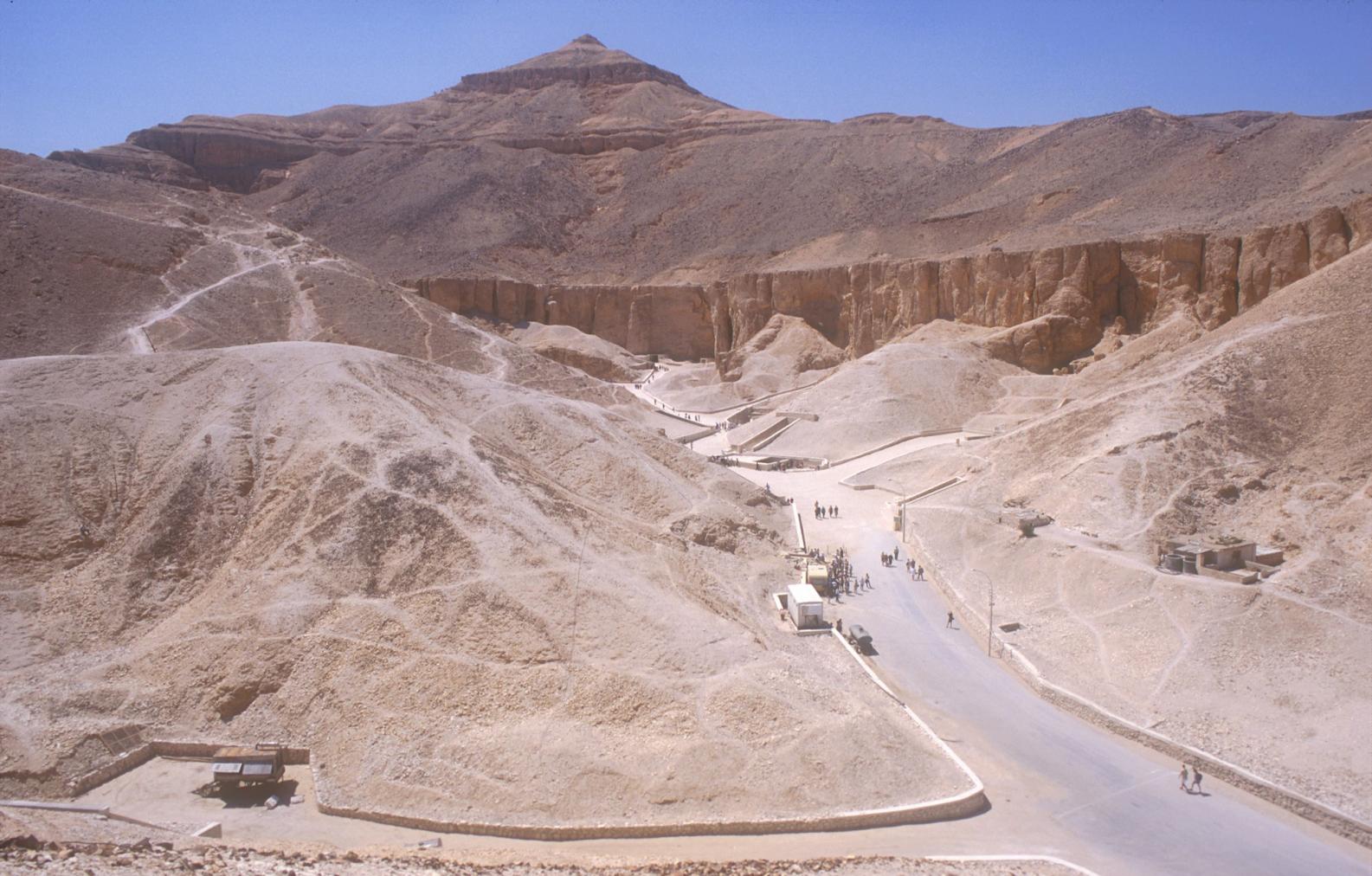
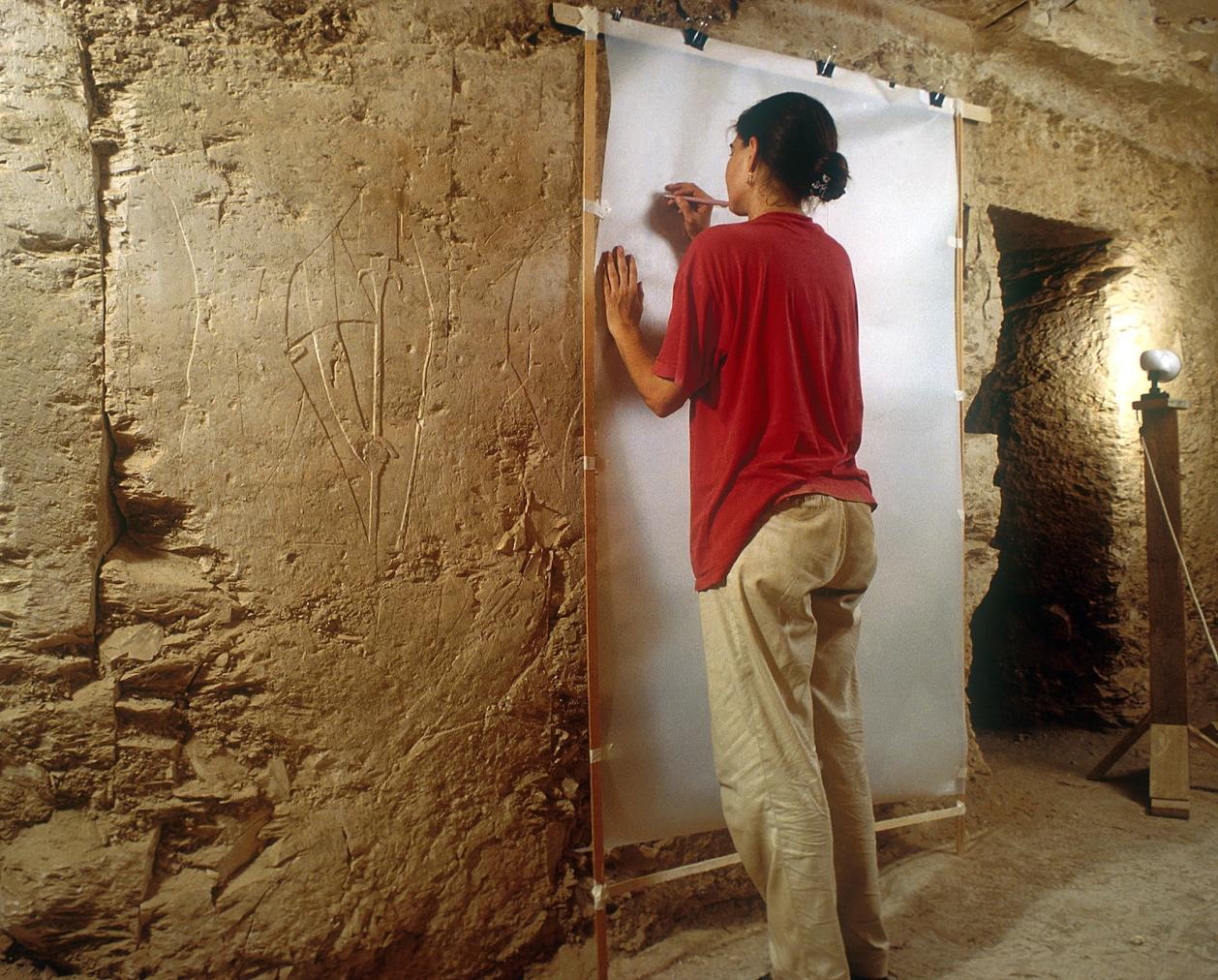
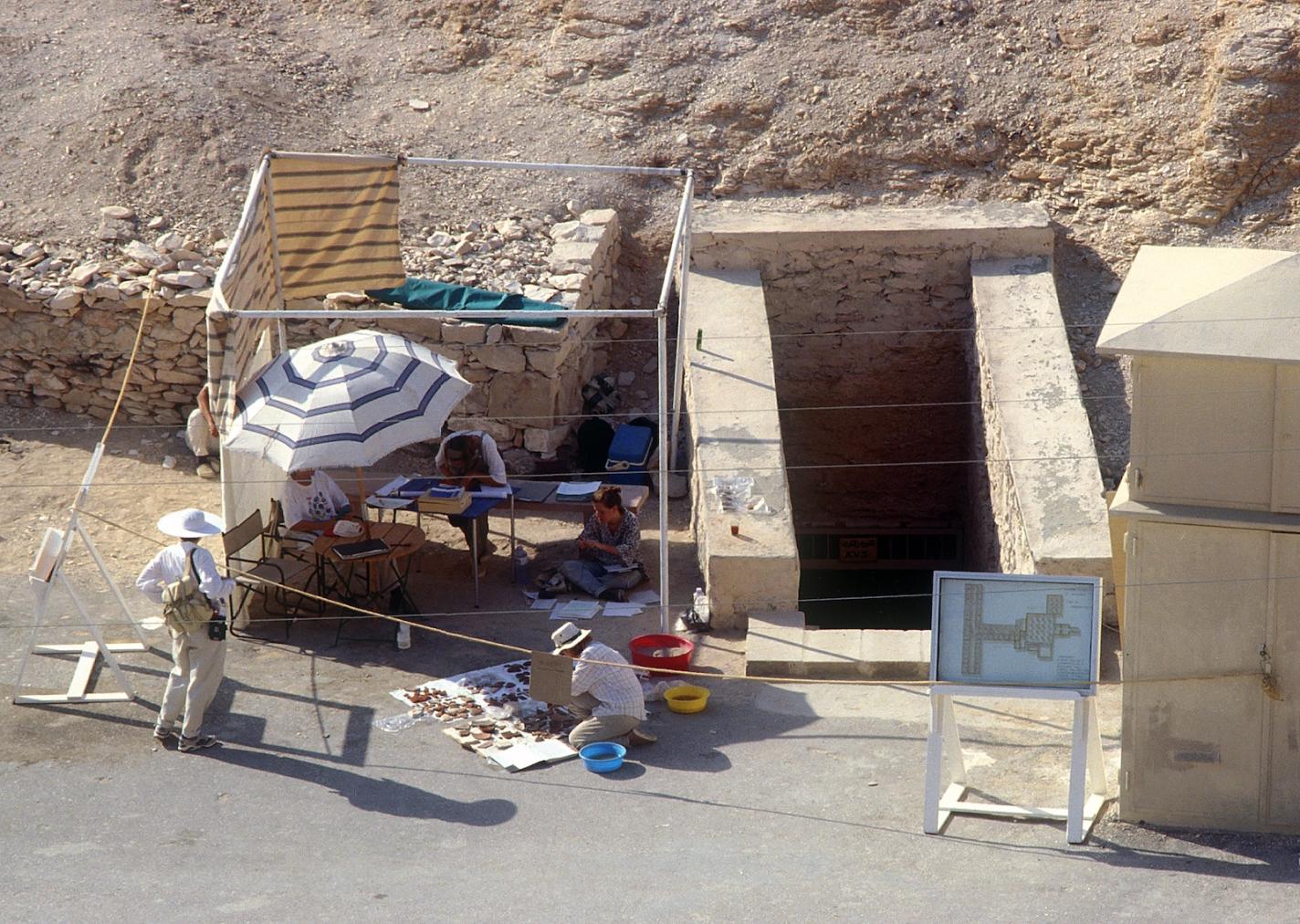
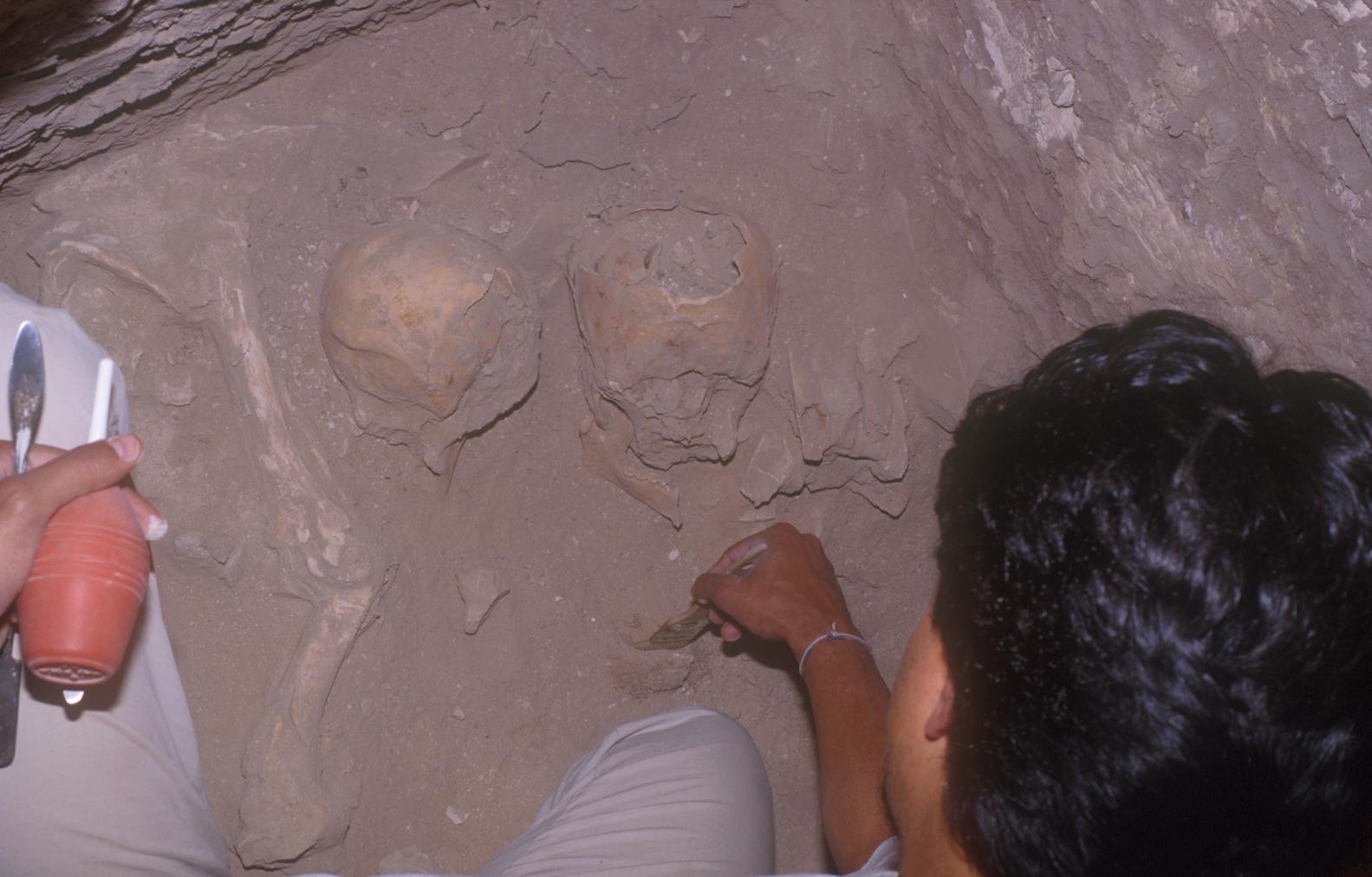
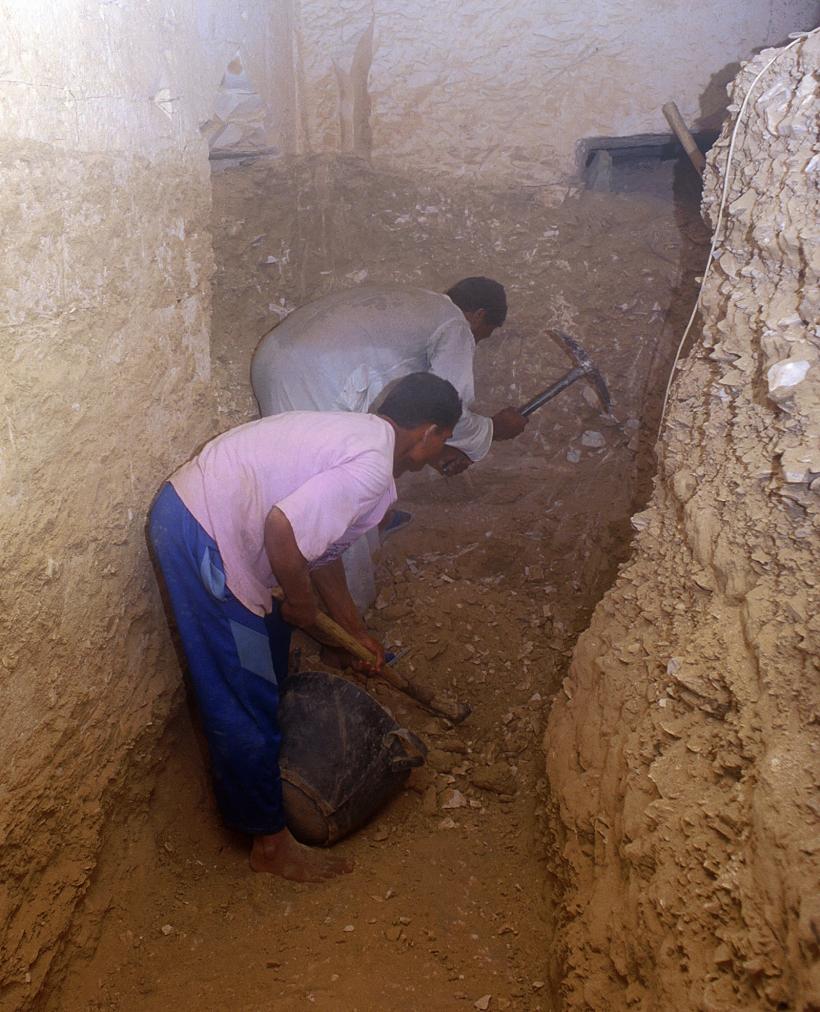
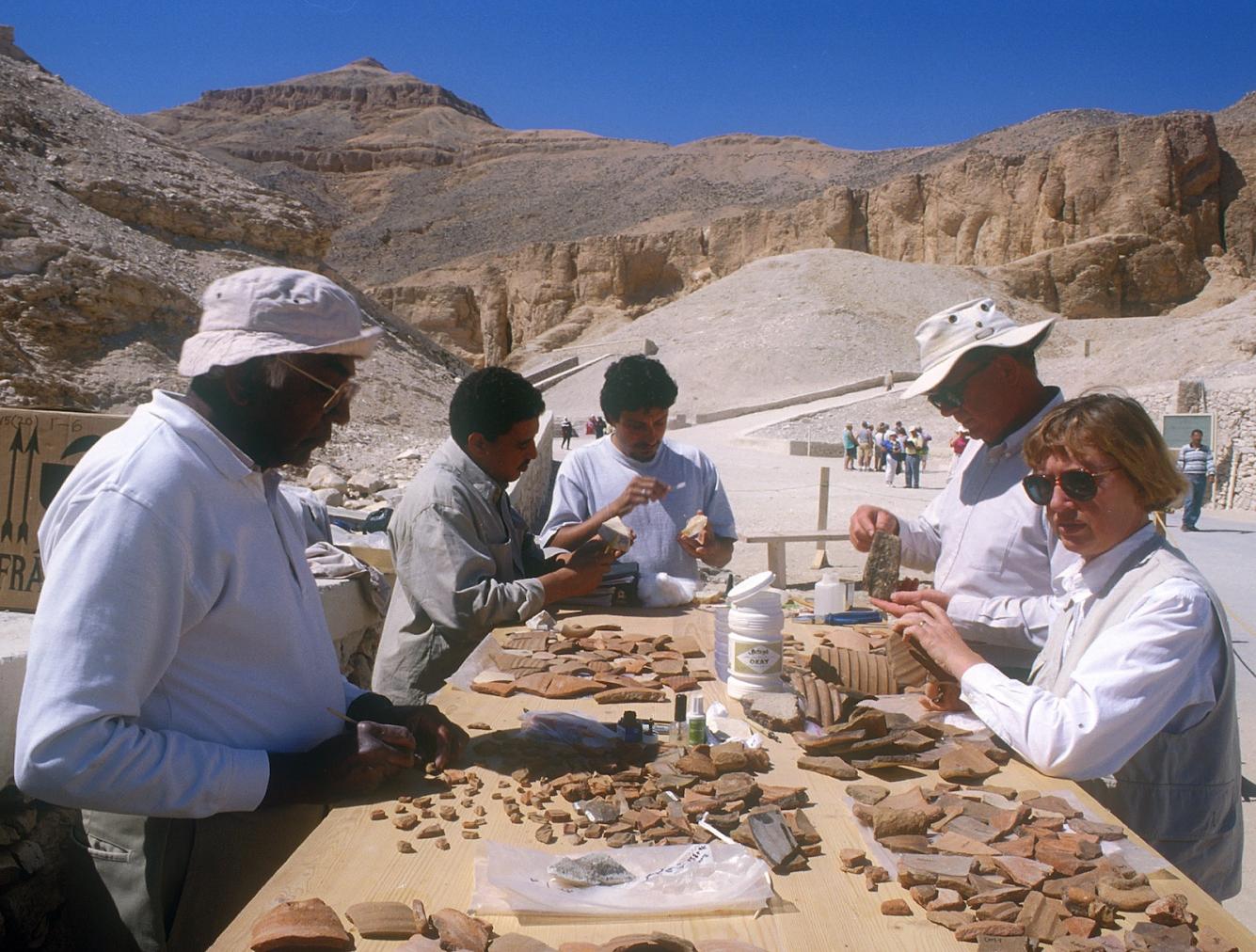
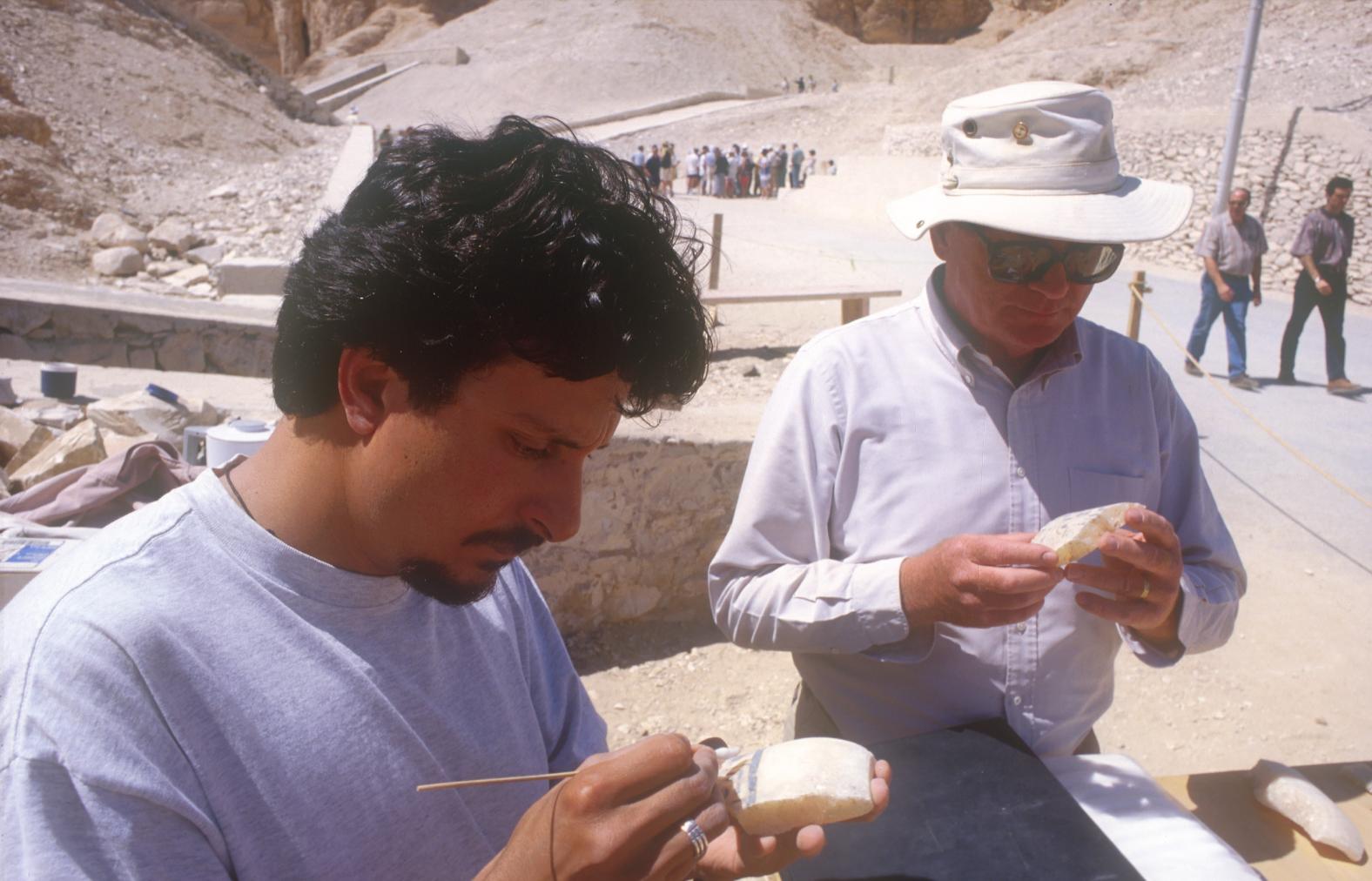



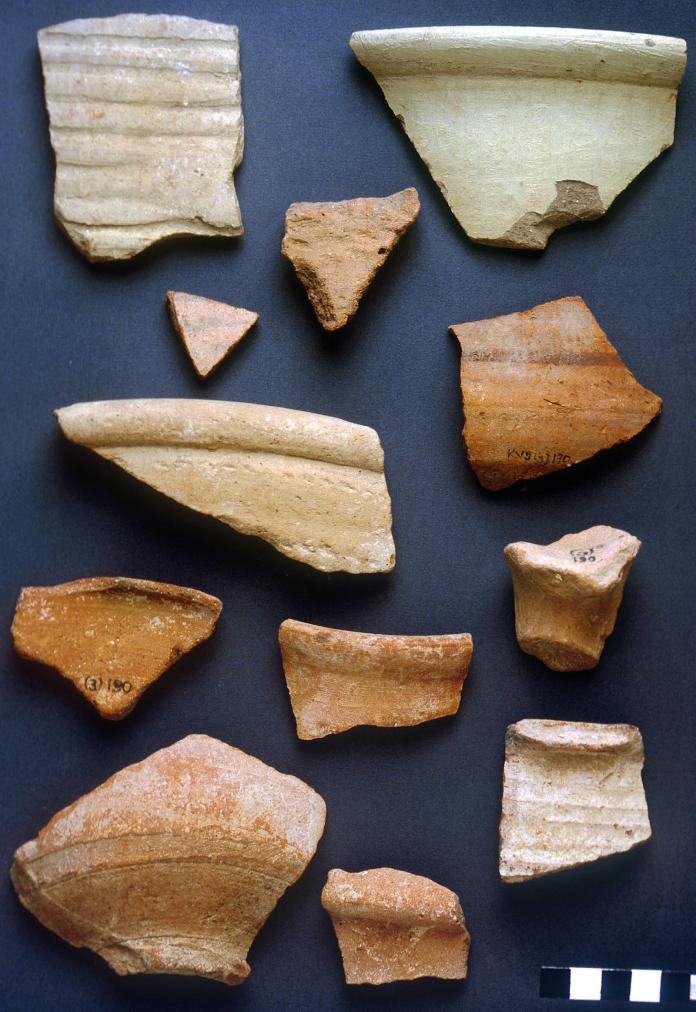
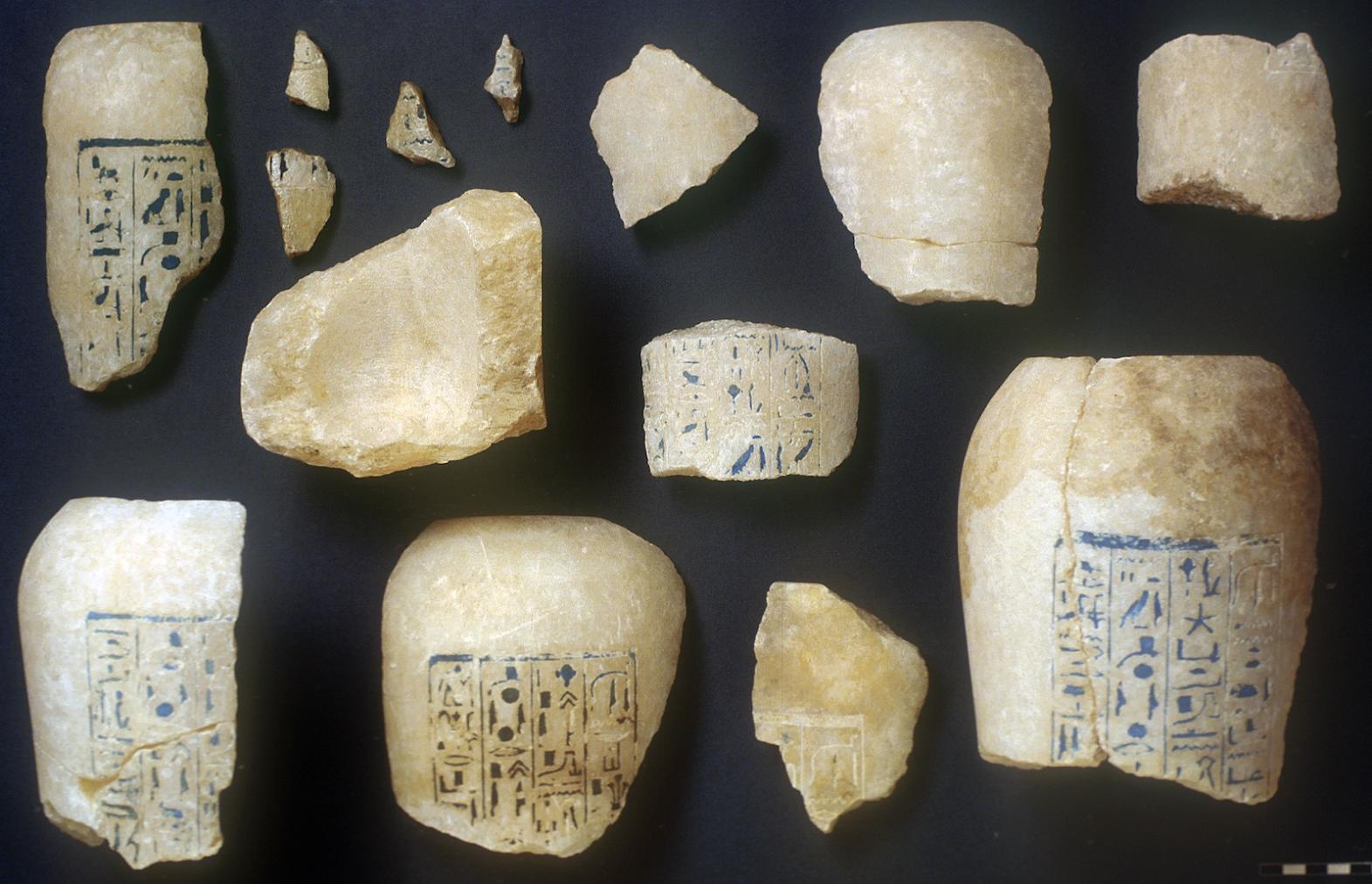
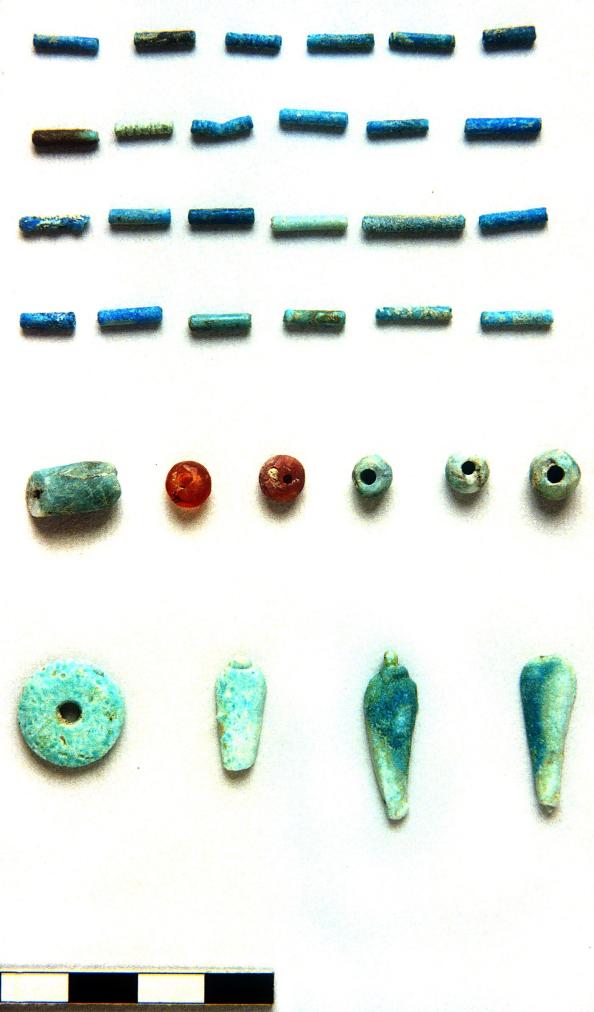

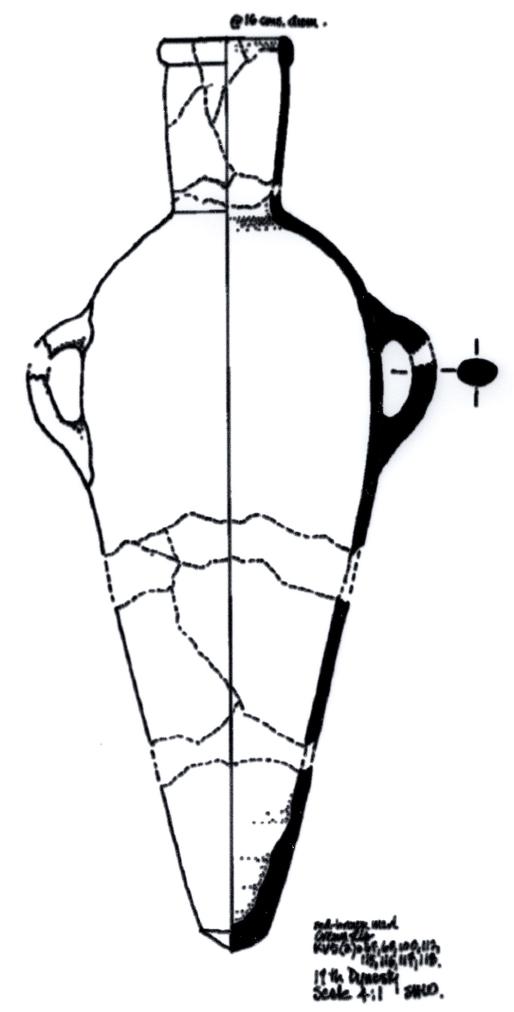




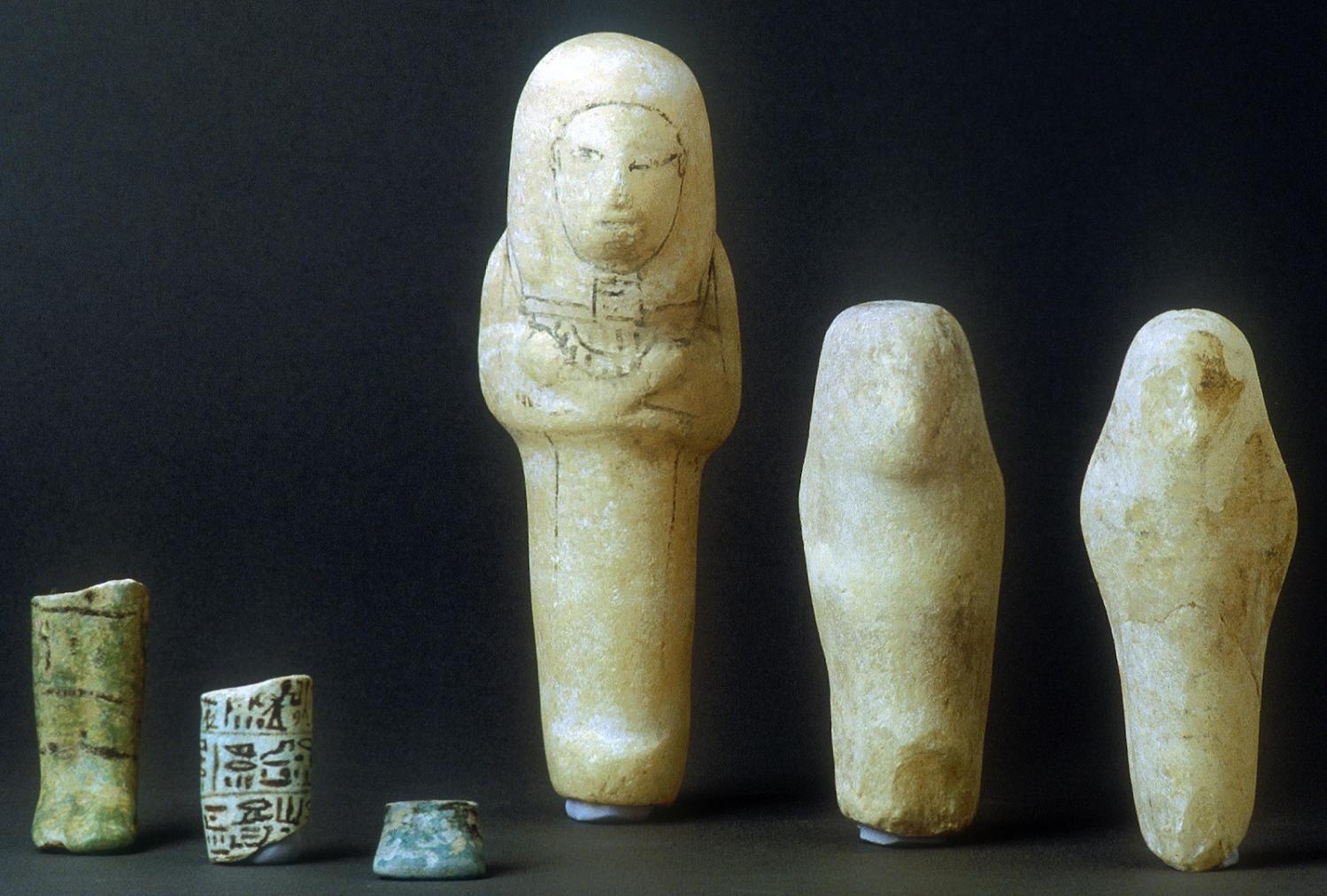
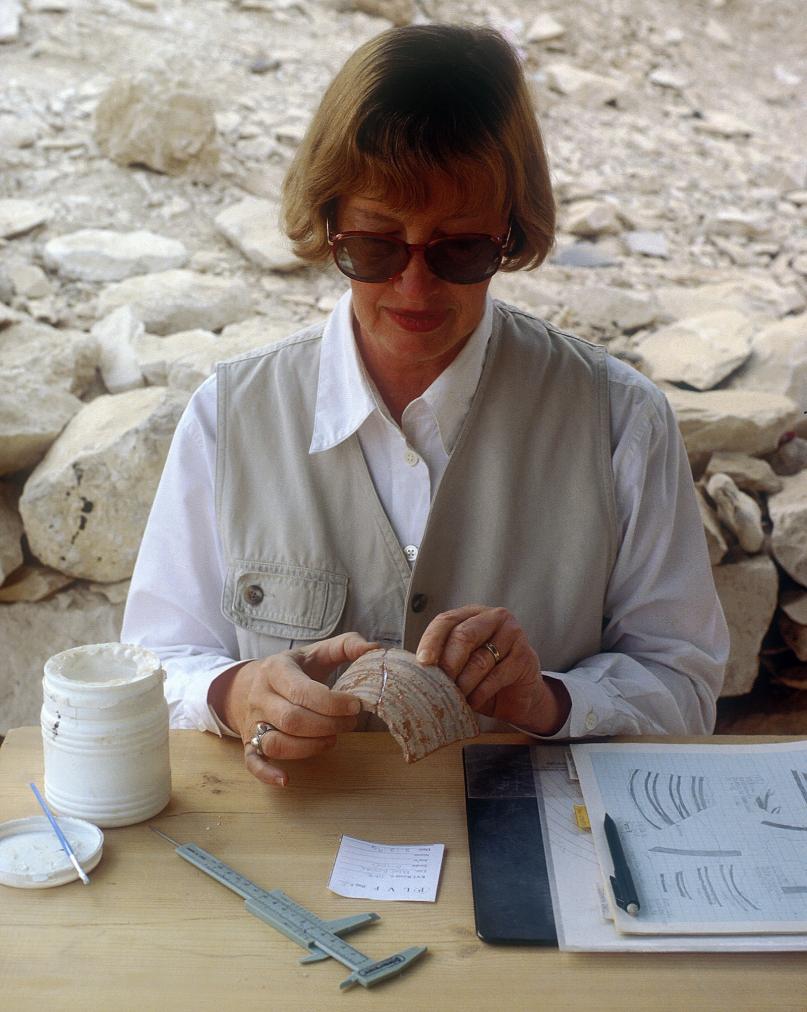
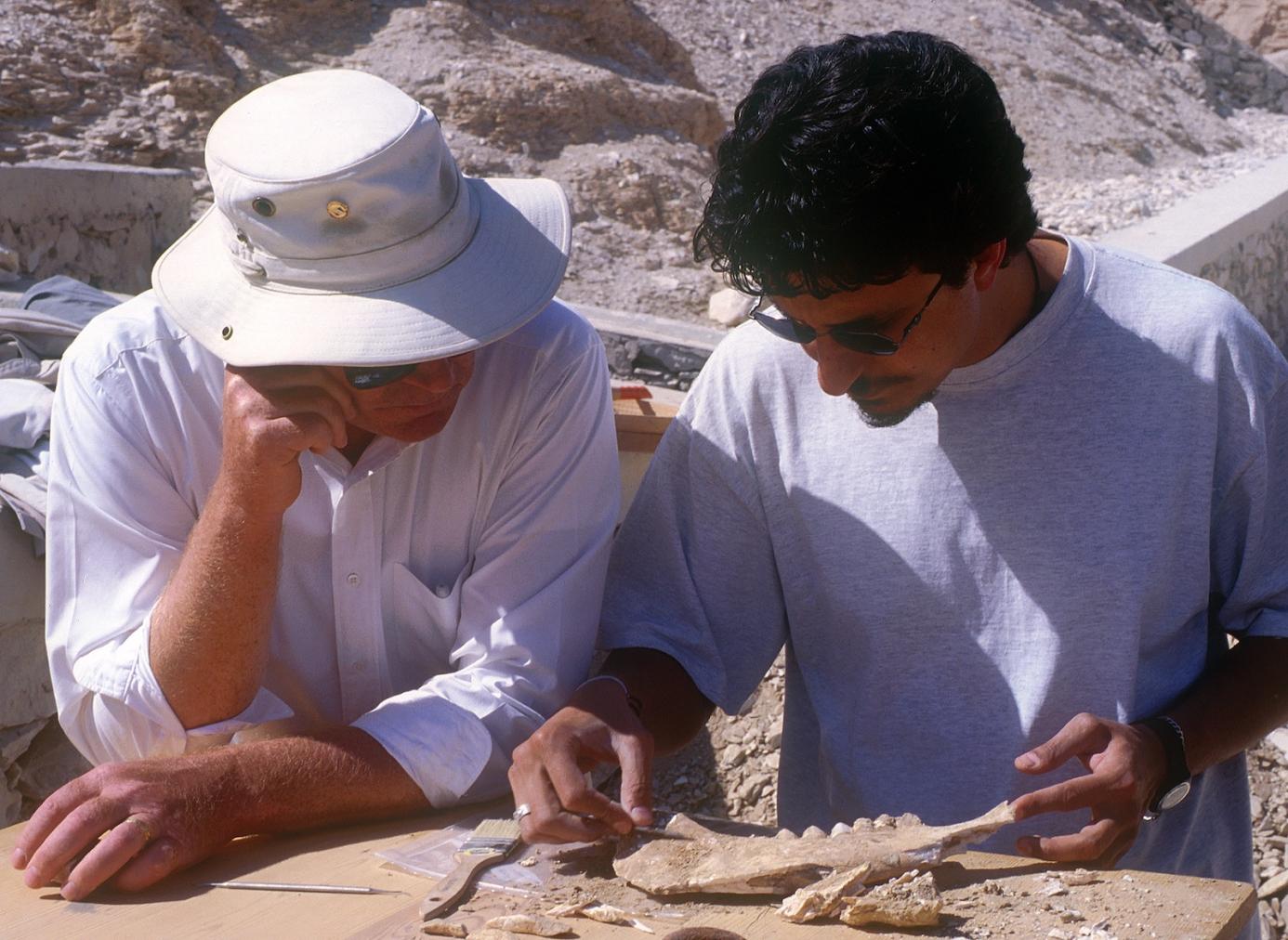
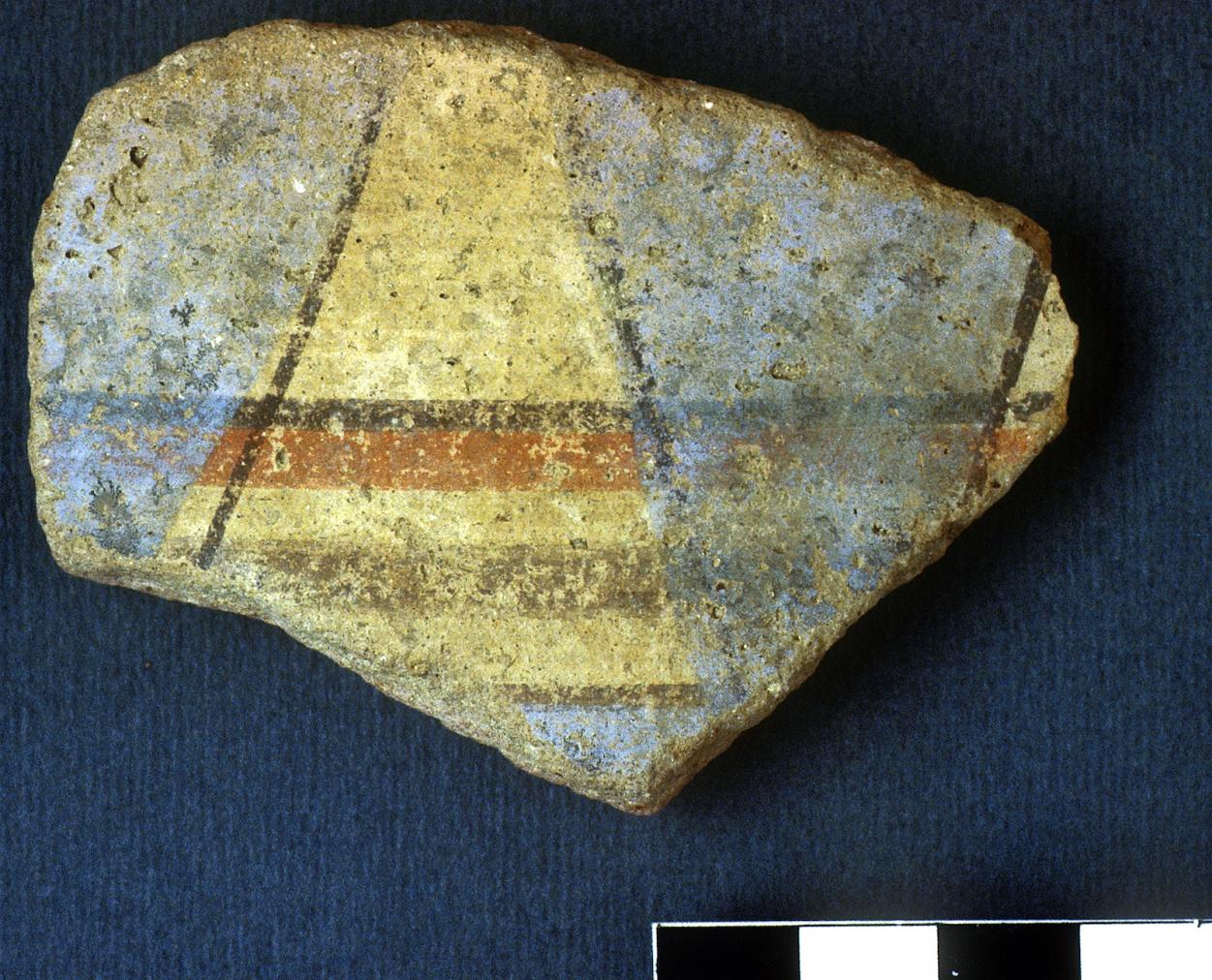
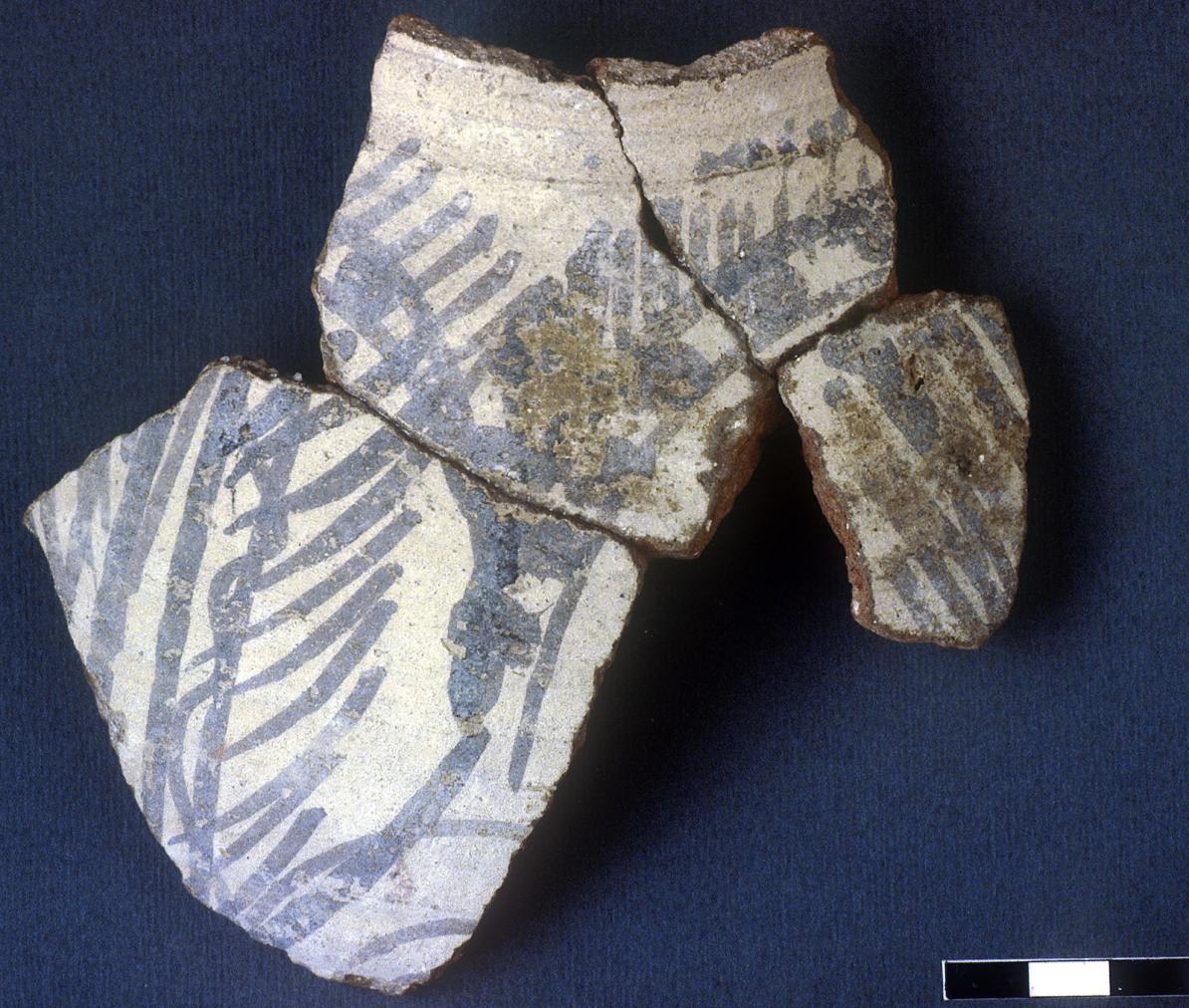

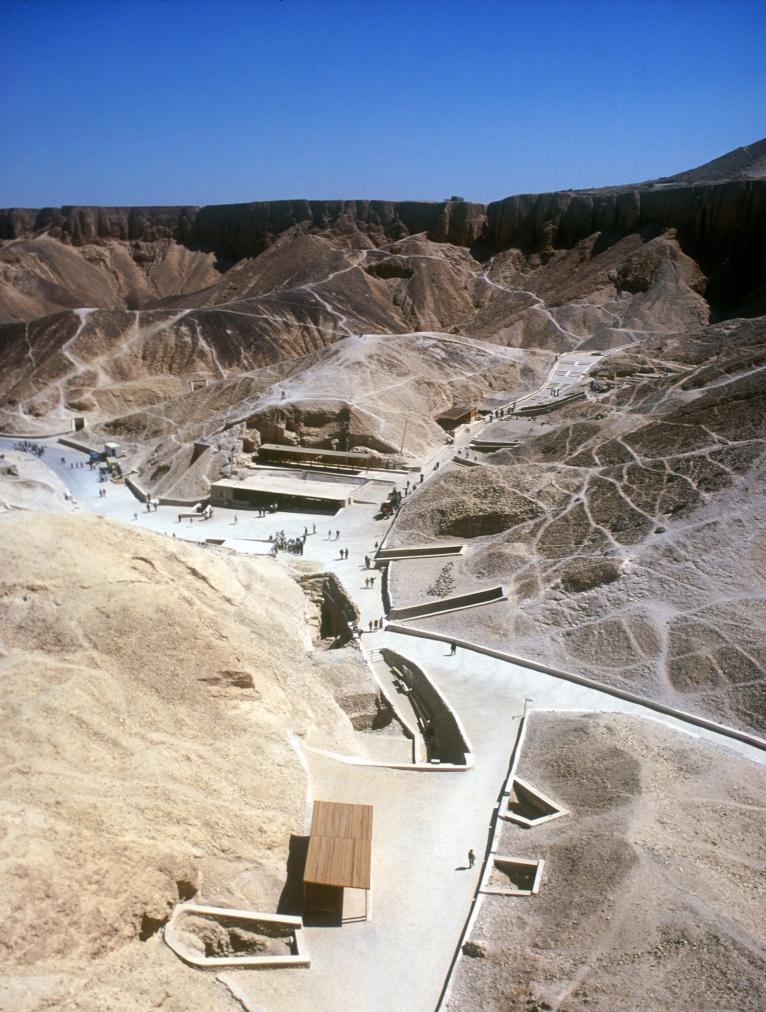
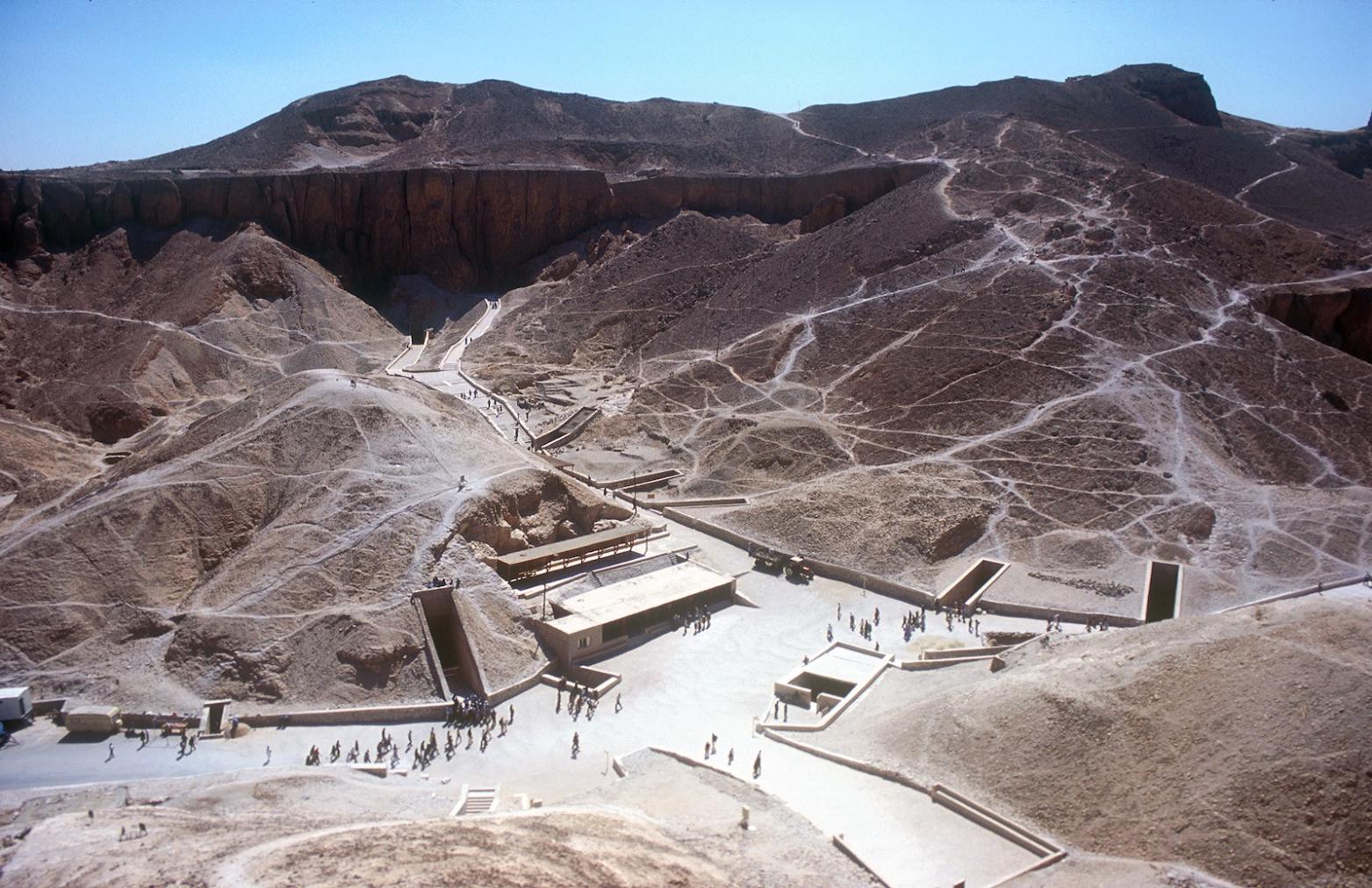
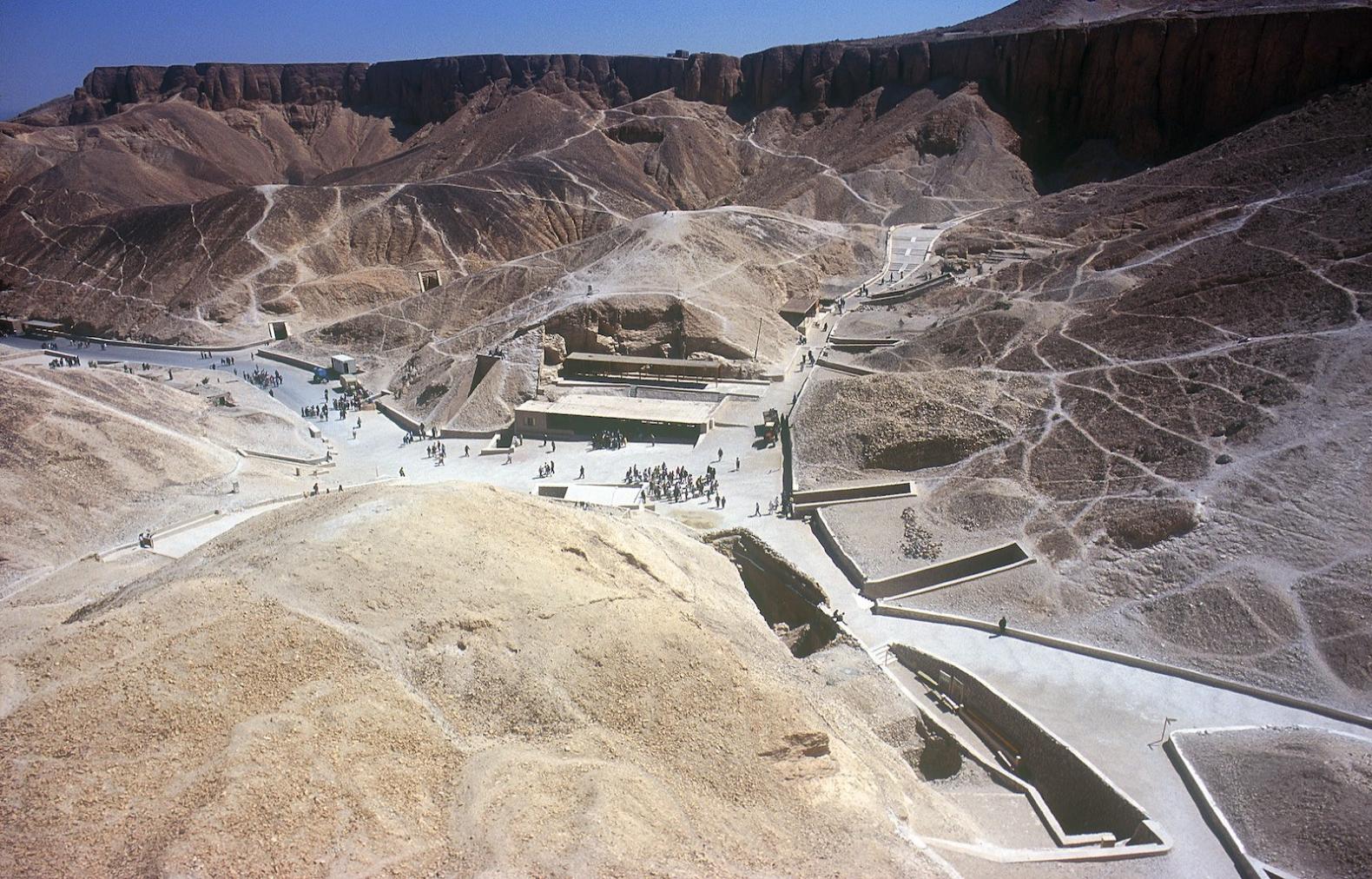






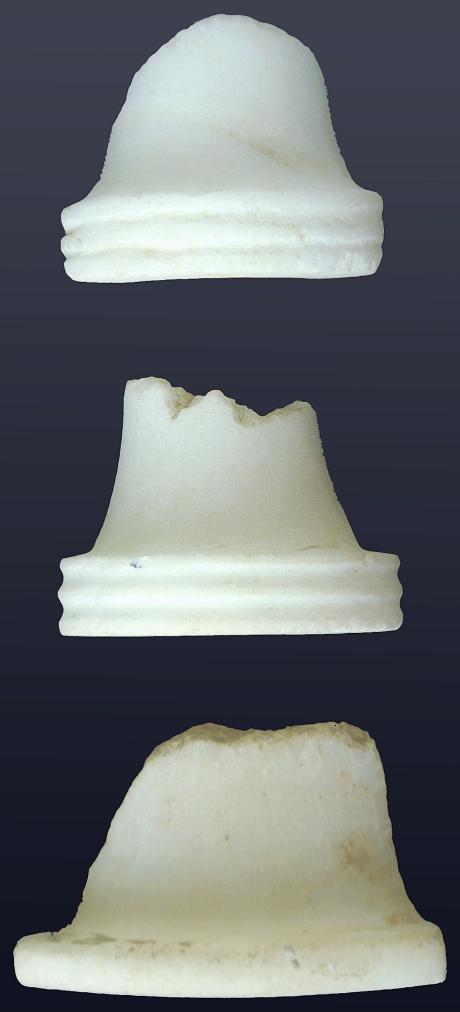
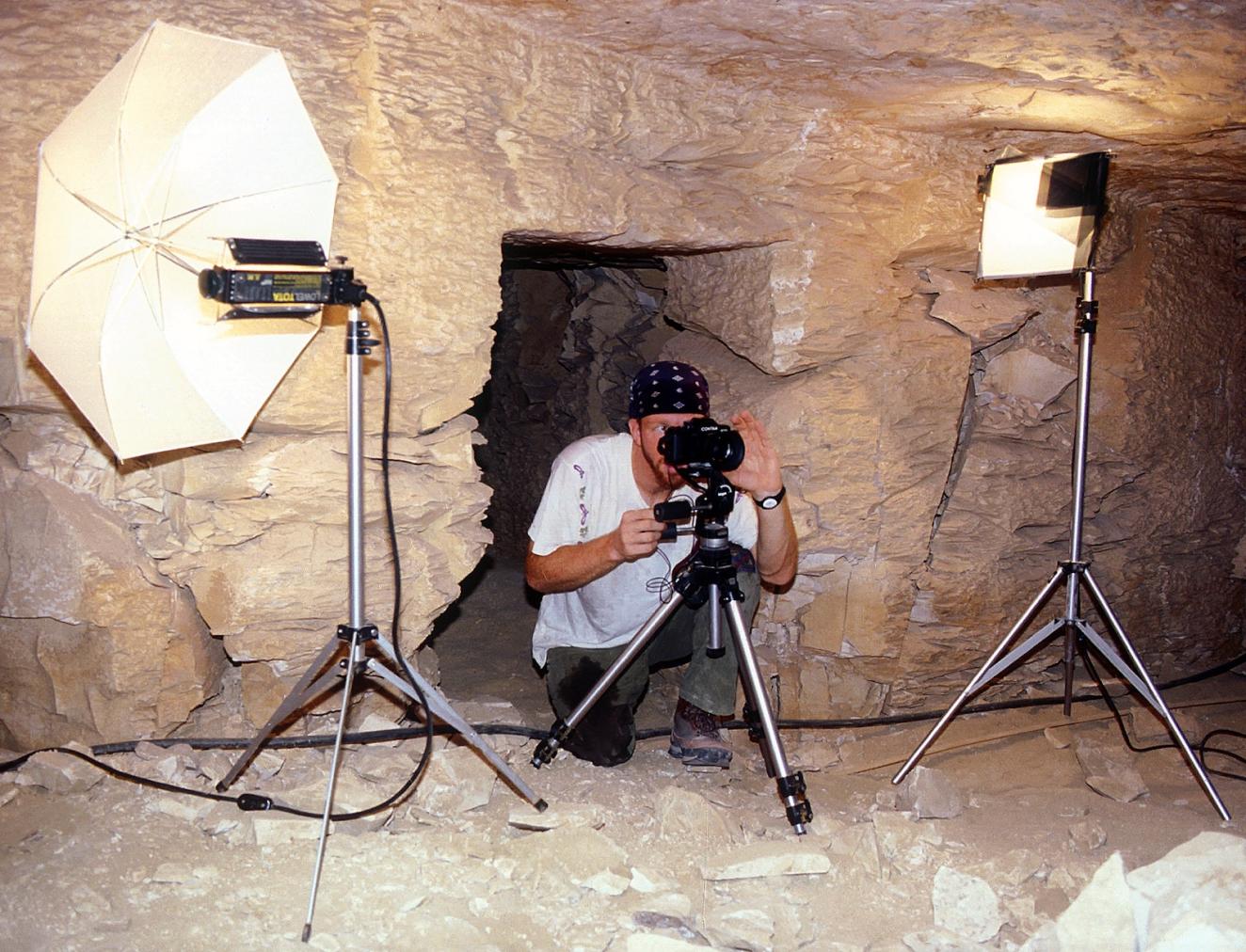
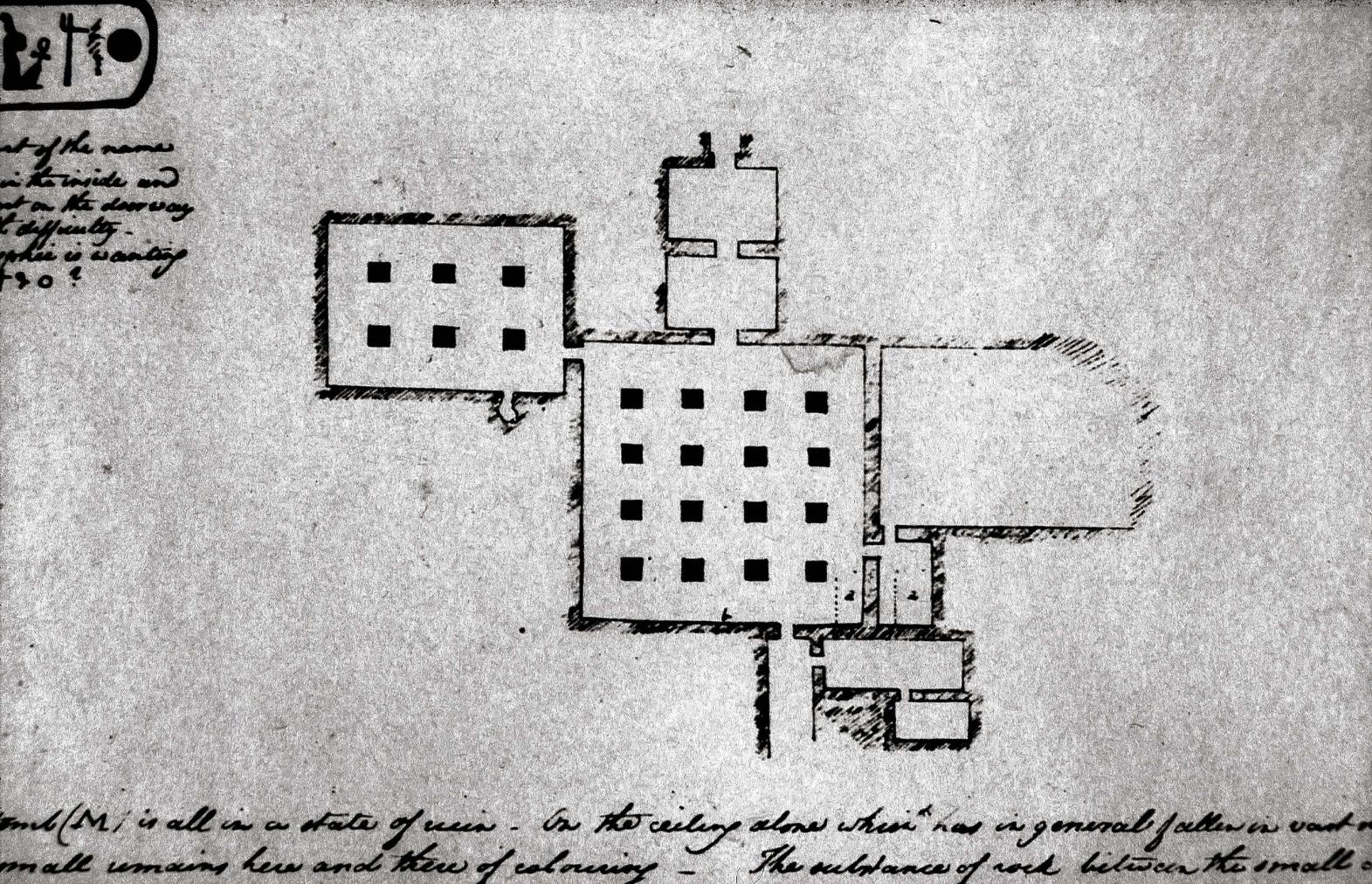
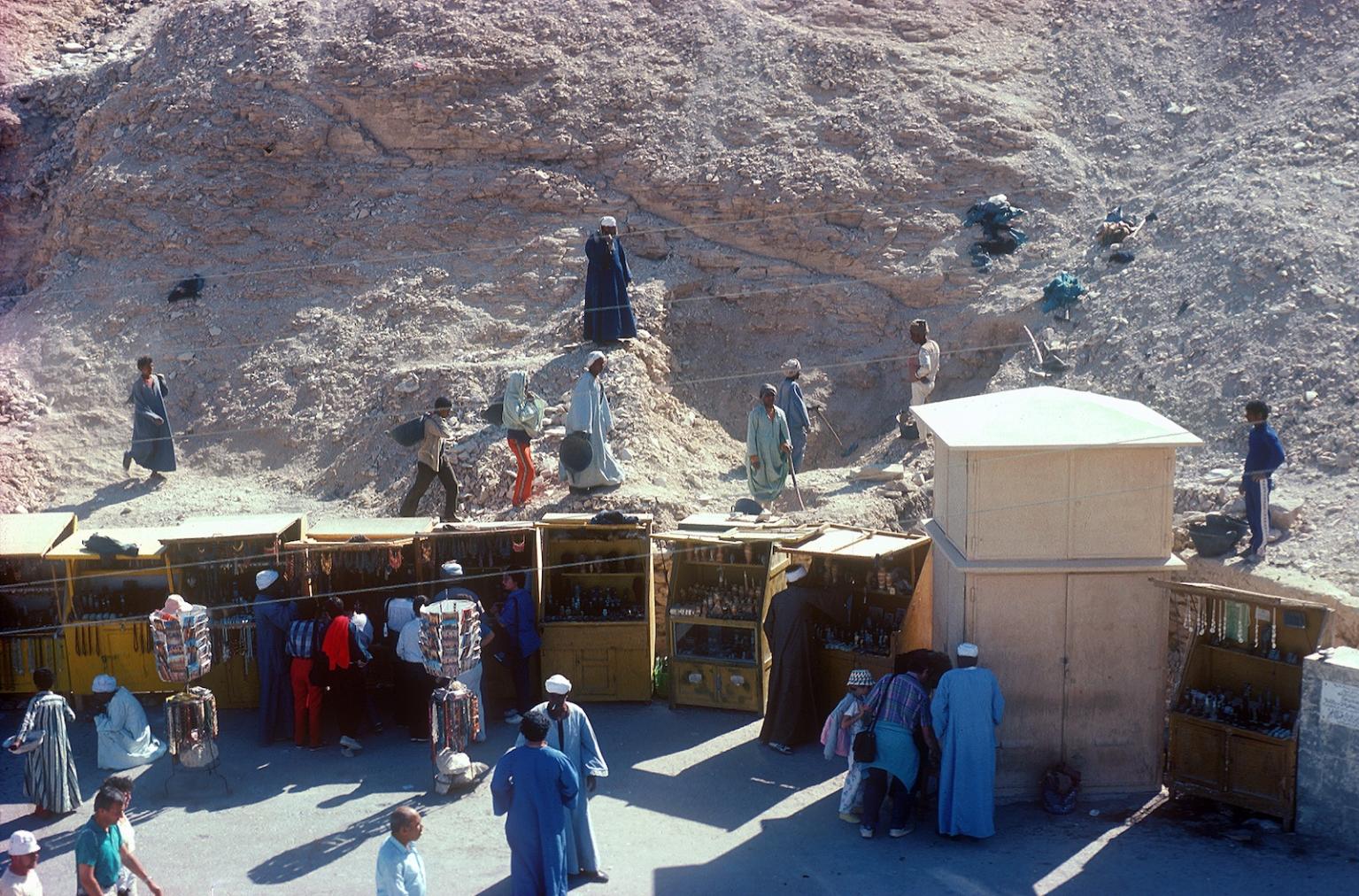
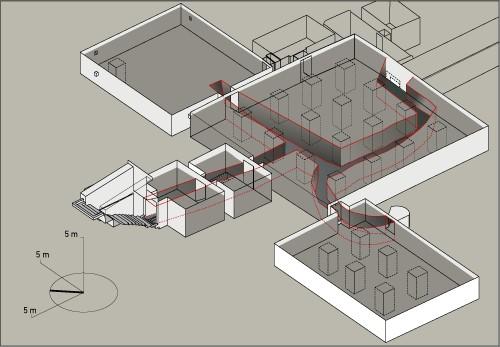
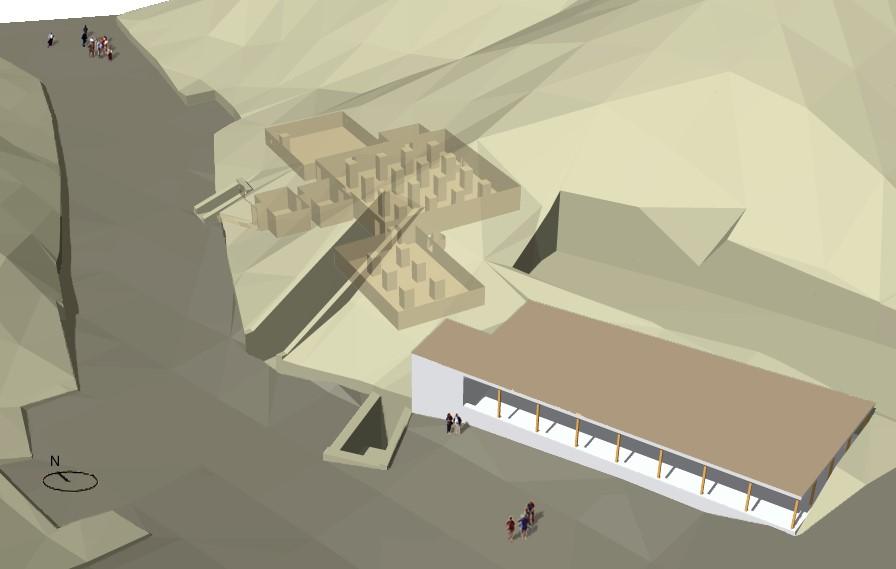
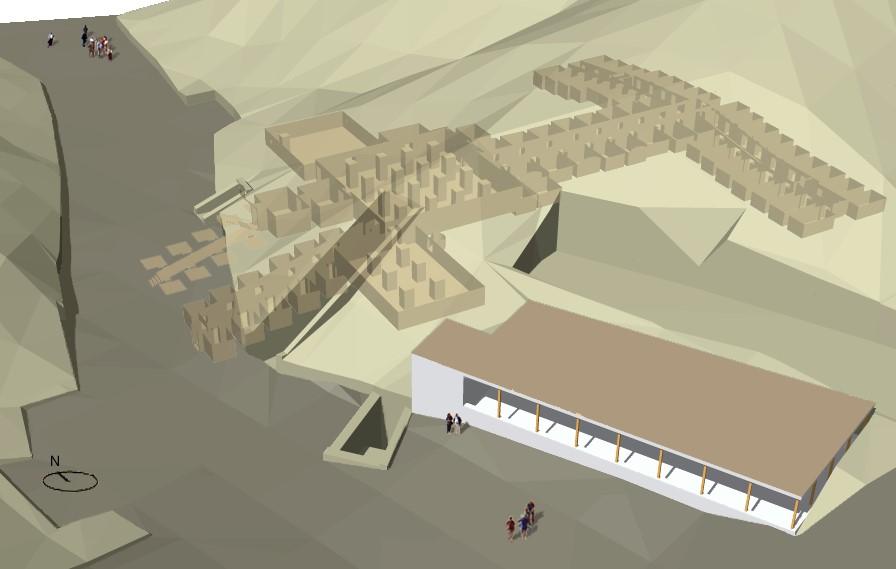
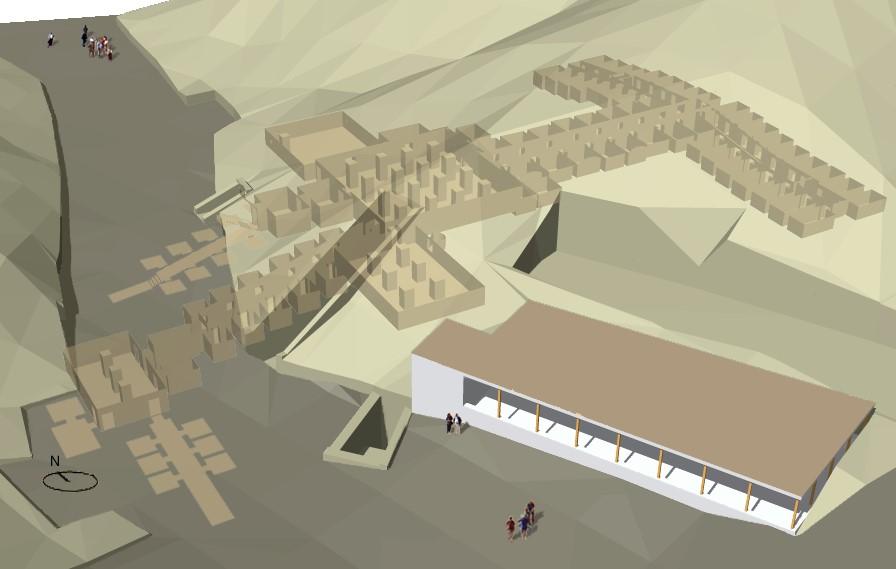
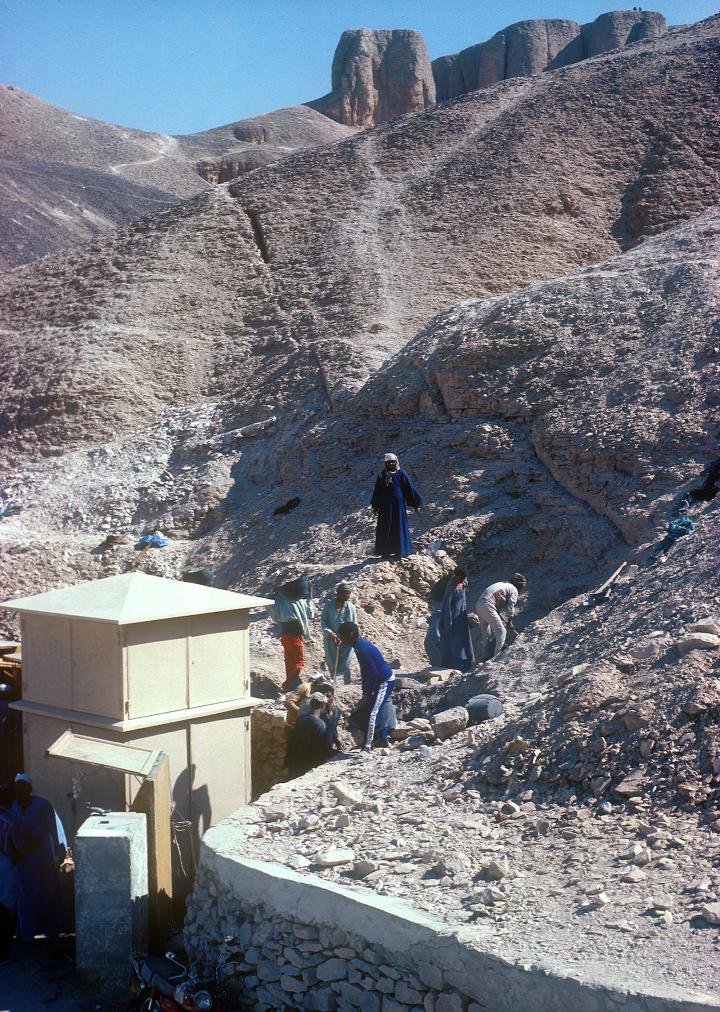
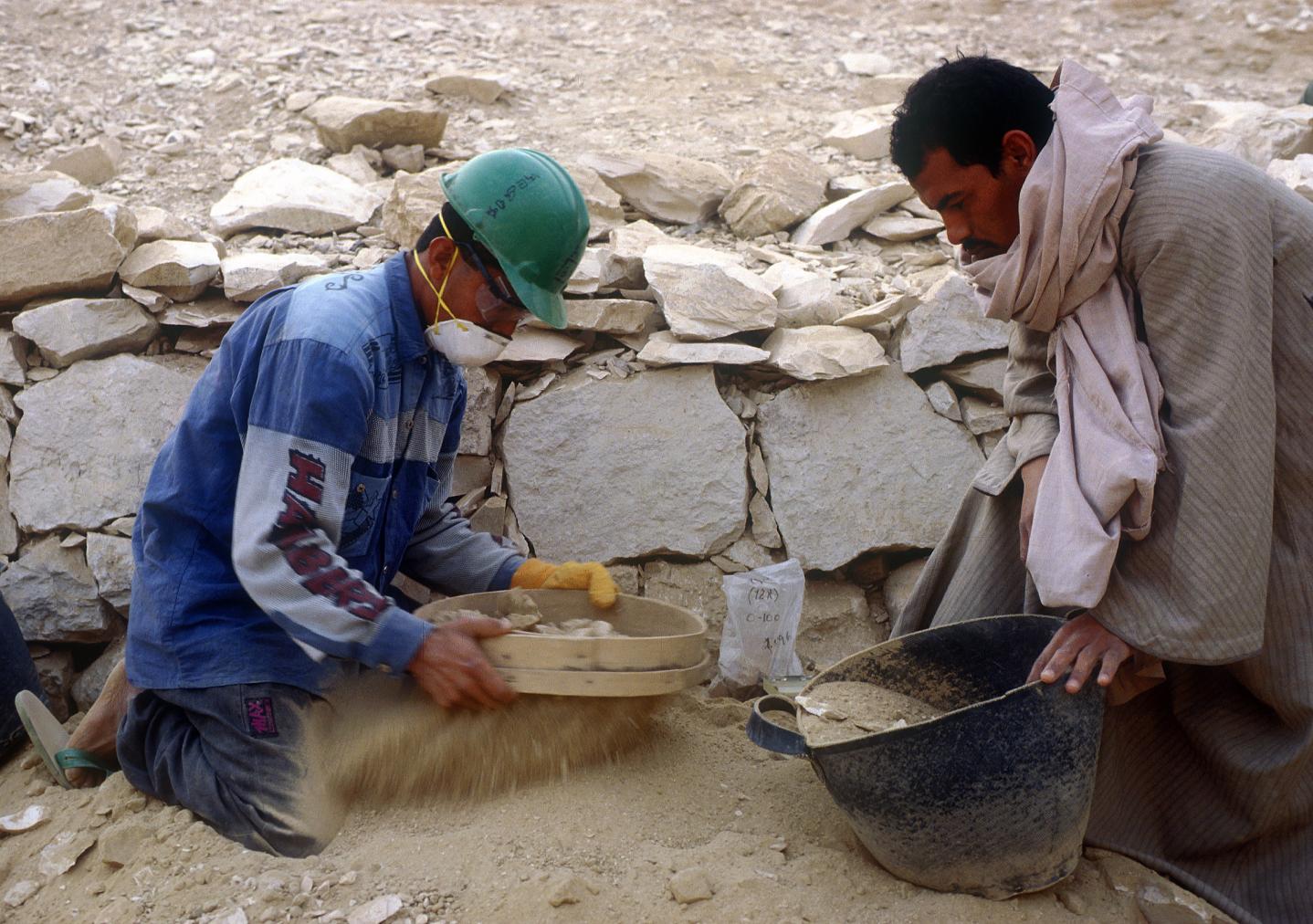
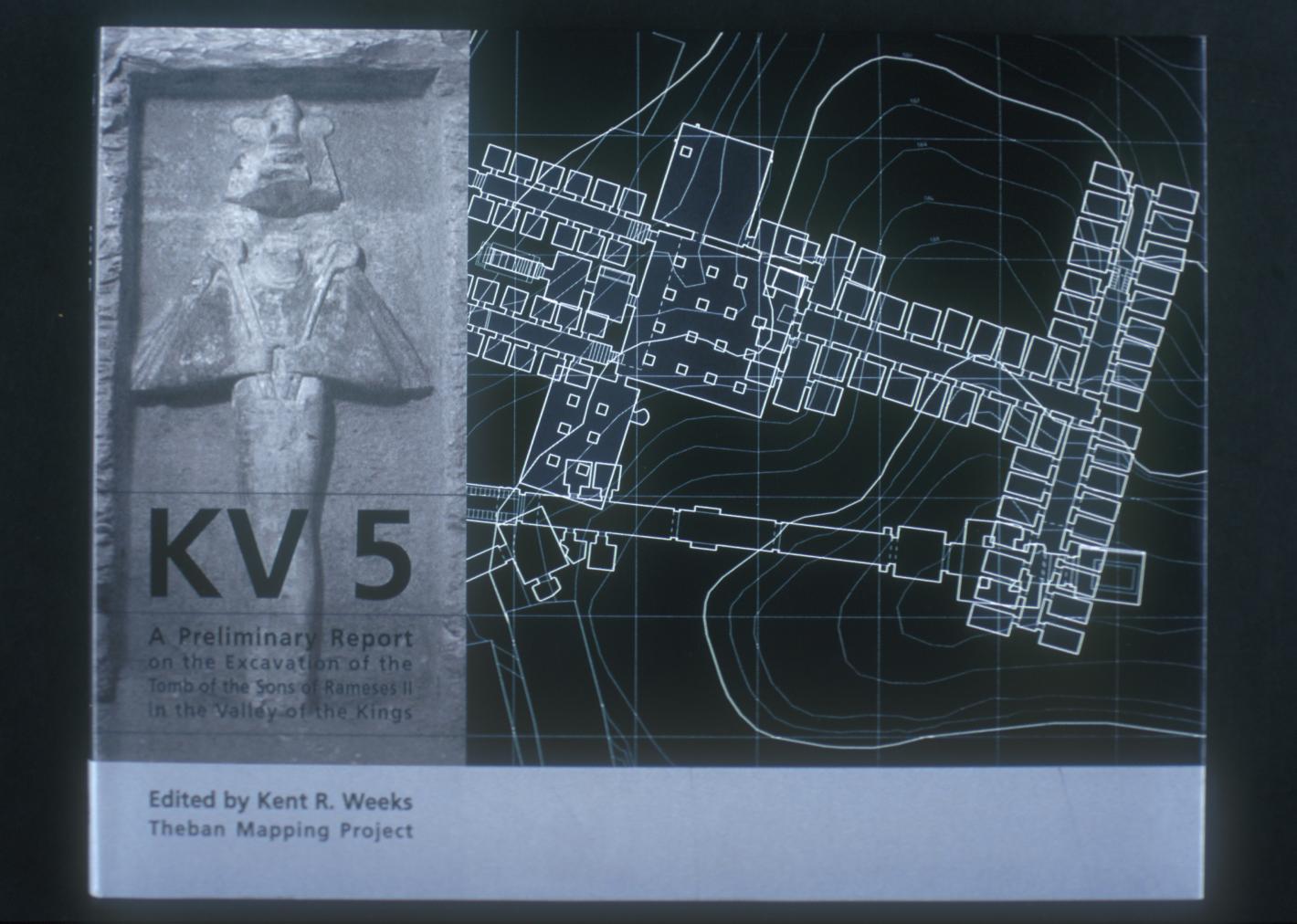
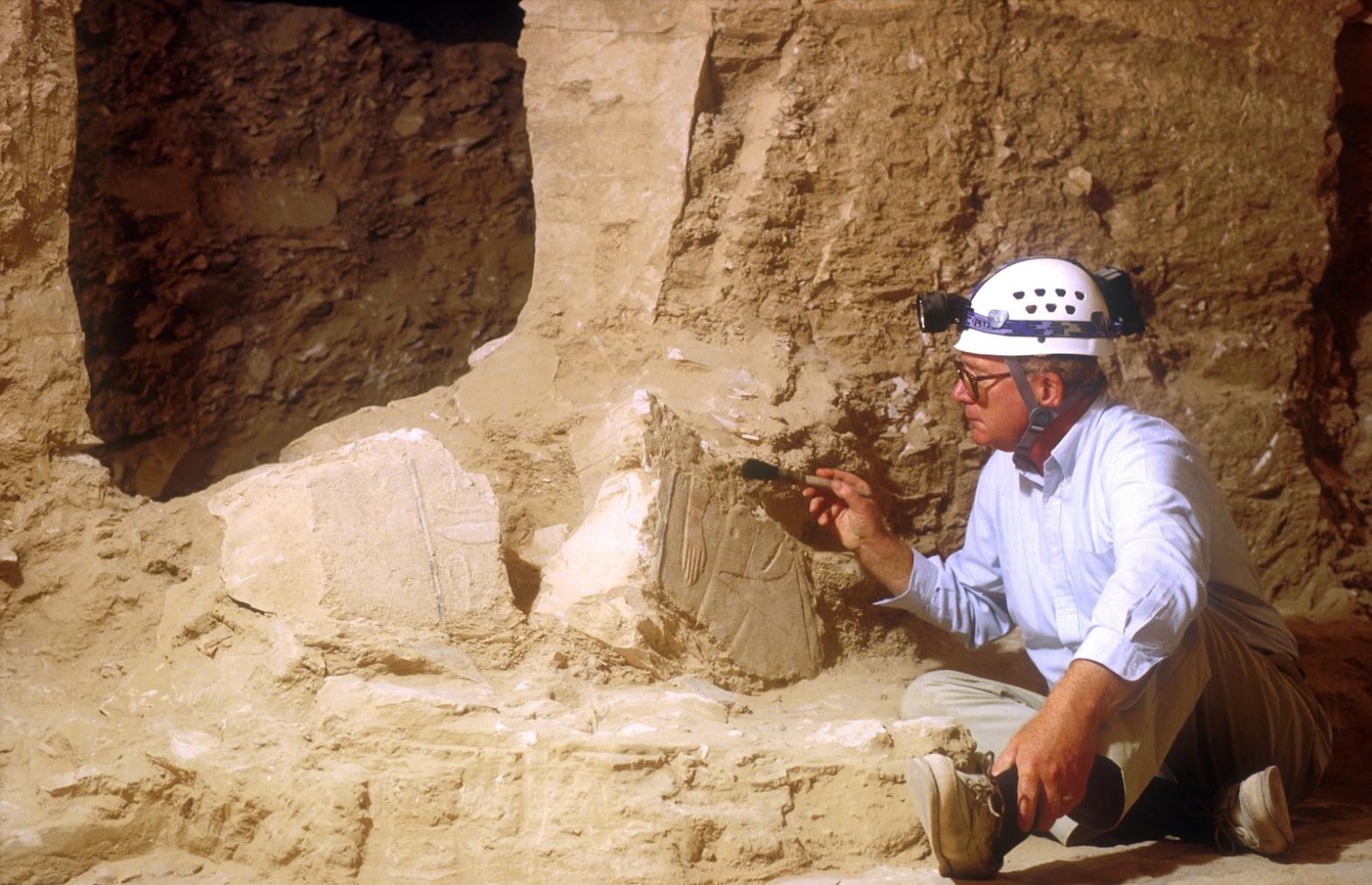
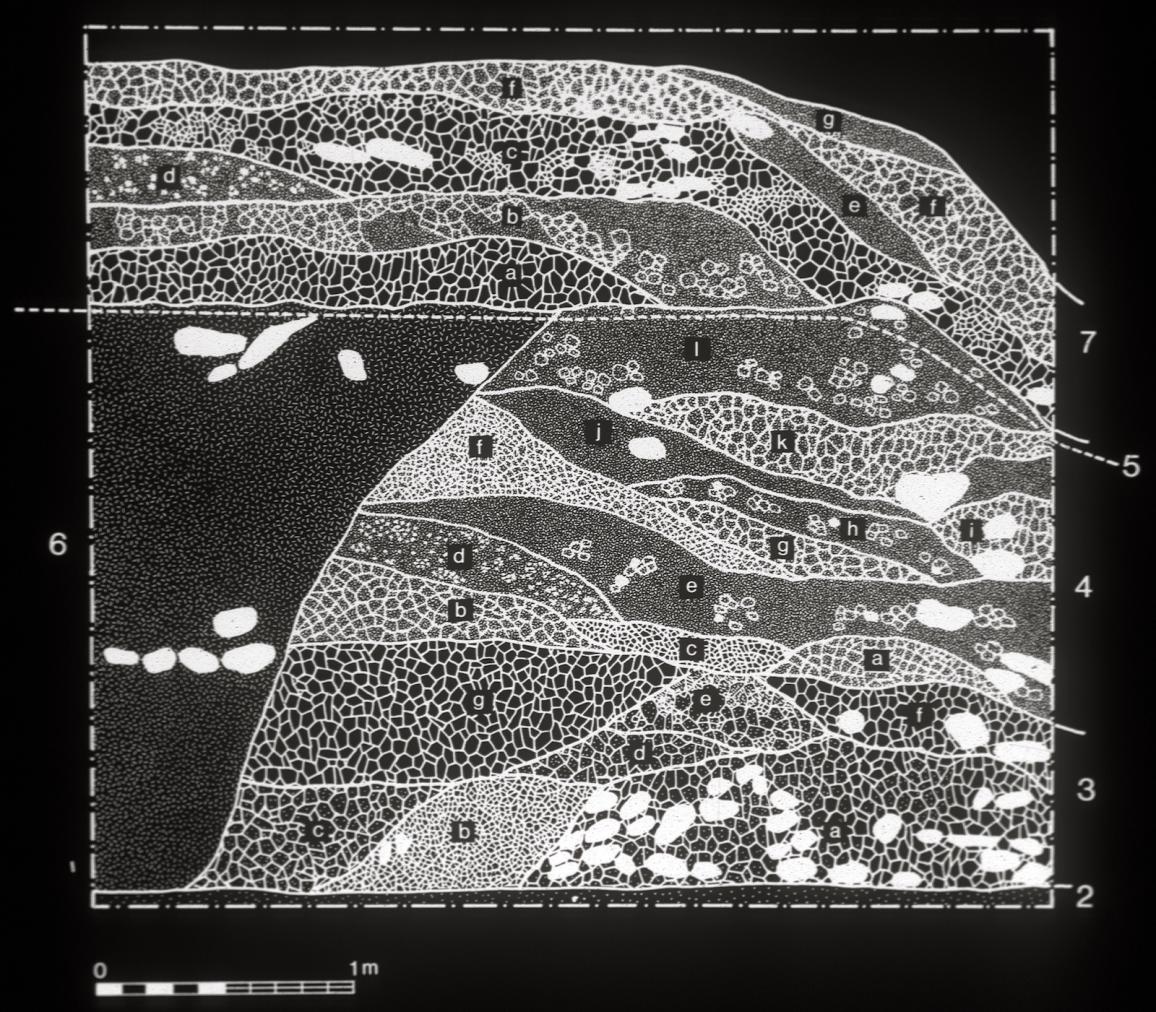
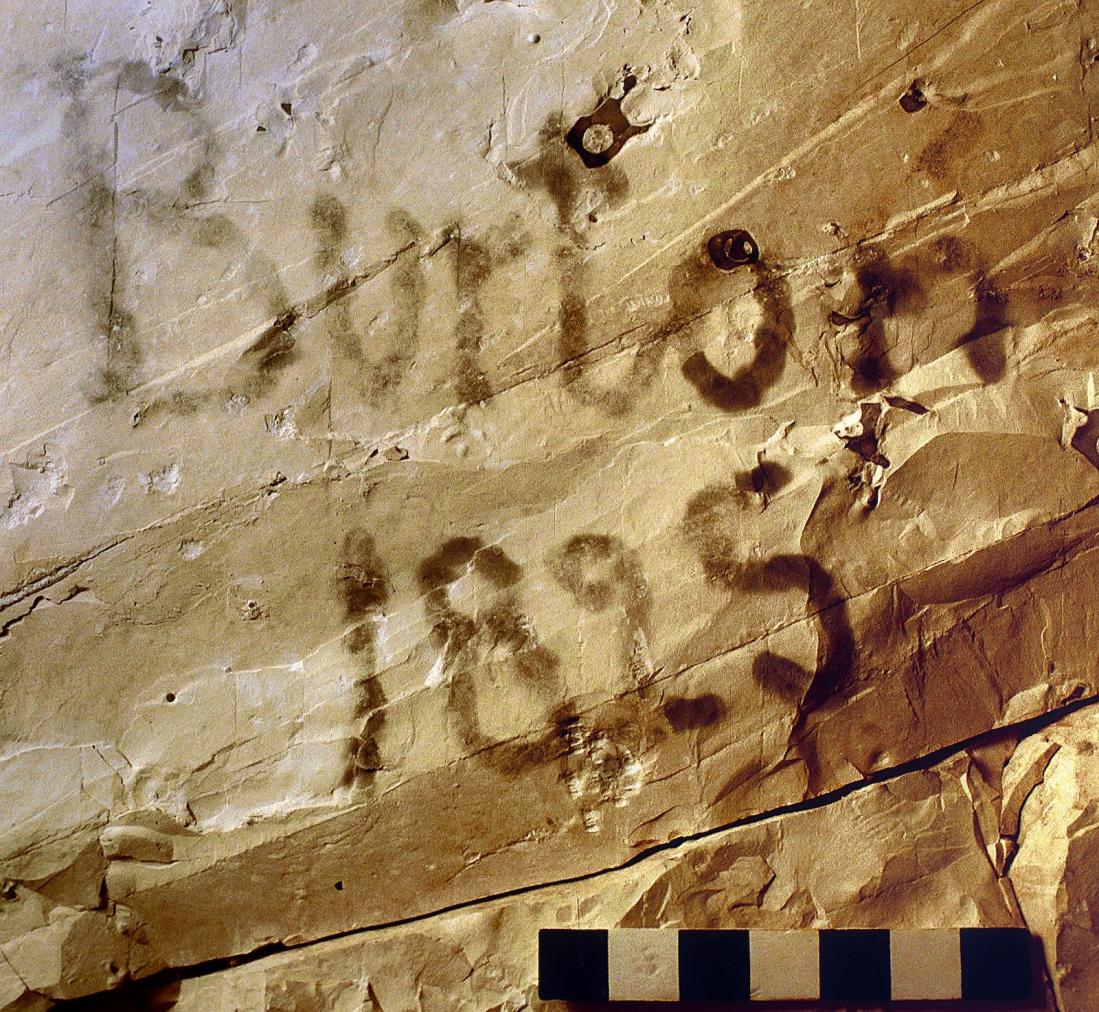
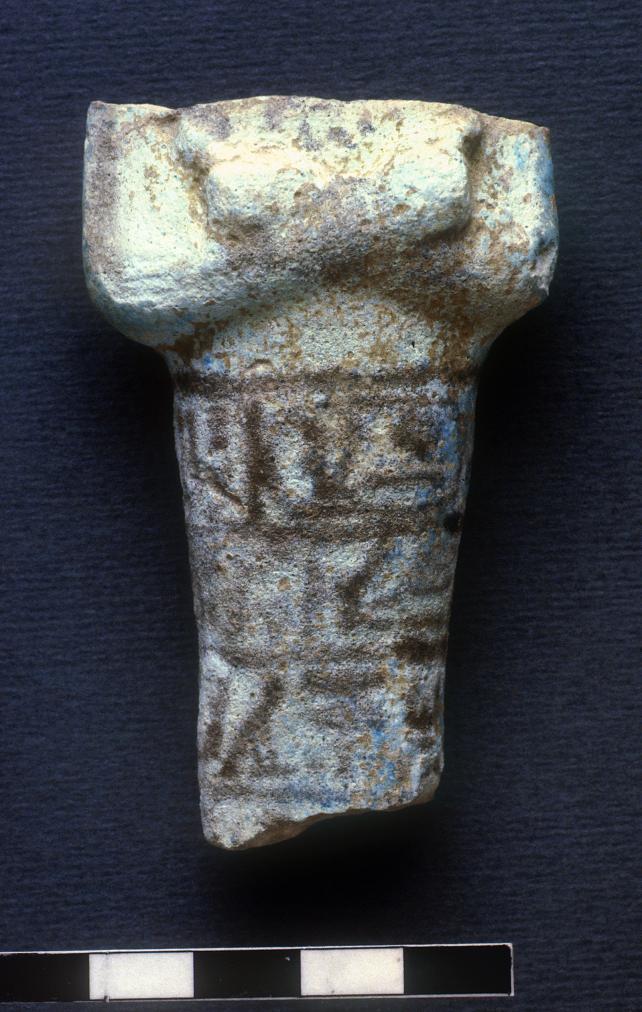
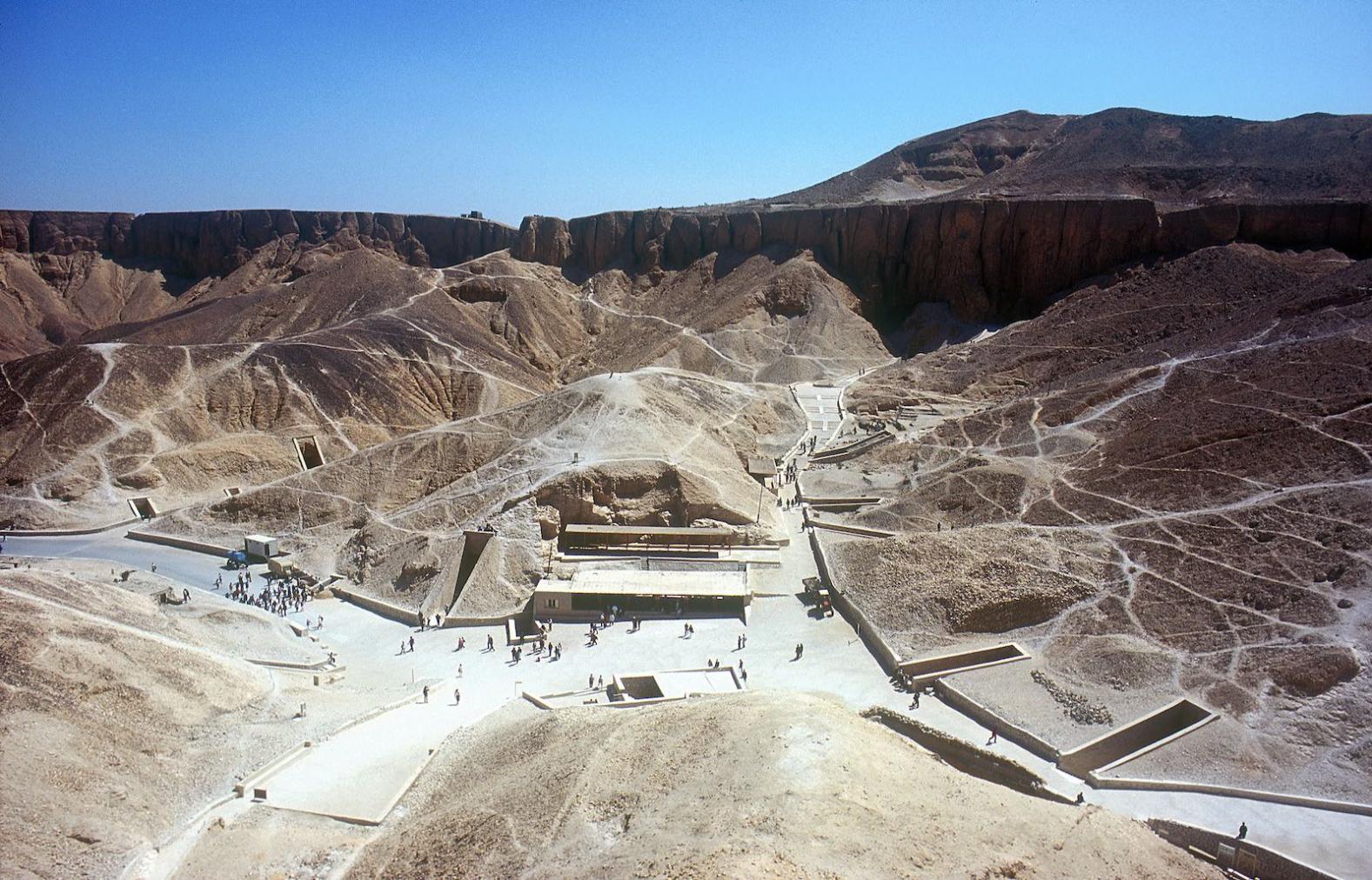




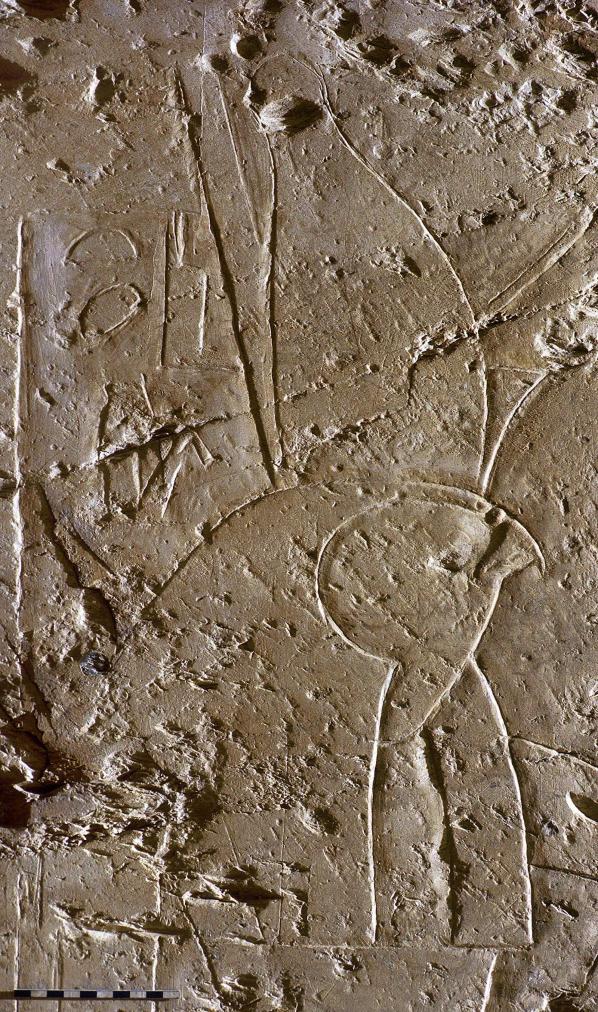
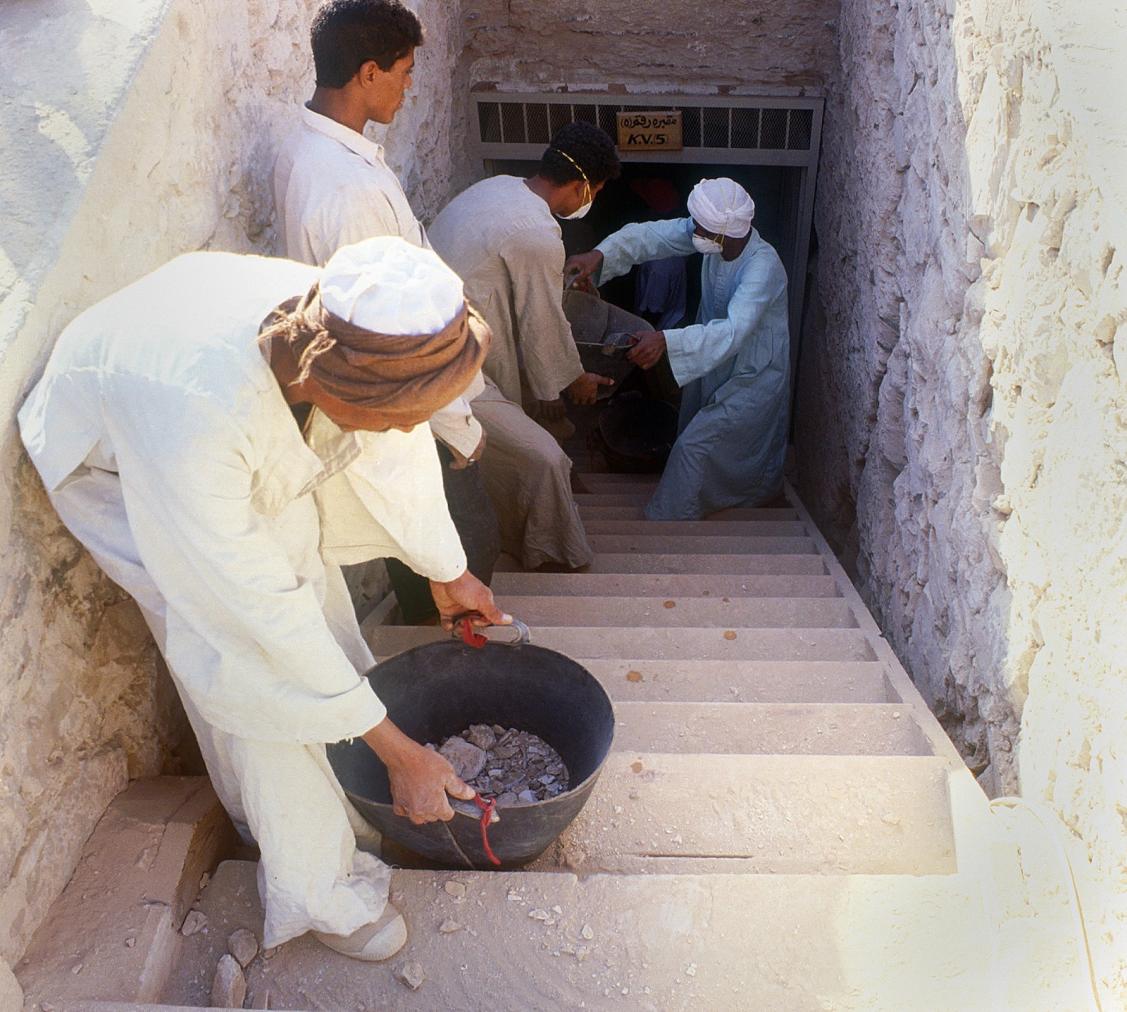
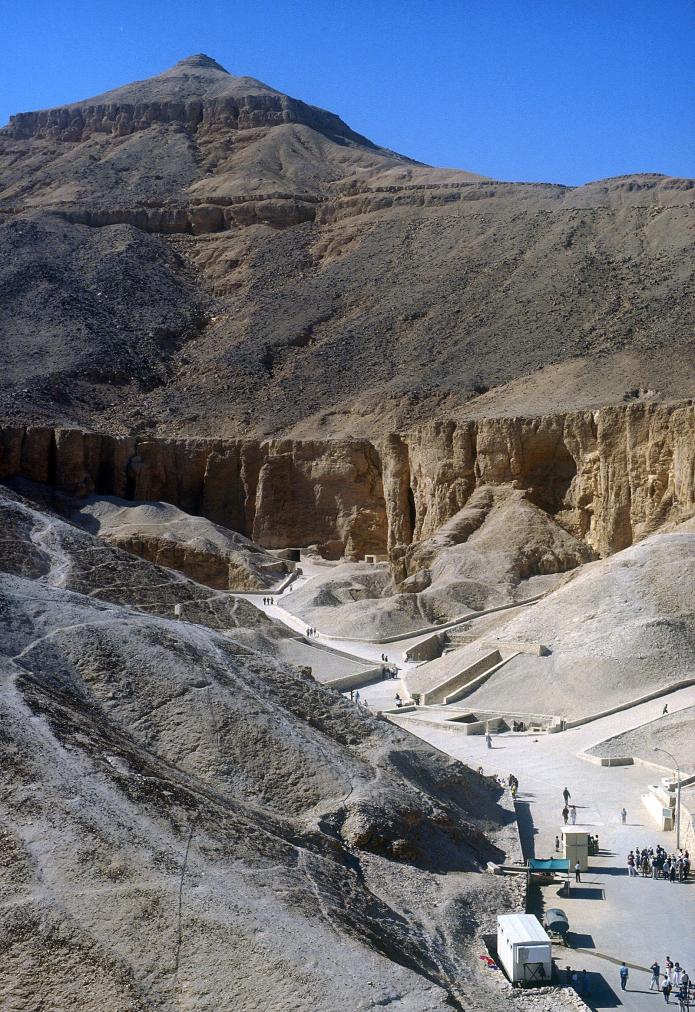

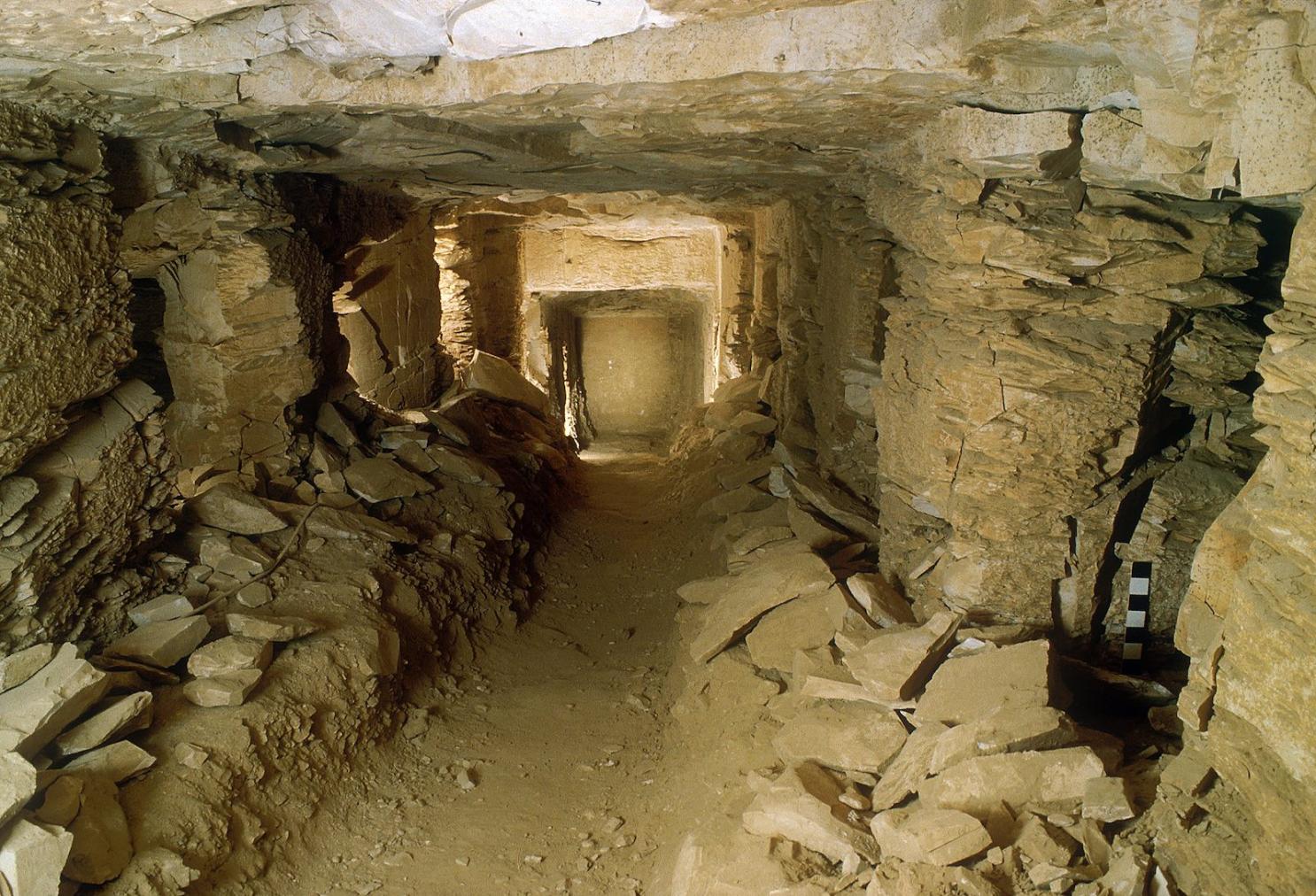
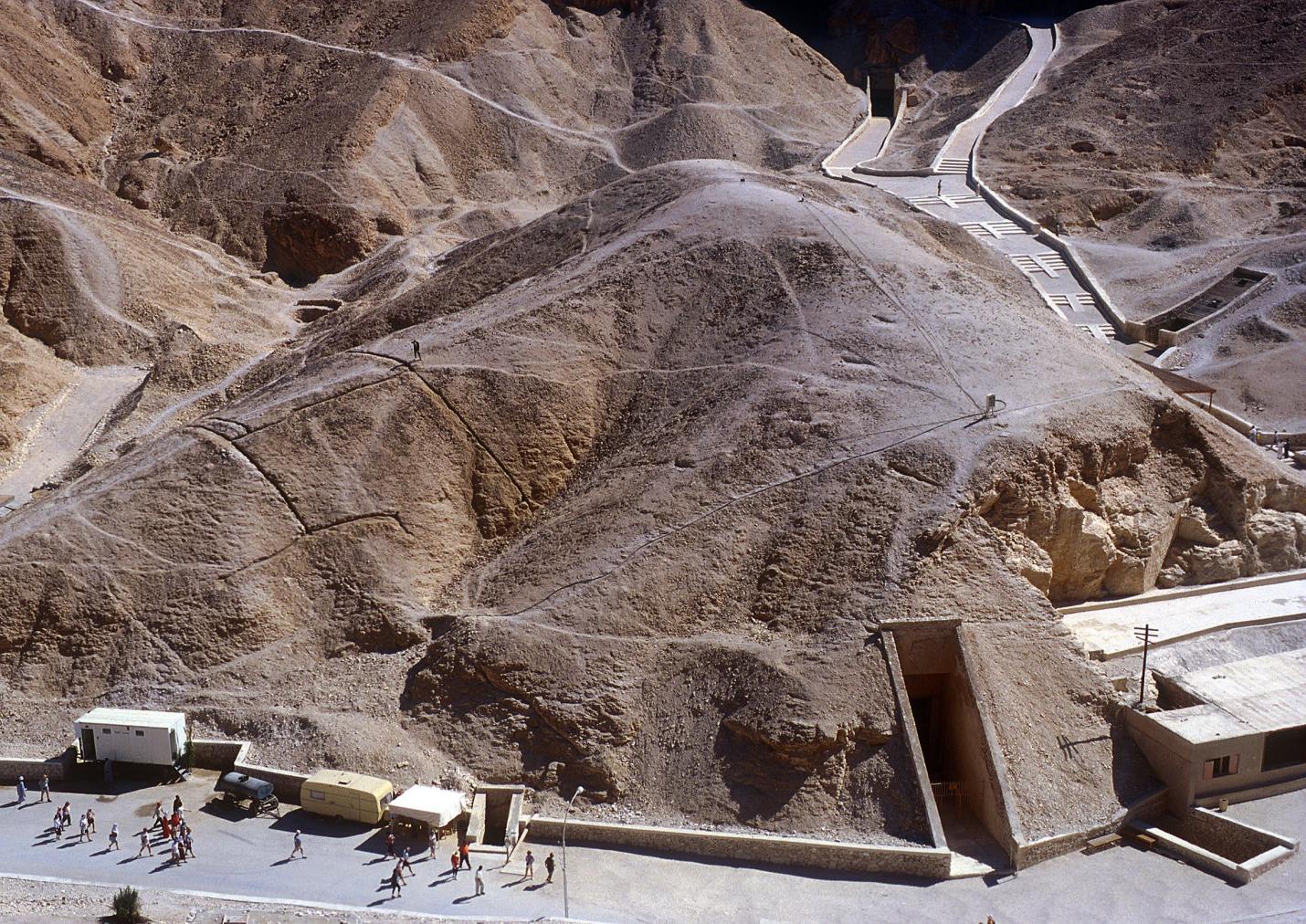
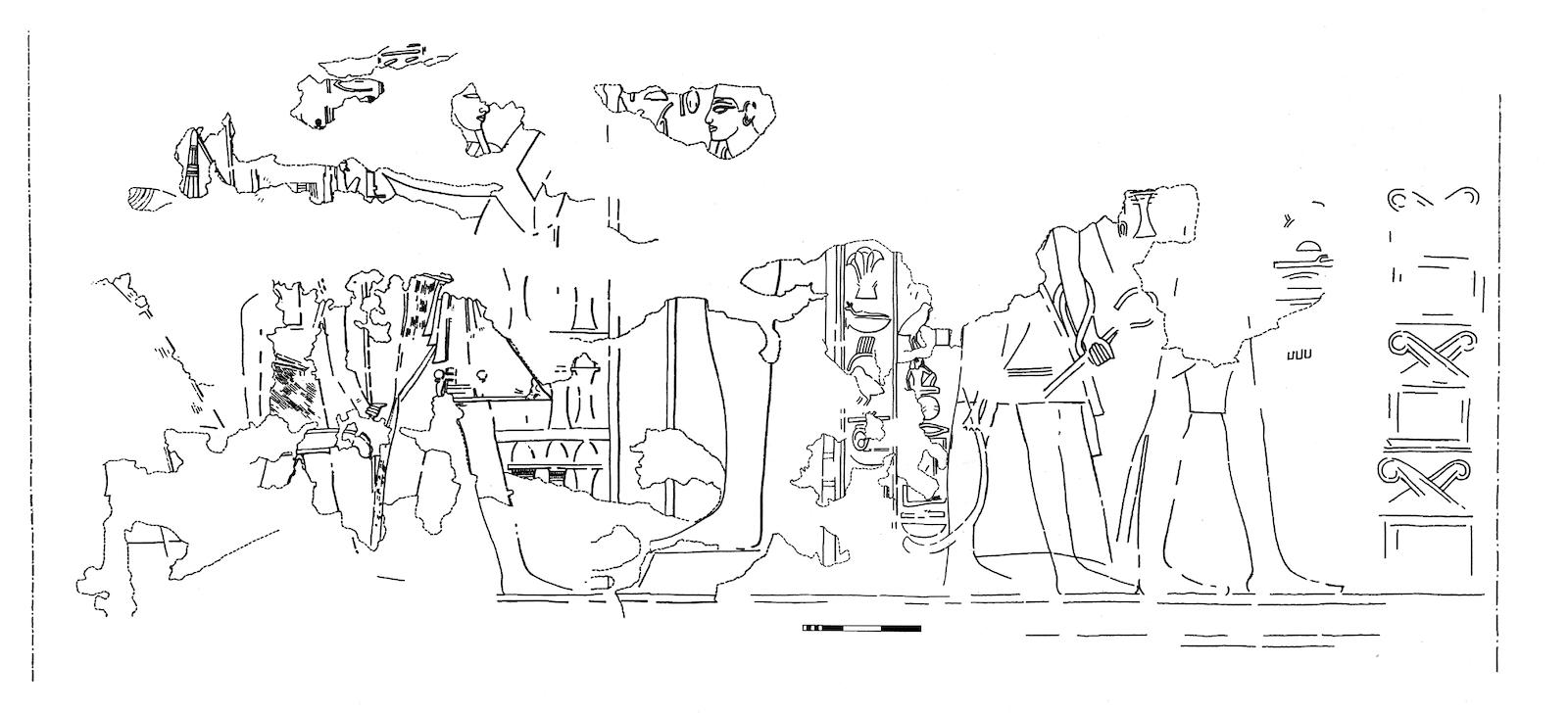
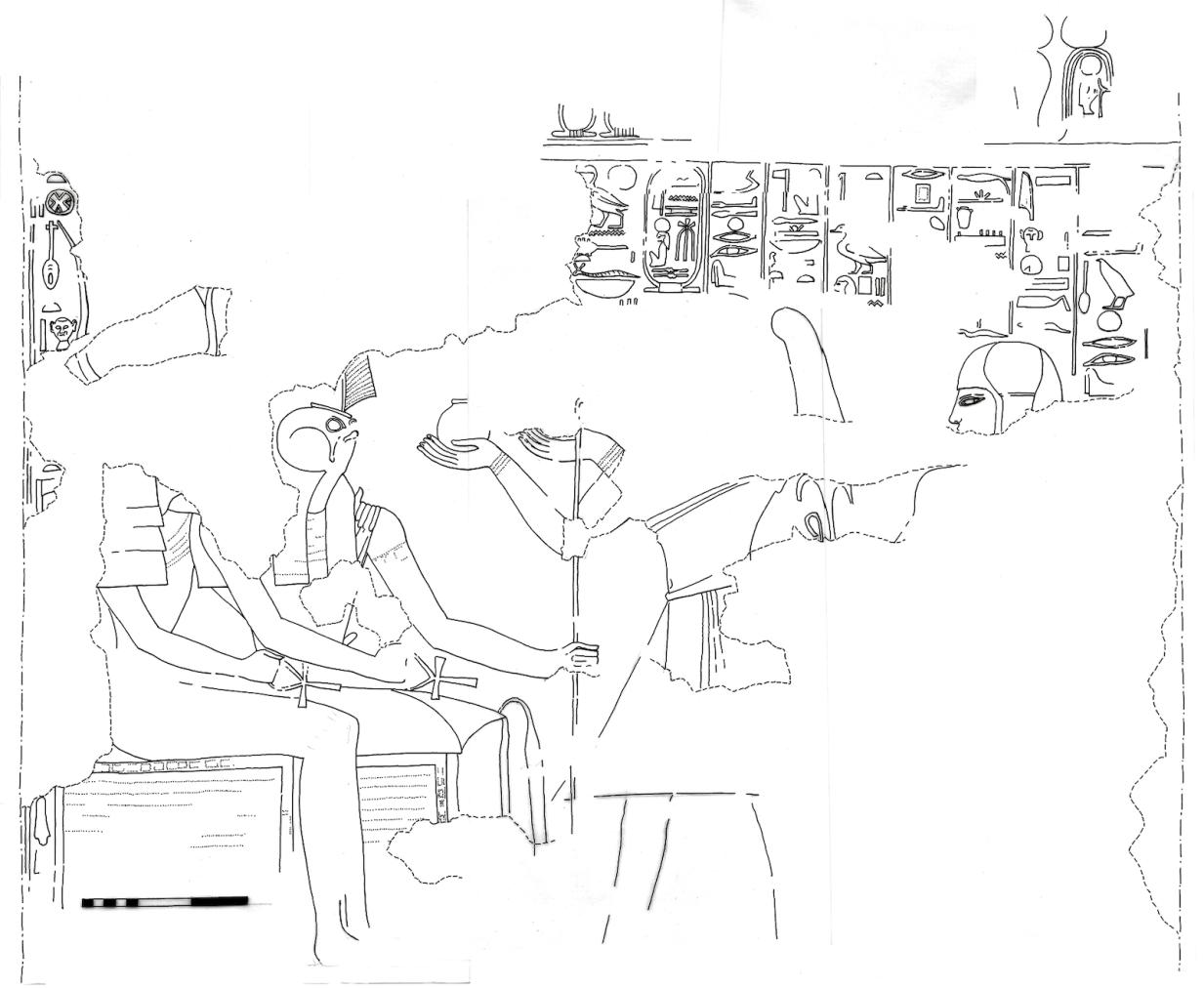
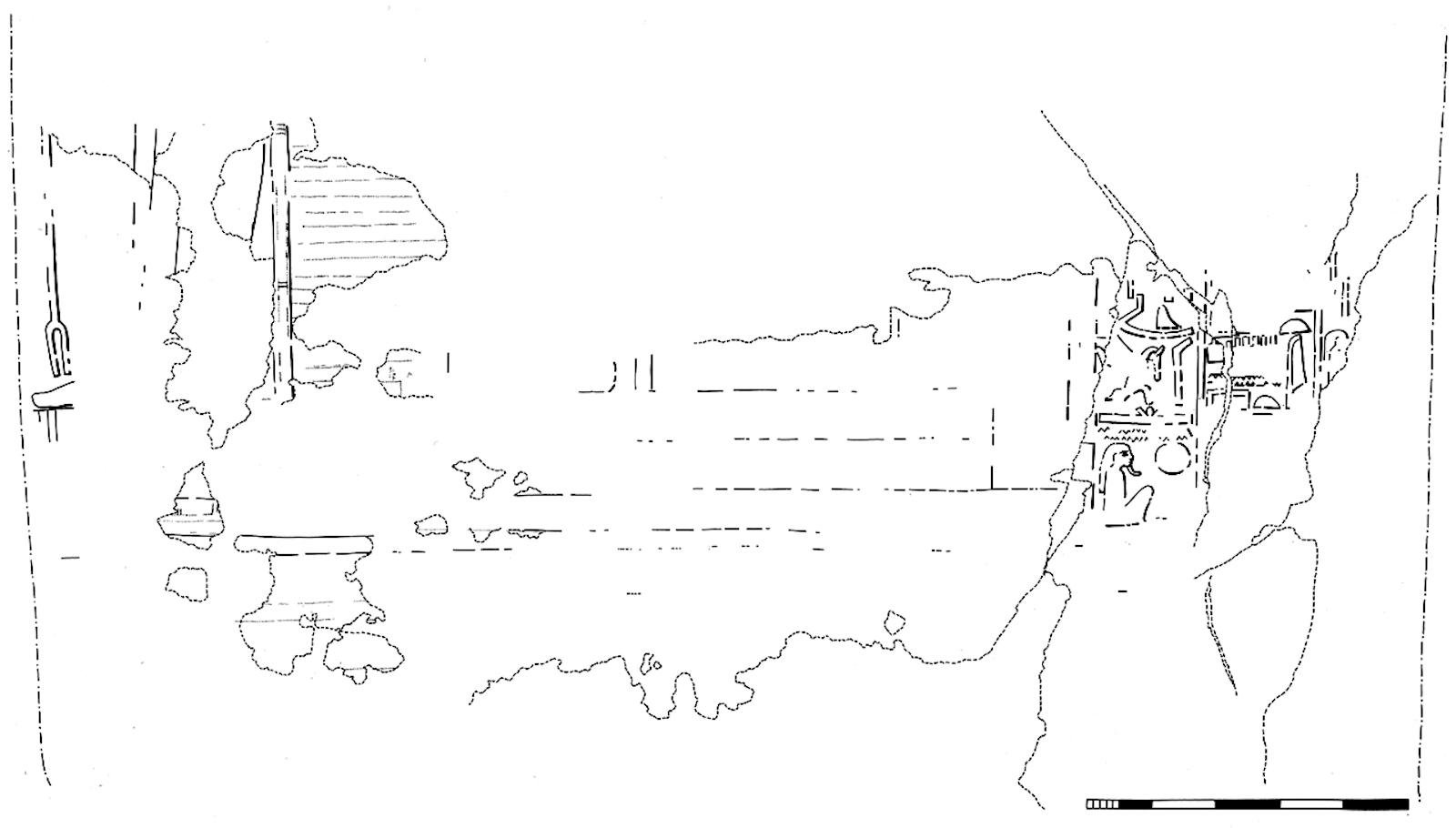
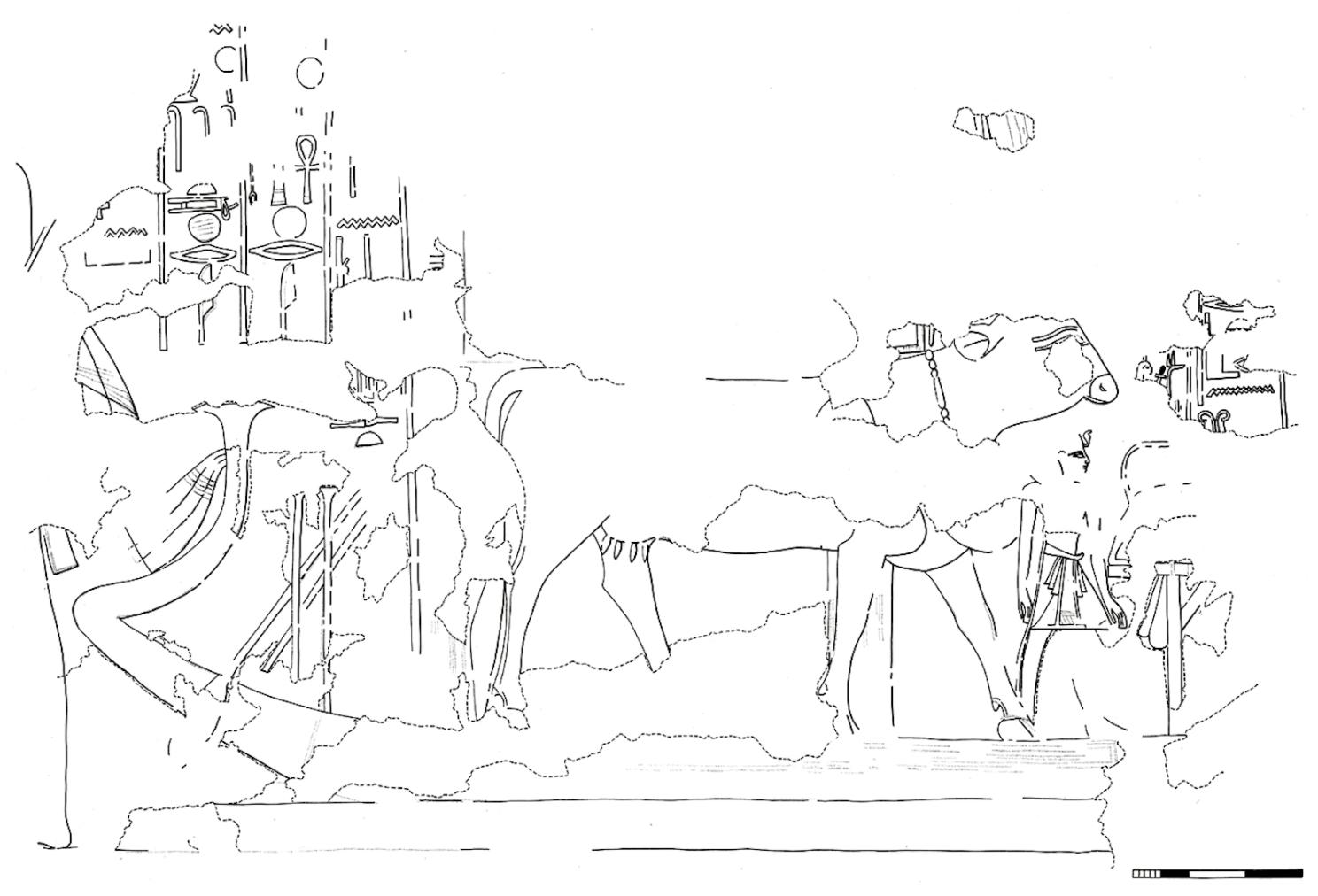
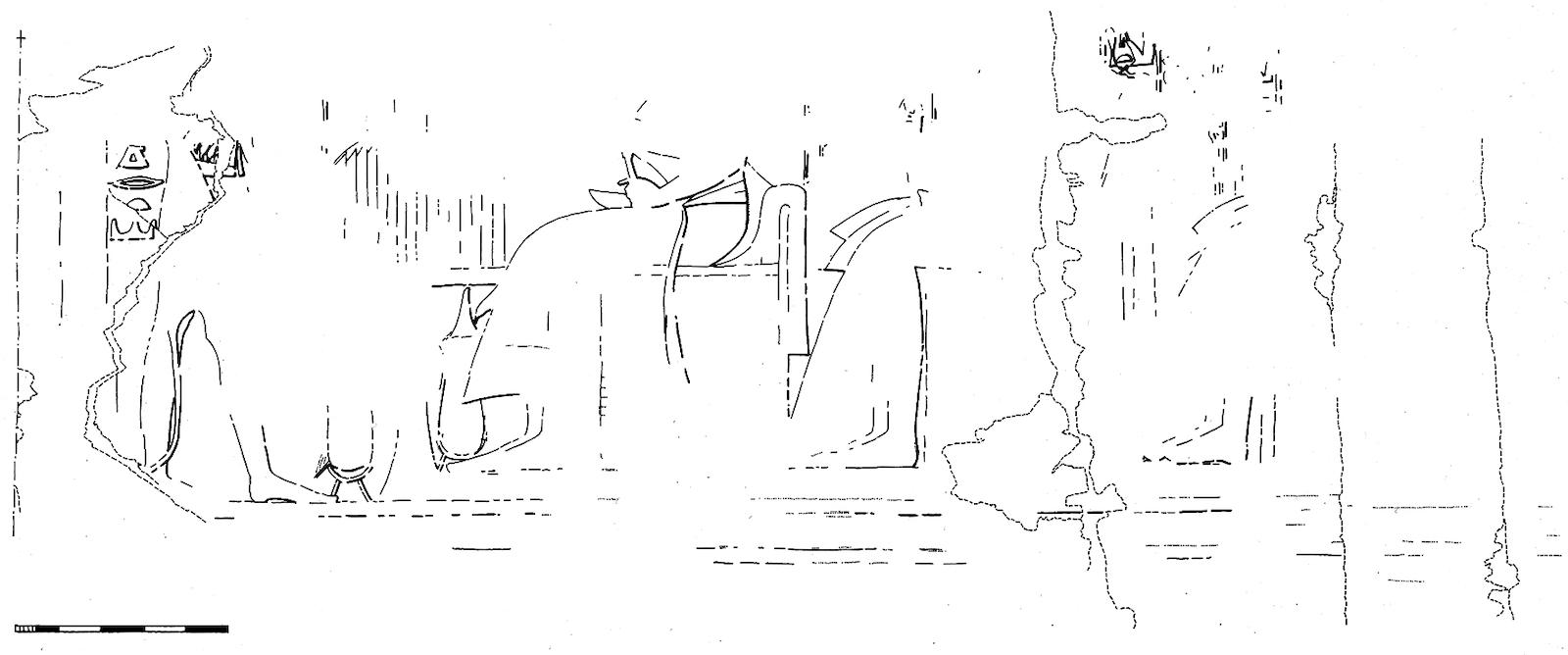
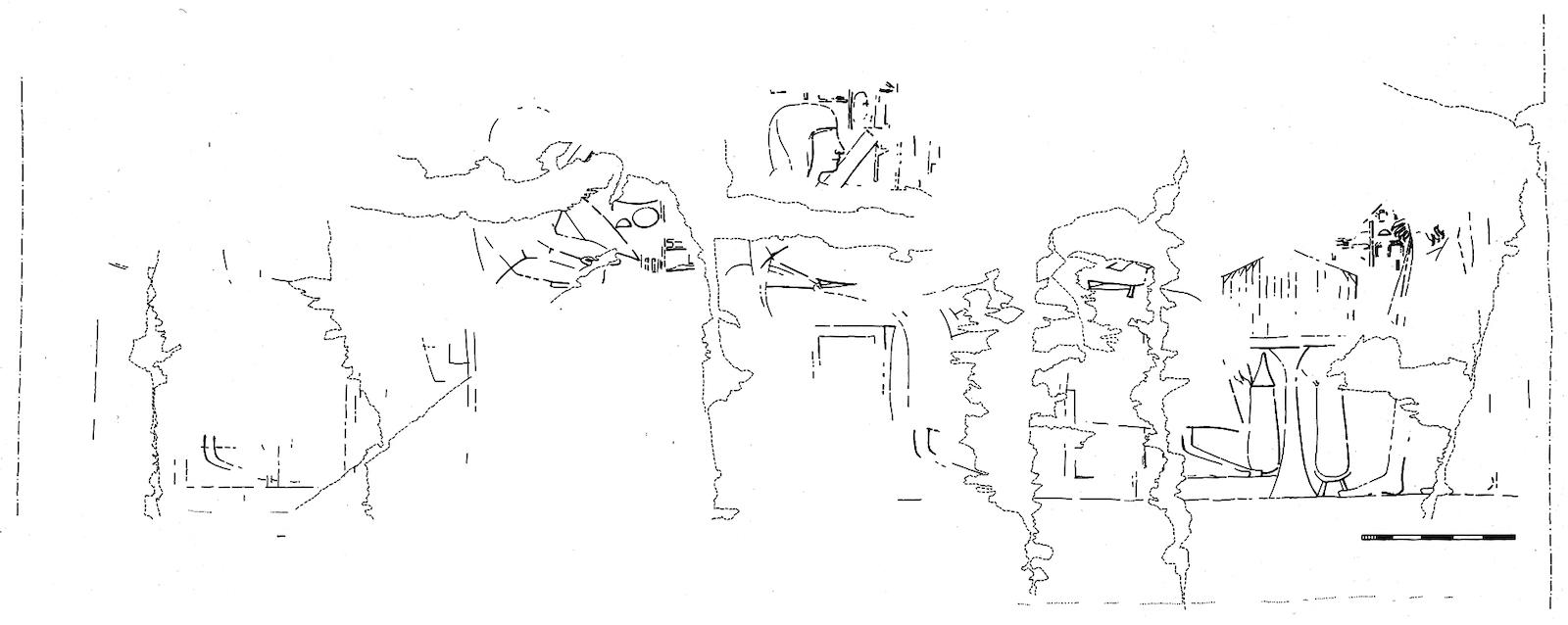
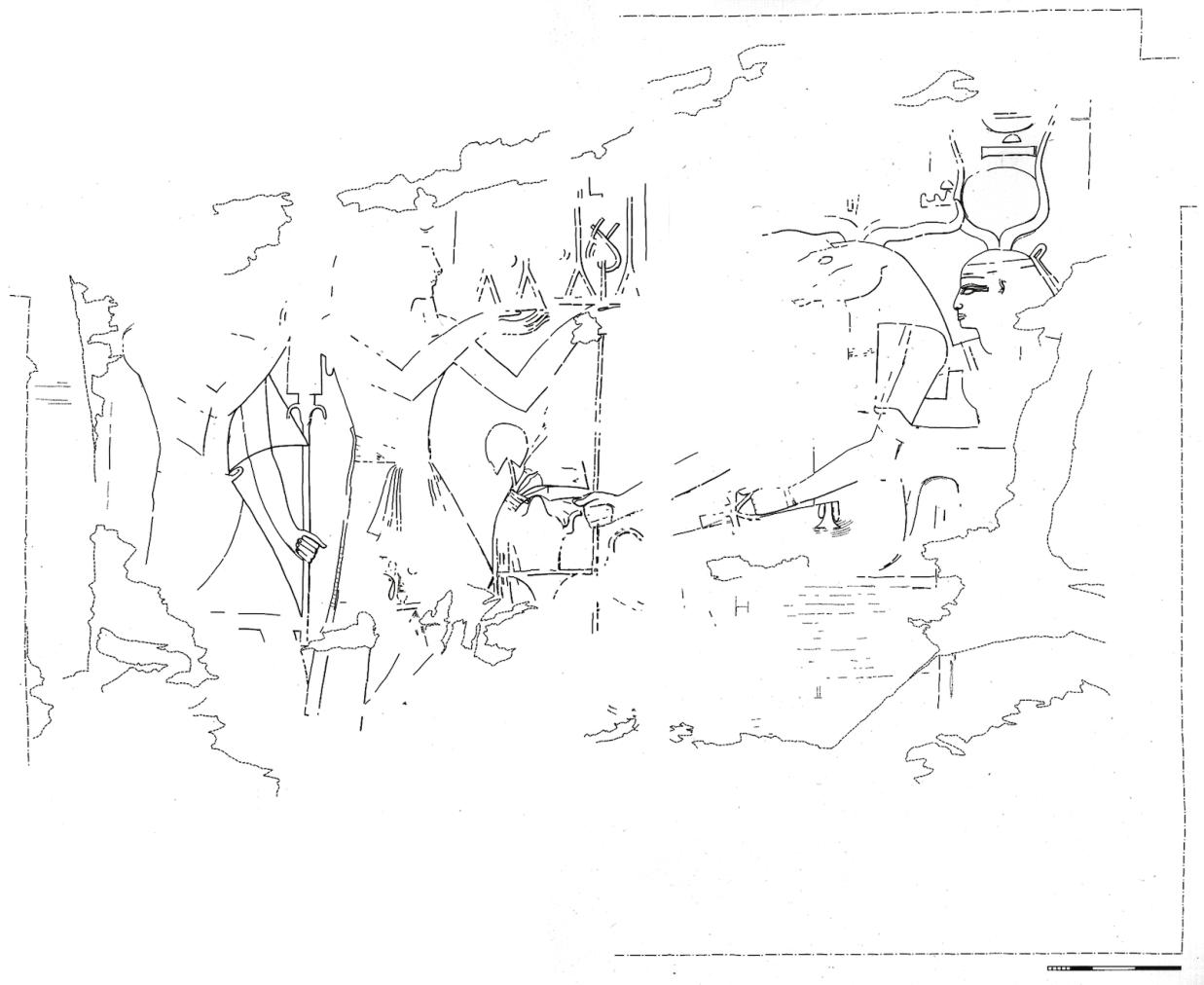
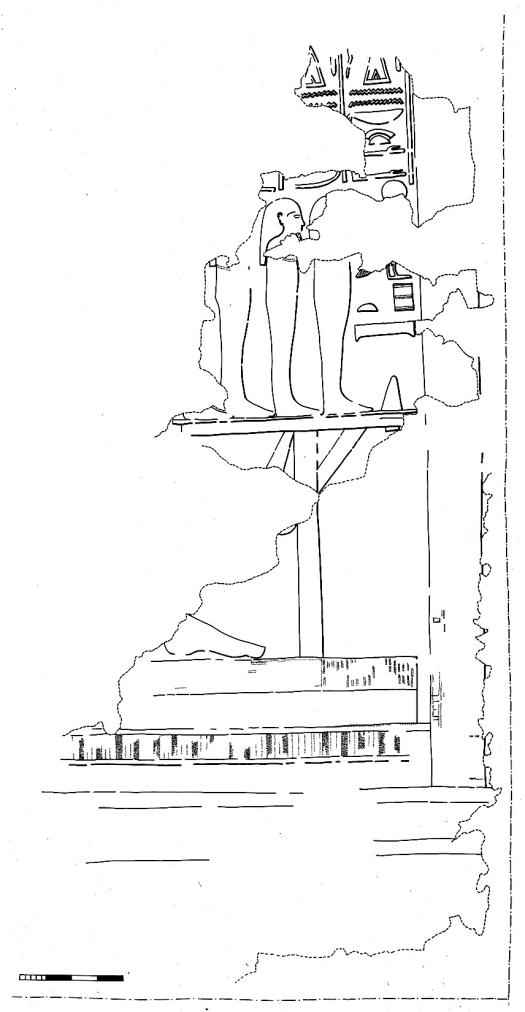
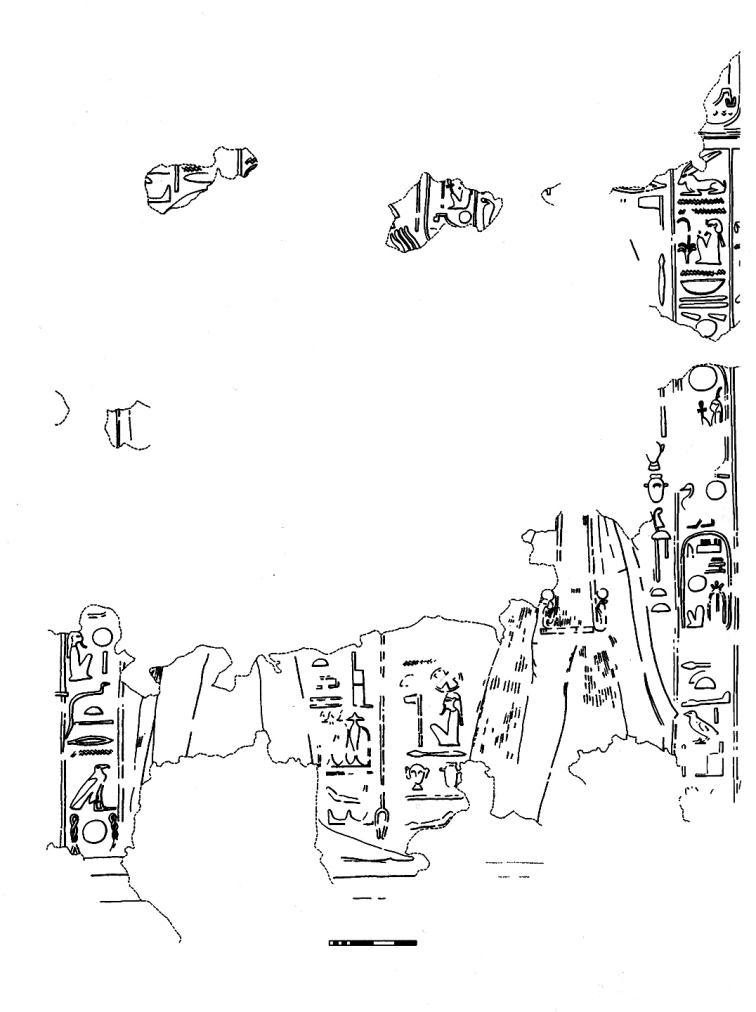
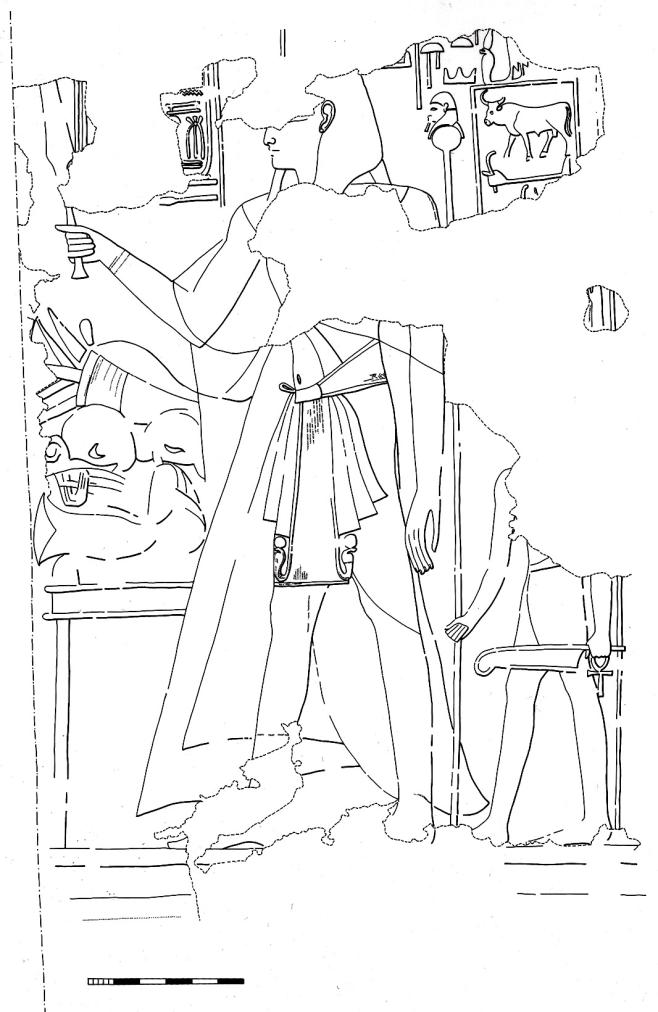
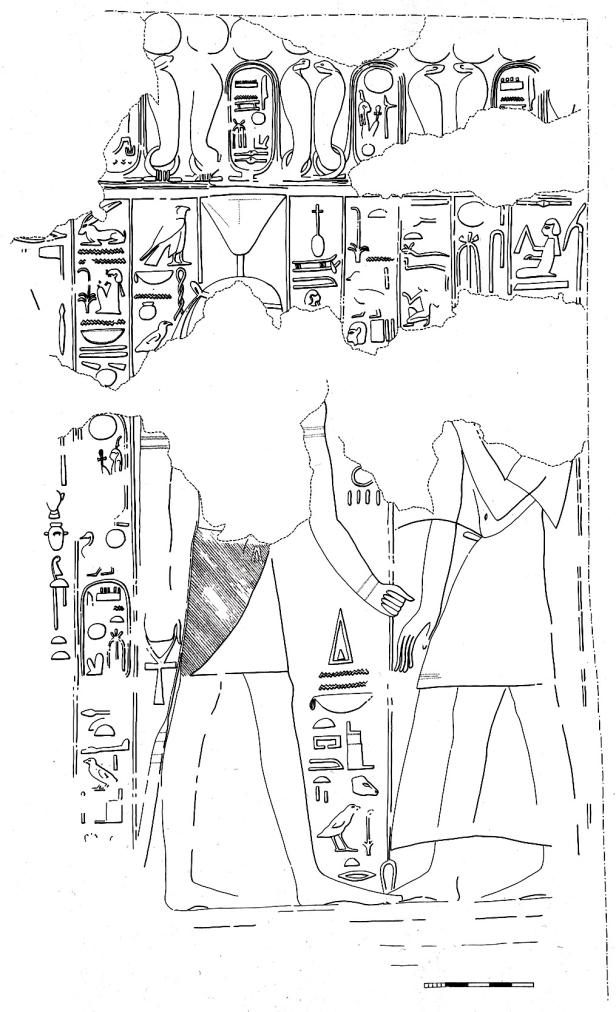
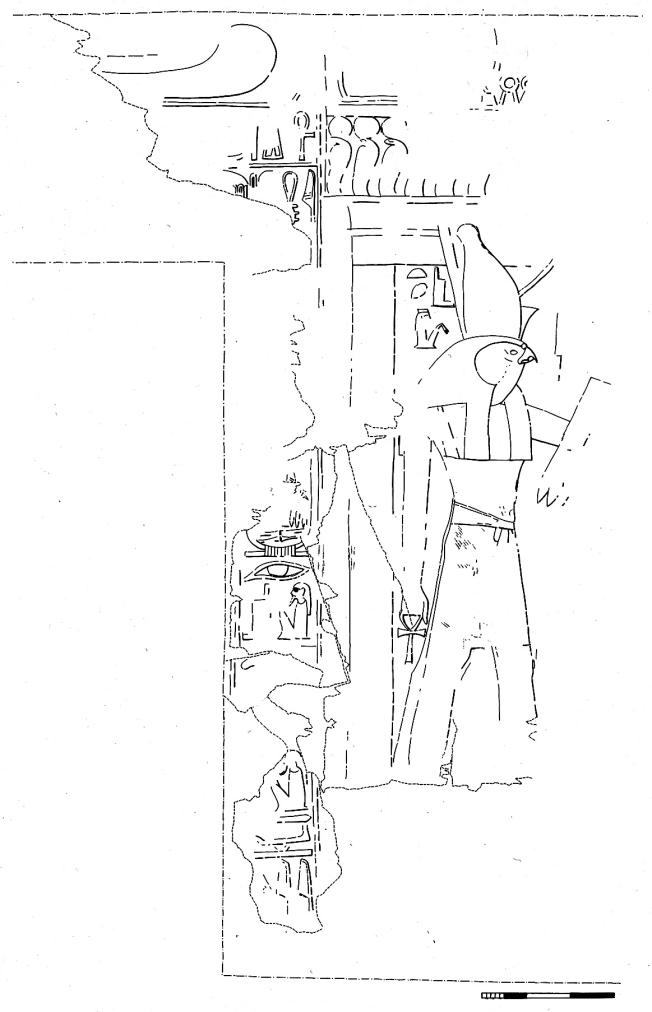
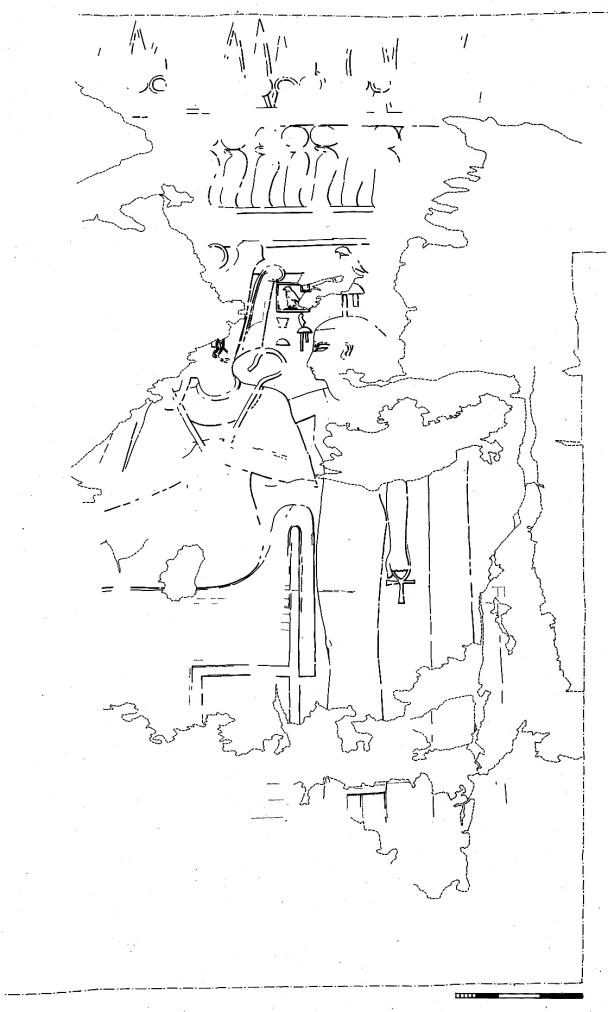
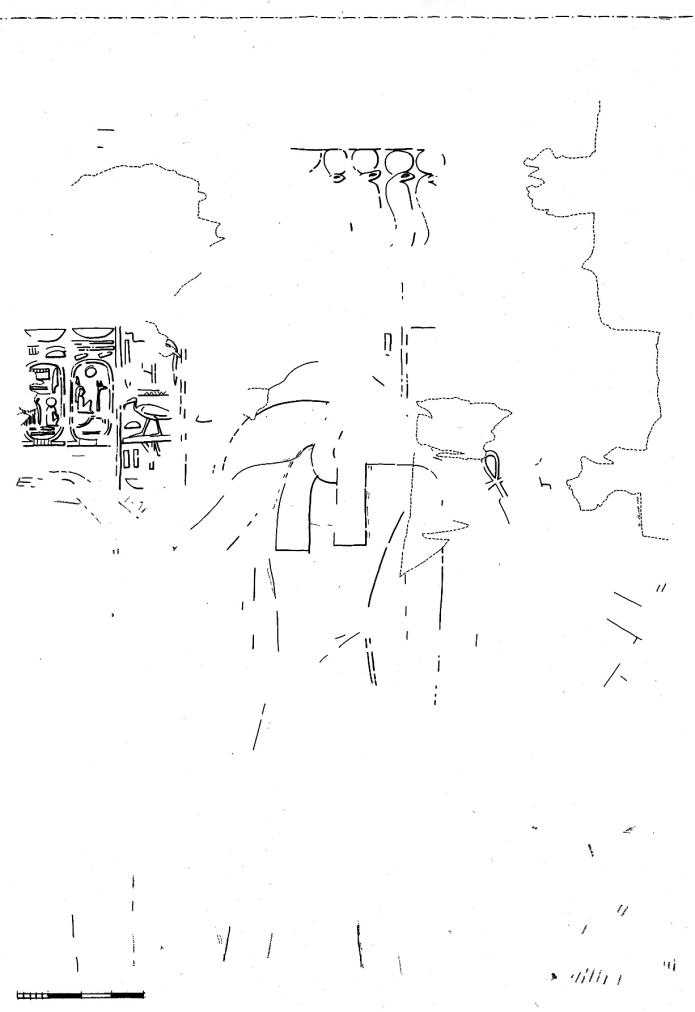
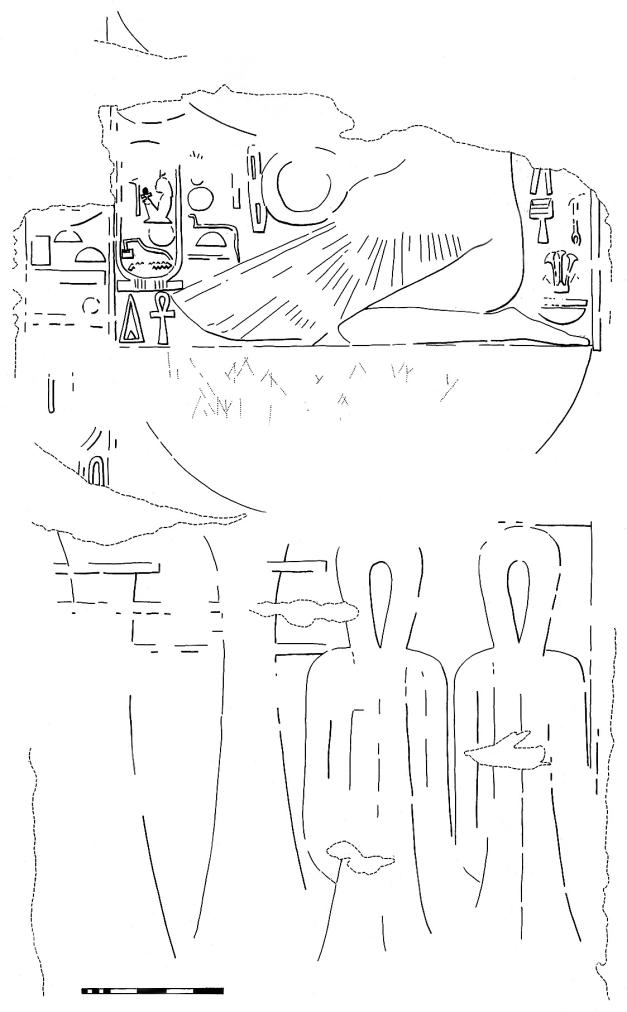
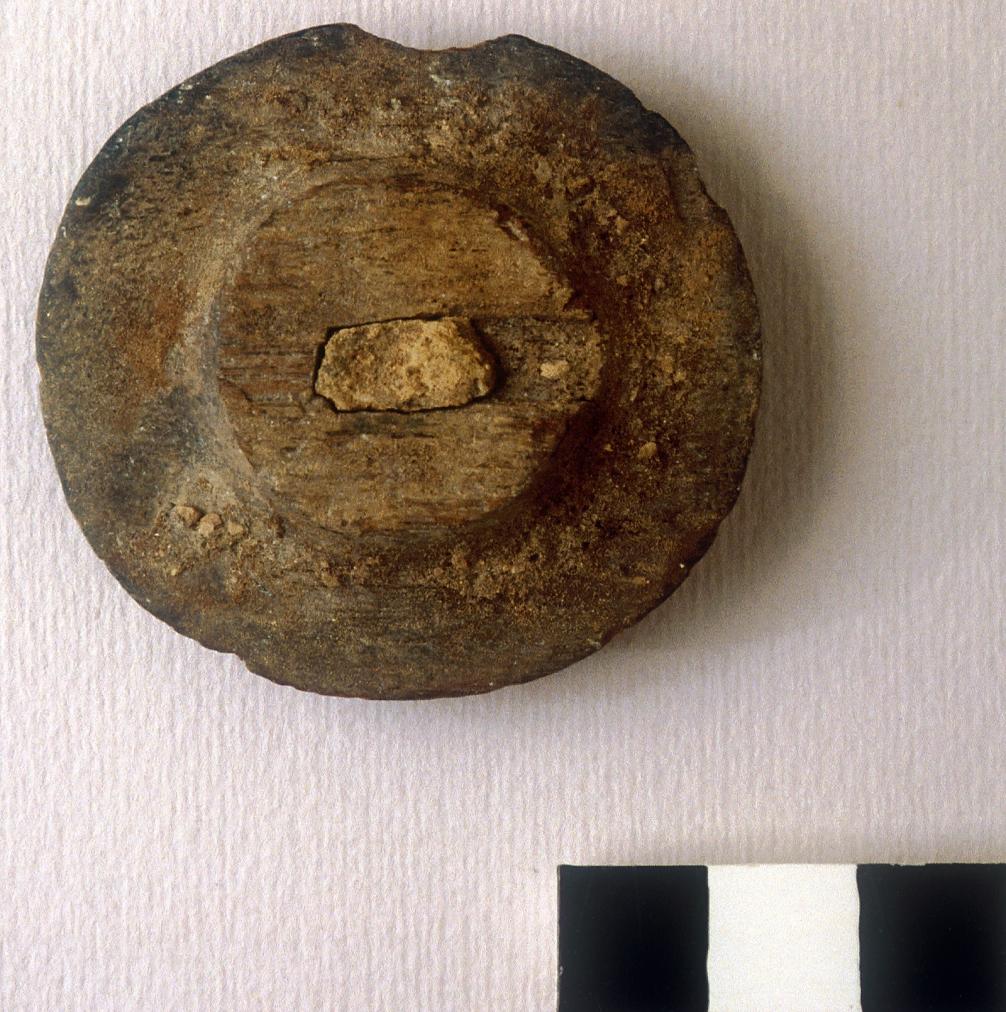

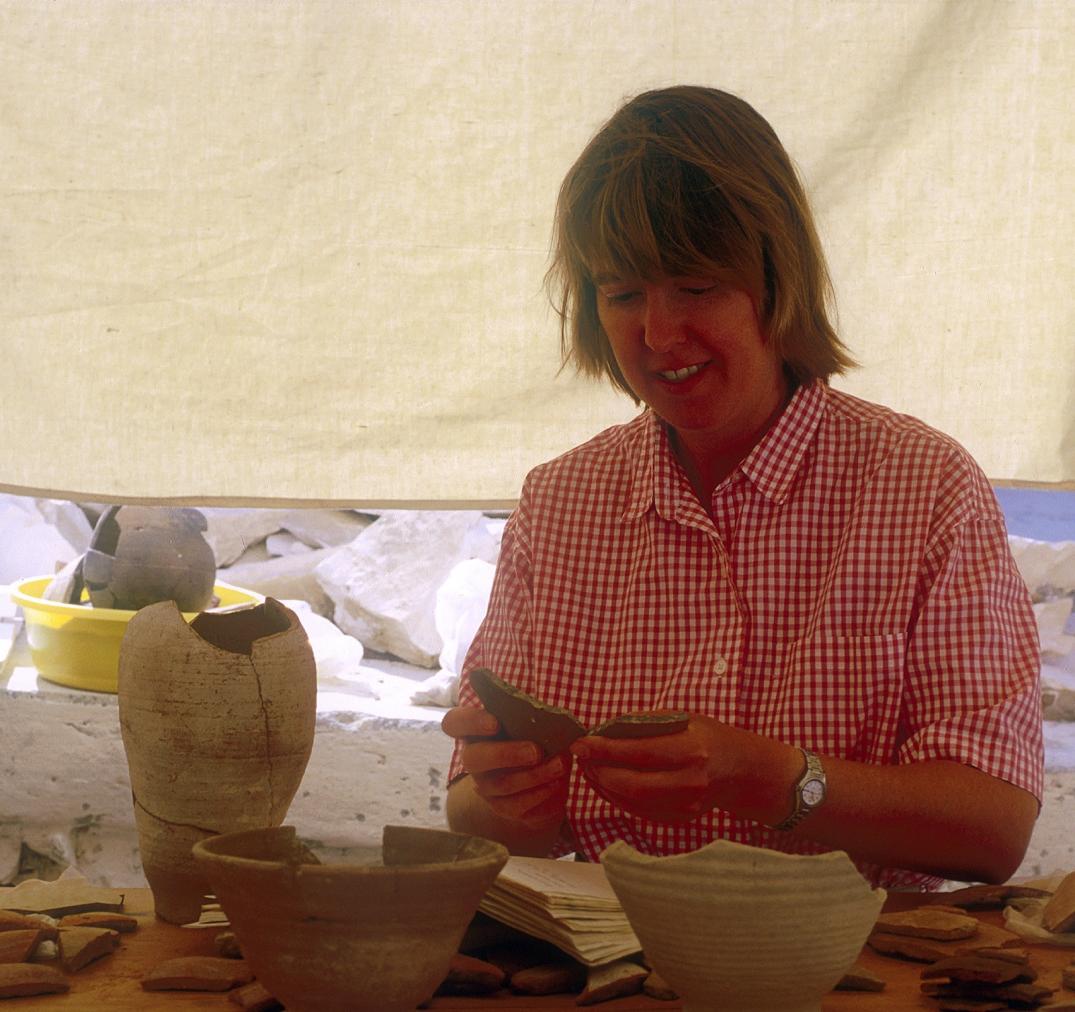


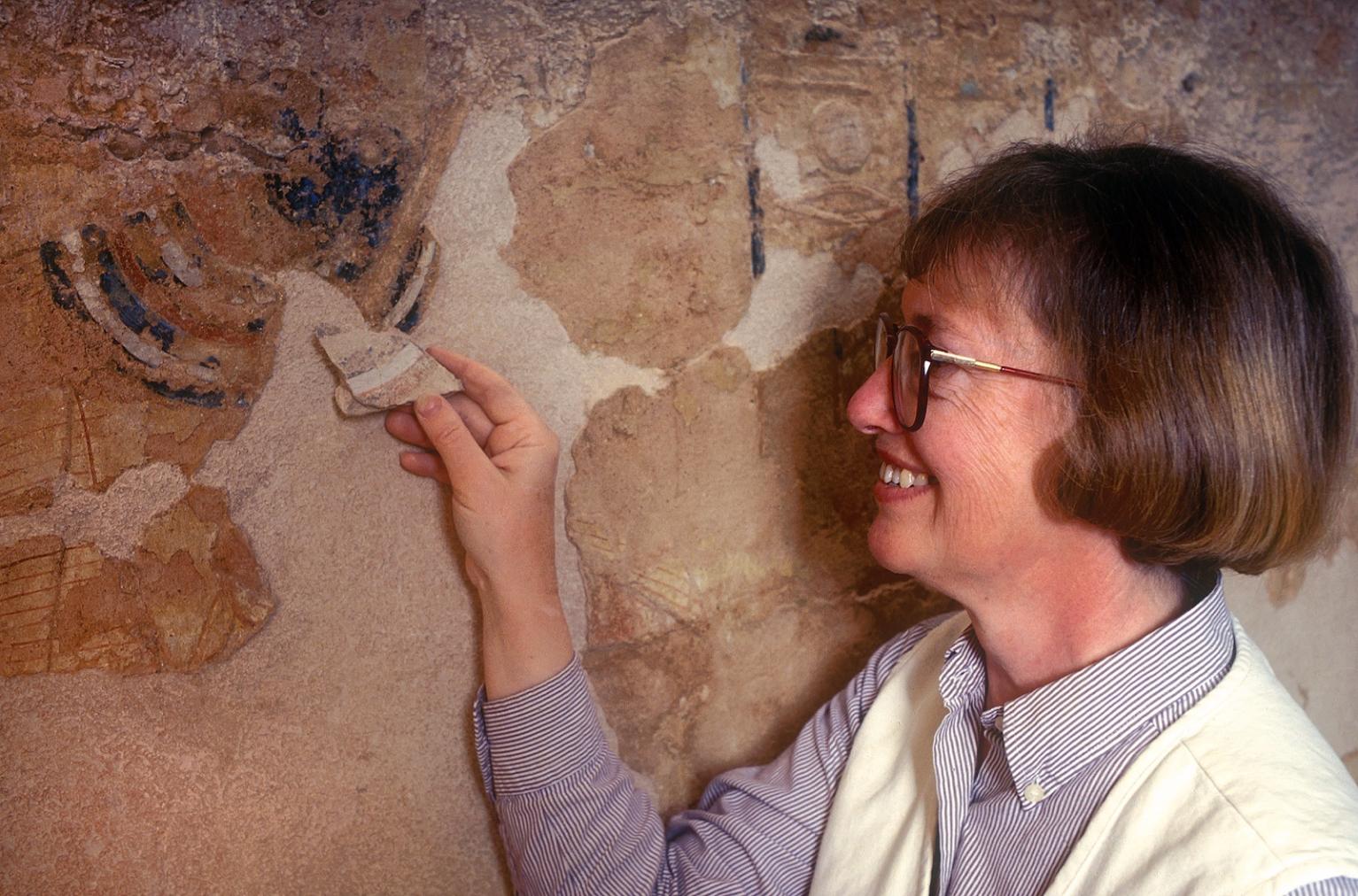

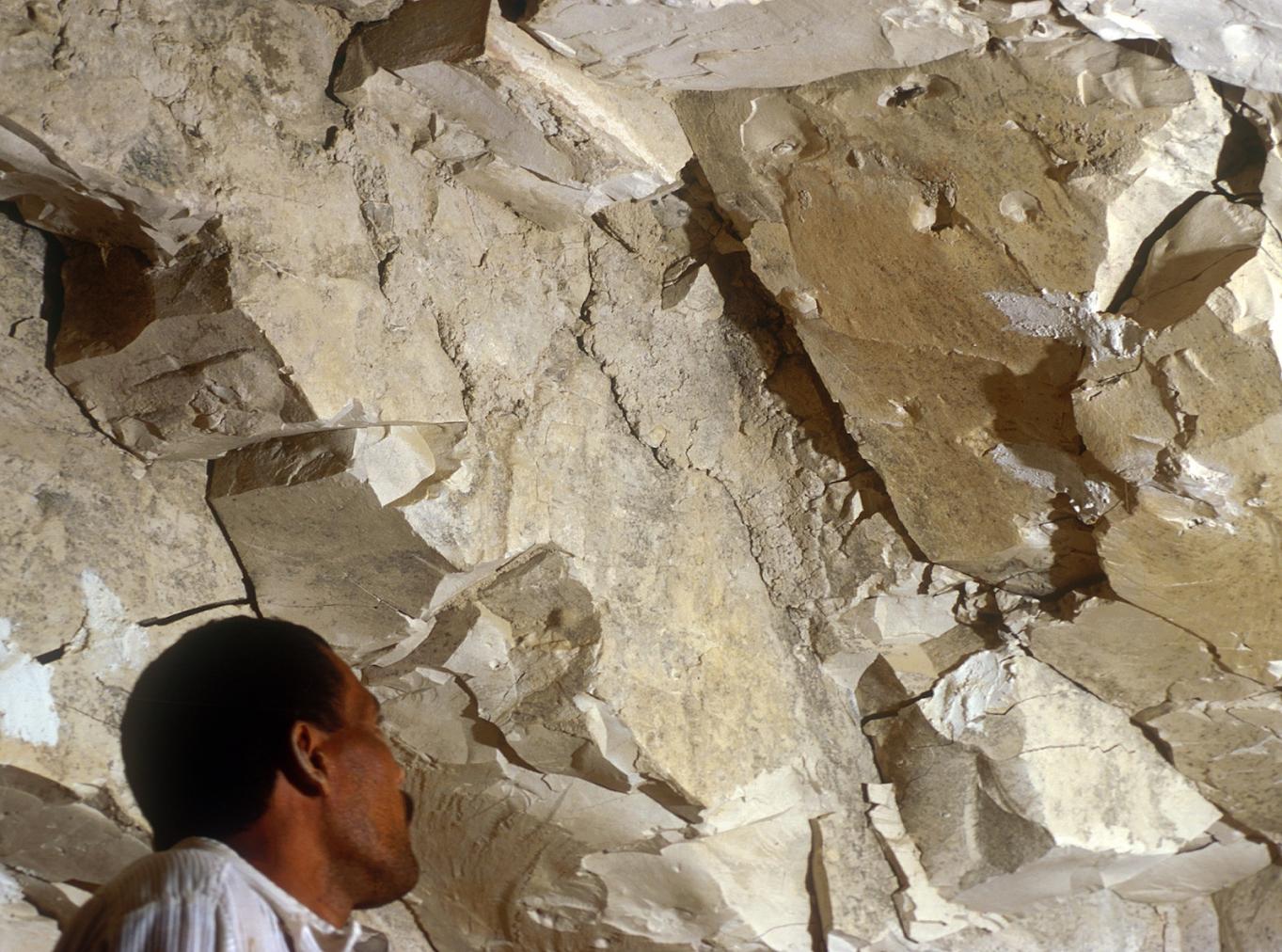

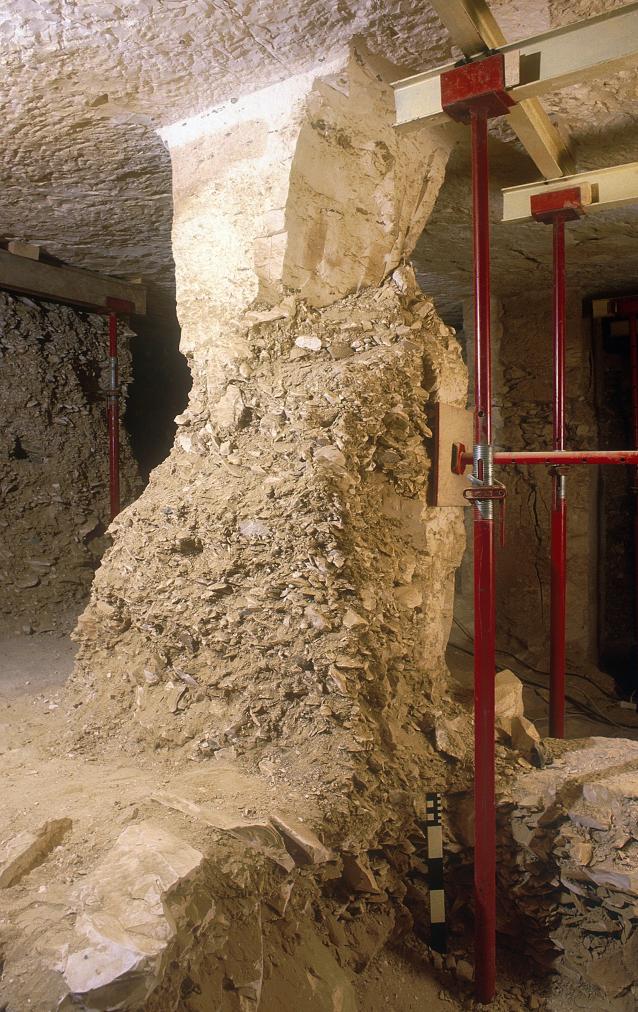
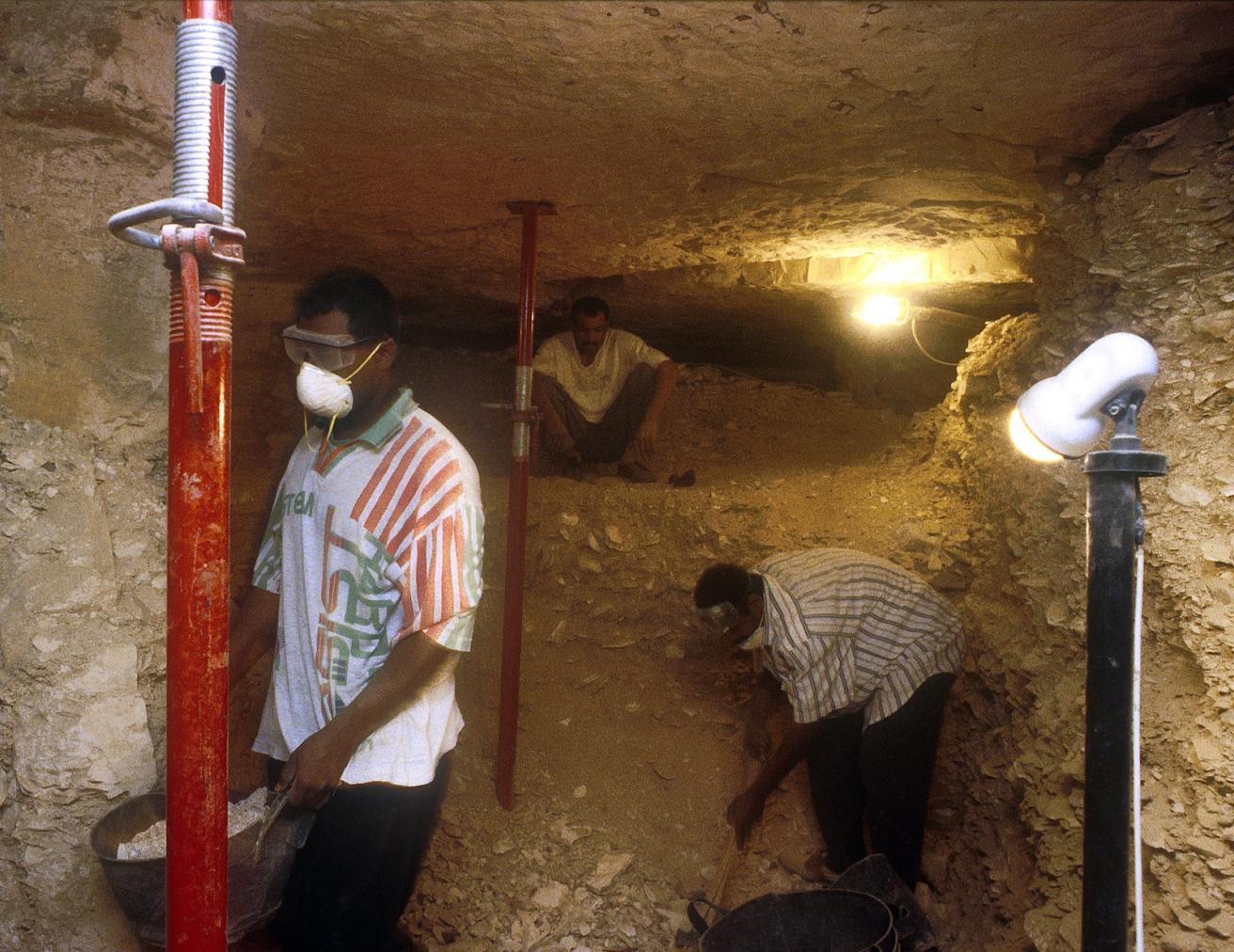




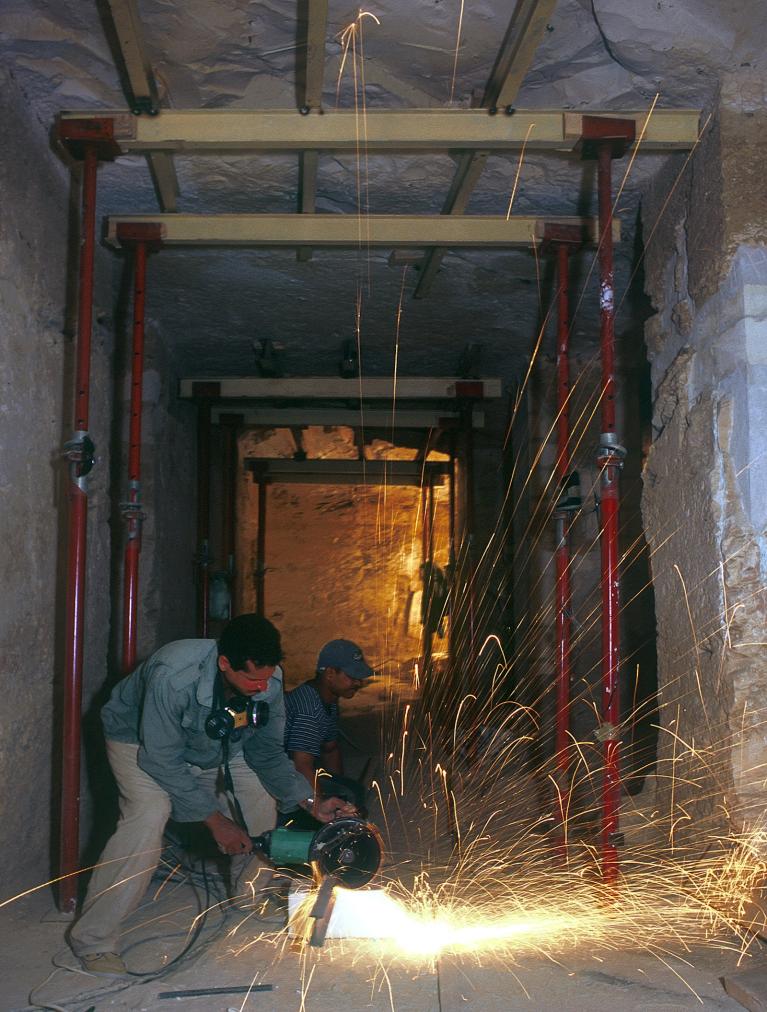

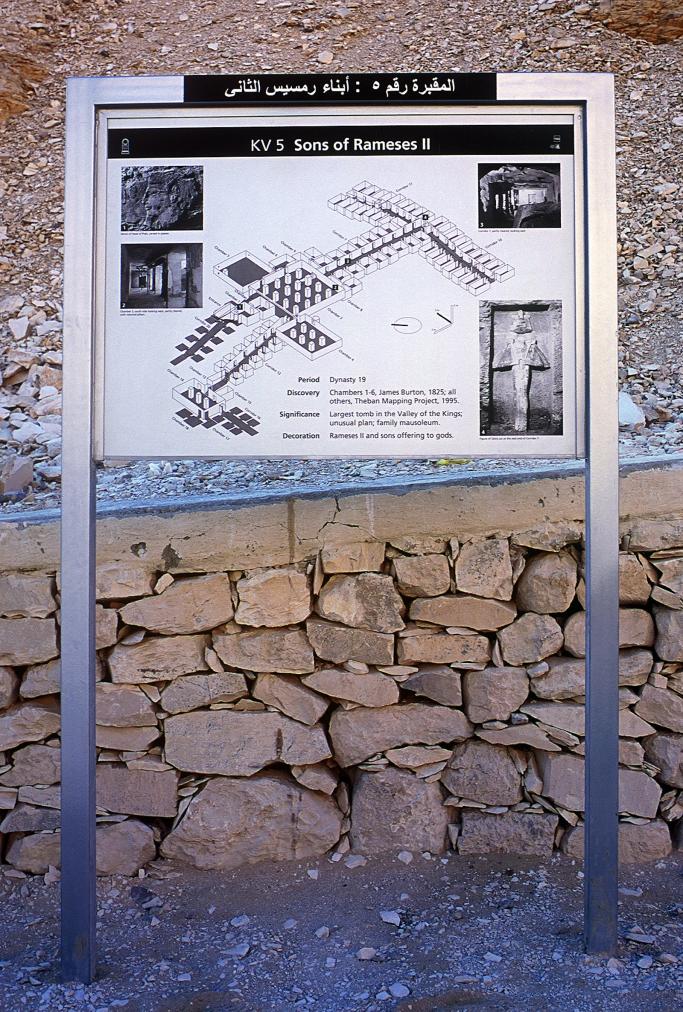
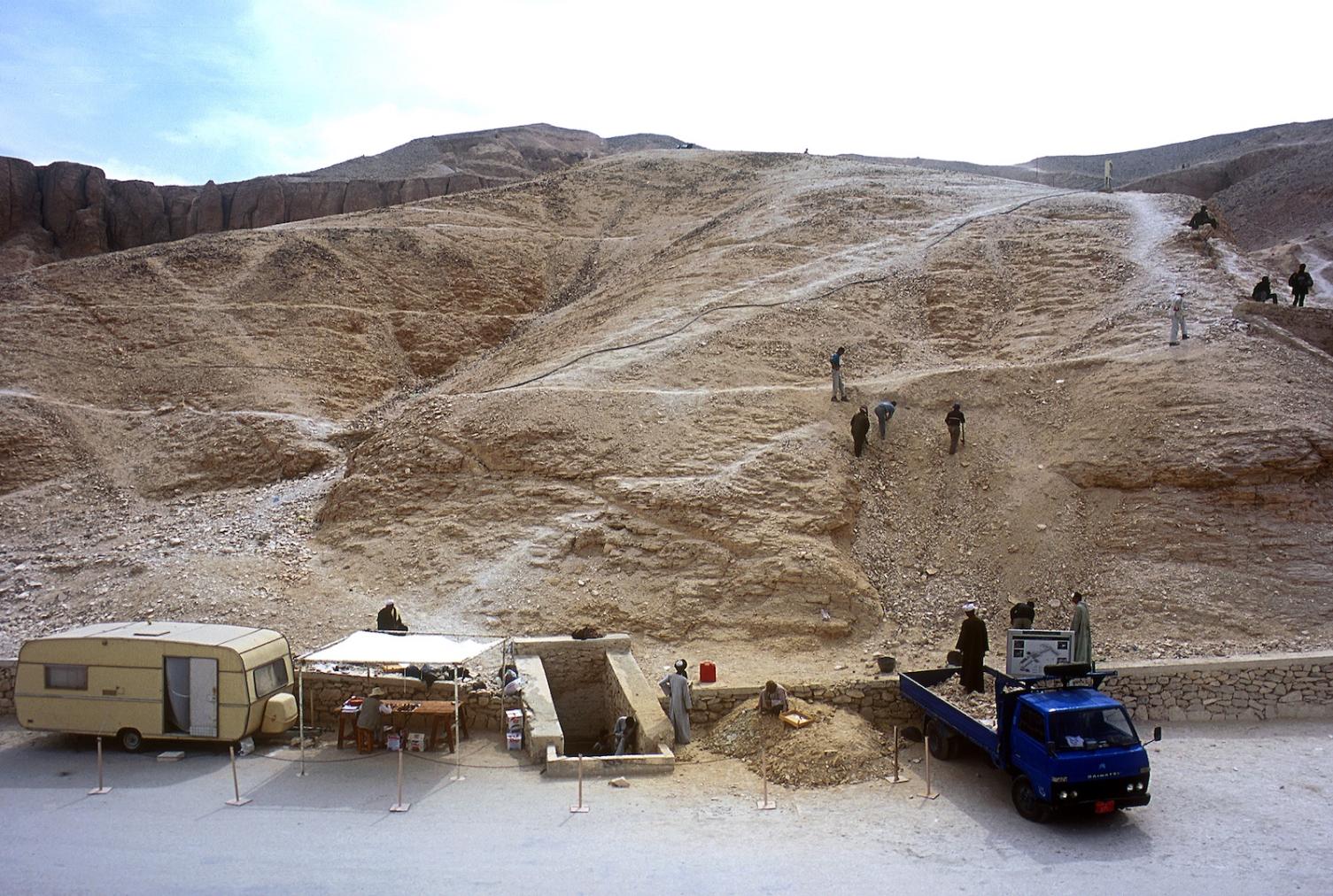
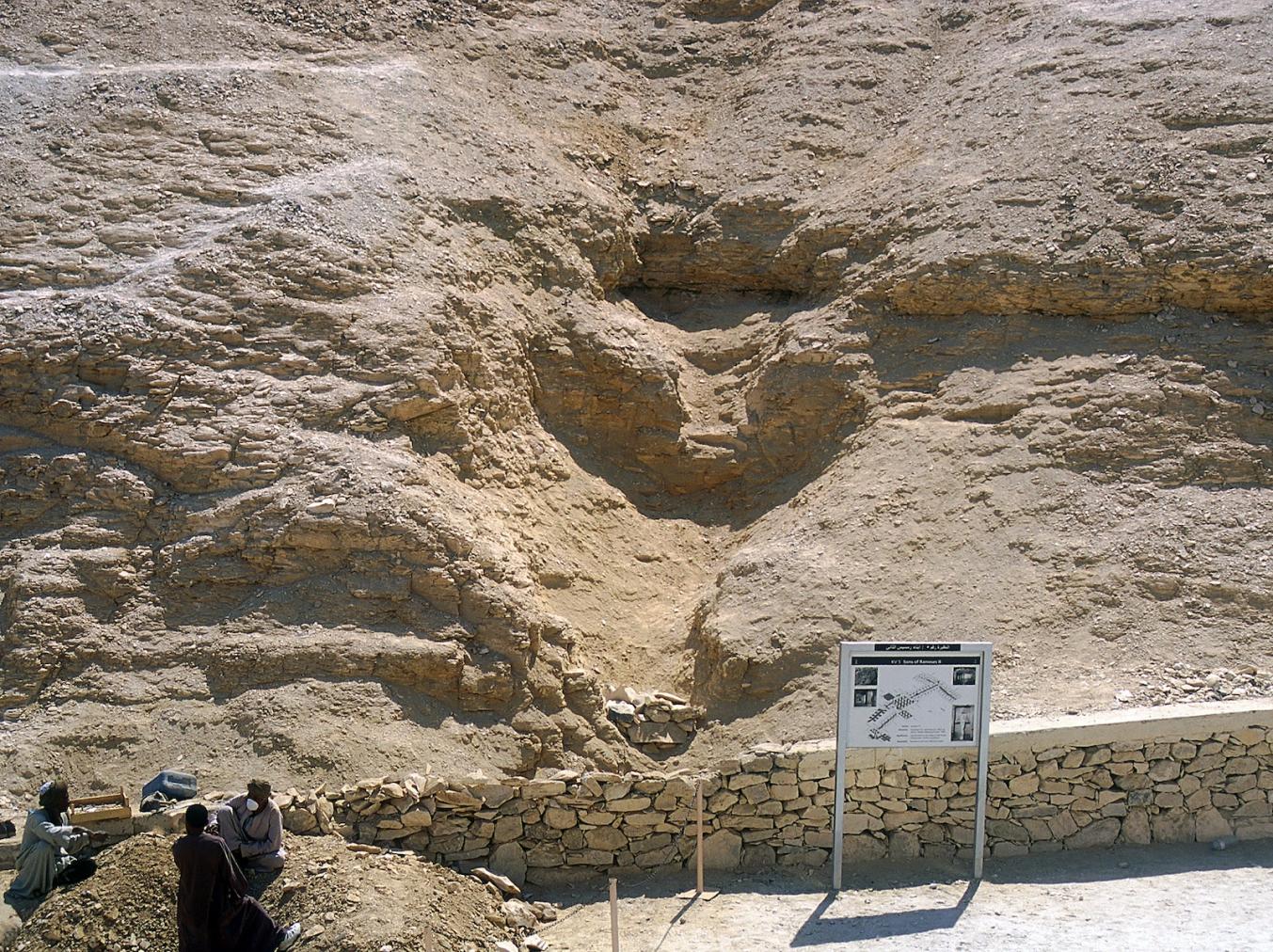
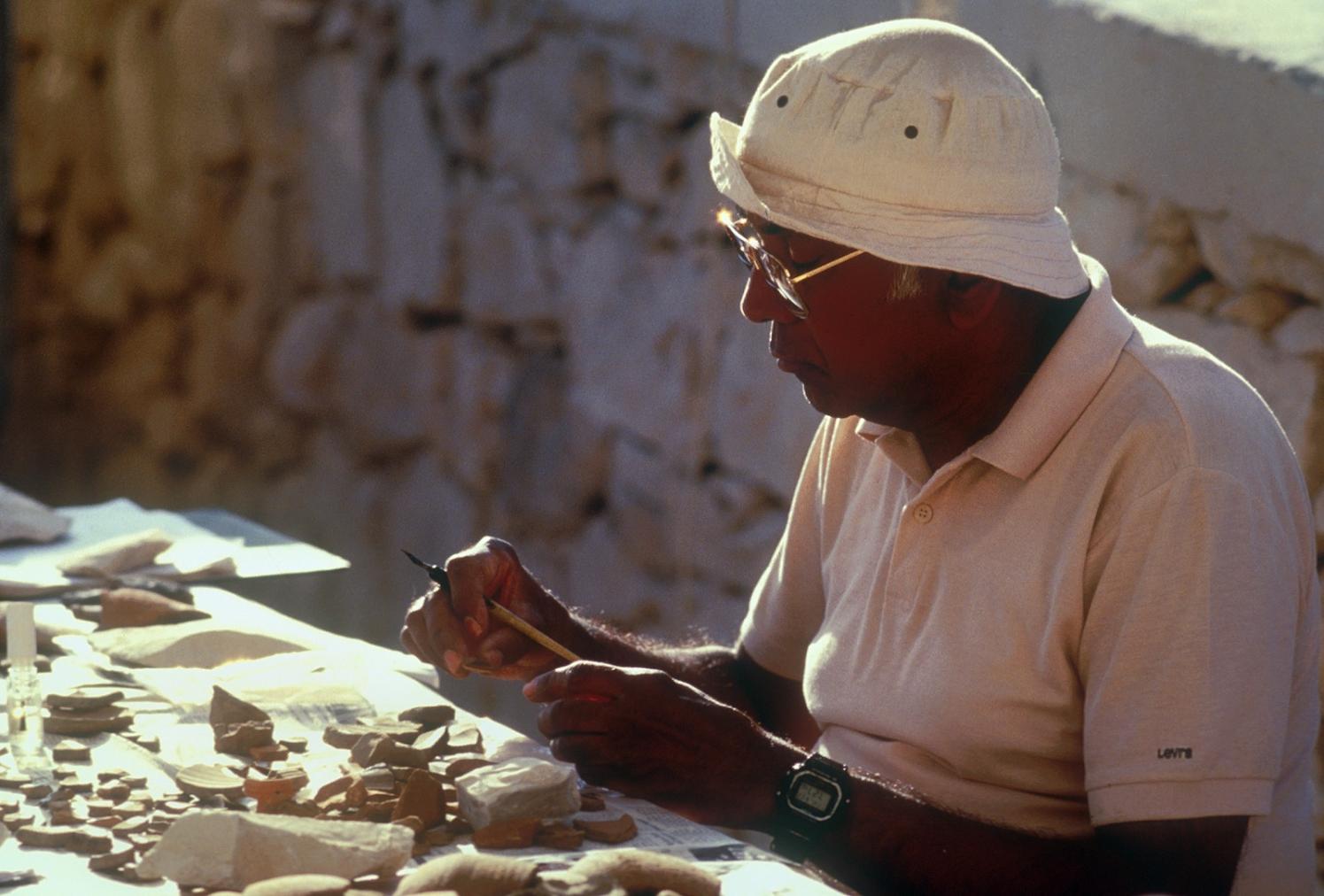
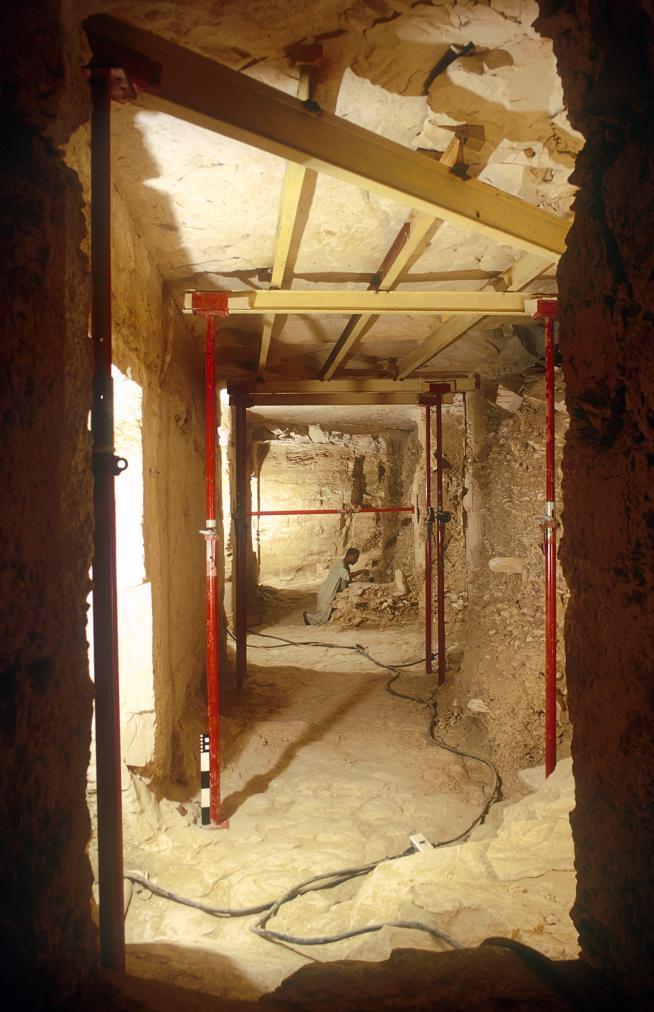
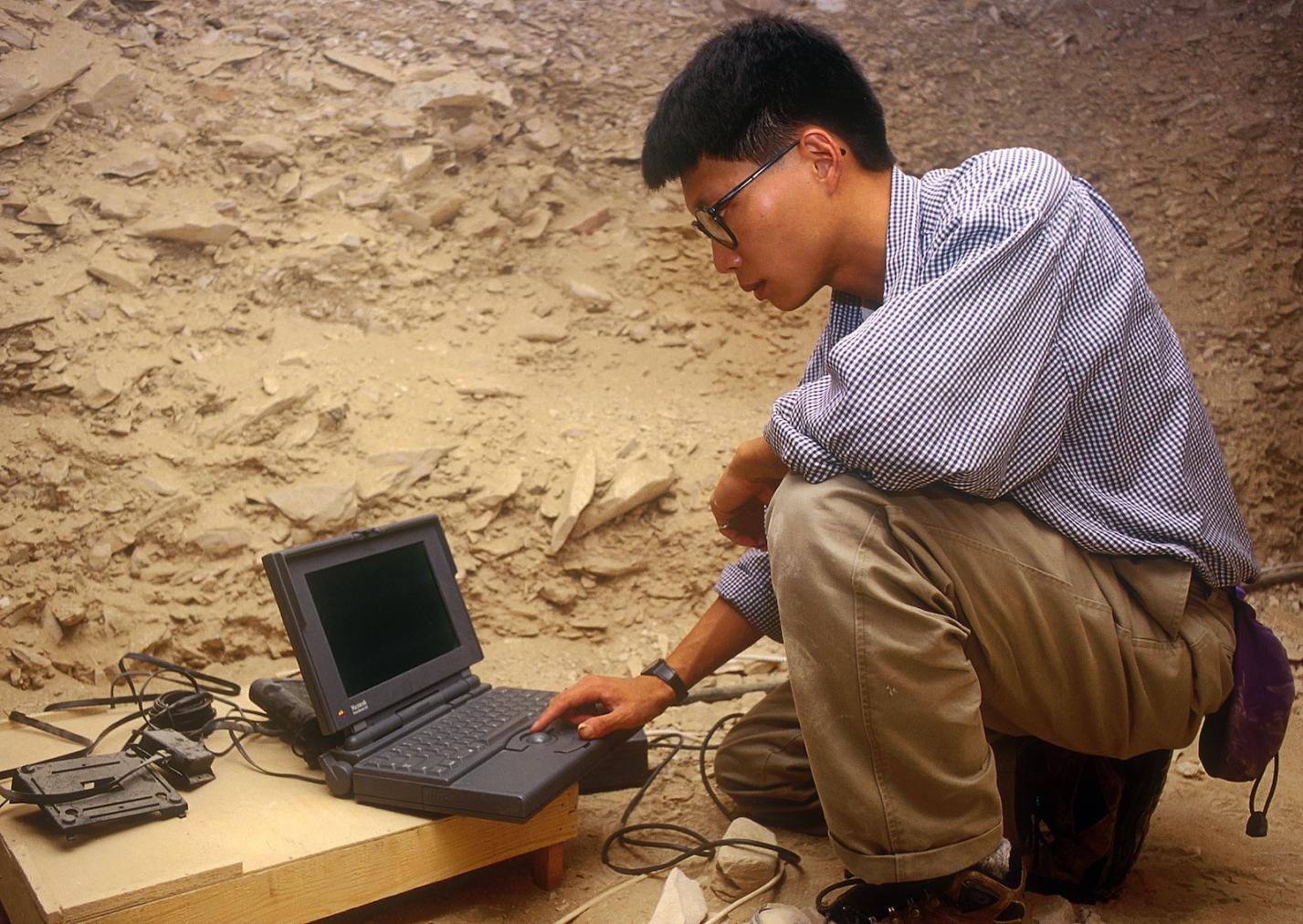
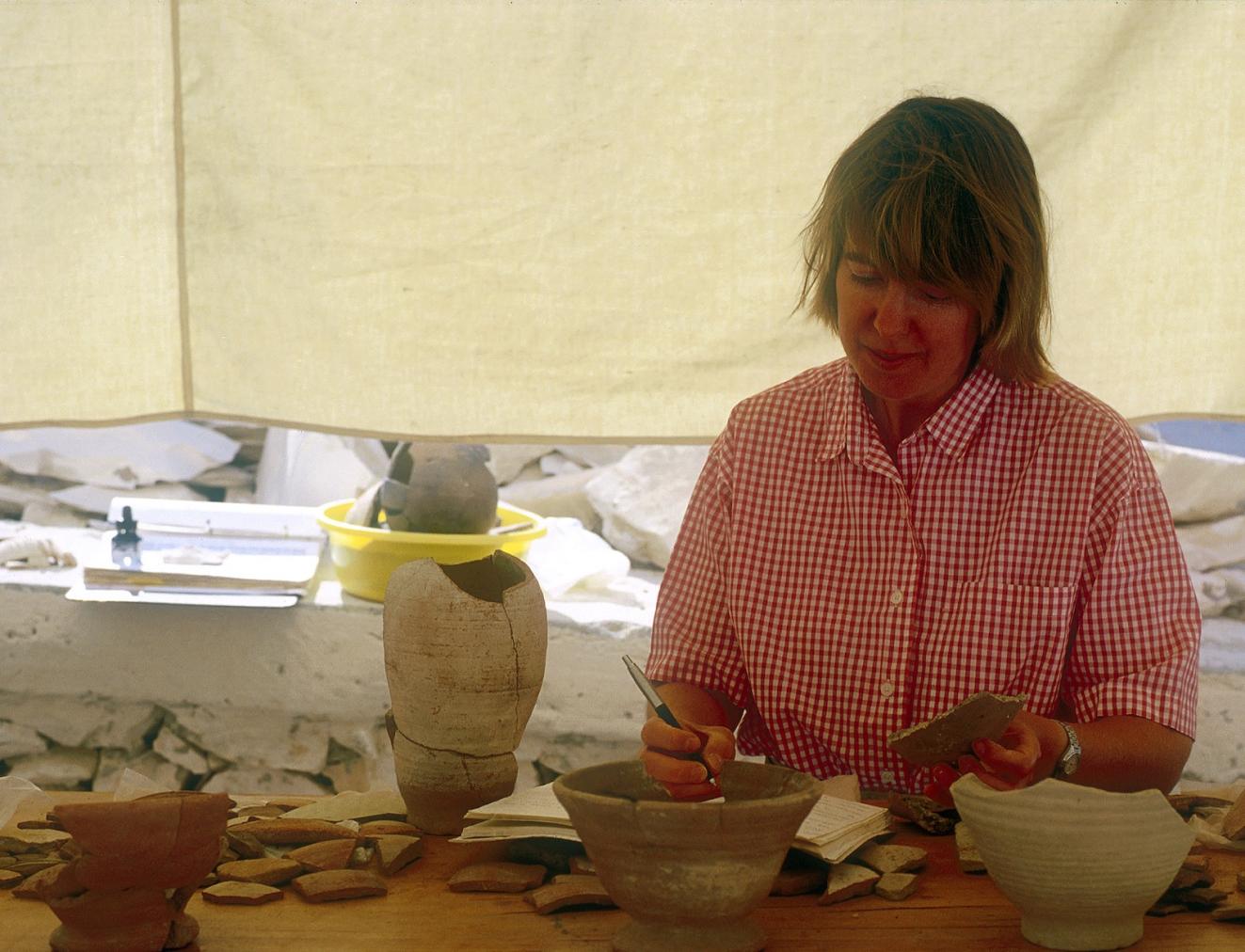
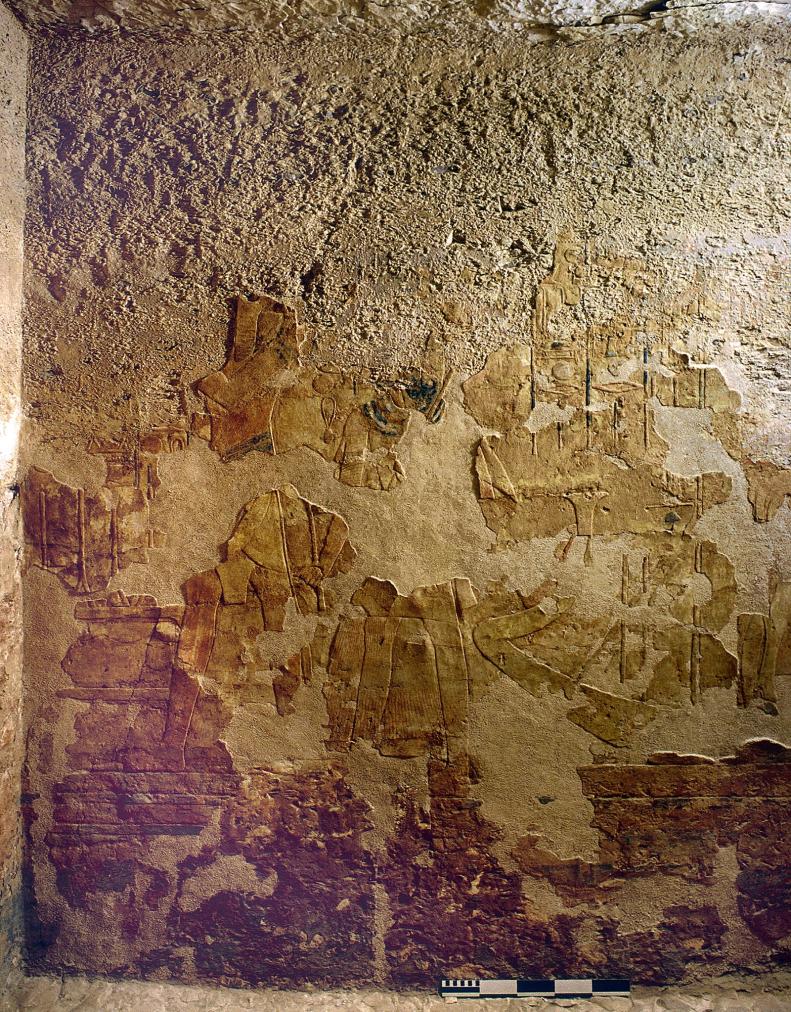



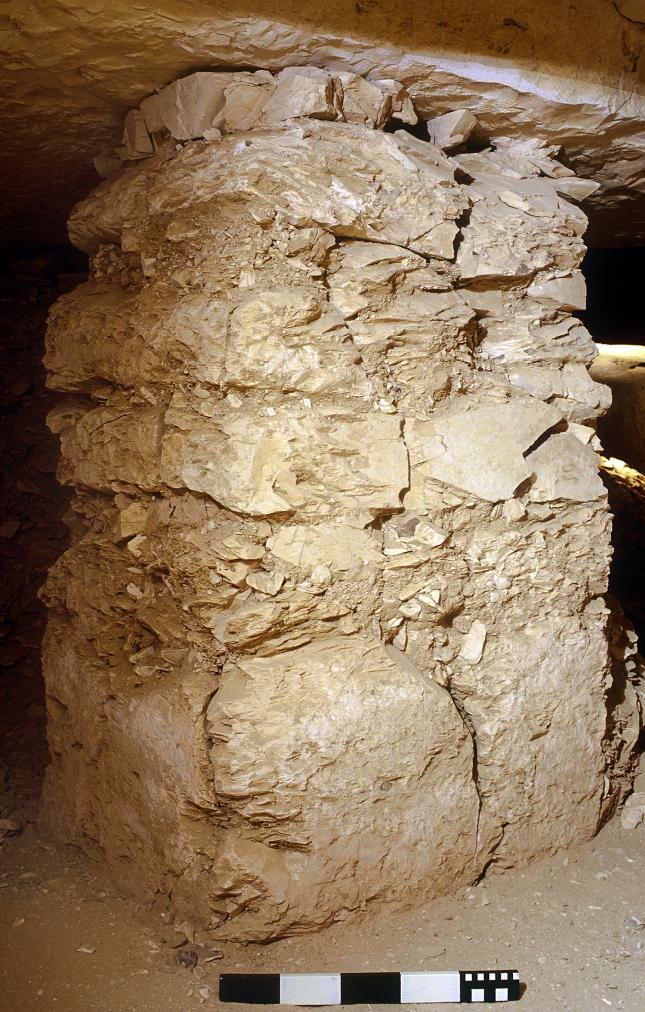
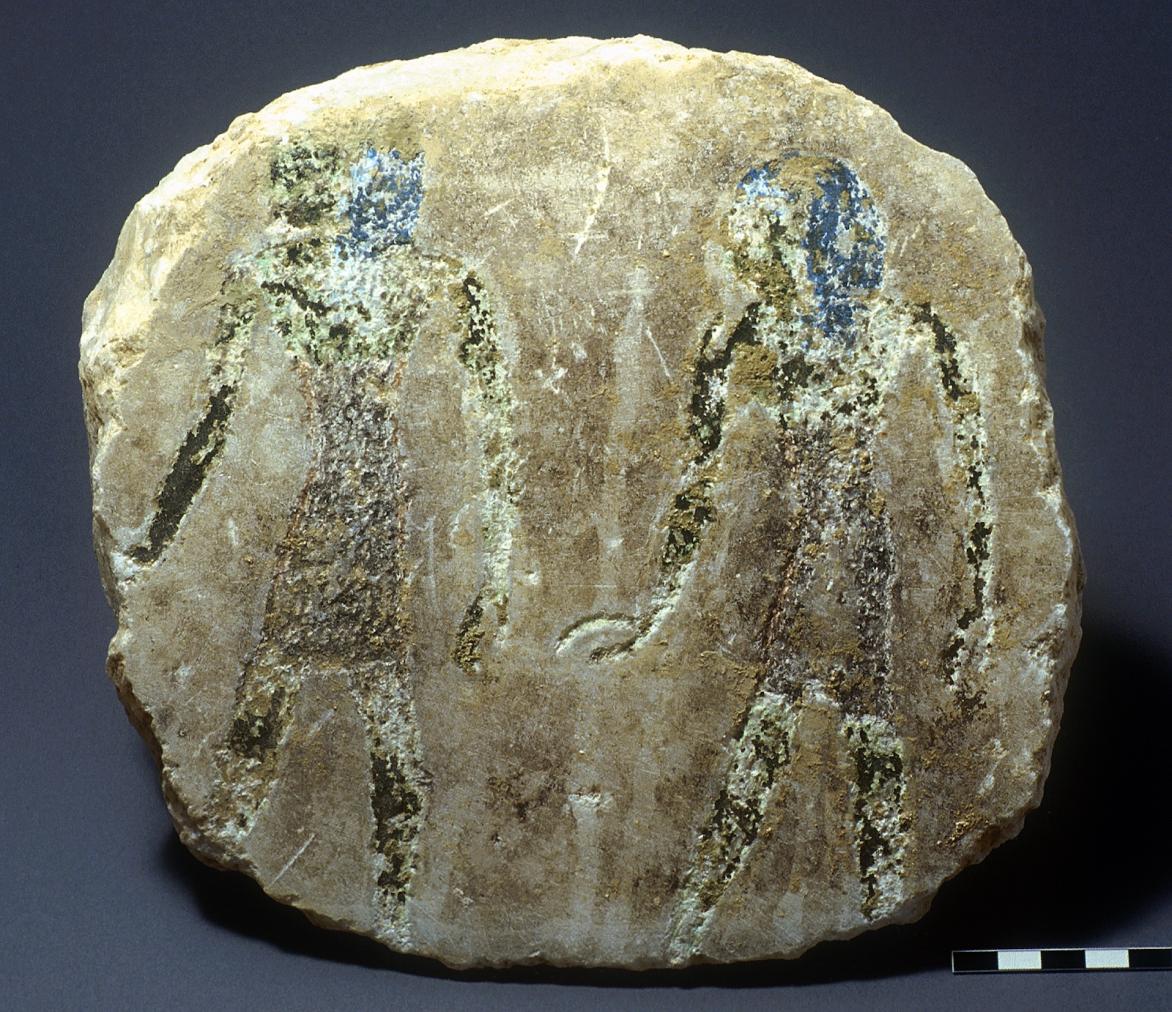
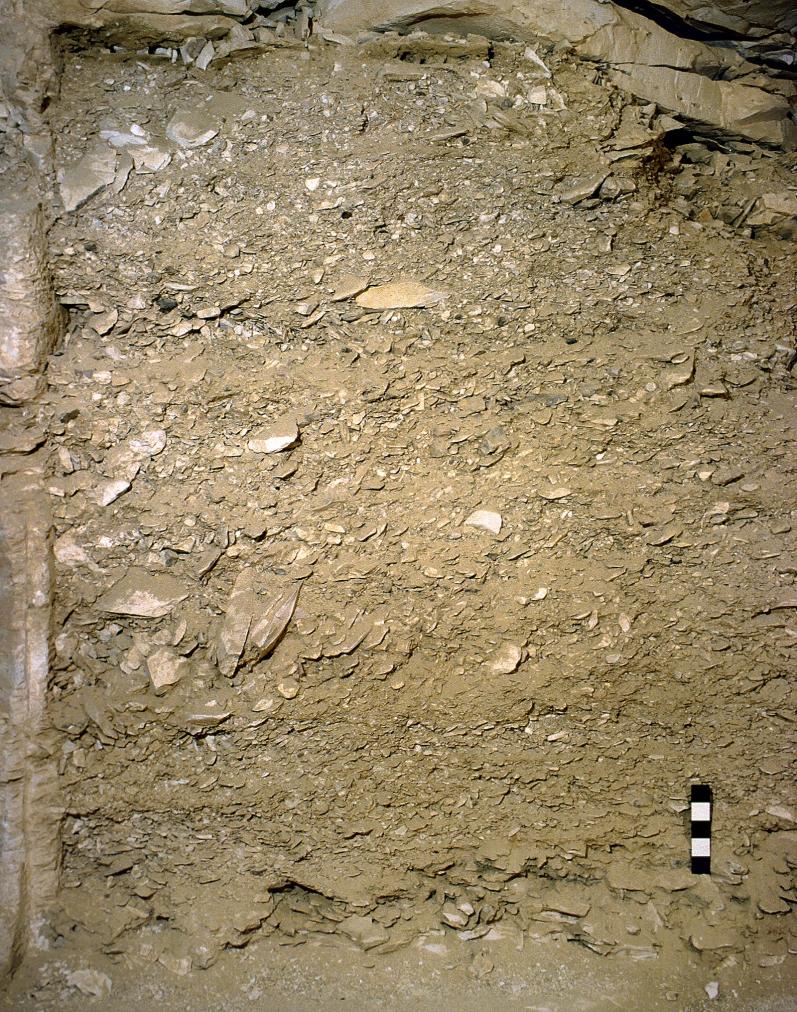

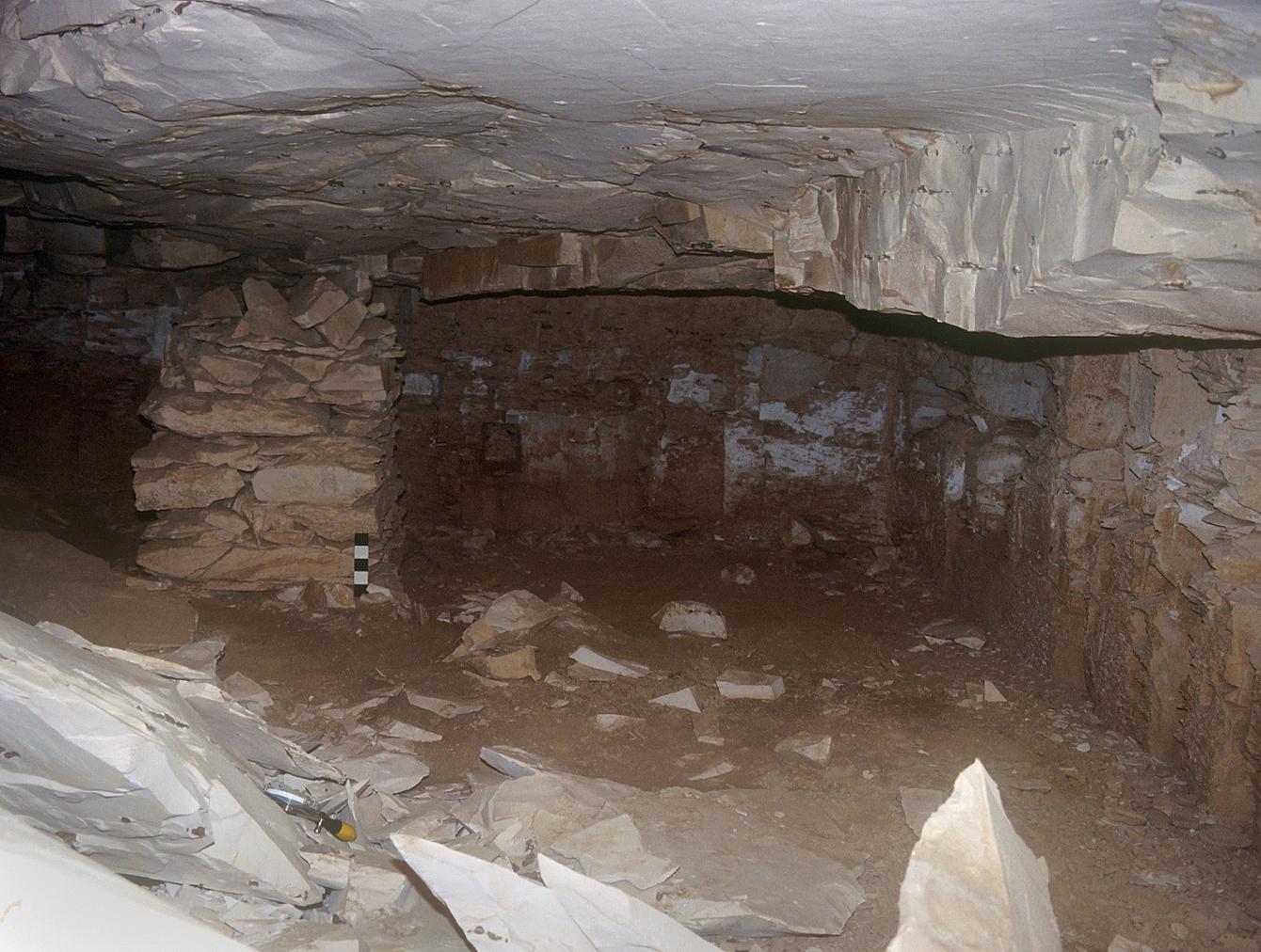
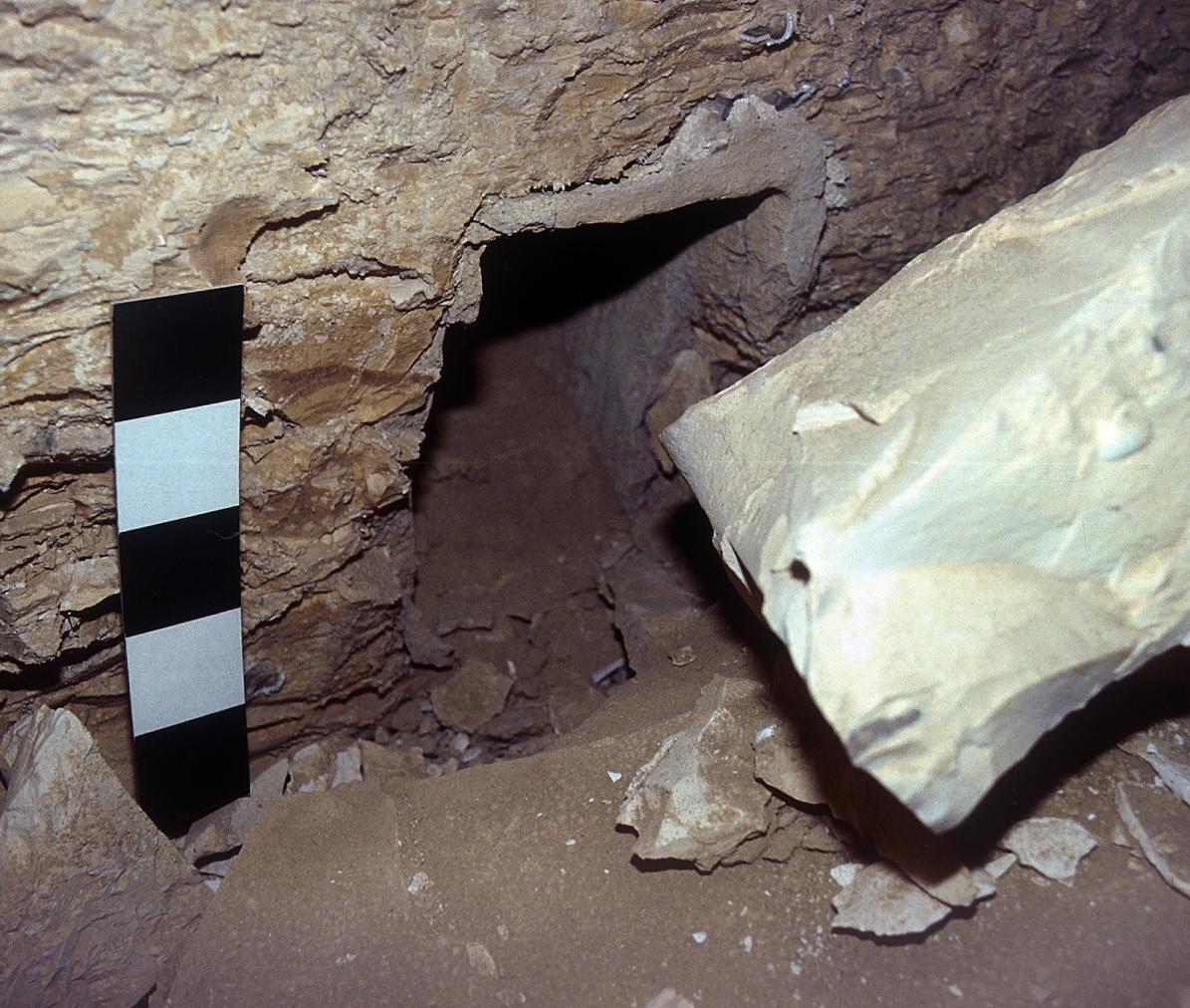


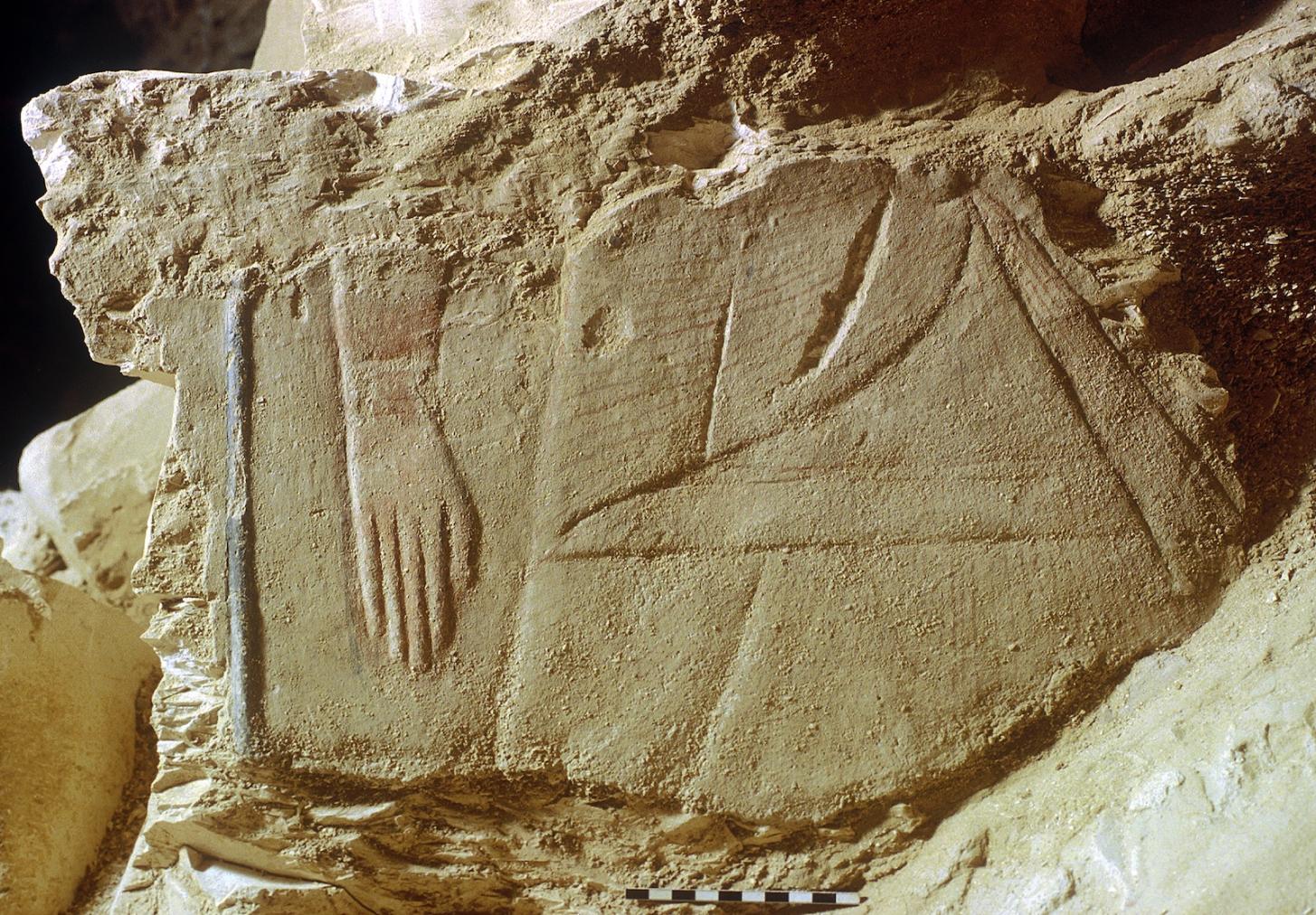

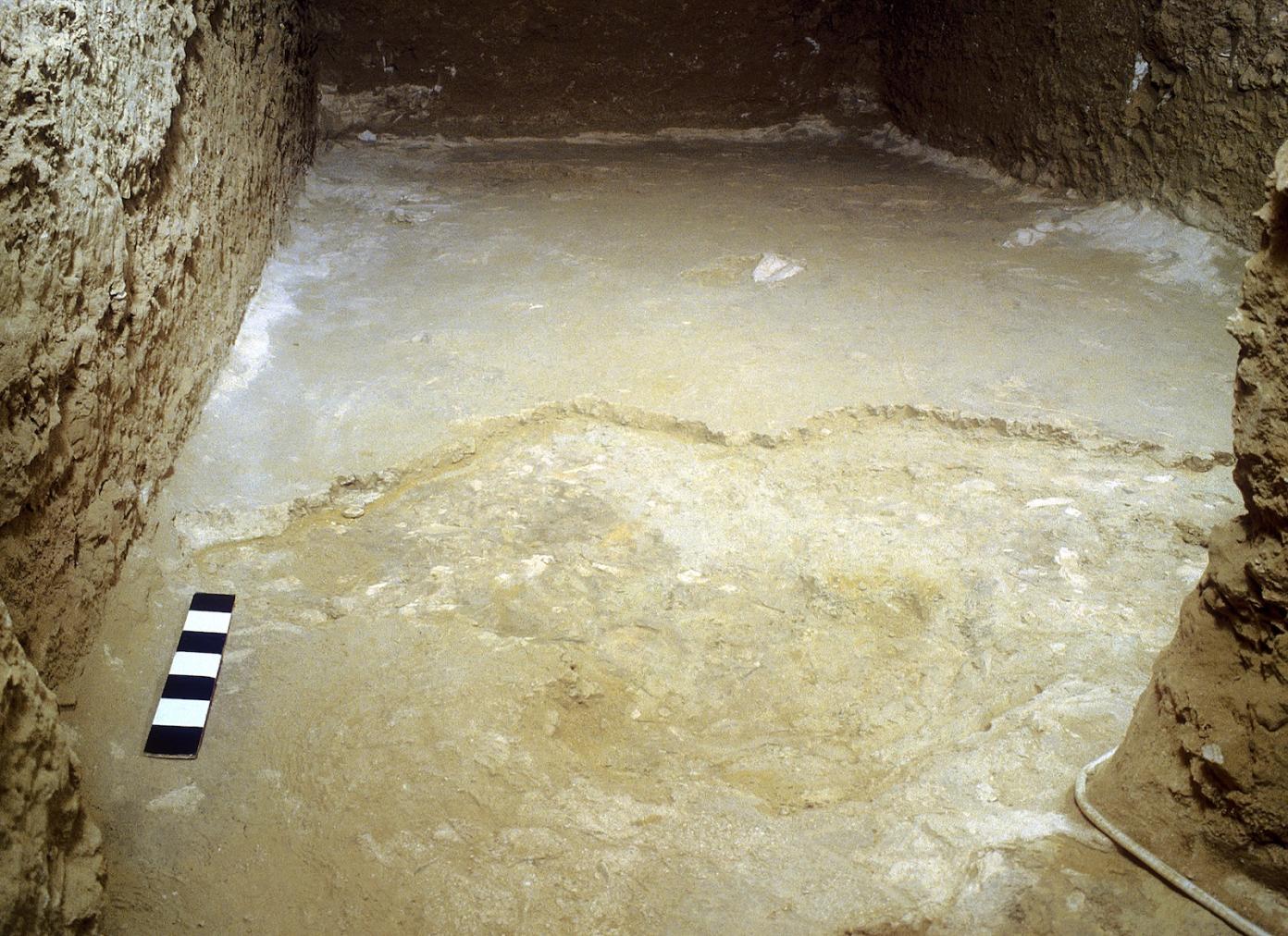
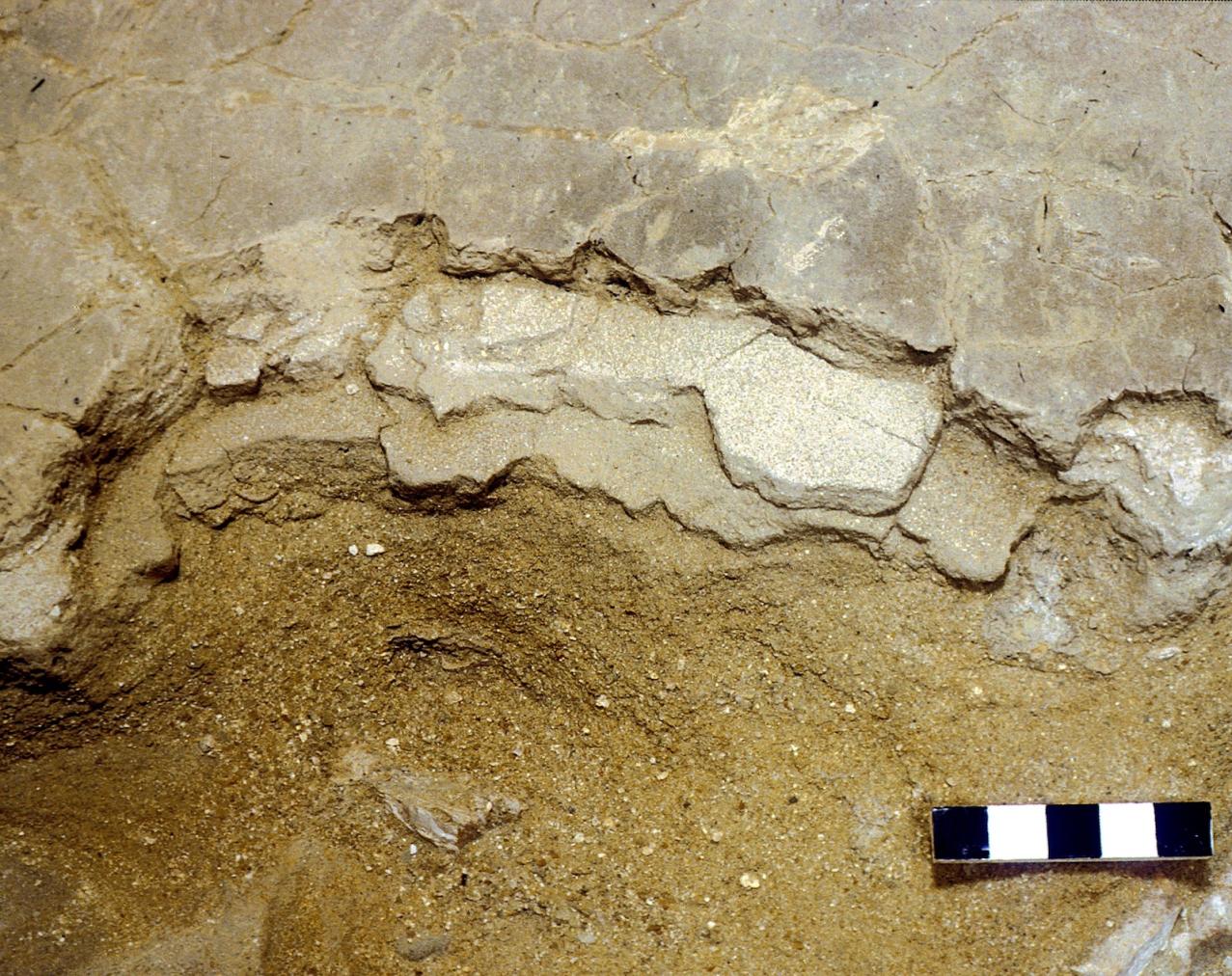
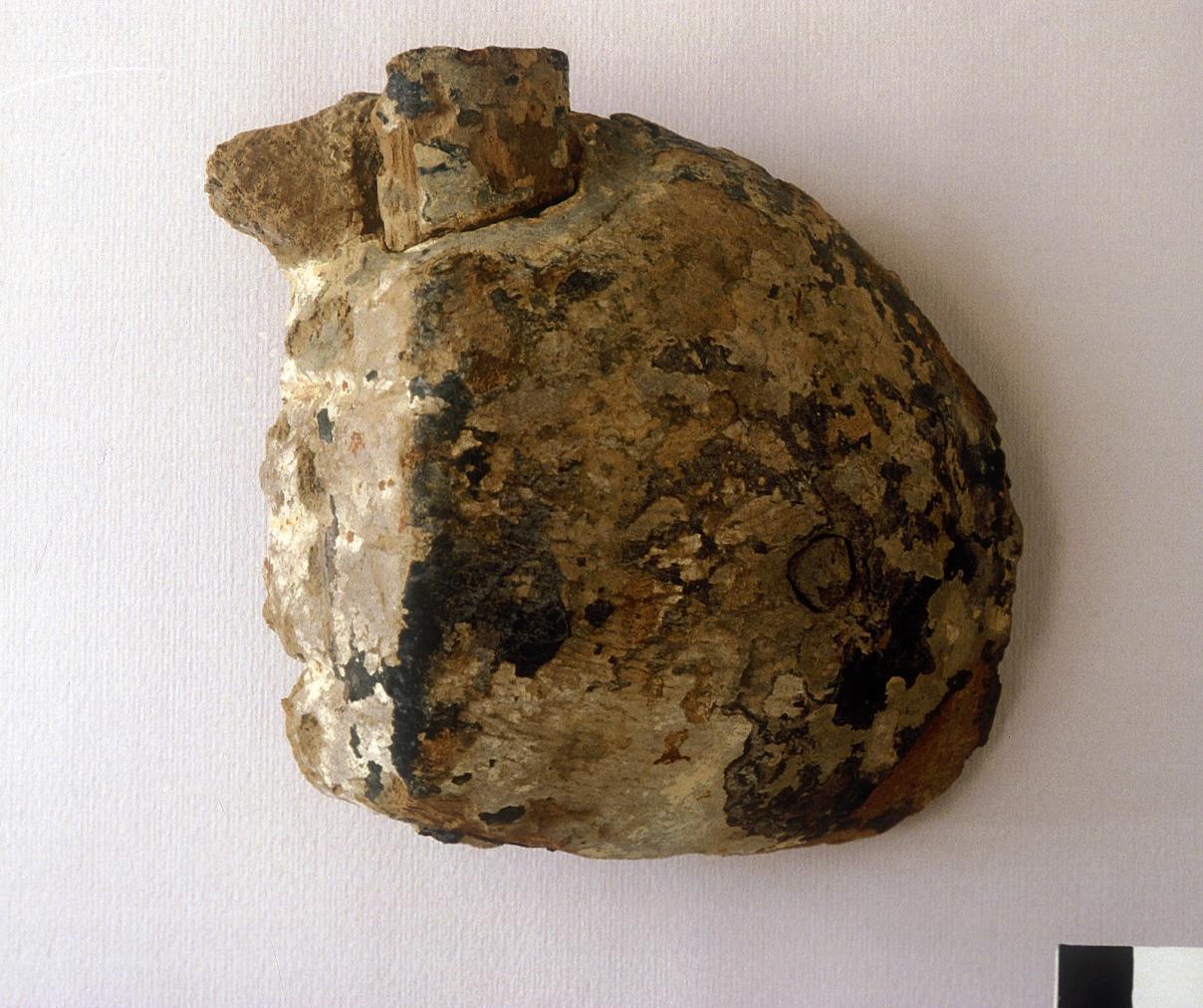
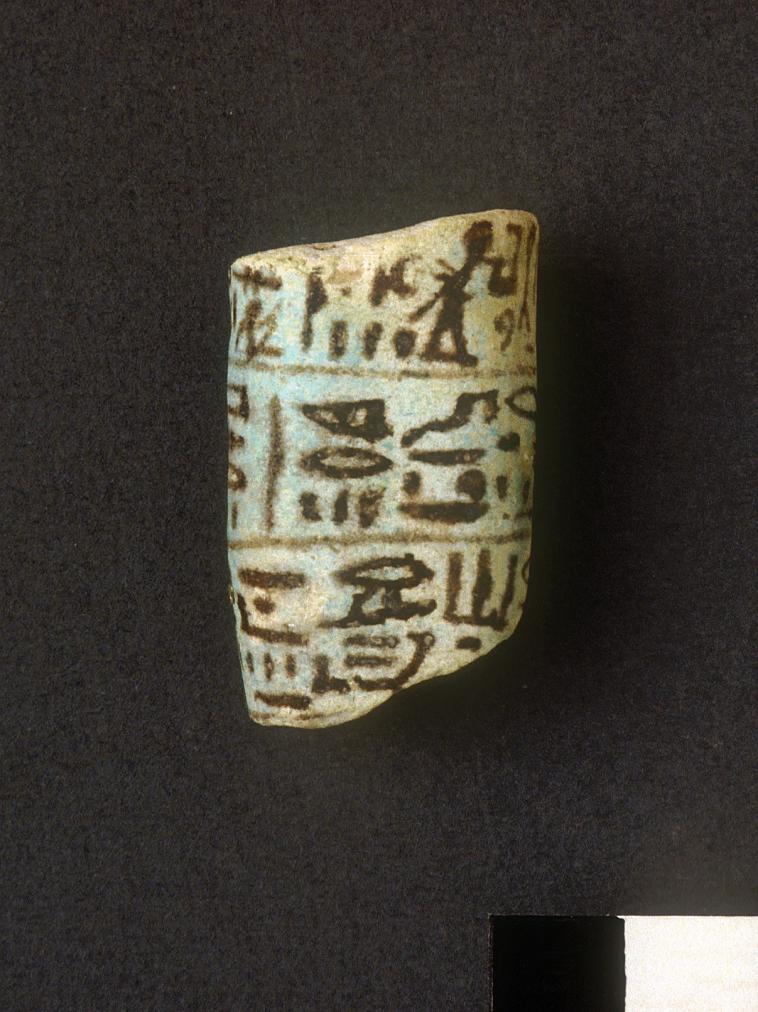
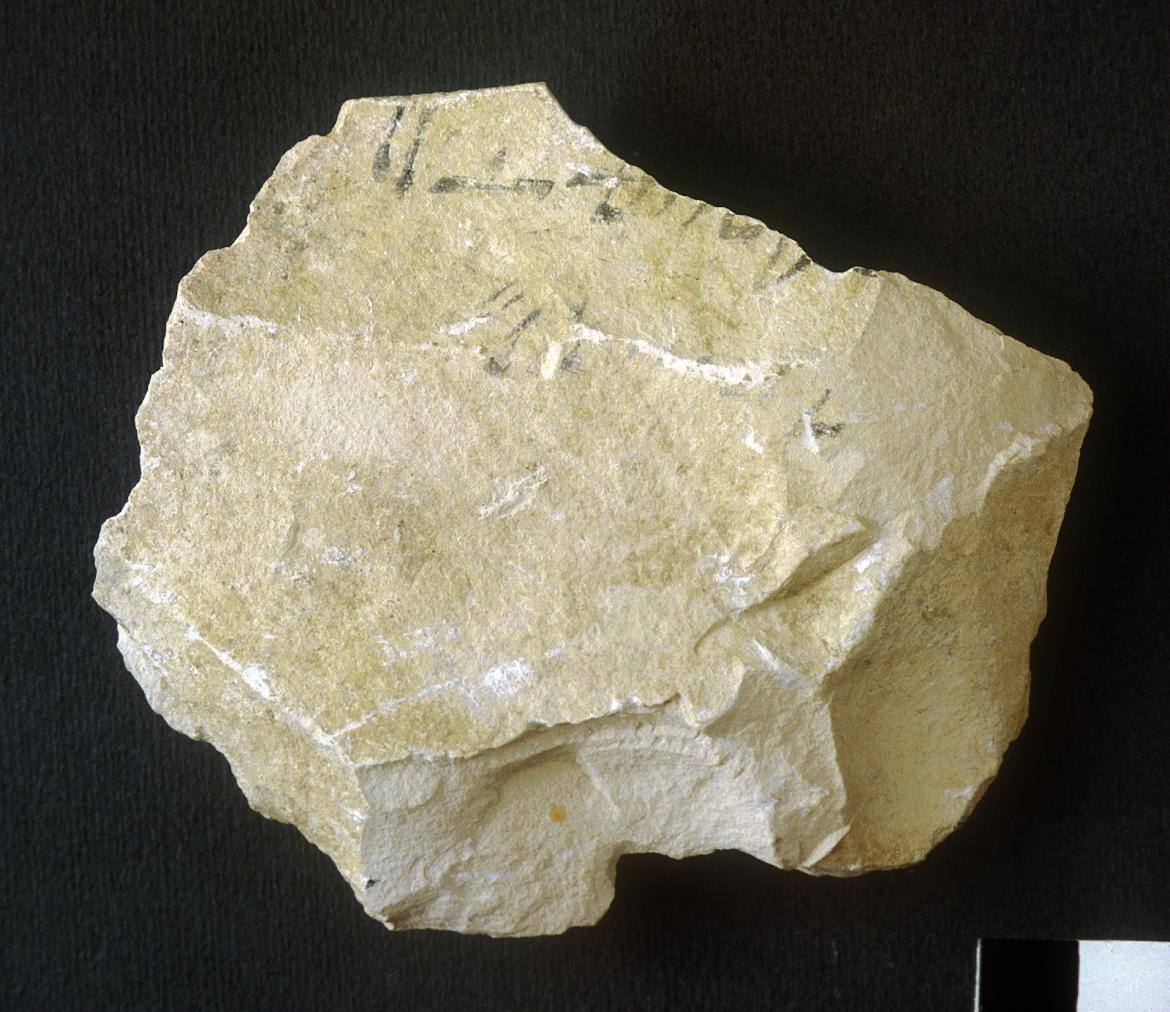
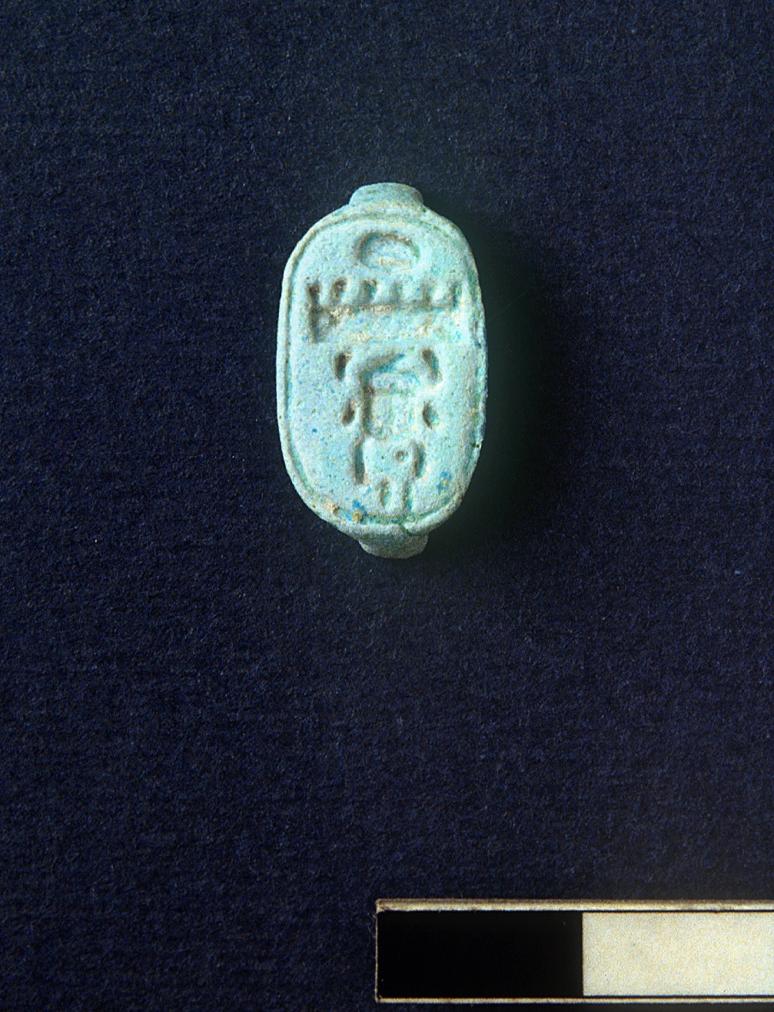
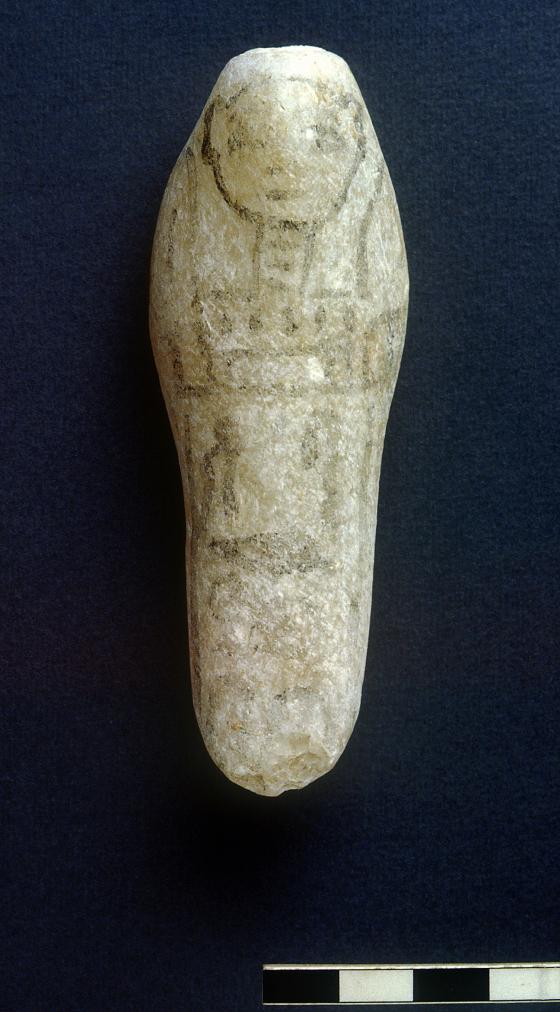
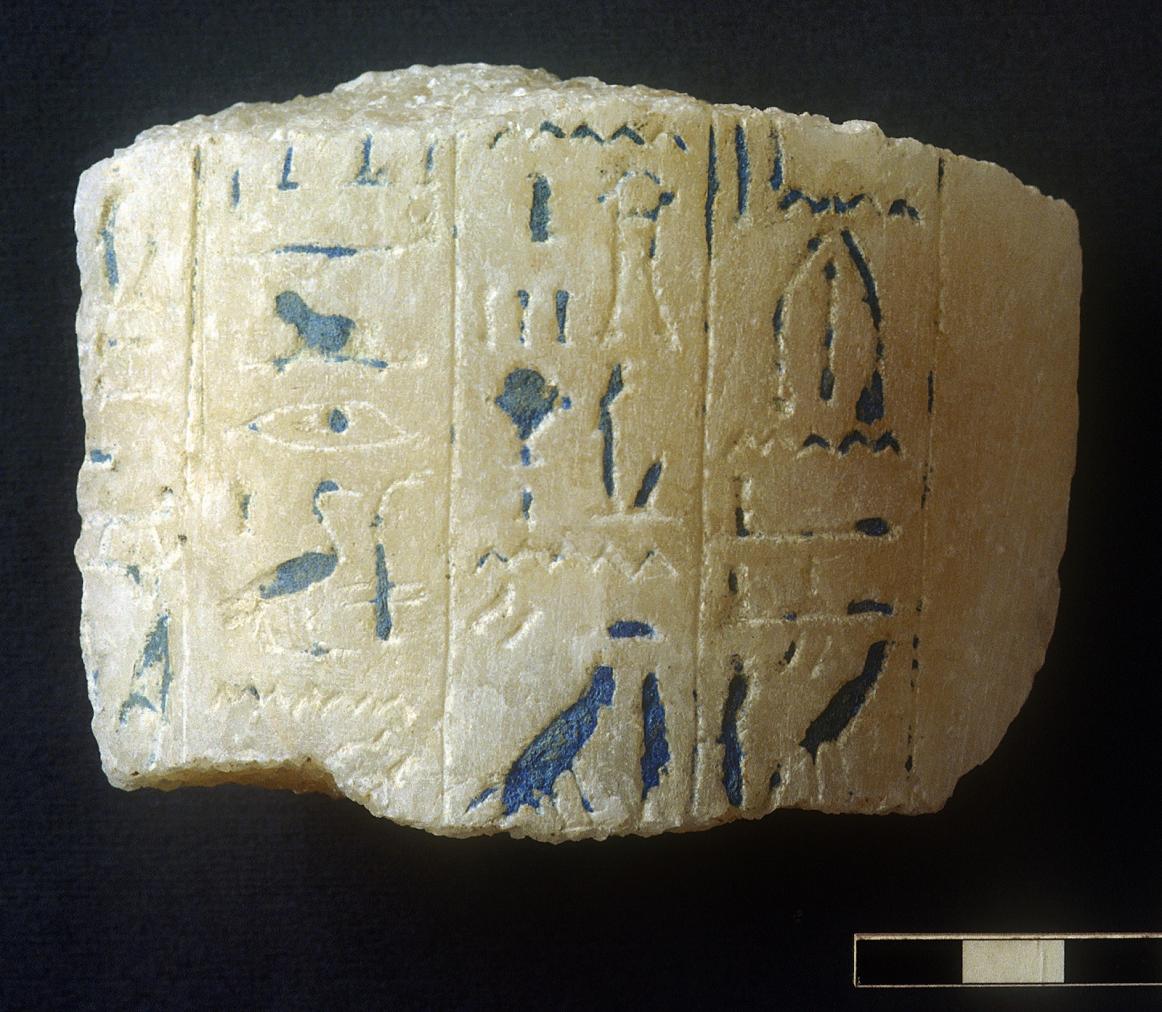
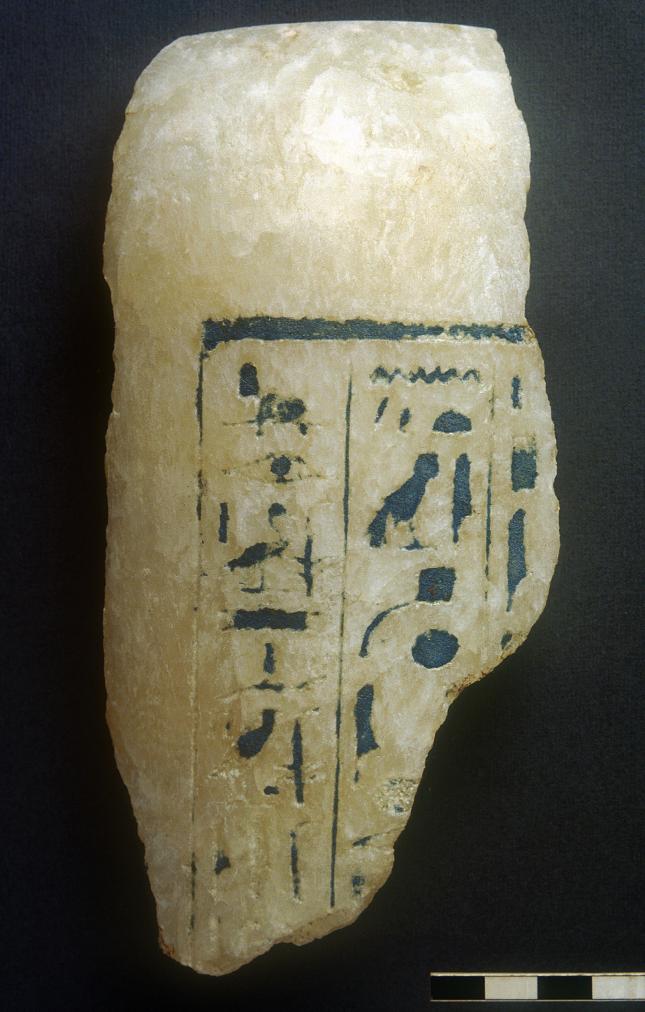
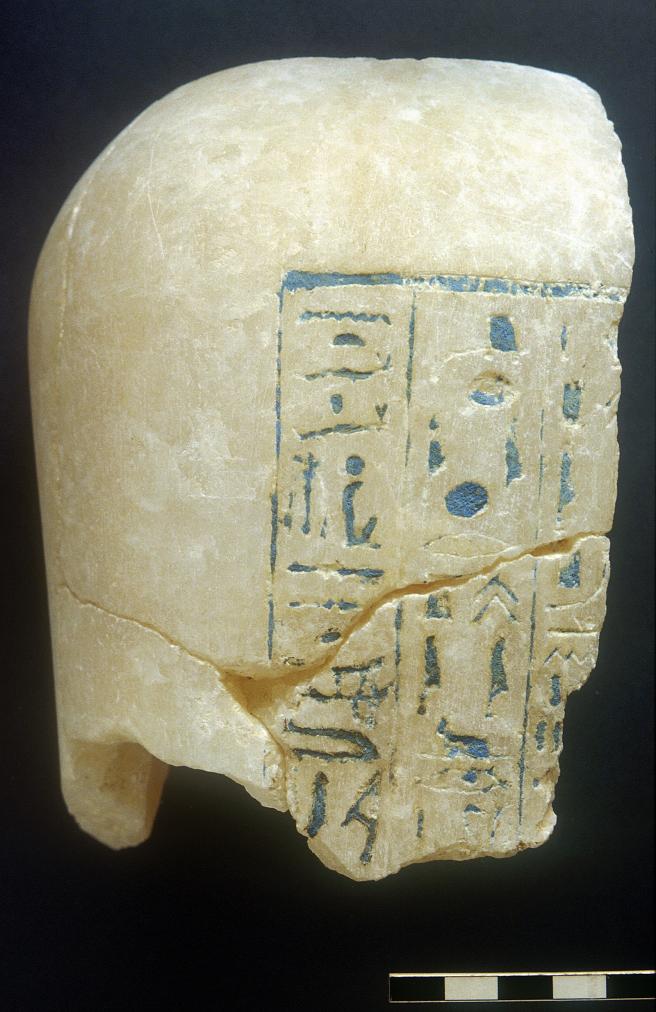
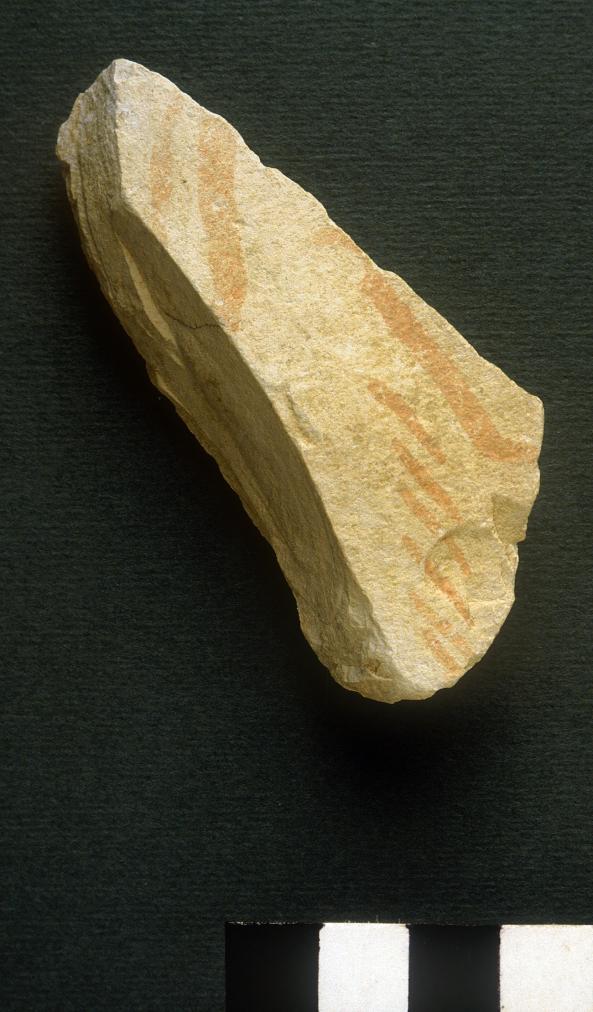
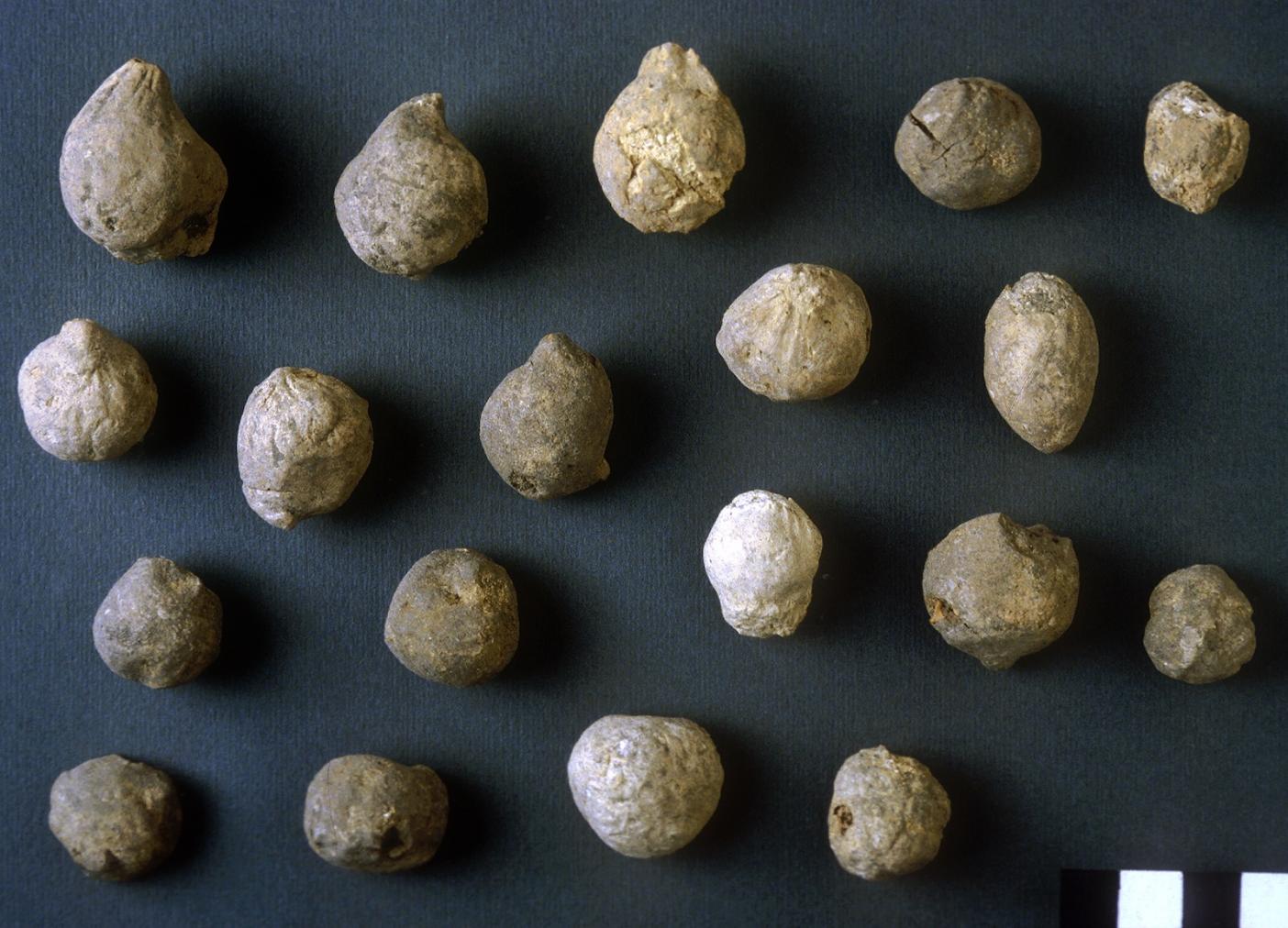
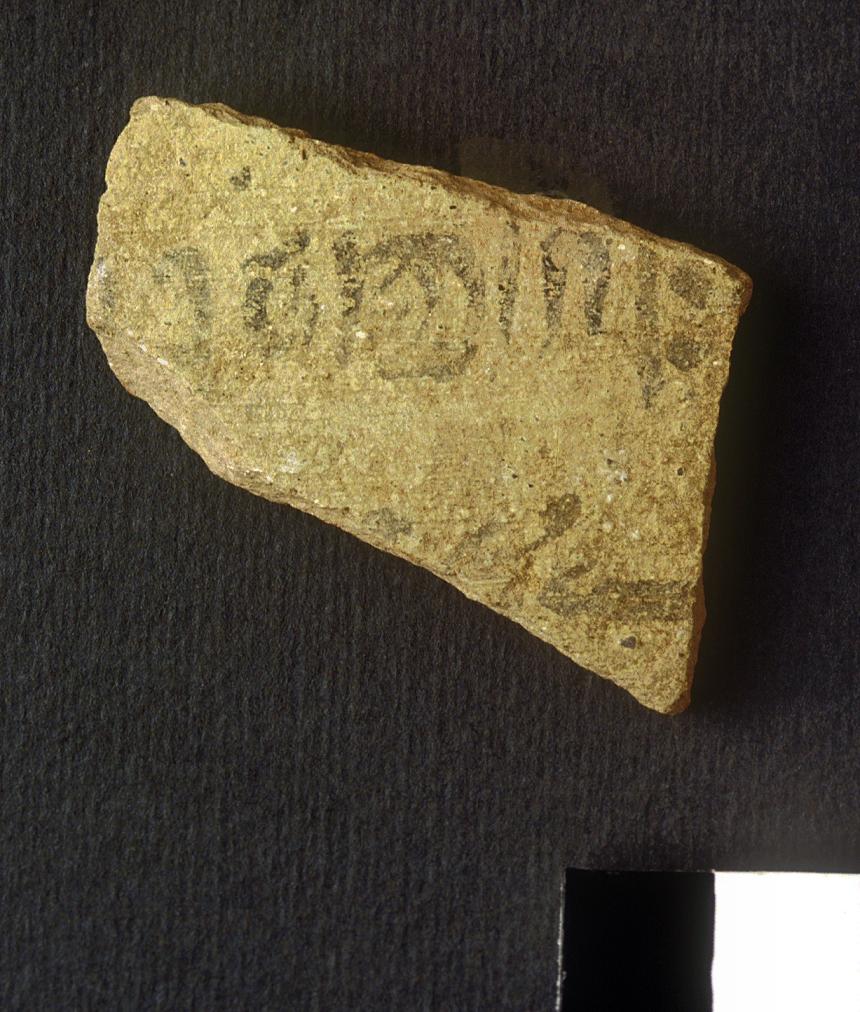
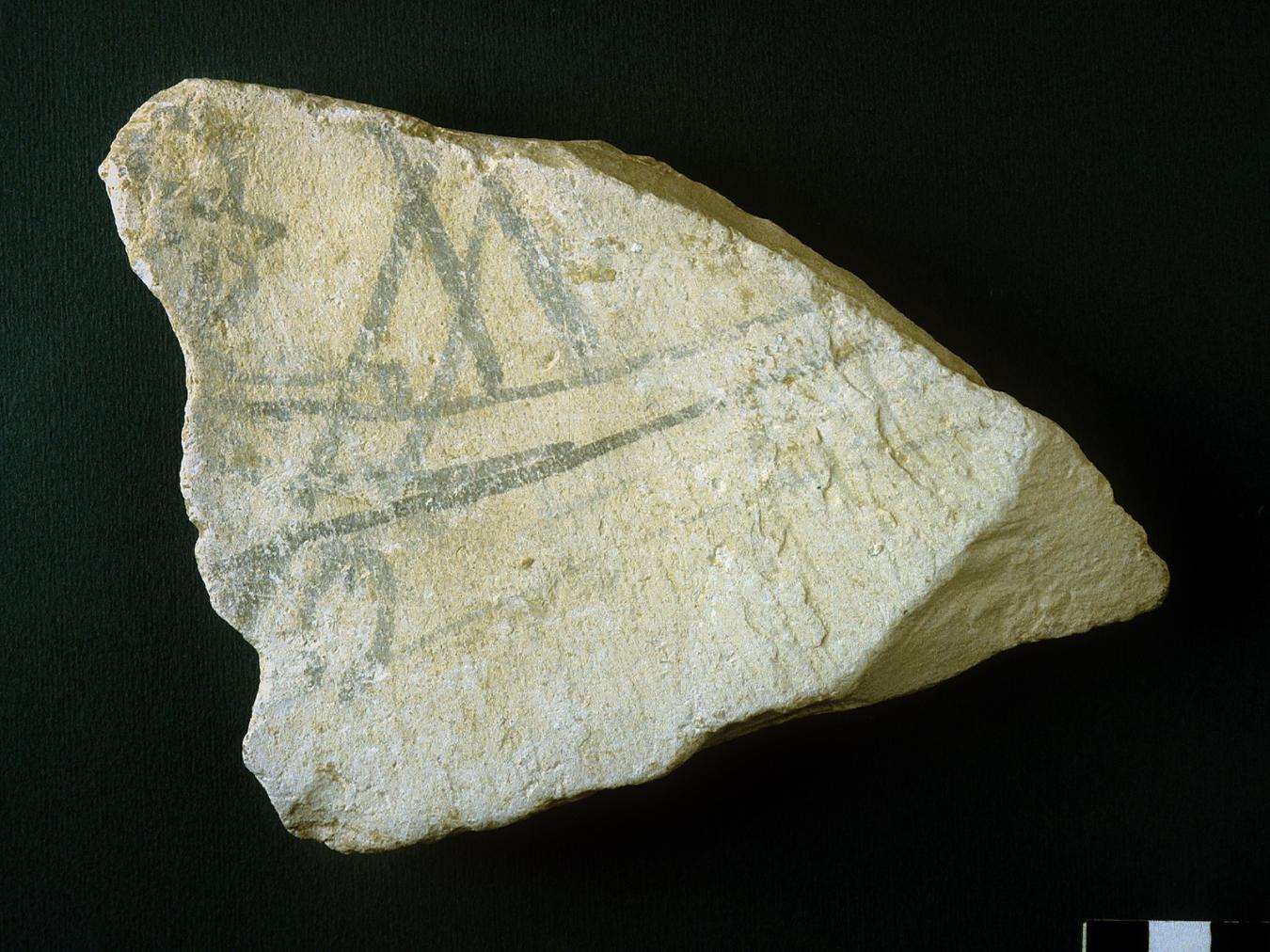
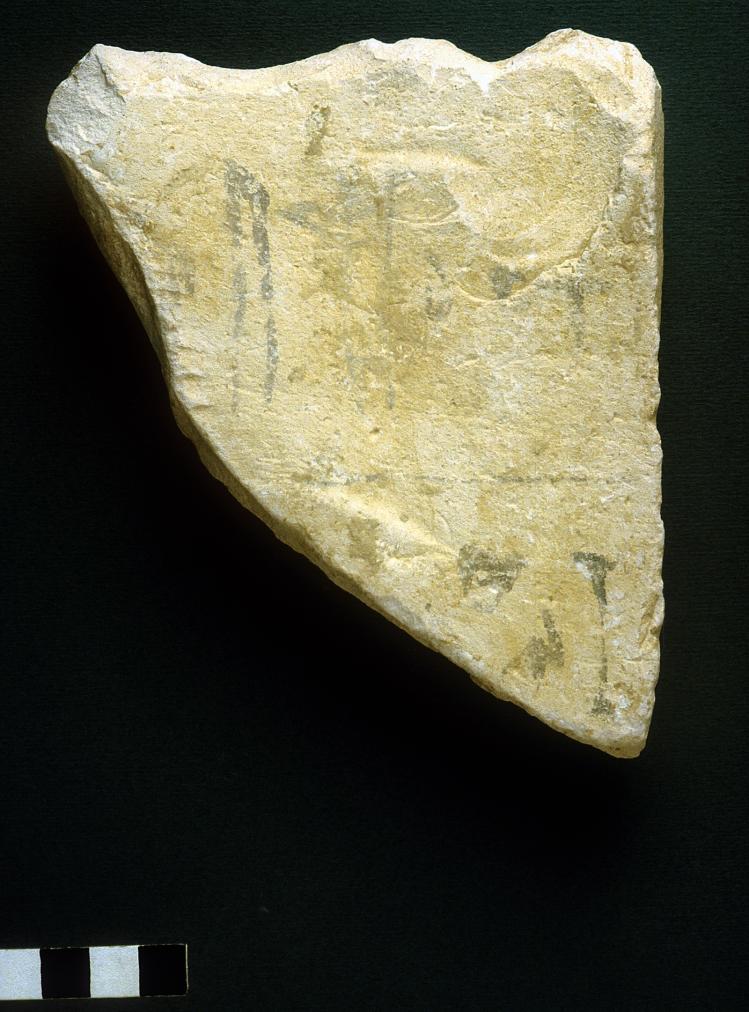
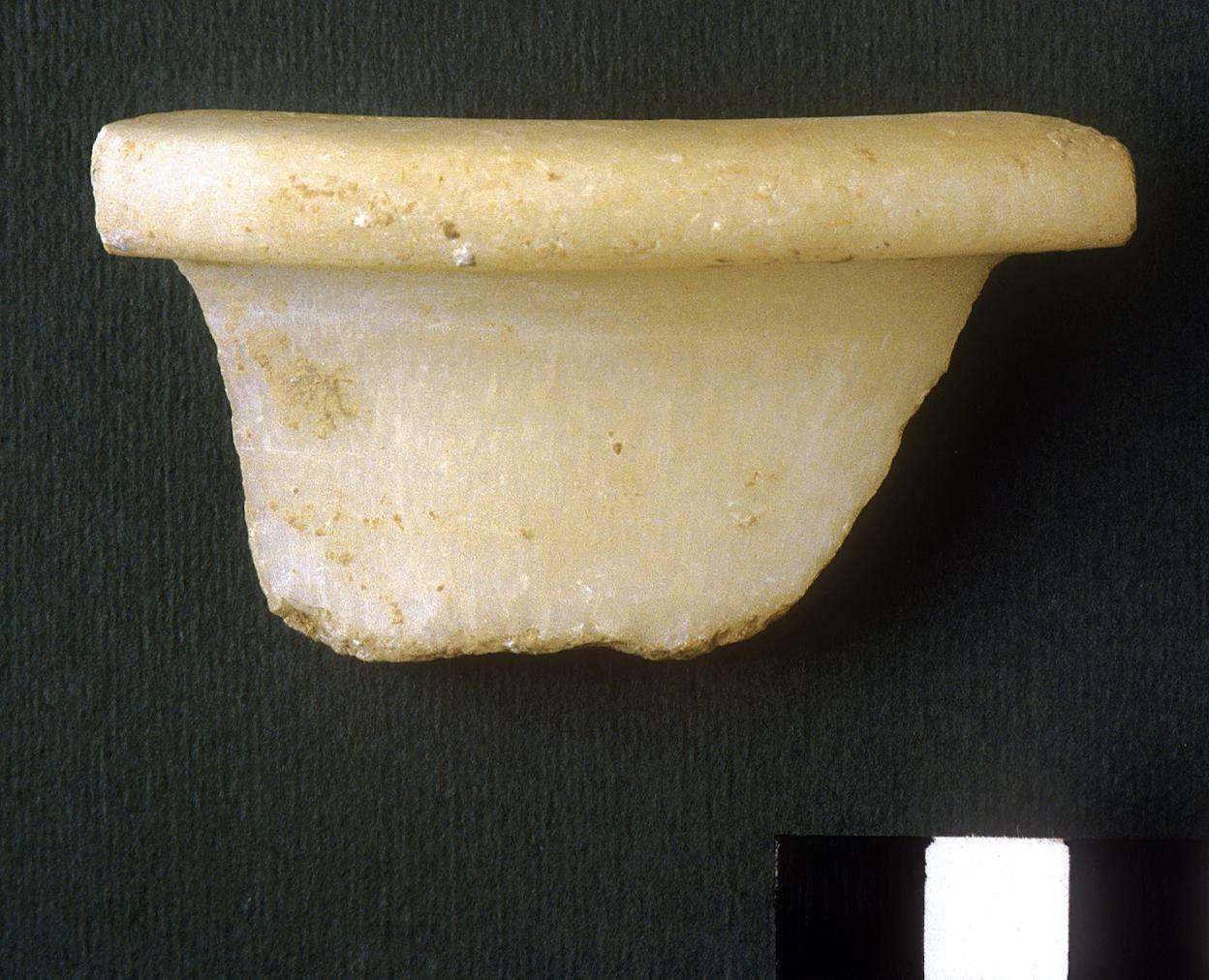
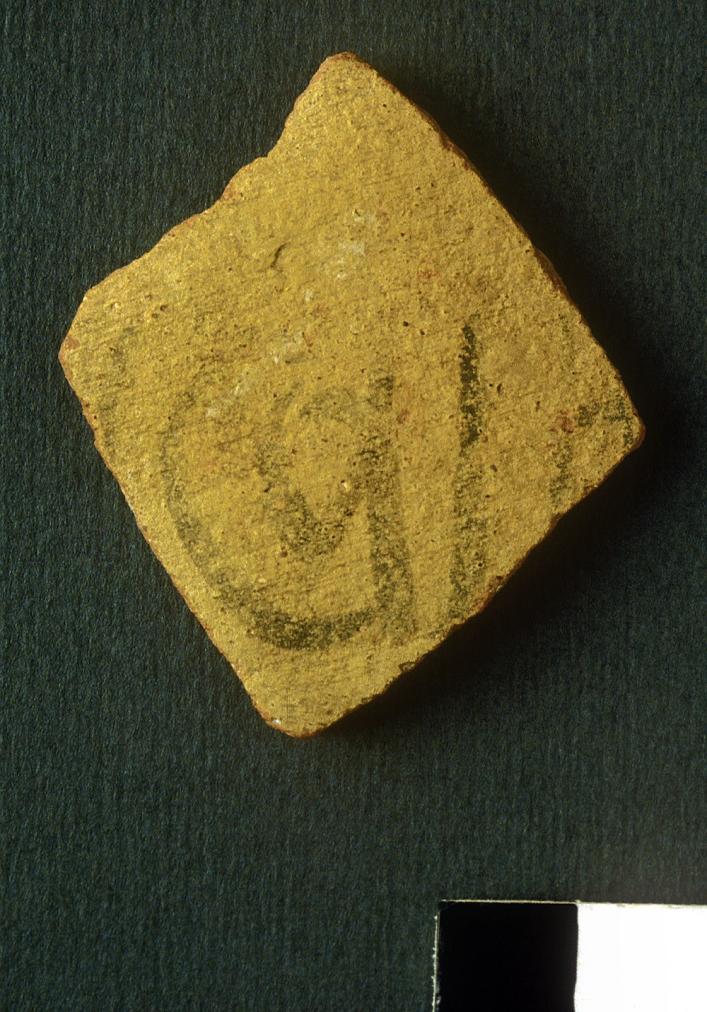
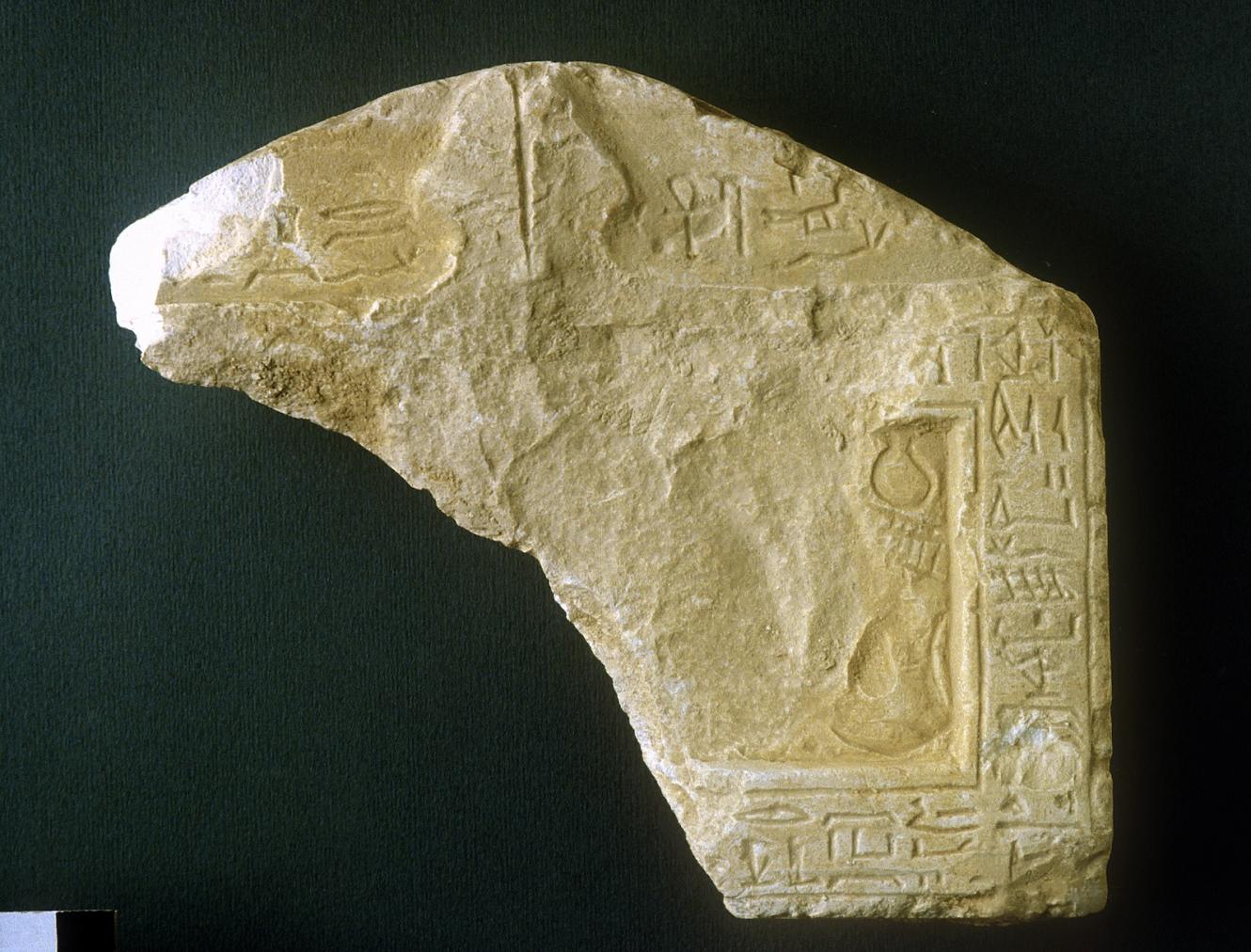
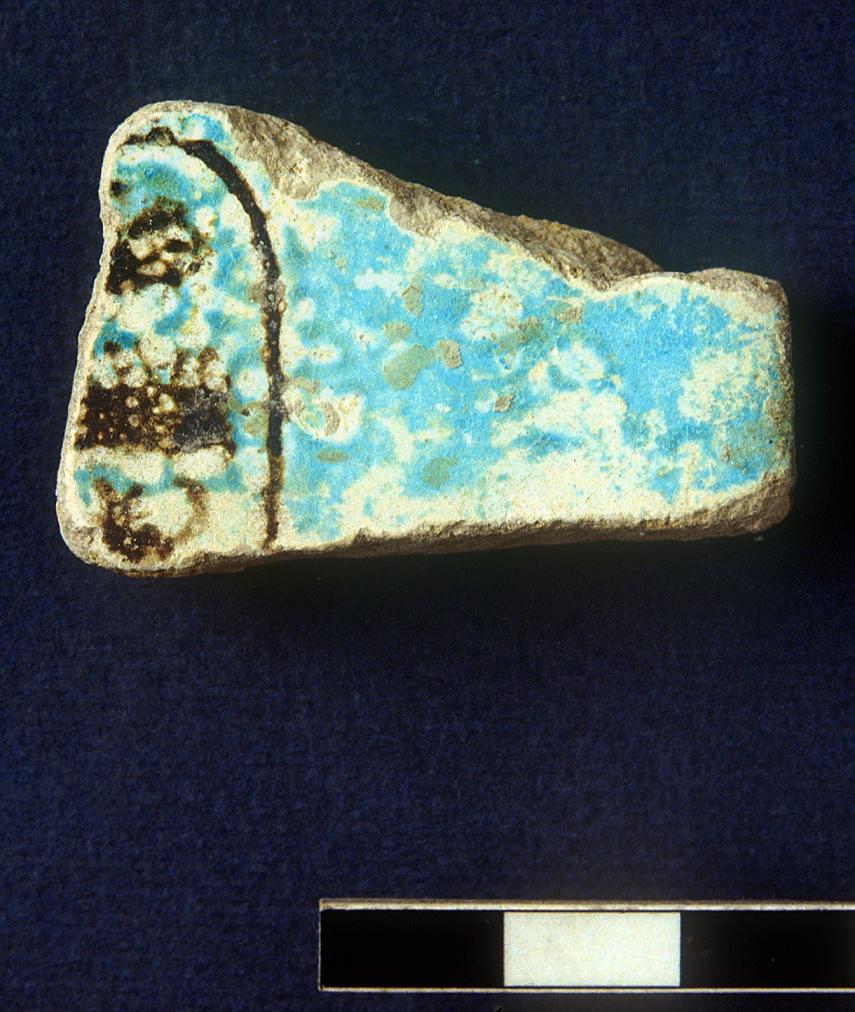
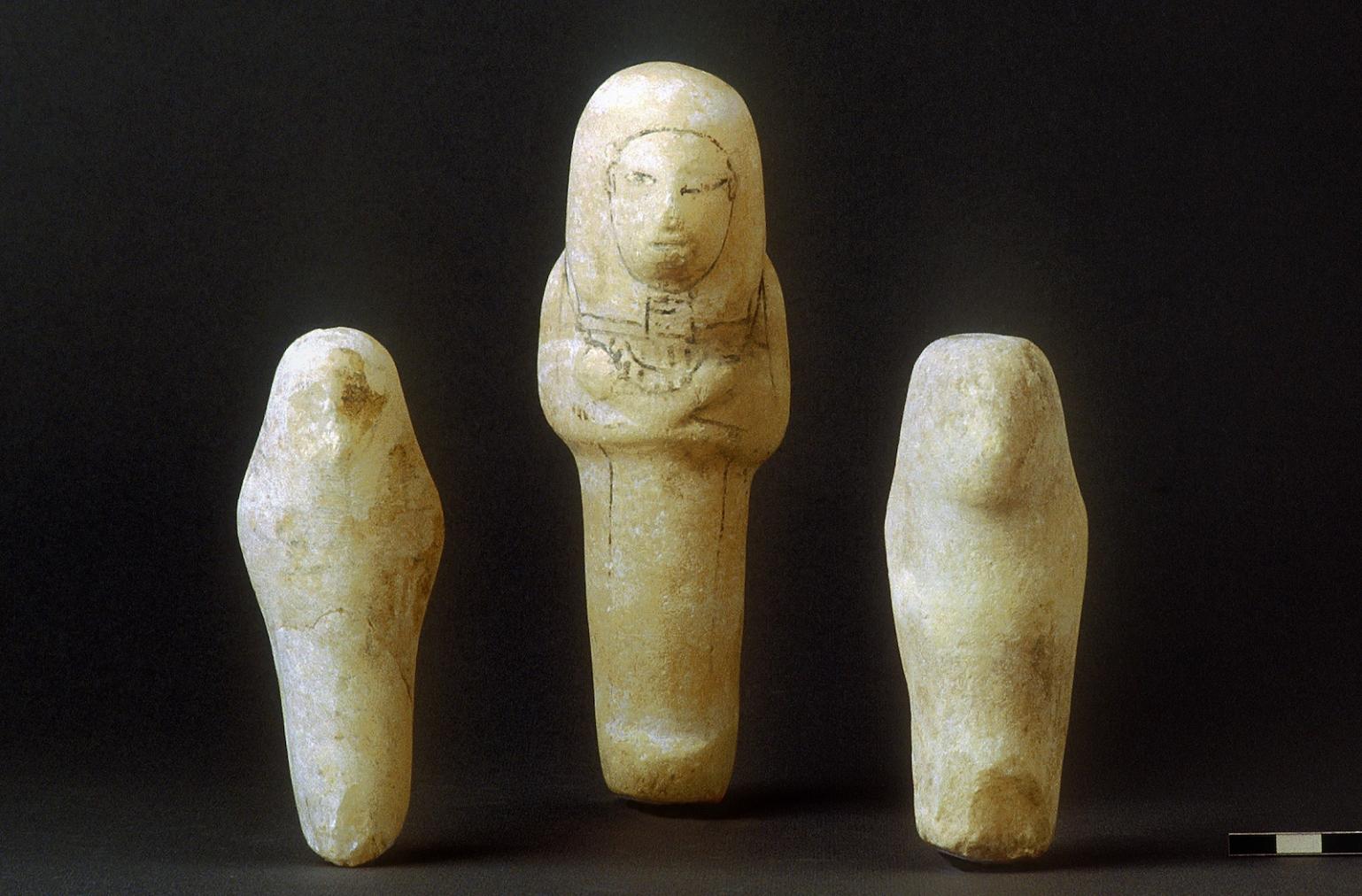
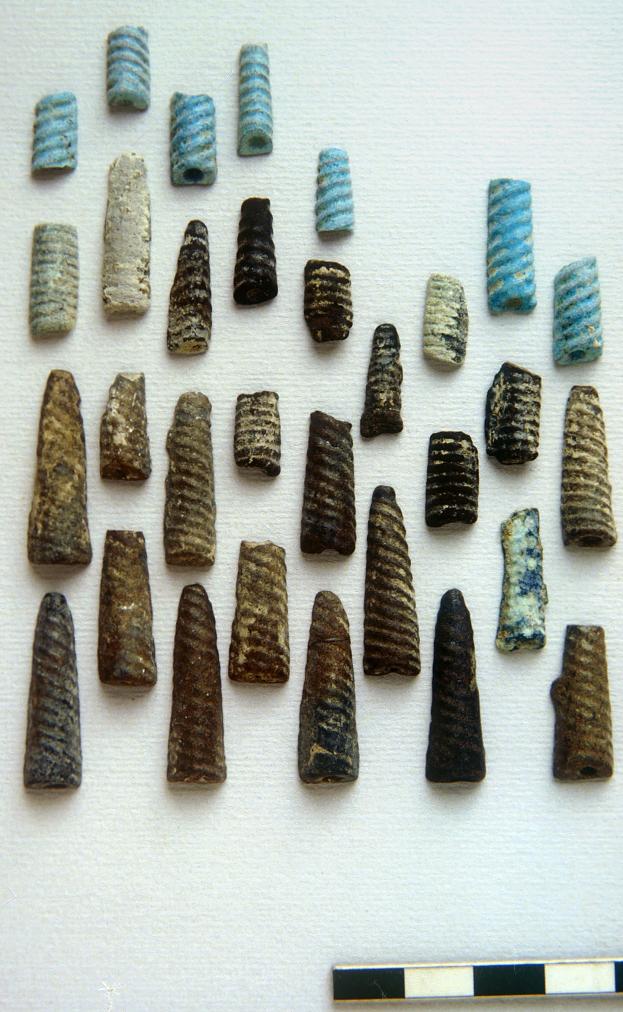

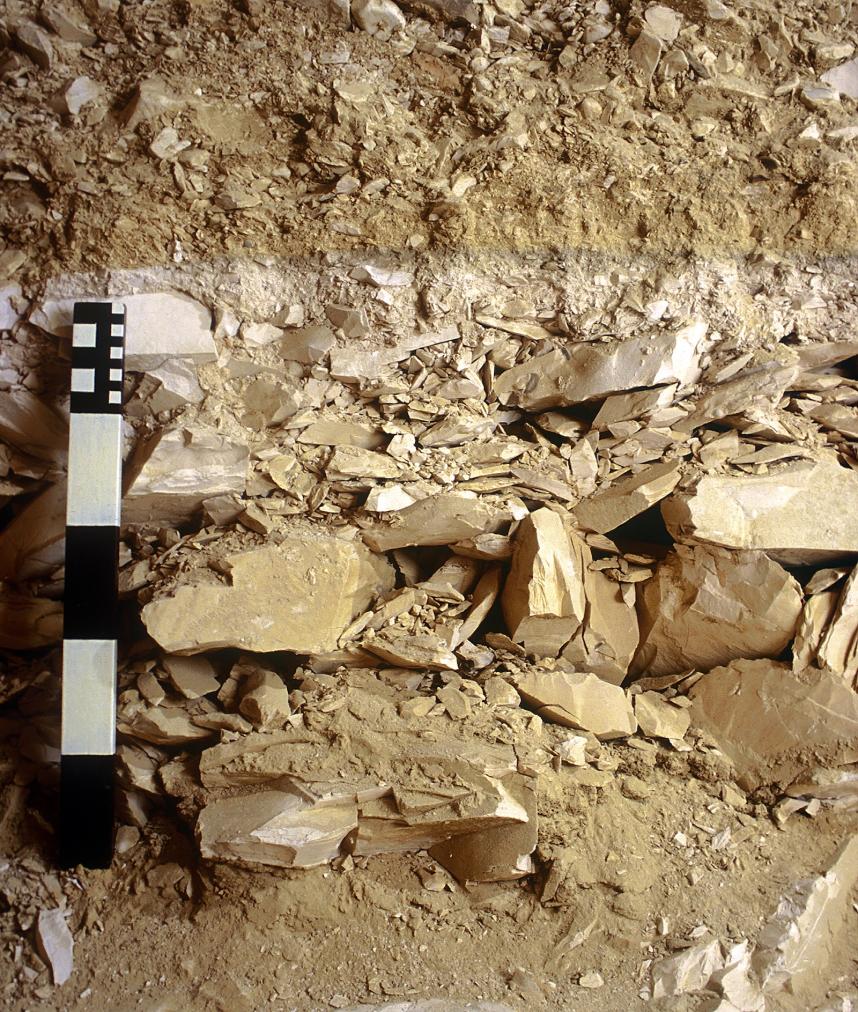

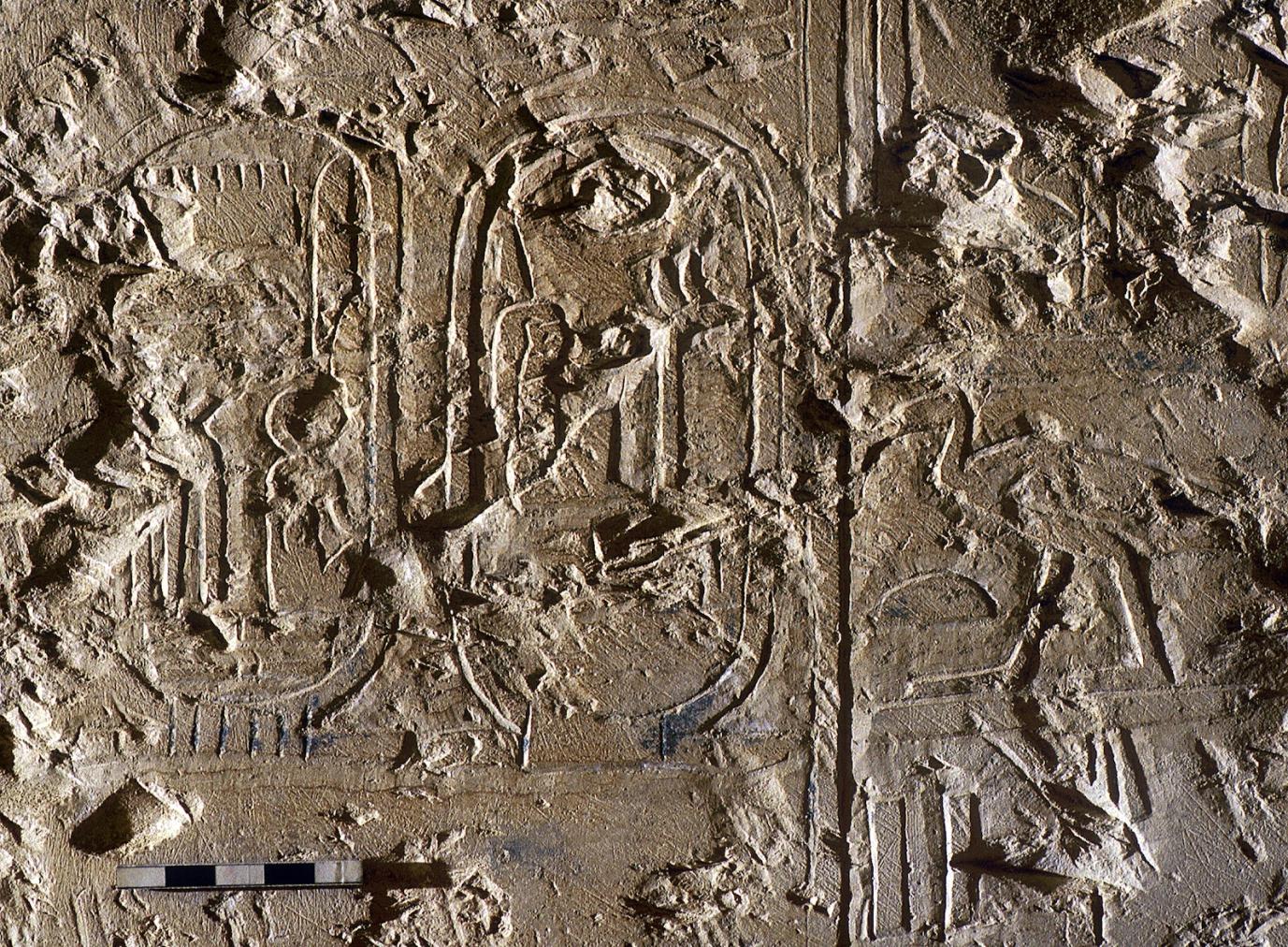
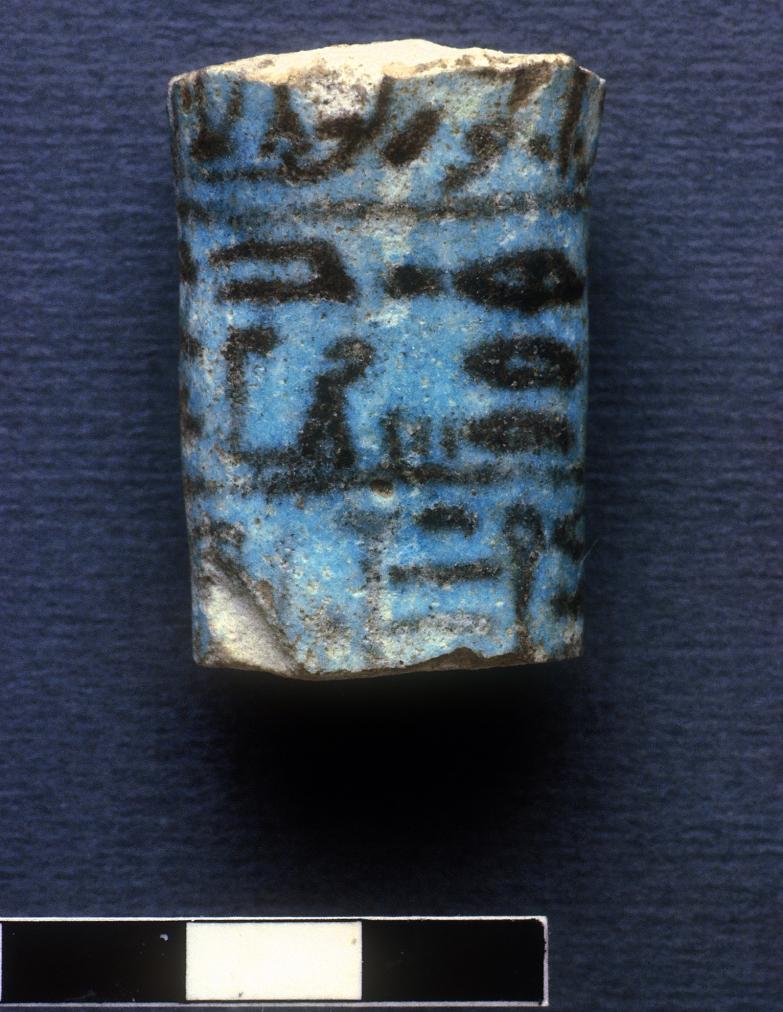
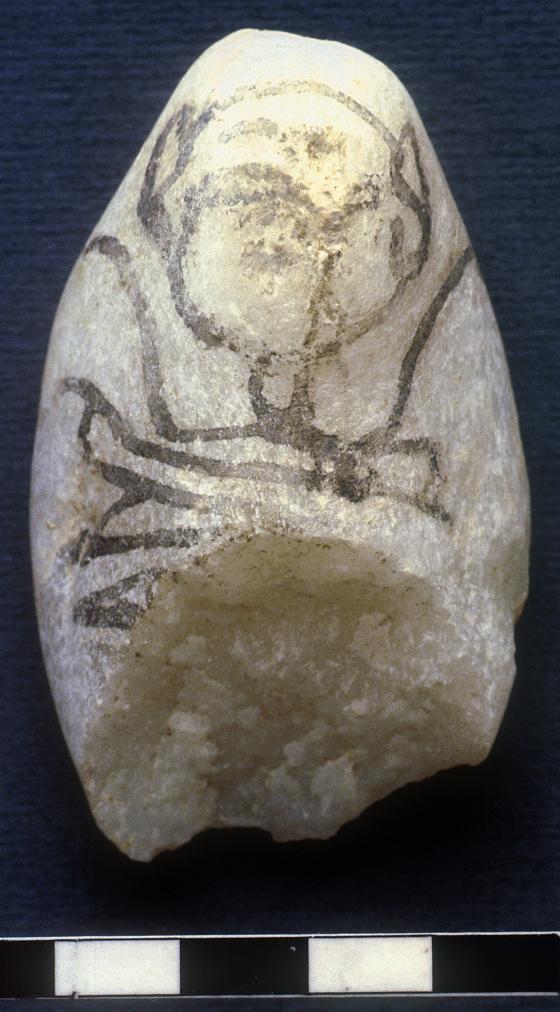
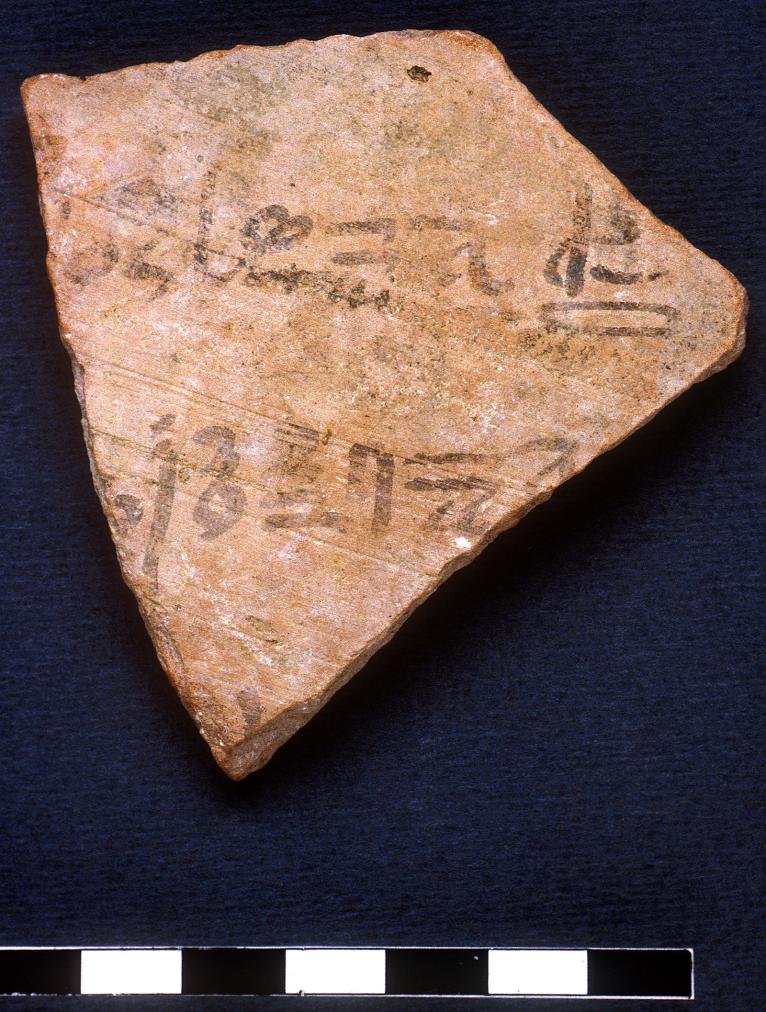



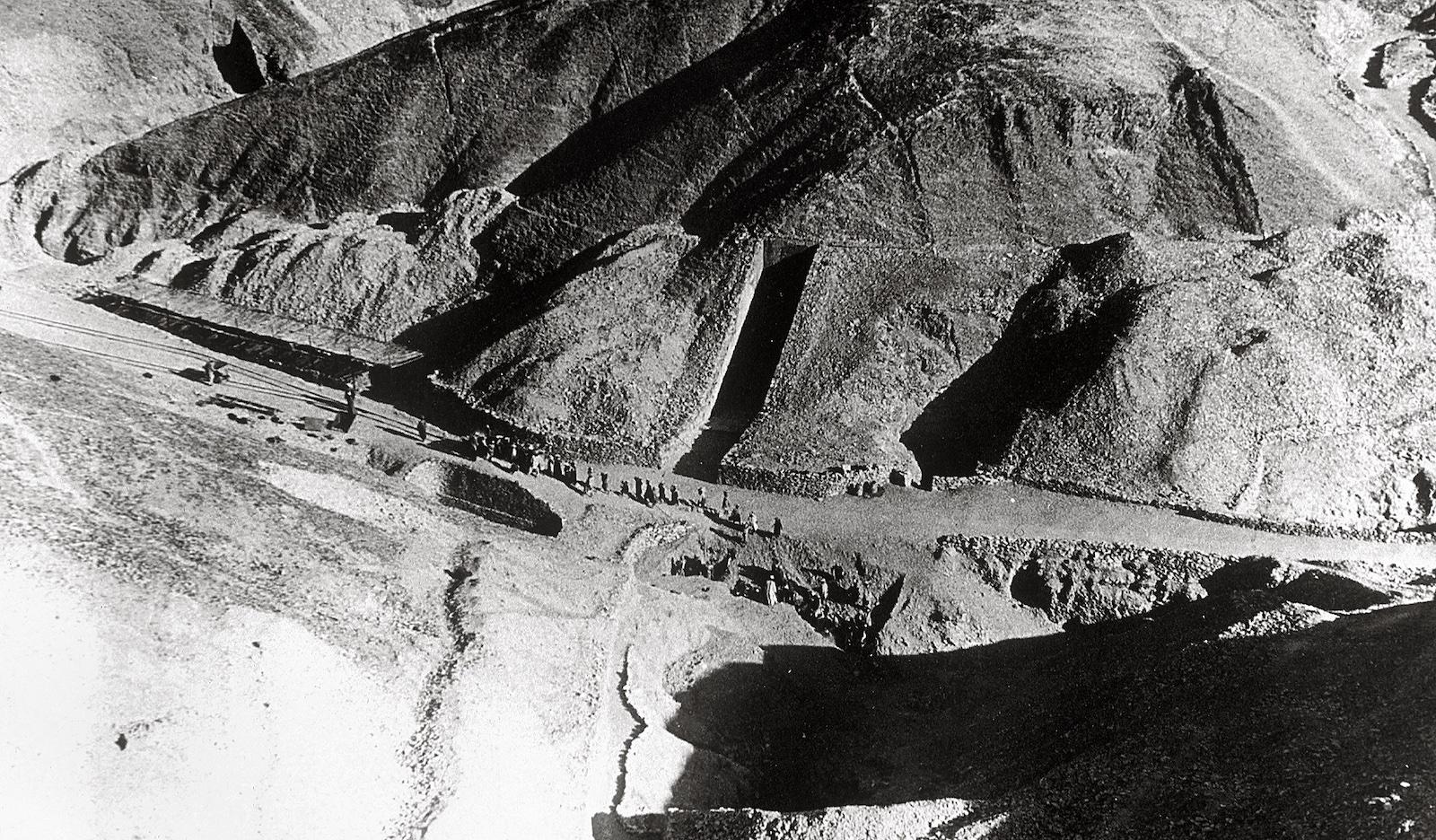
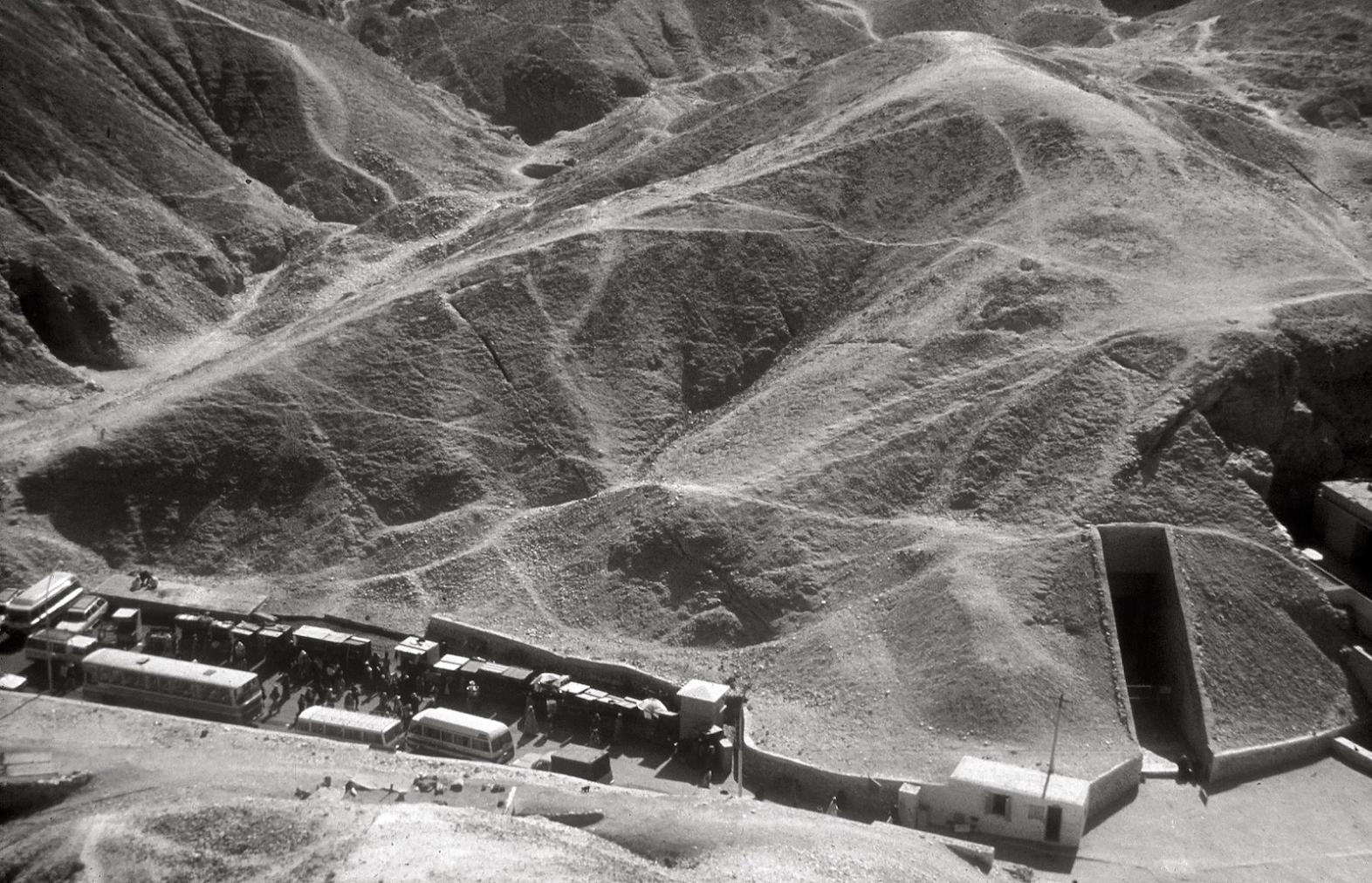
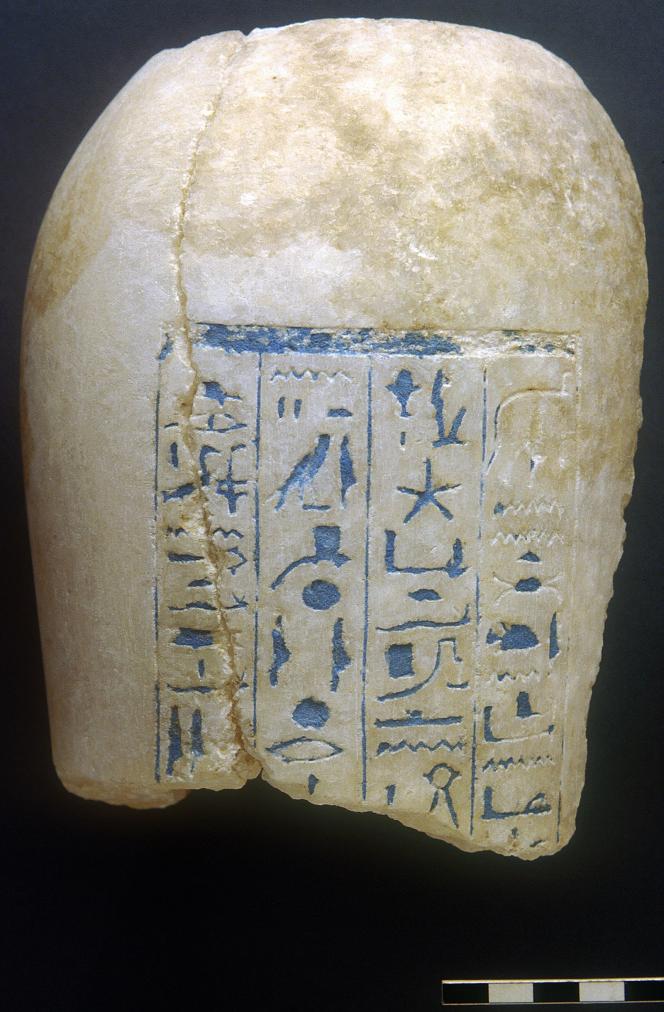
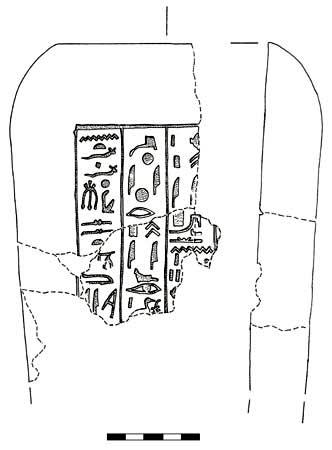
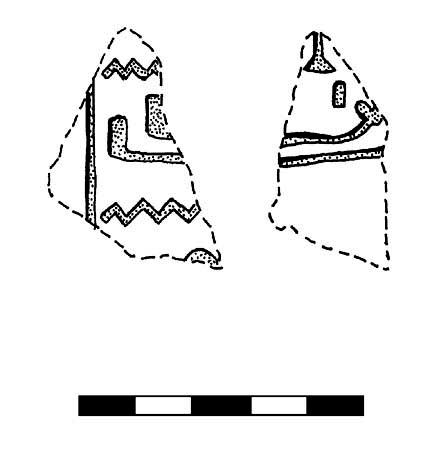
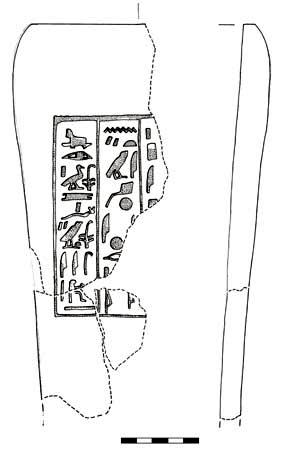
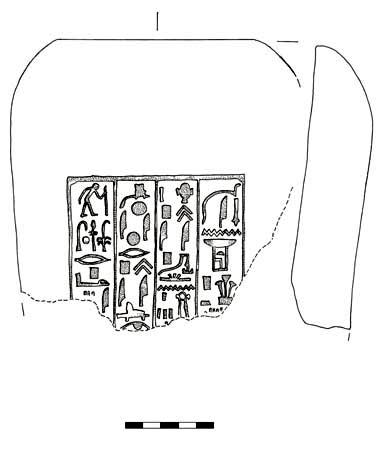
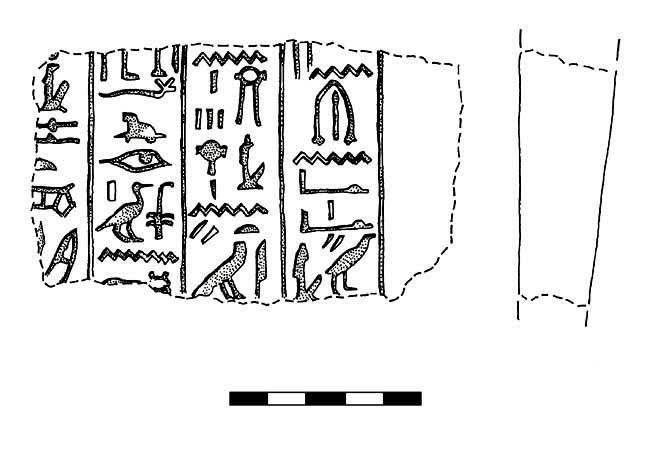
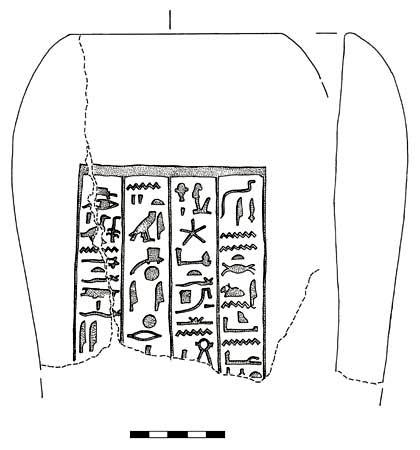
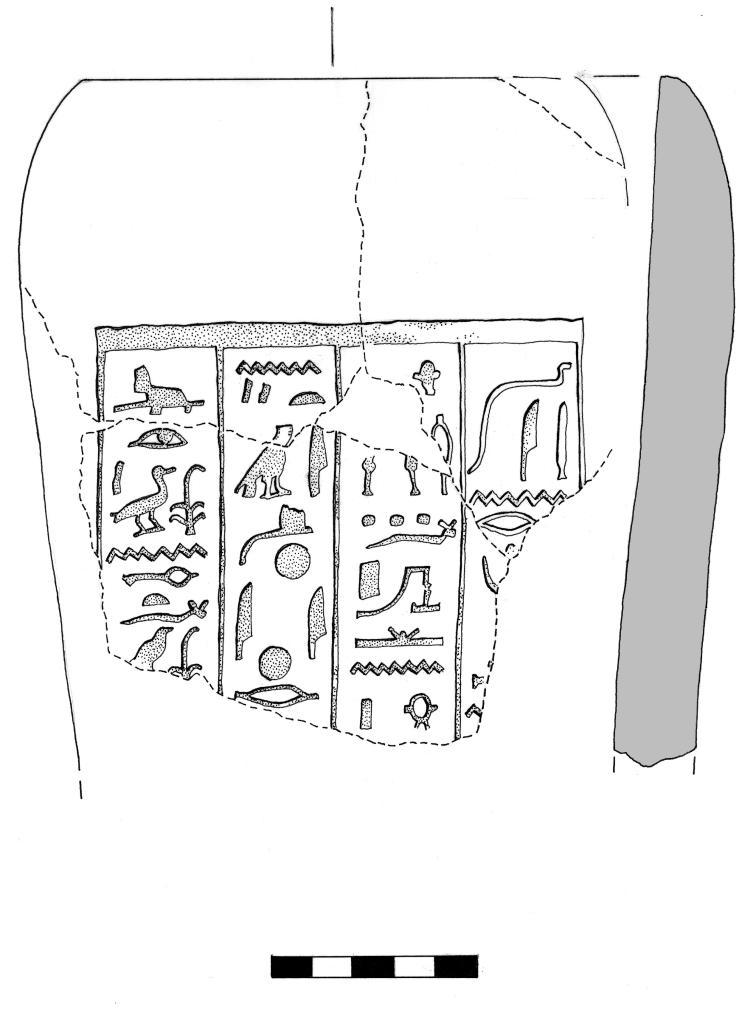
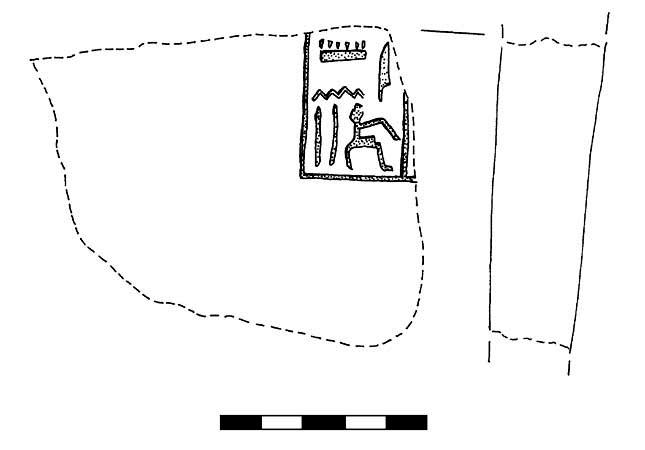
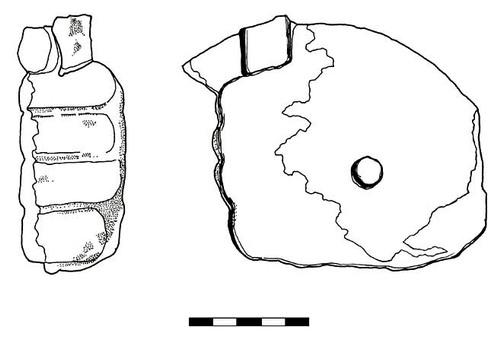
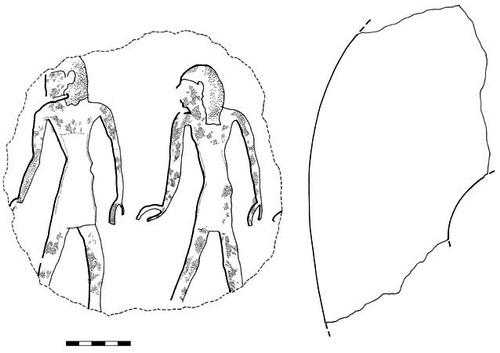
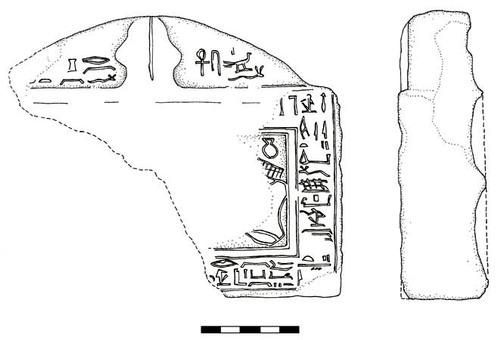
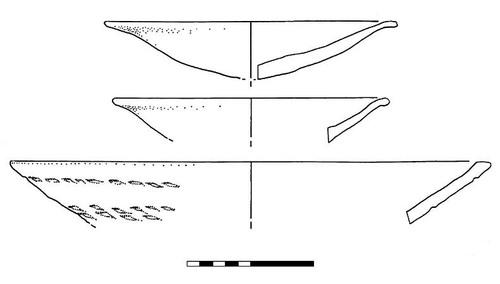
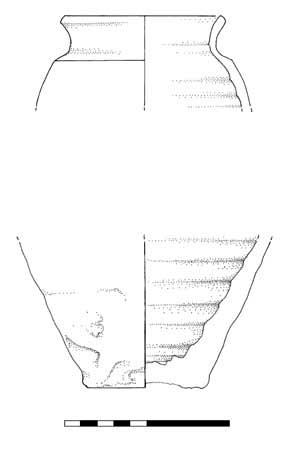
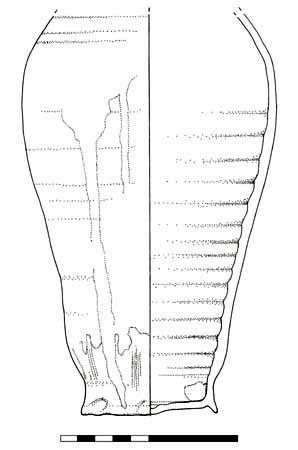
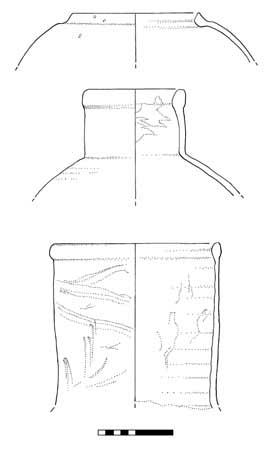
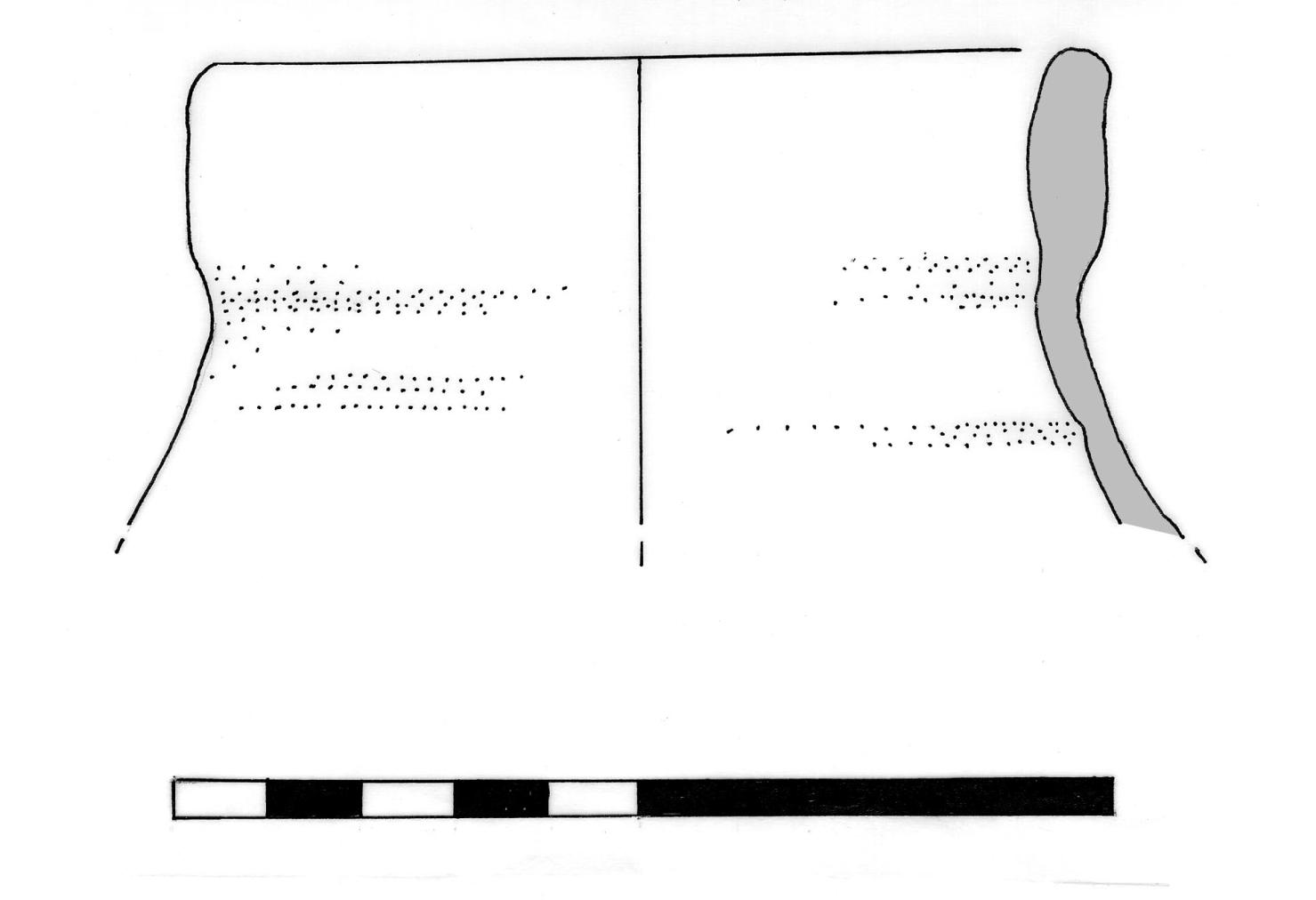
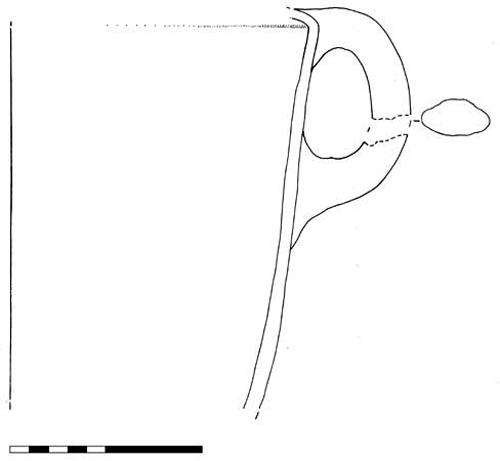
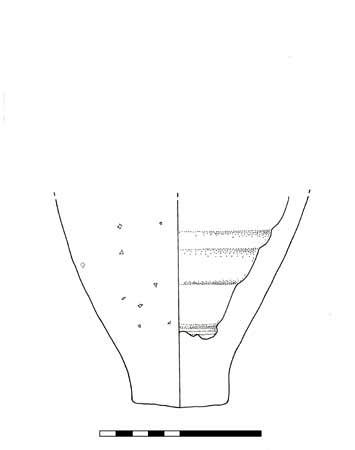
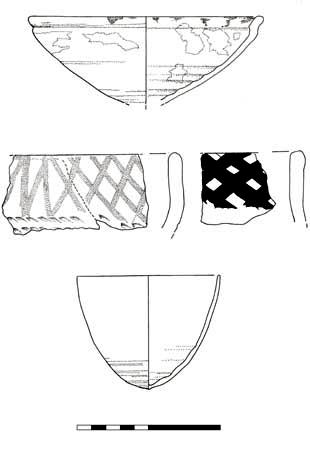
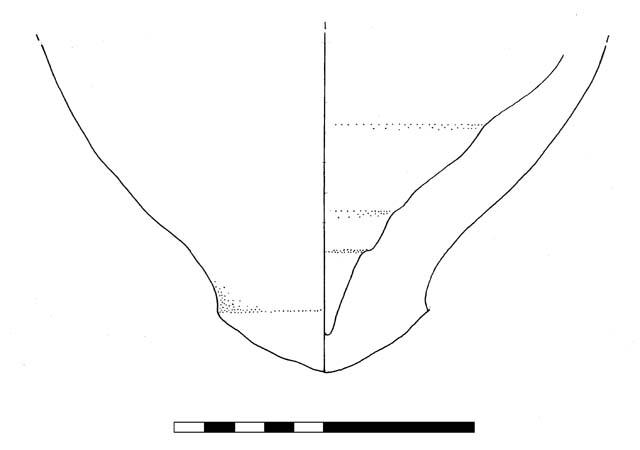
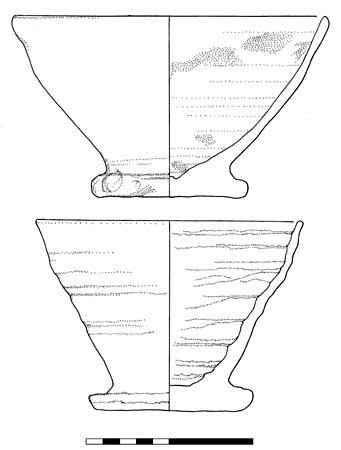
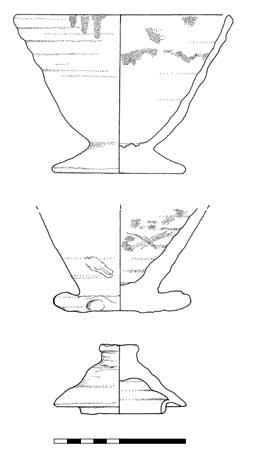
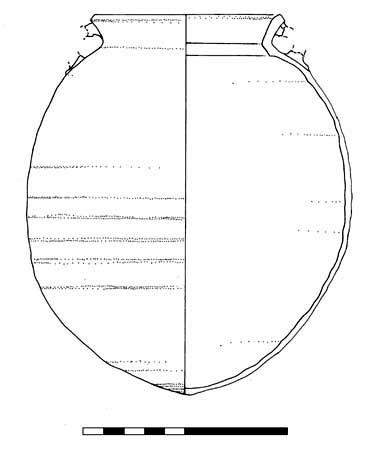
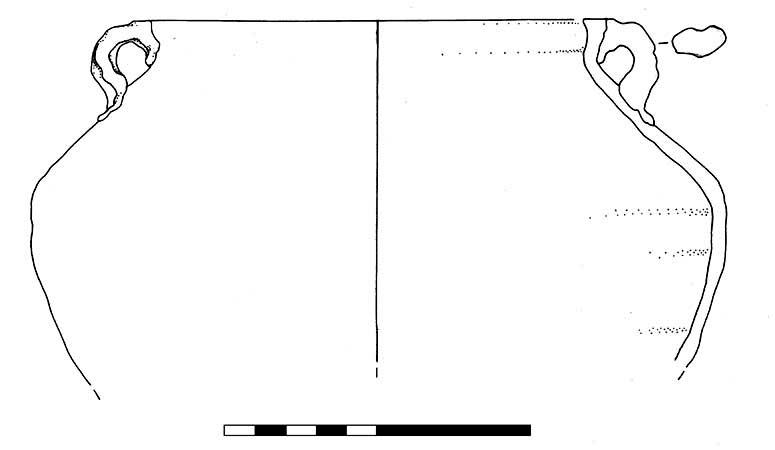
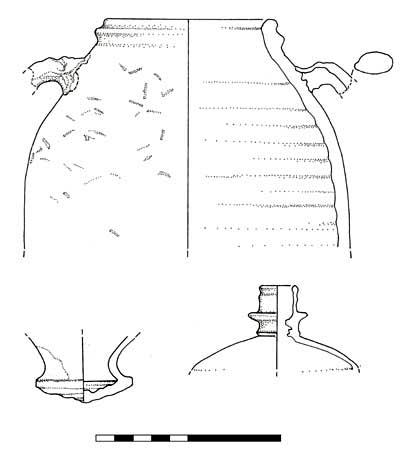
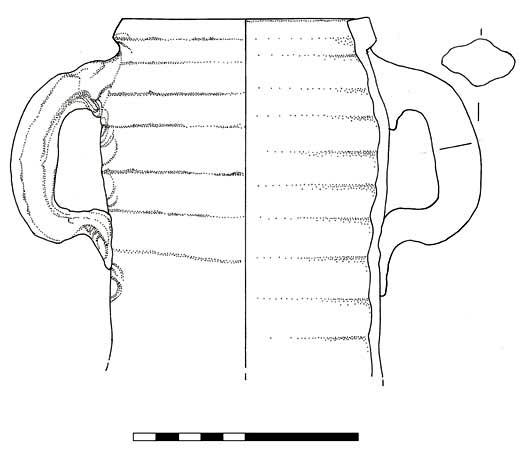
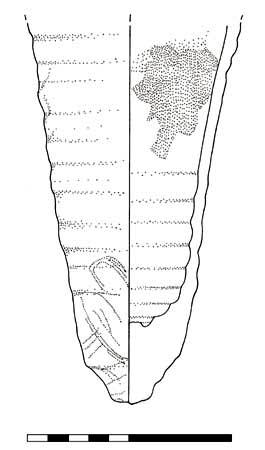
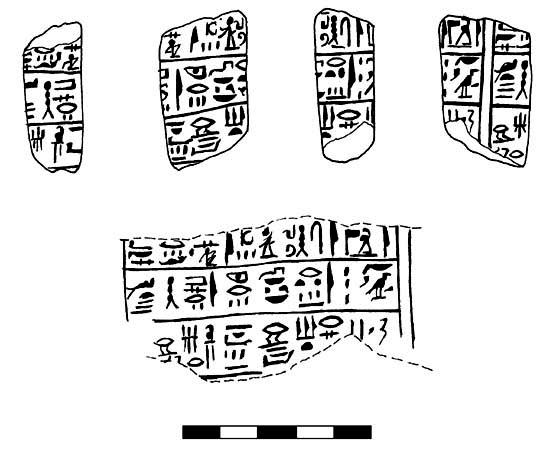
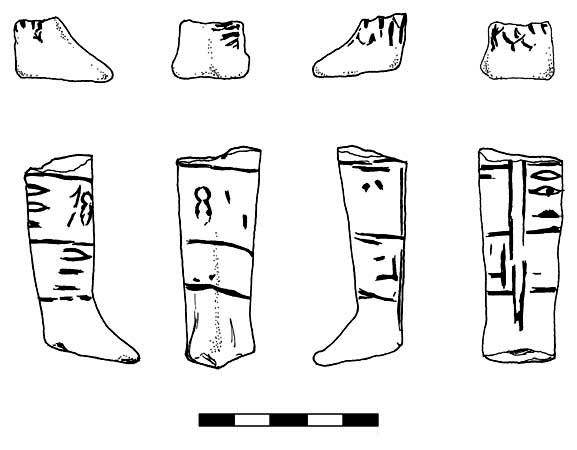
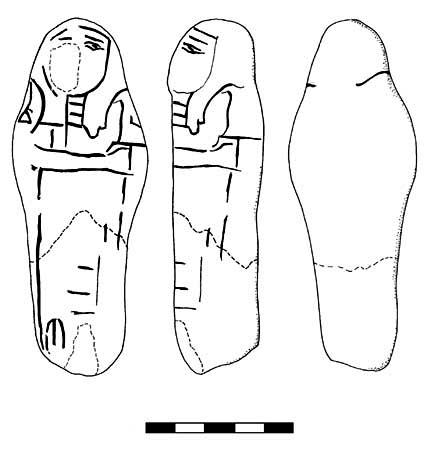
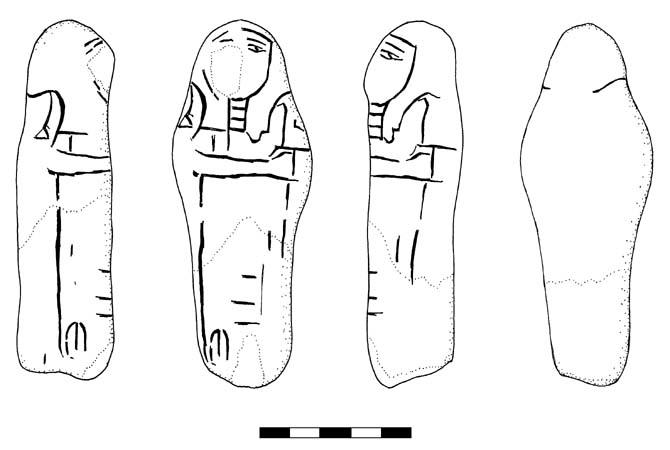
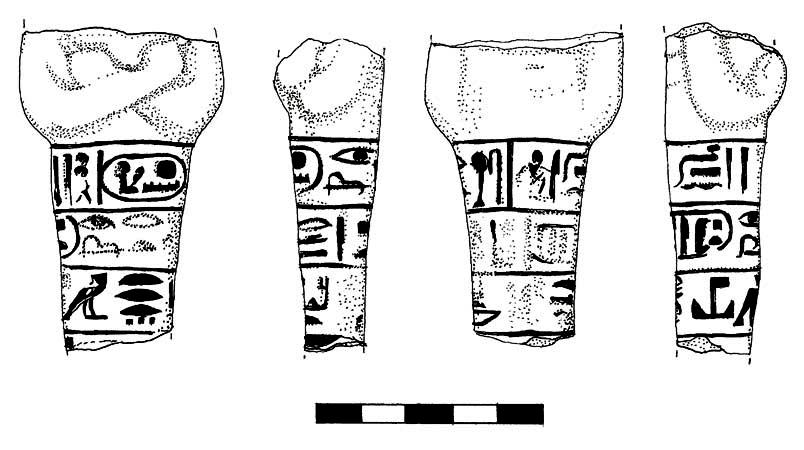
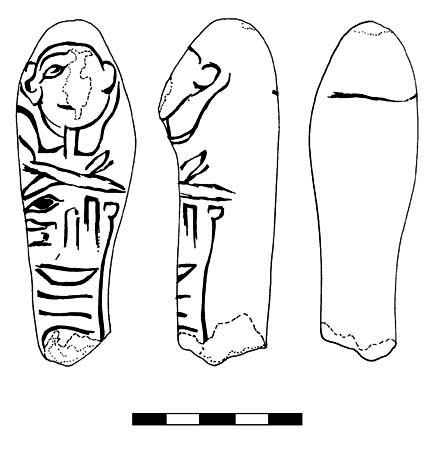
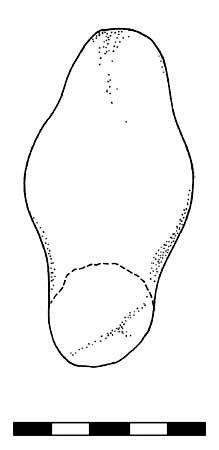
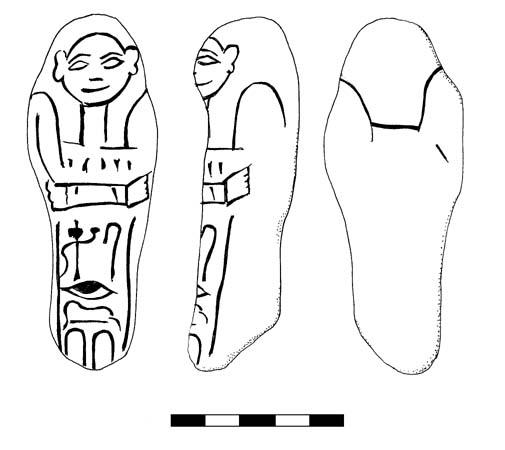
Articles
Anatomy of a Tomb: Ancient and Modern Designations for Chambers and Features
Funerary Equipment
Bibliography
Bibby, Miriam. Eternity of Princes Revealed. Ancient Egypt: The History, People and Culture of the Nile Valley 1, 1 (2000): 8-13.
Carter, Howard. Report on General Work Done in the Southern Inspectorate. Annales du Service des Antiquités de l’Égypte 4 (1903): 43 50. See esp. p. 45.
Castel Ronda, Elisa. El Valle de los Reyes: El entorno de la KV 5. Revista de Arqueologia 175 (1995): 18-29.
Clayton, Peter. The Tomb of Sons of Ramsses II Discovered? Minerva 6/4 (1995): 12-15.
Cooke, Neil. Burton and KV5. Minerva 7/3 (1996):7-9.
Desroches-Noblecourt, Christiane. A propos de la ‘nouvelle’ tombe de la Vallée des Rois. Archéologia 314 (1995): 4-6.
Edgerton, William F. The Strikes in Ramses III’s Twenty-Ninth Year. Journal of Near Eastern Studies 10 (1951): 137-145.
Eisenberg, Jerome M. The Tomb of the Sons of Ramesses II: Its Origin or its Consequence? Minerva 6, 6 (1995): 25.
Fischer, Marjorie M. The Sons of Ramesses II. (= Agyptens und Altes Testament: Studien zu Geschichte, Kultur und Religion Ägyptens und des Alten Testaments, 53). Two vols. Wiesbaden: Harrassowitz, 2001.
